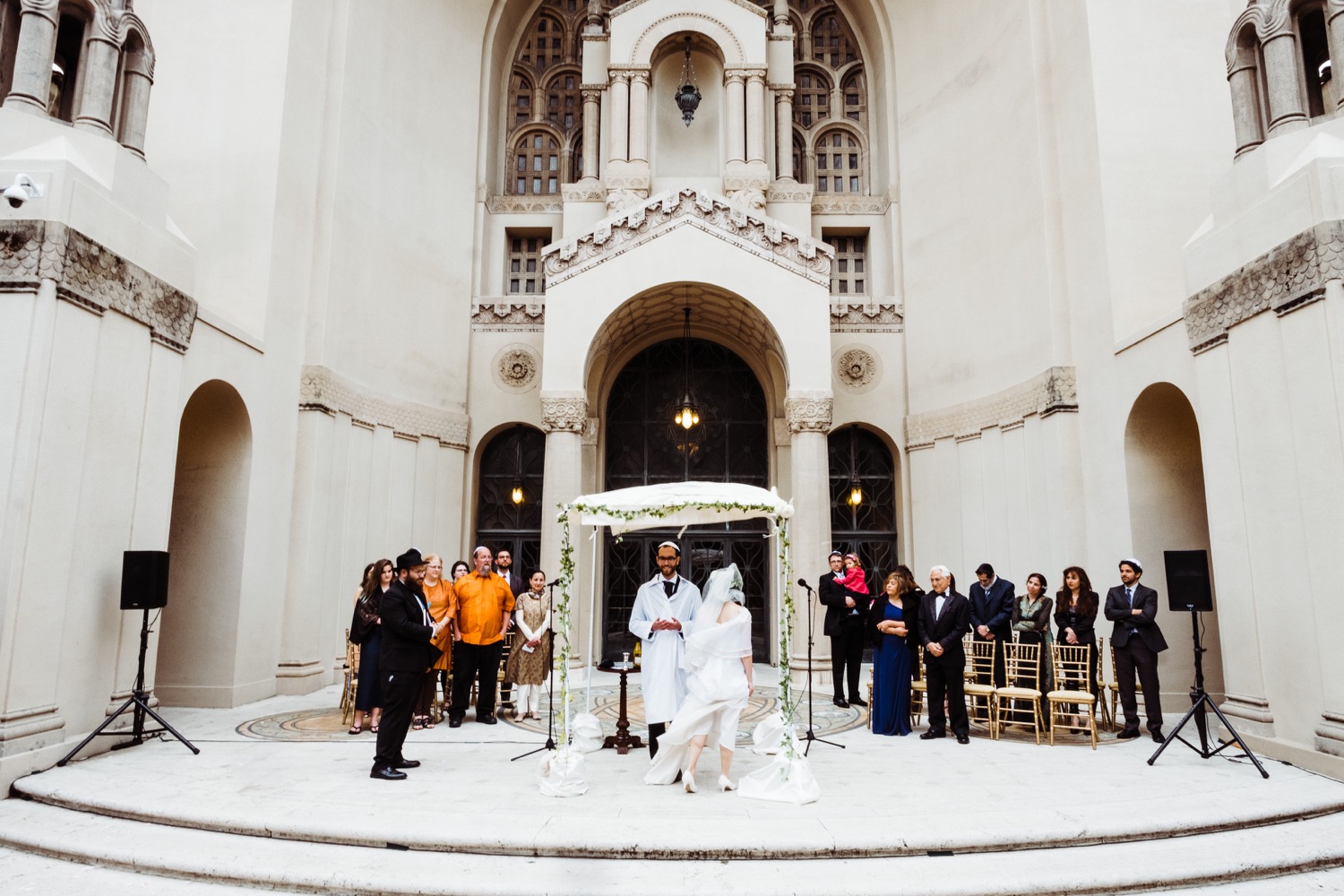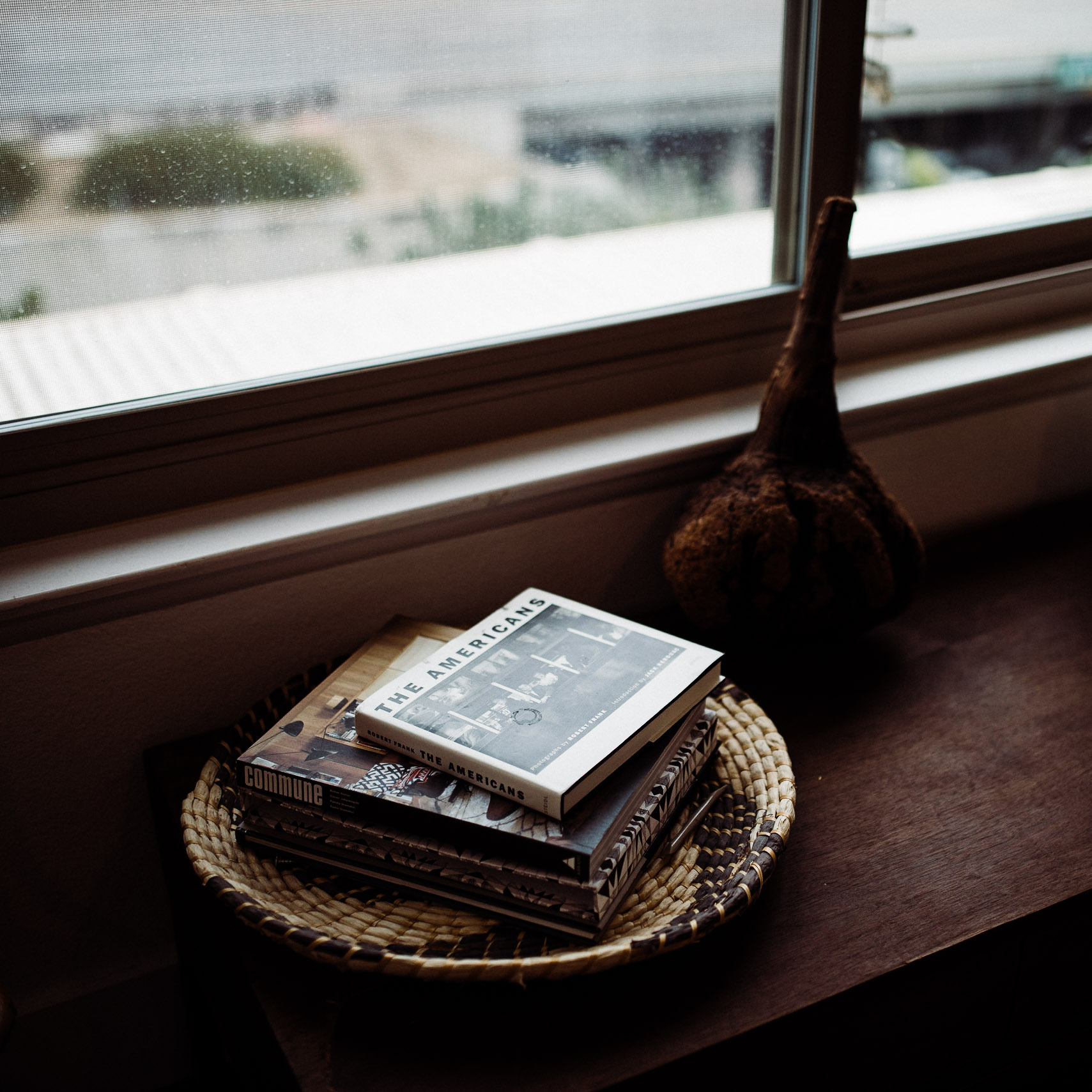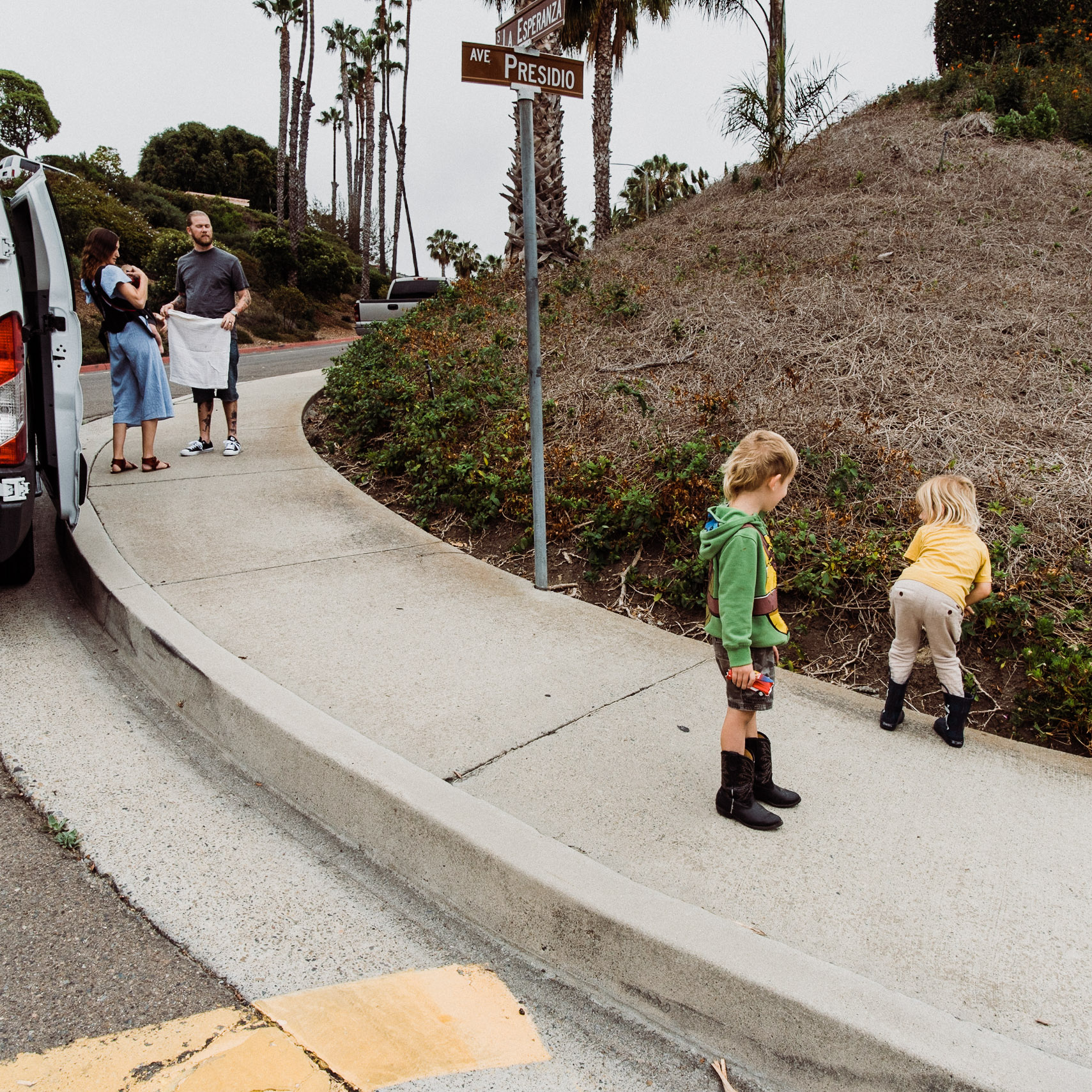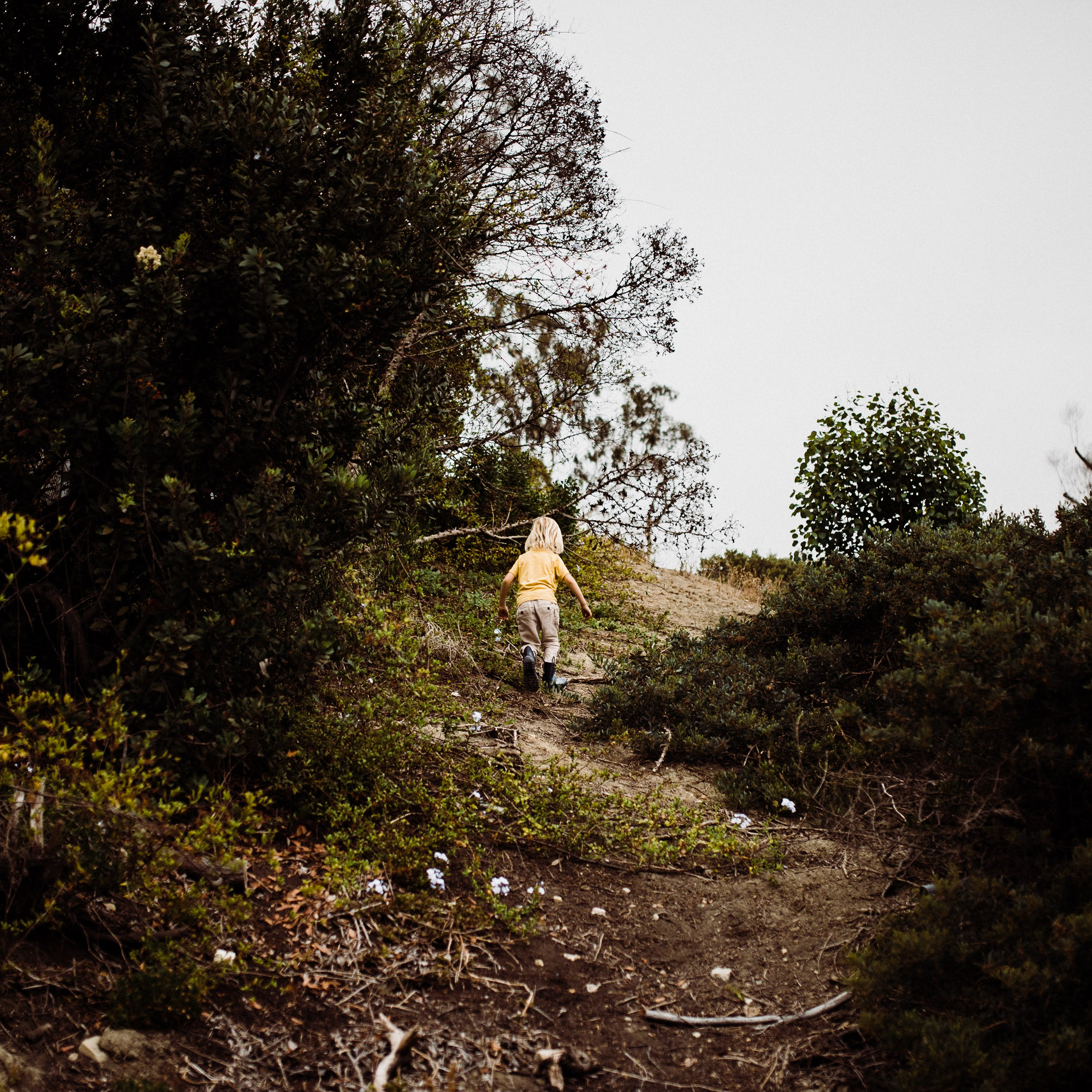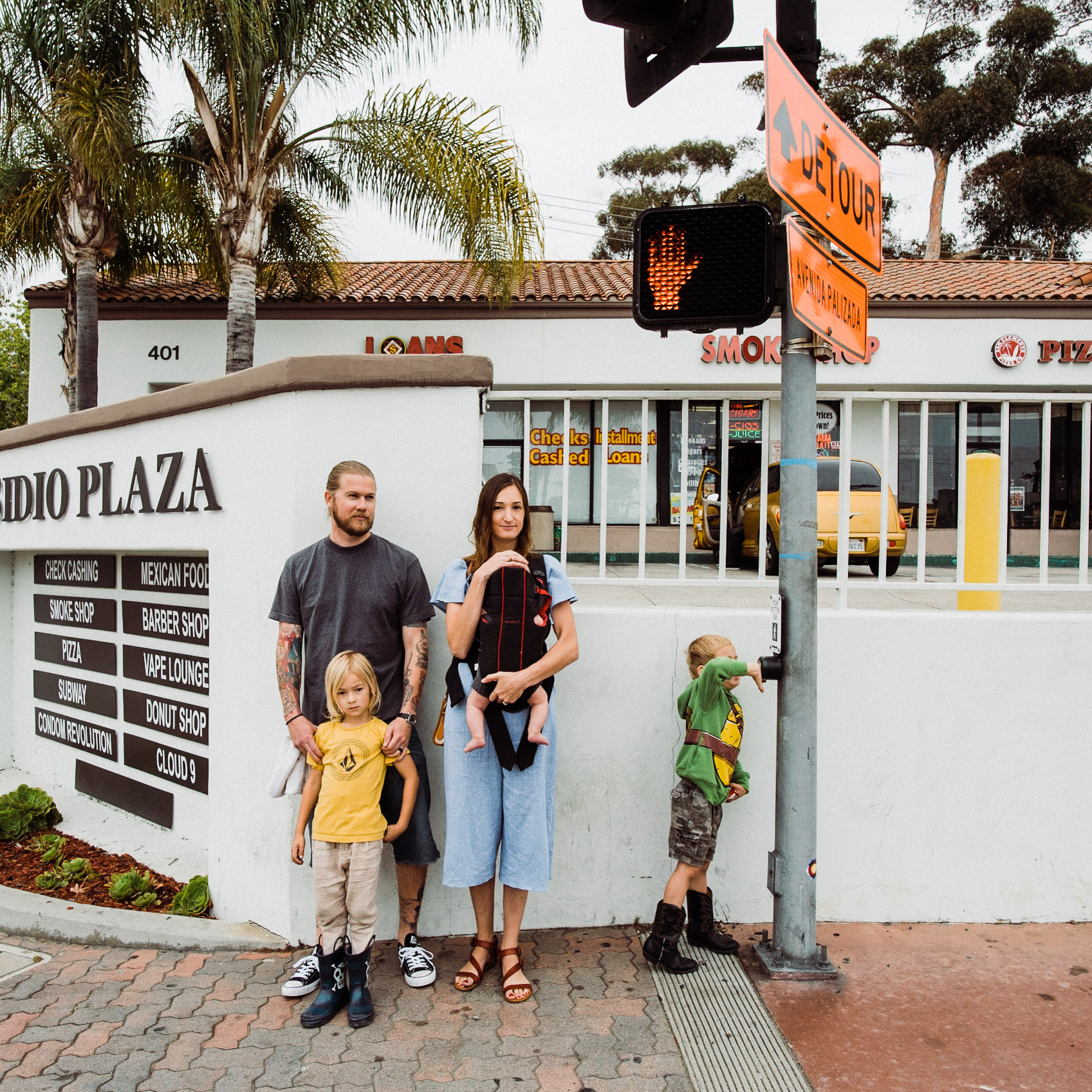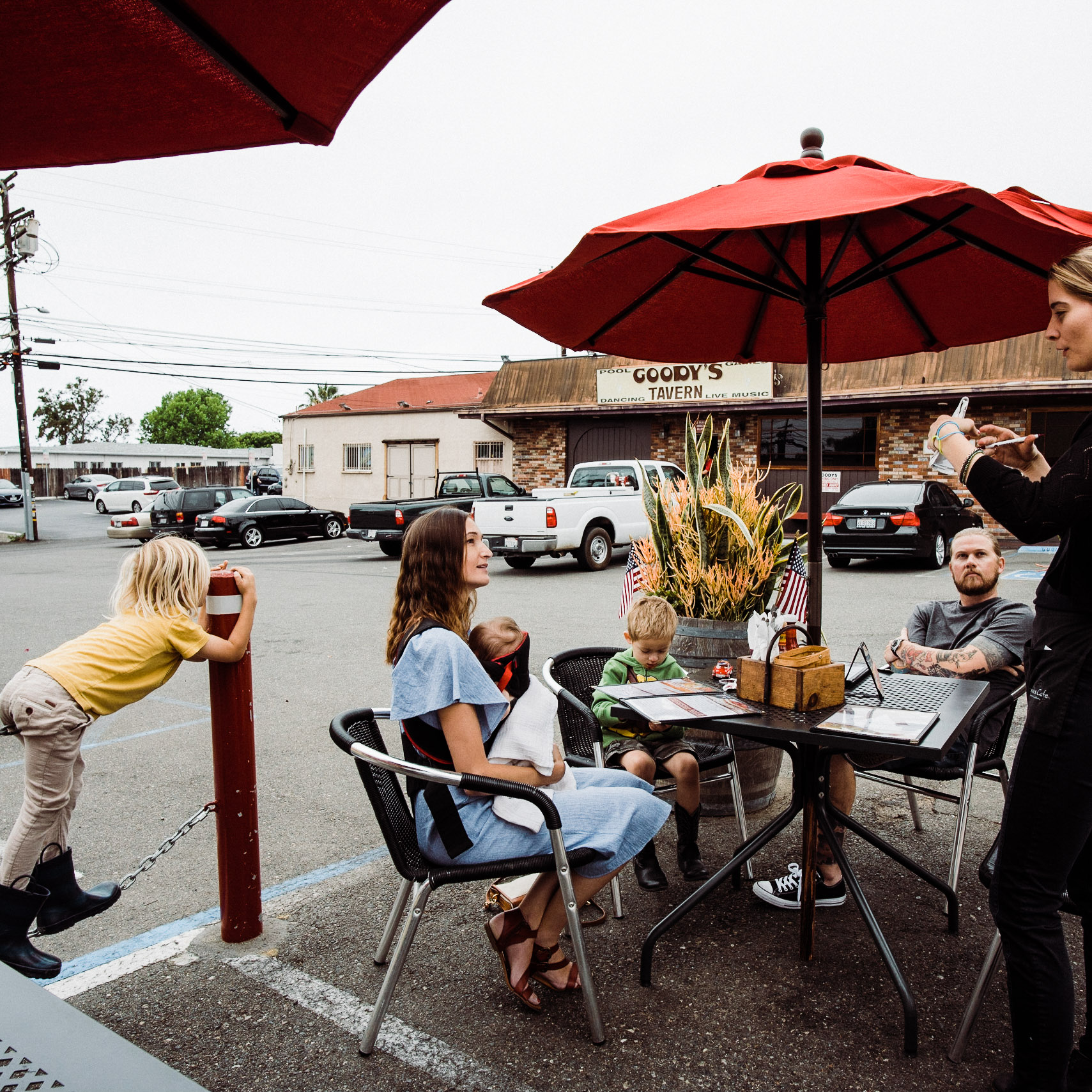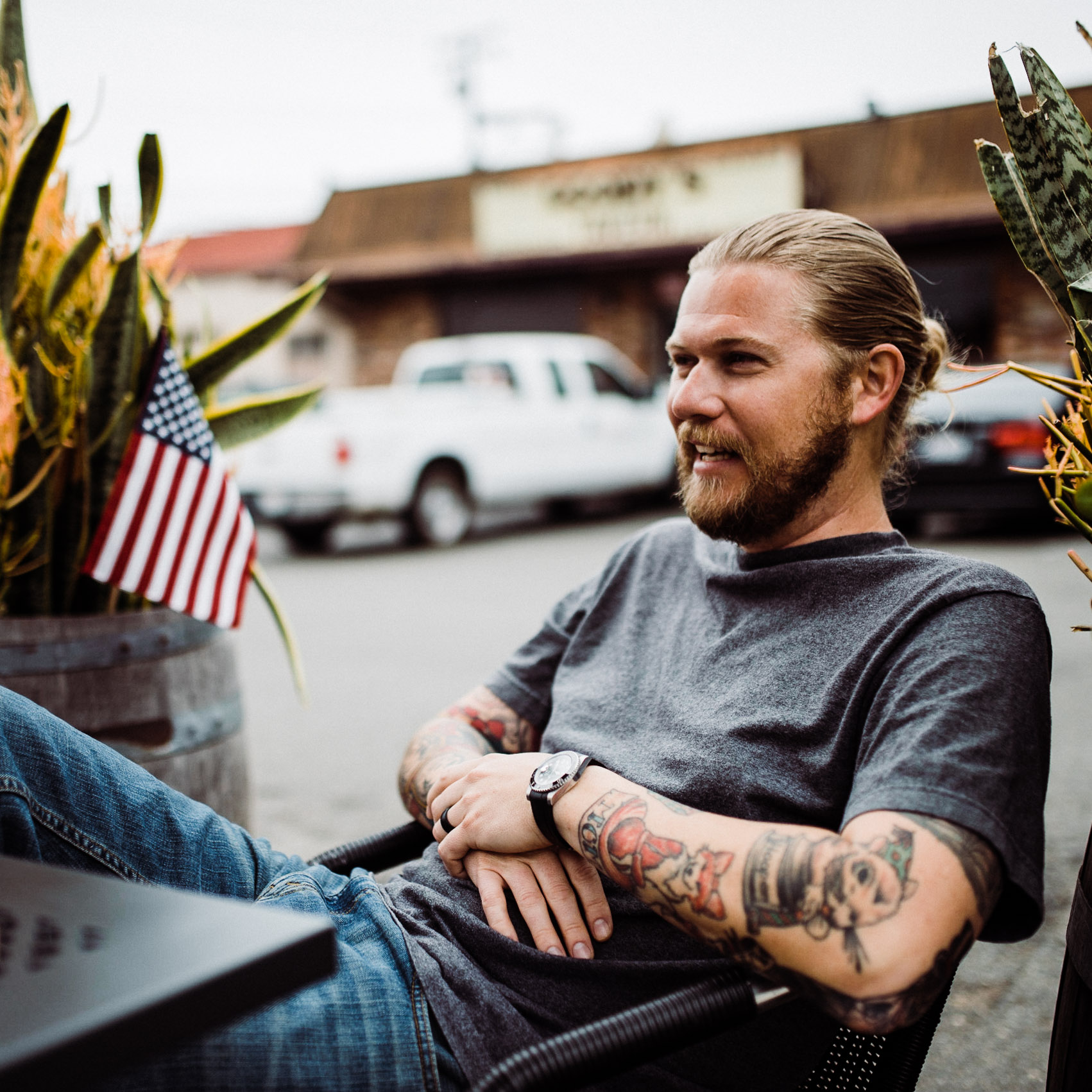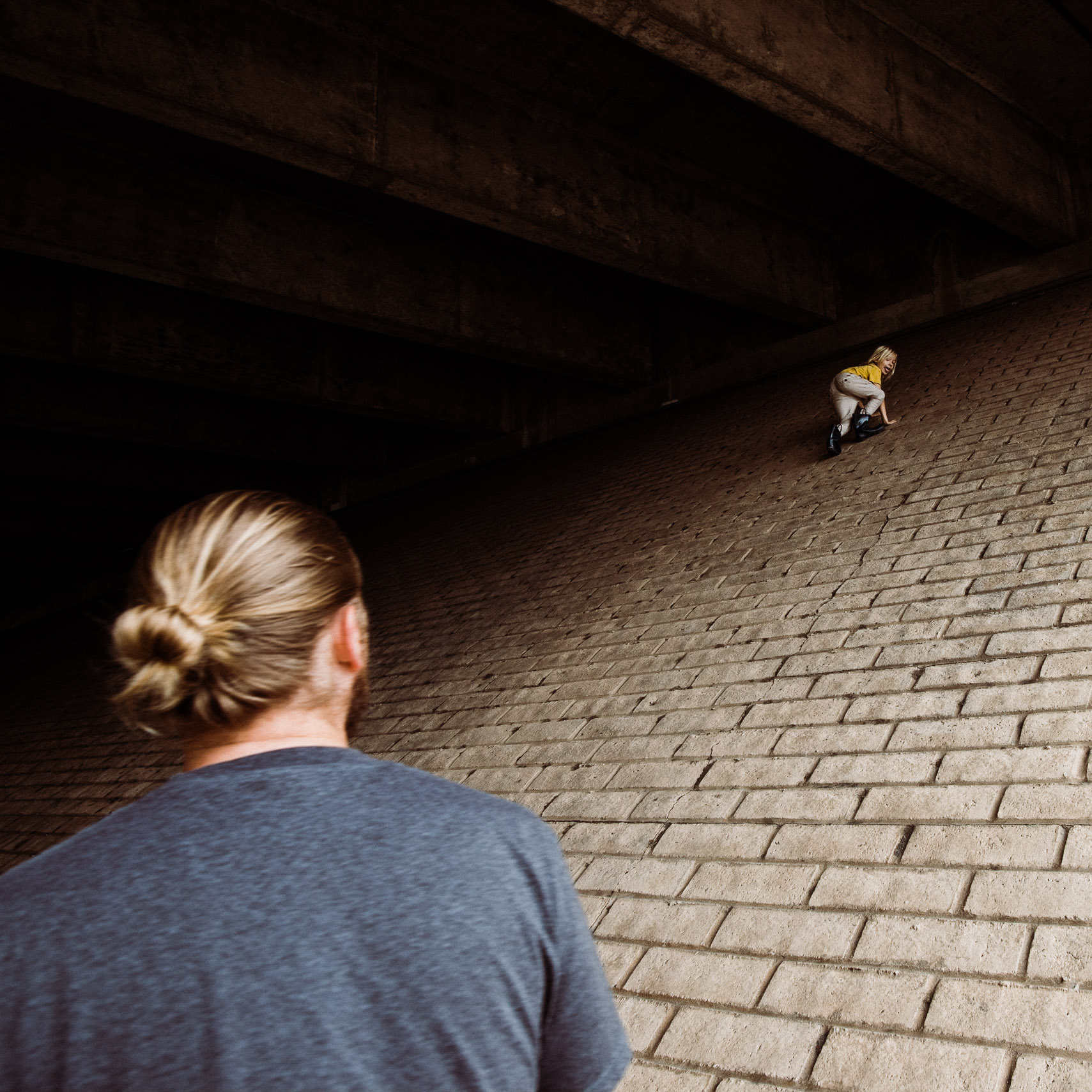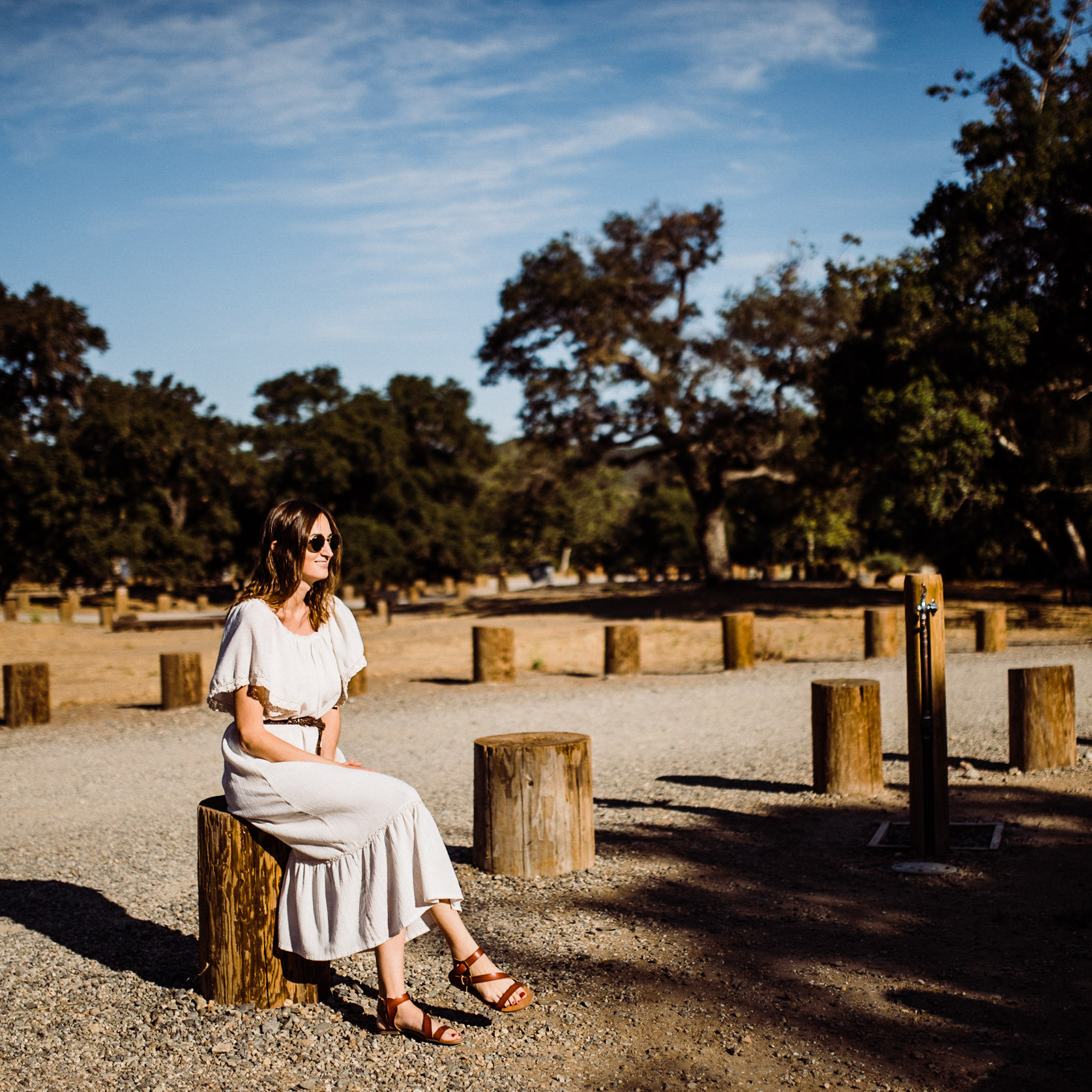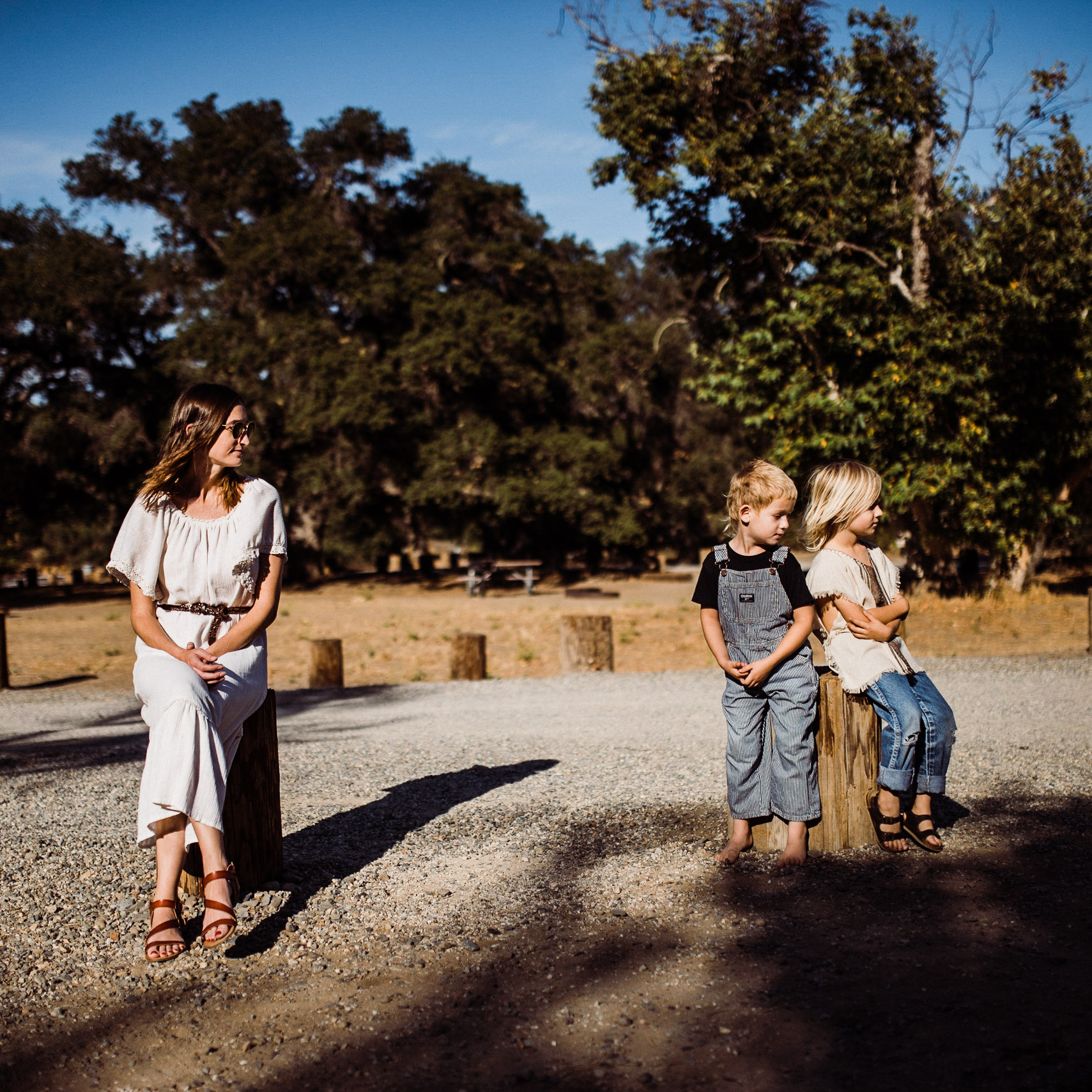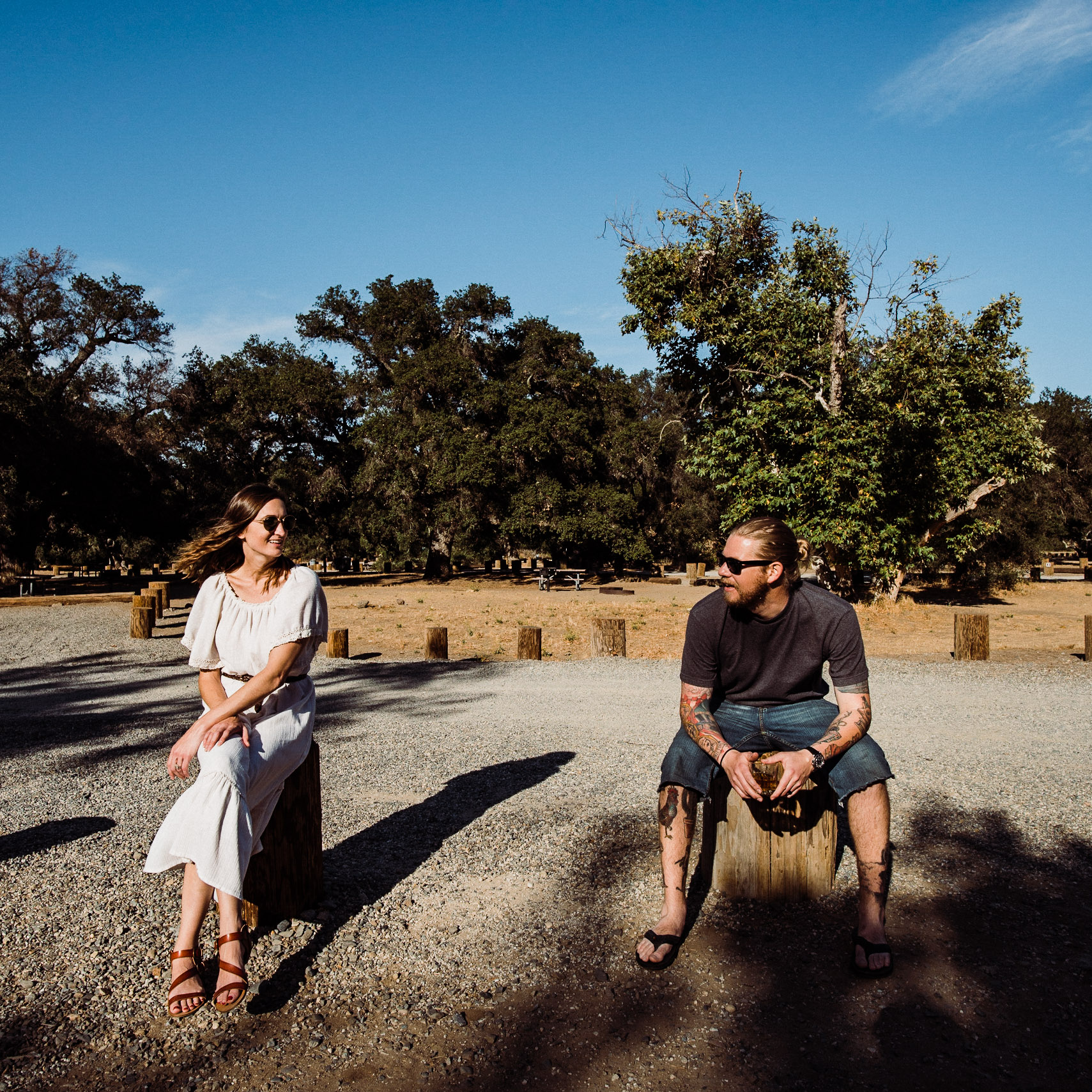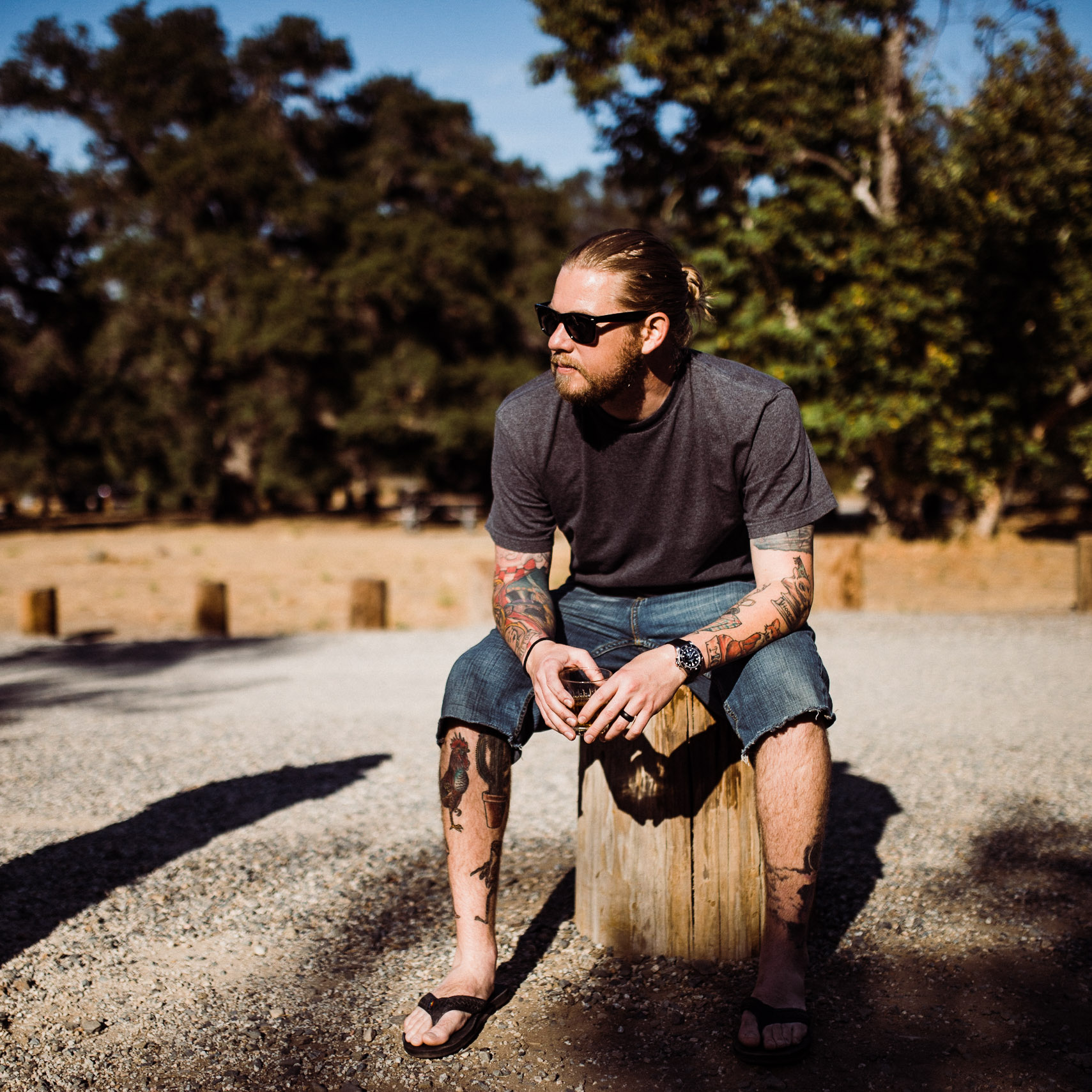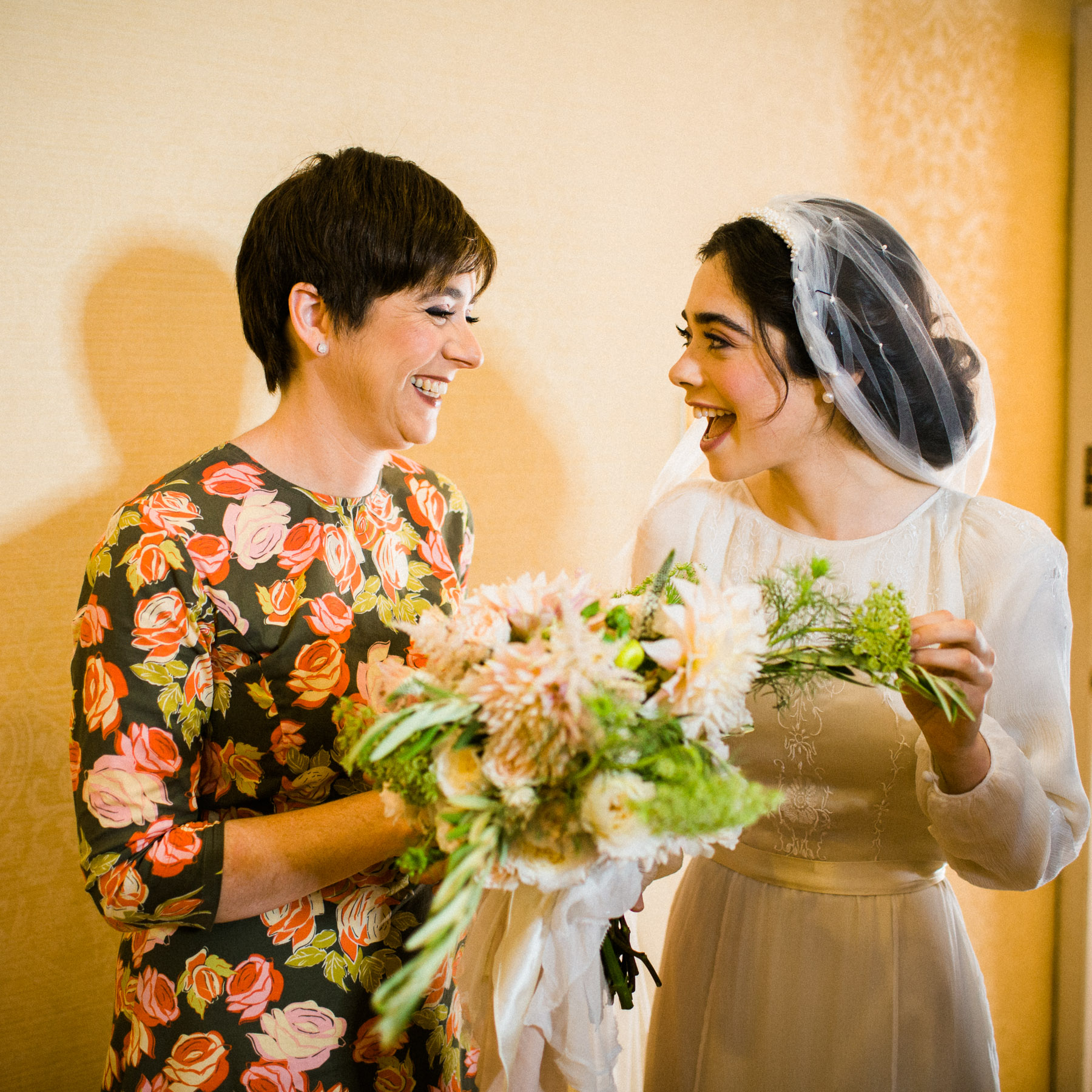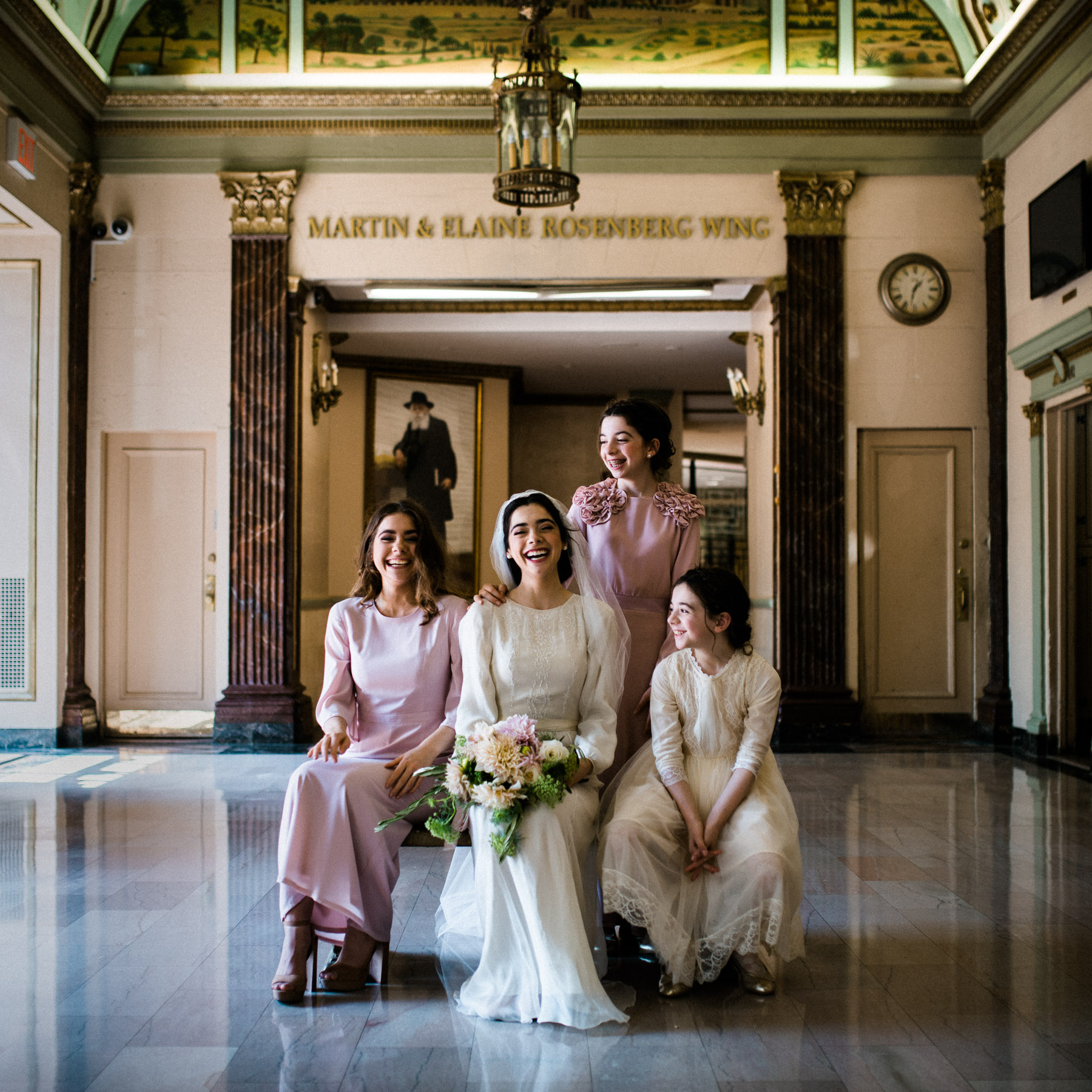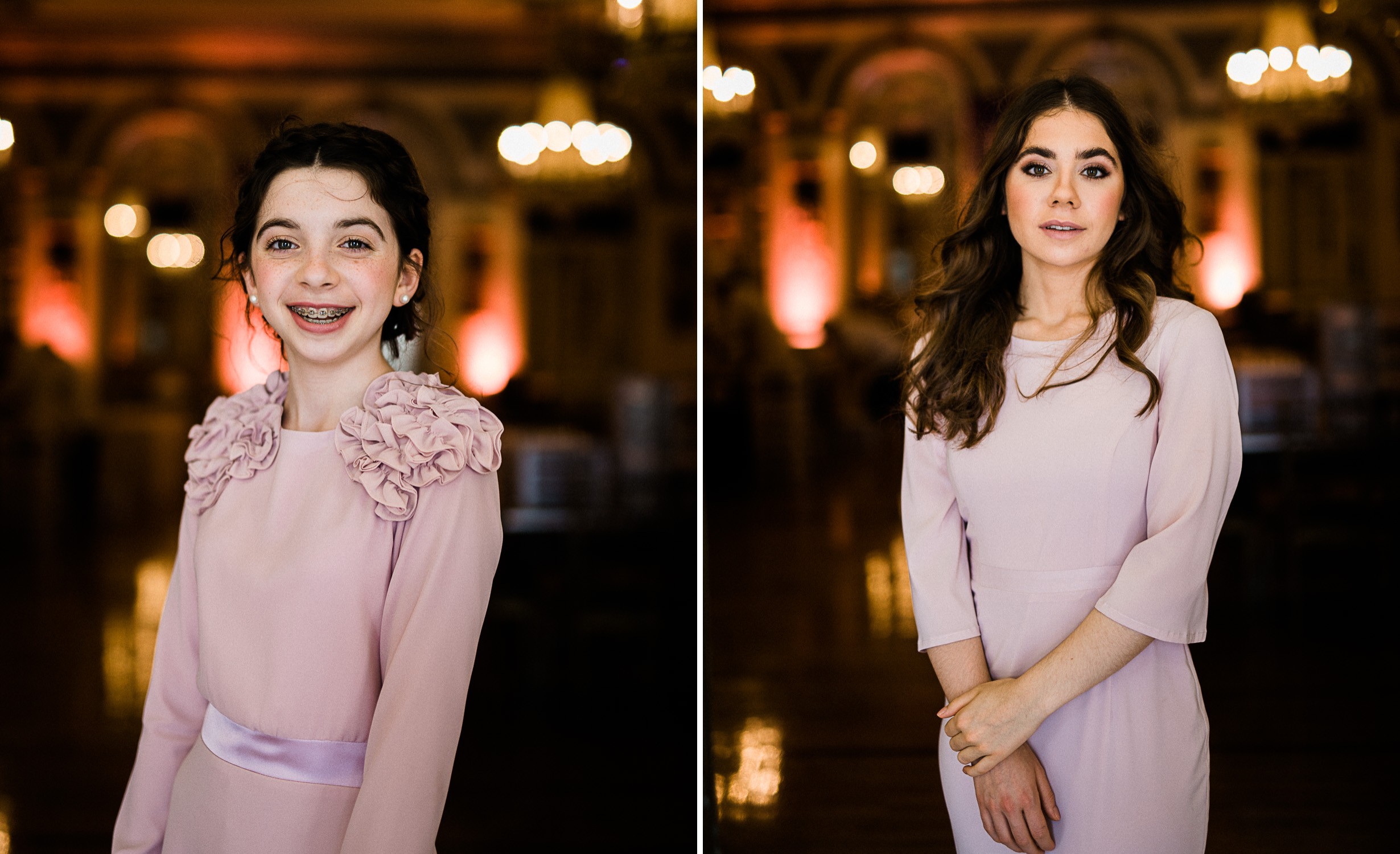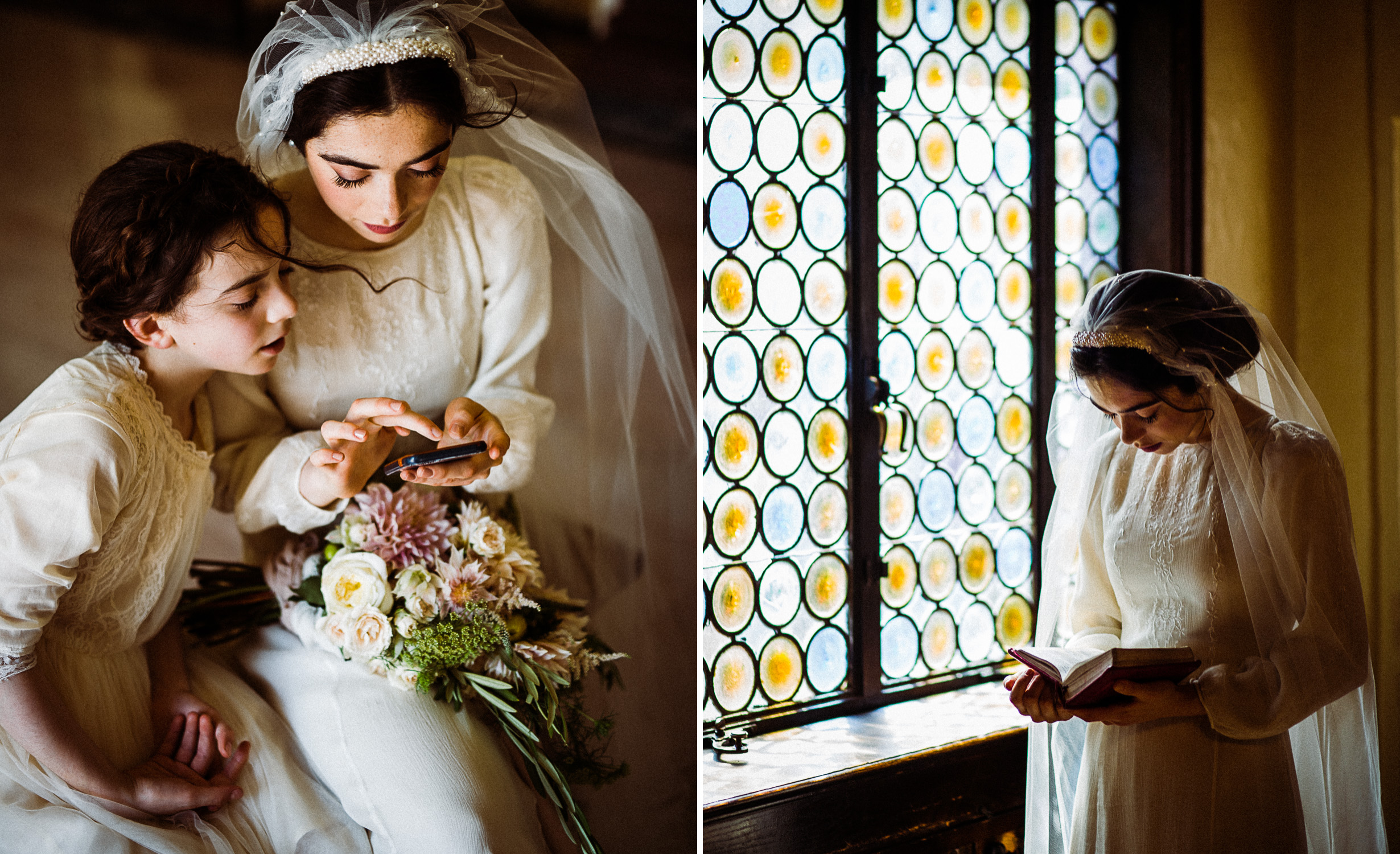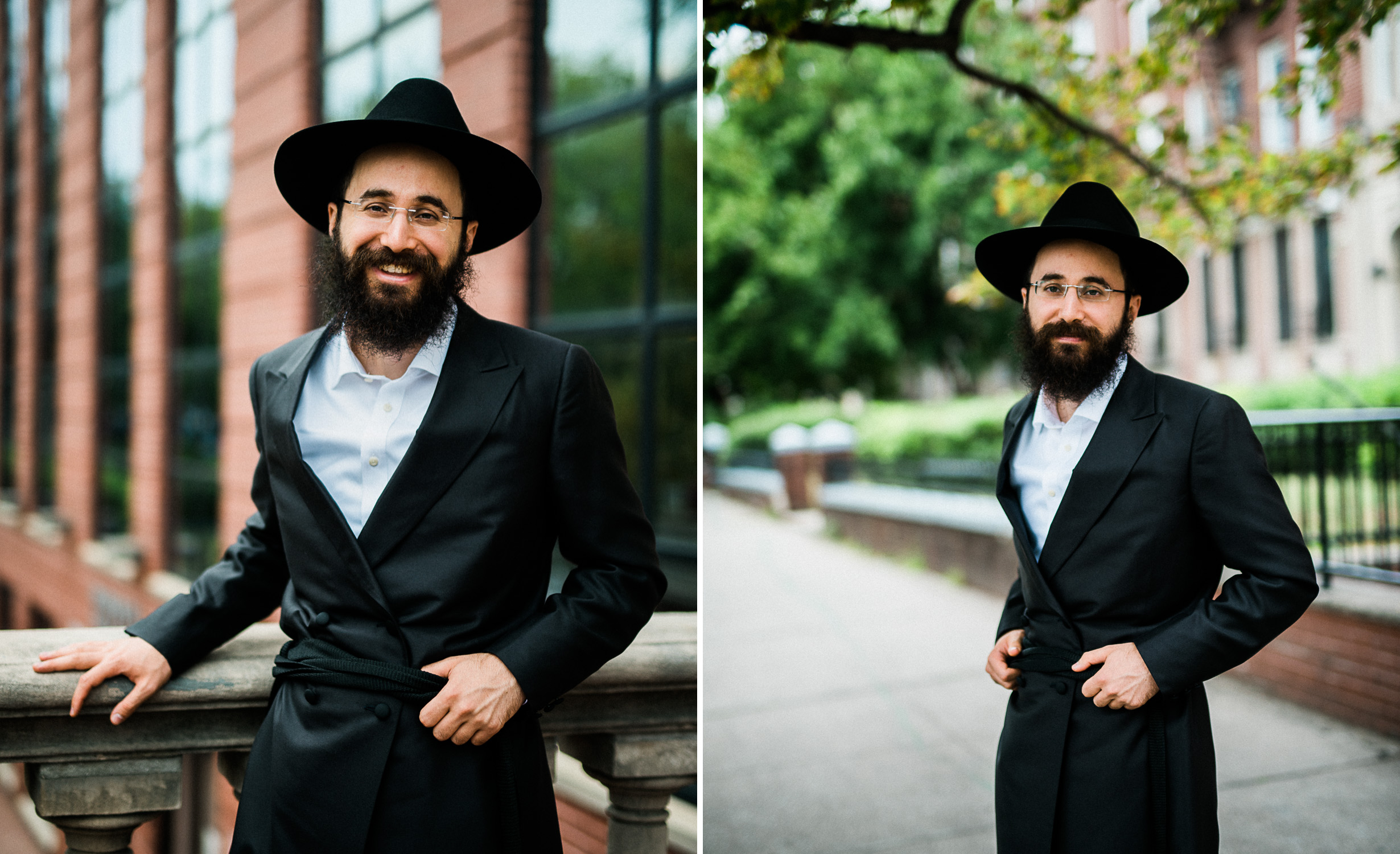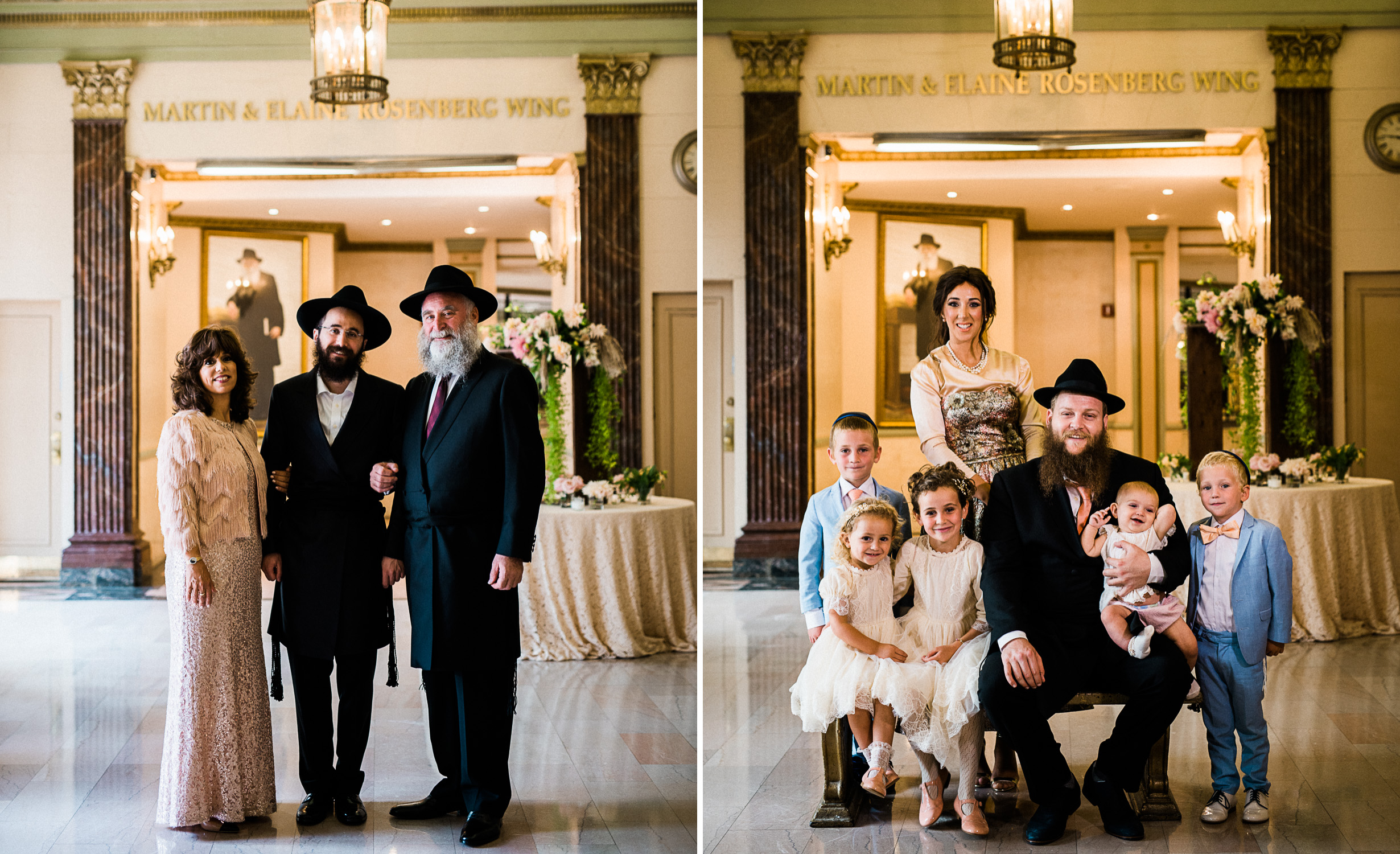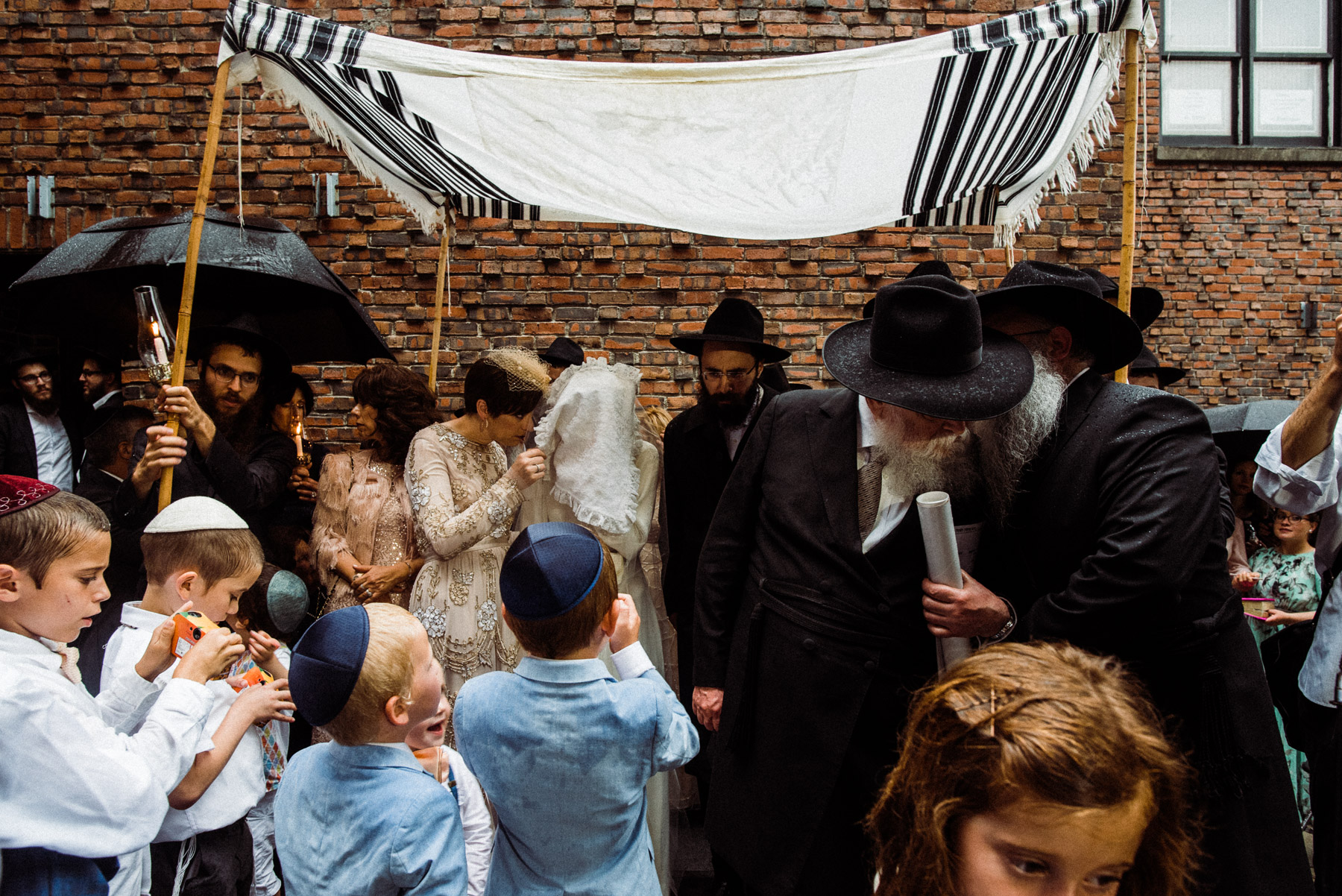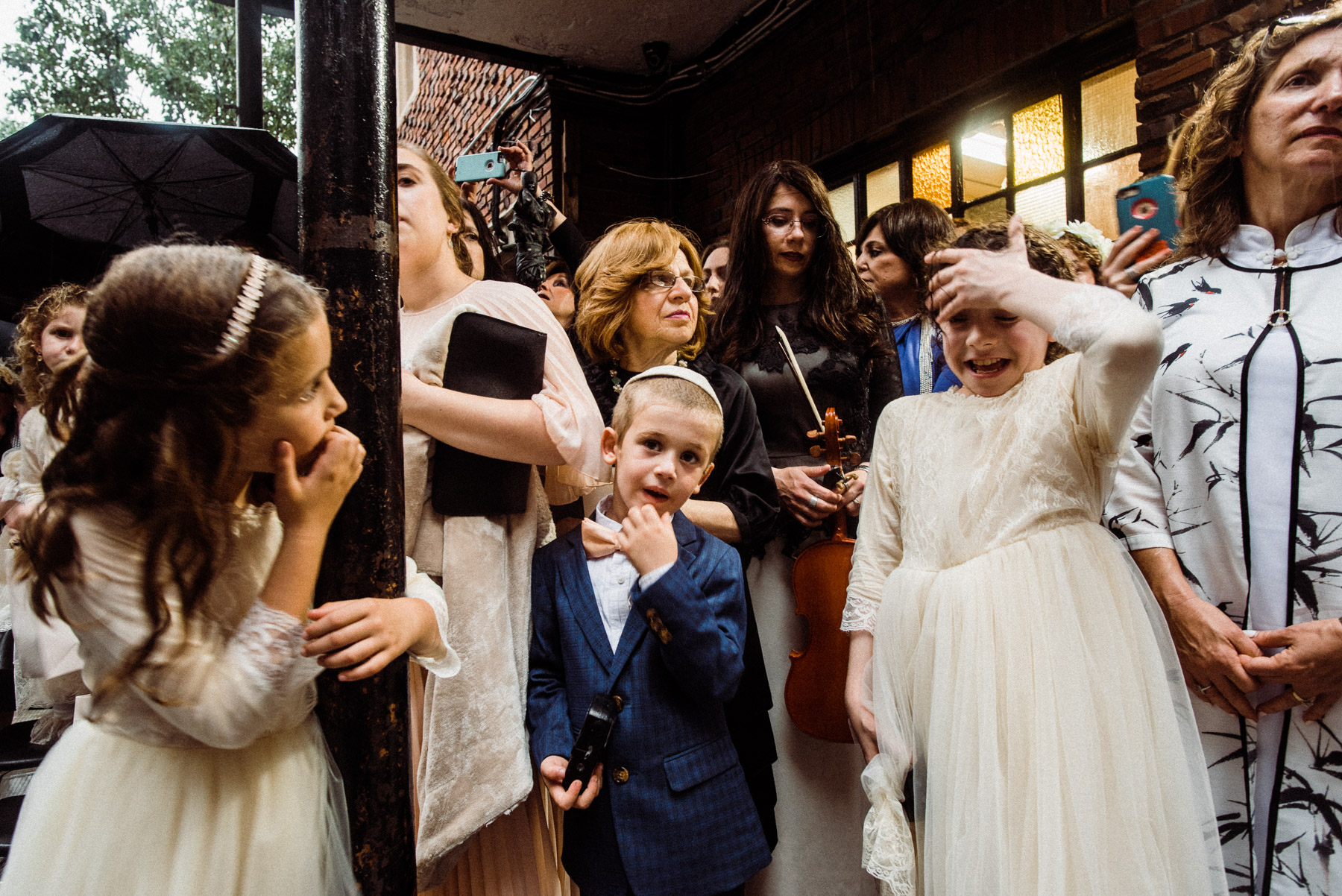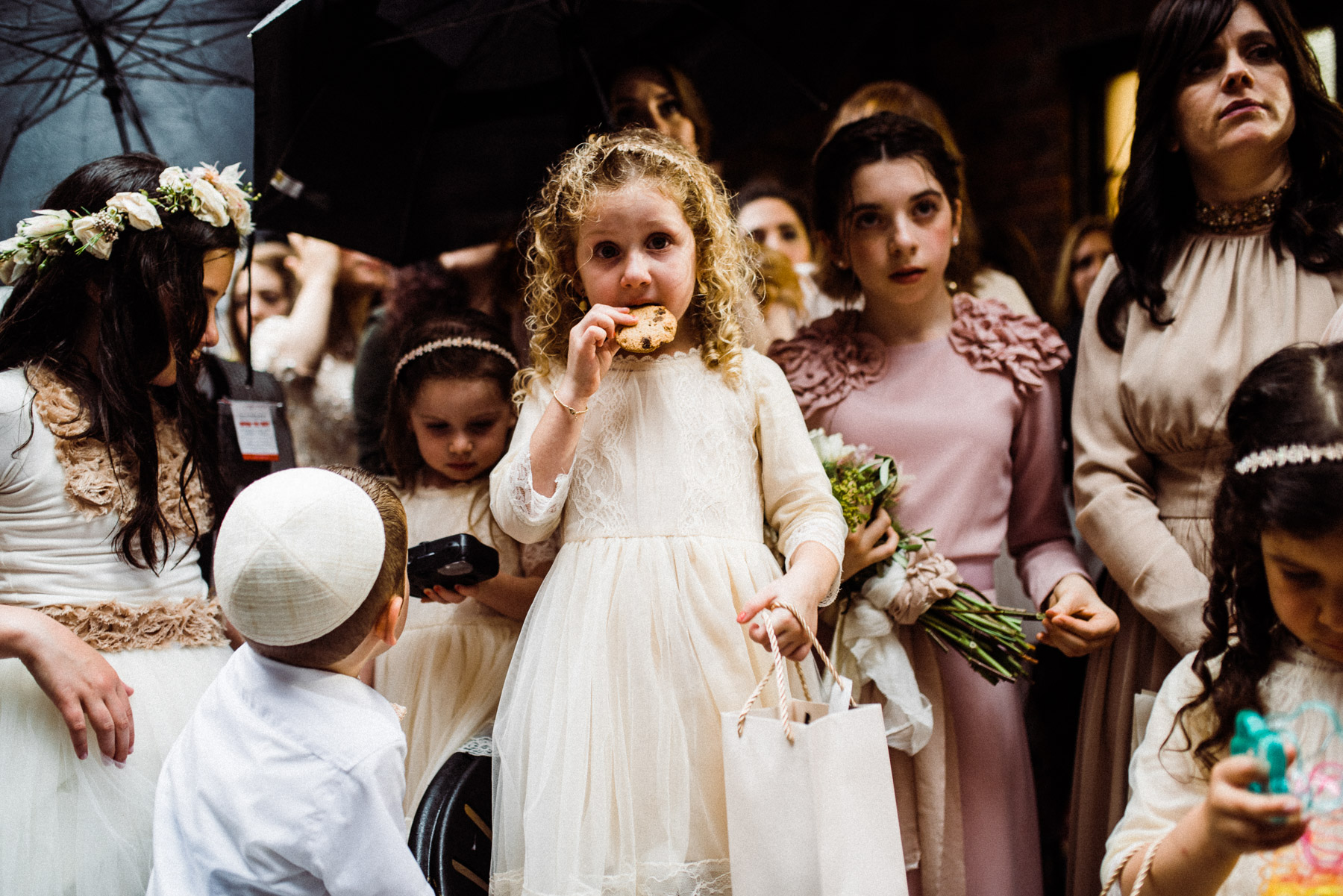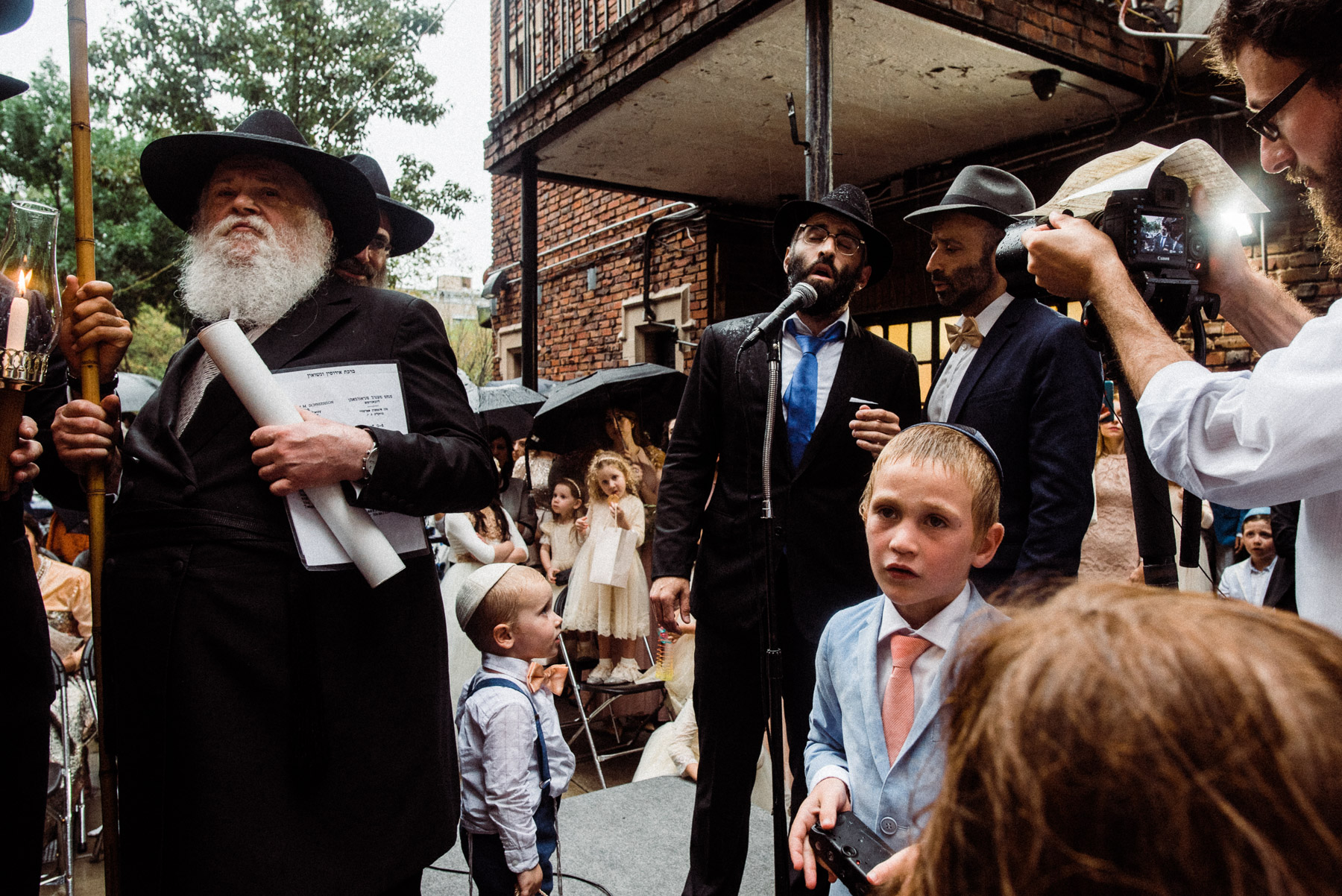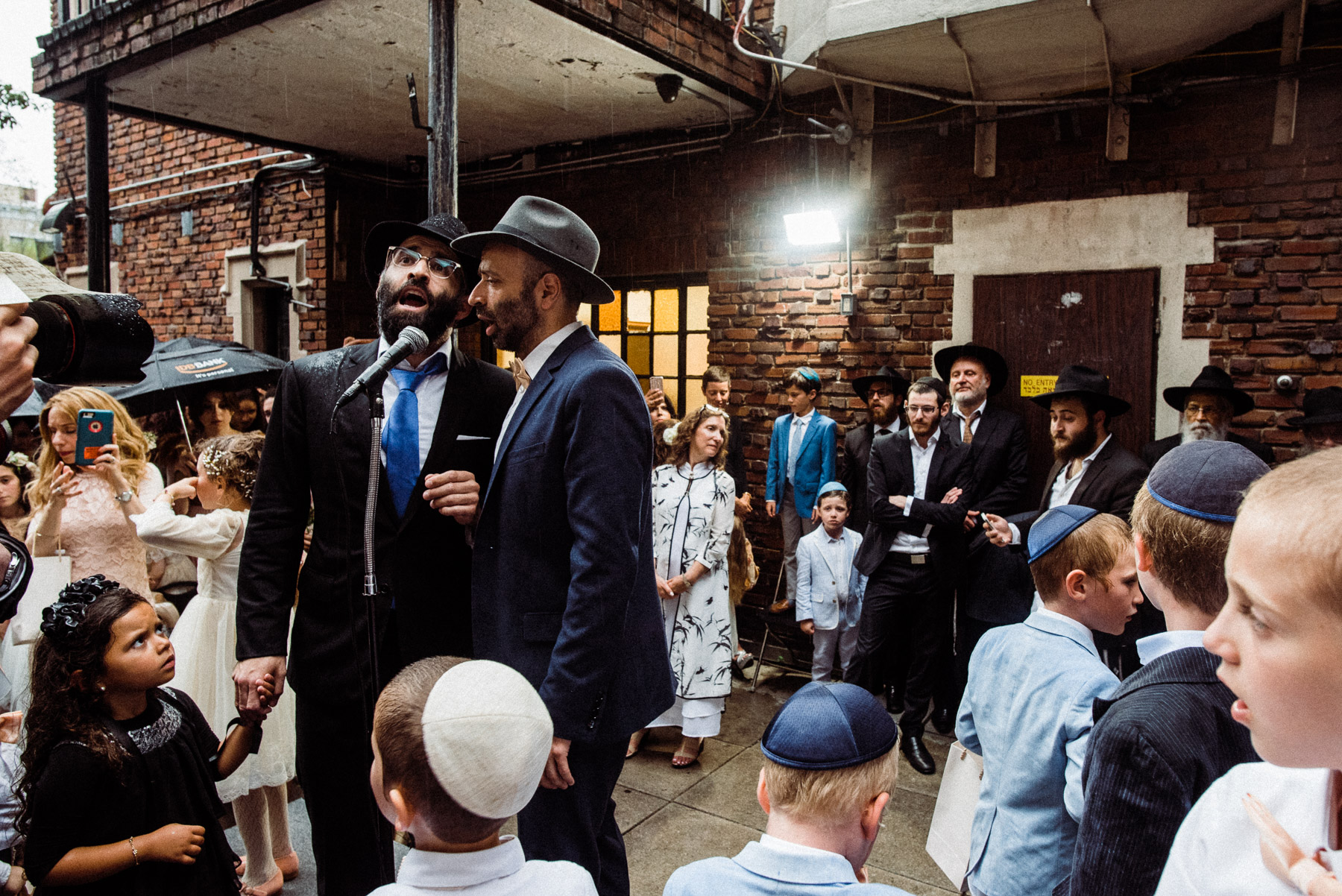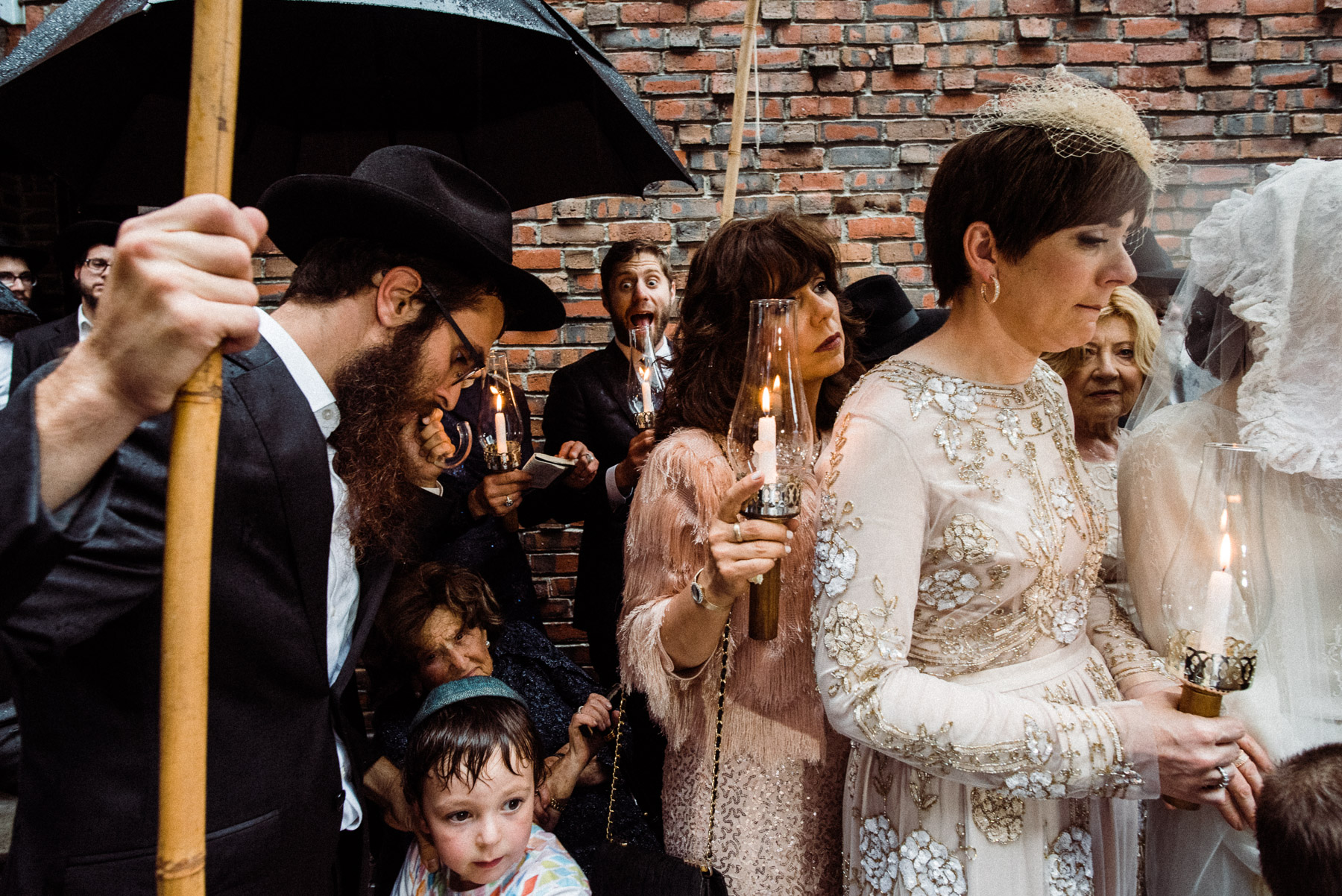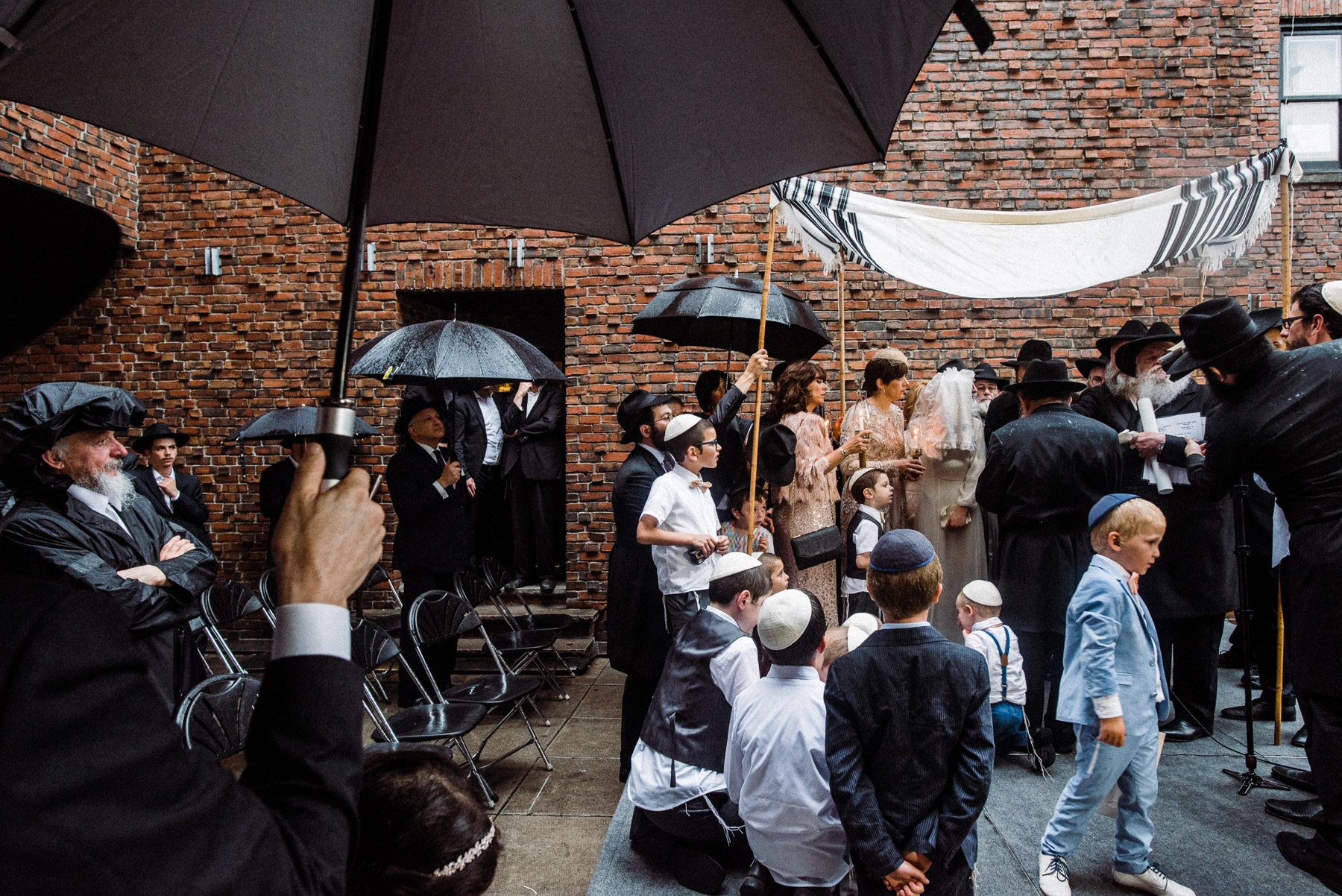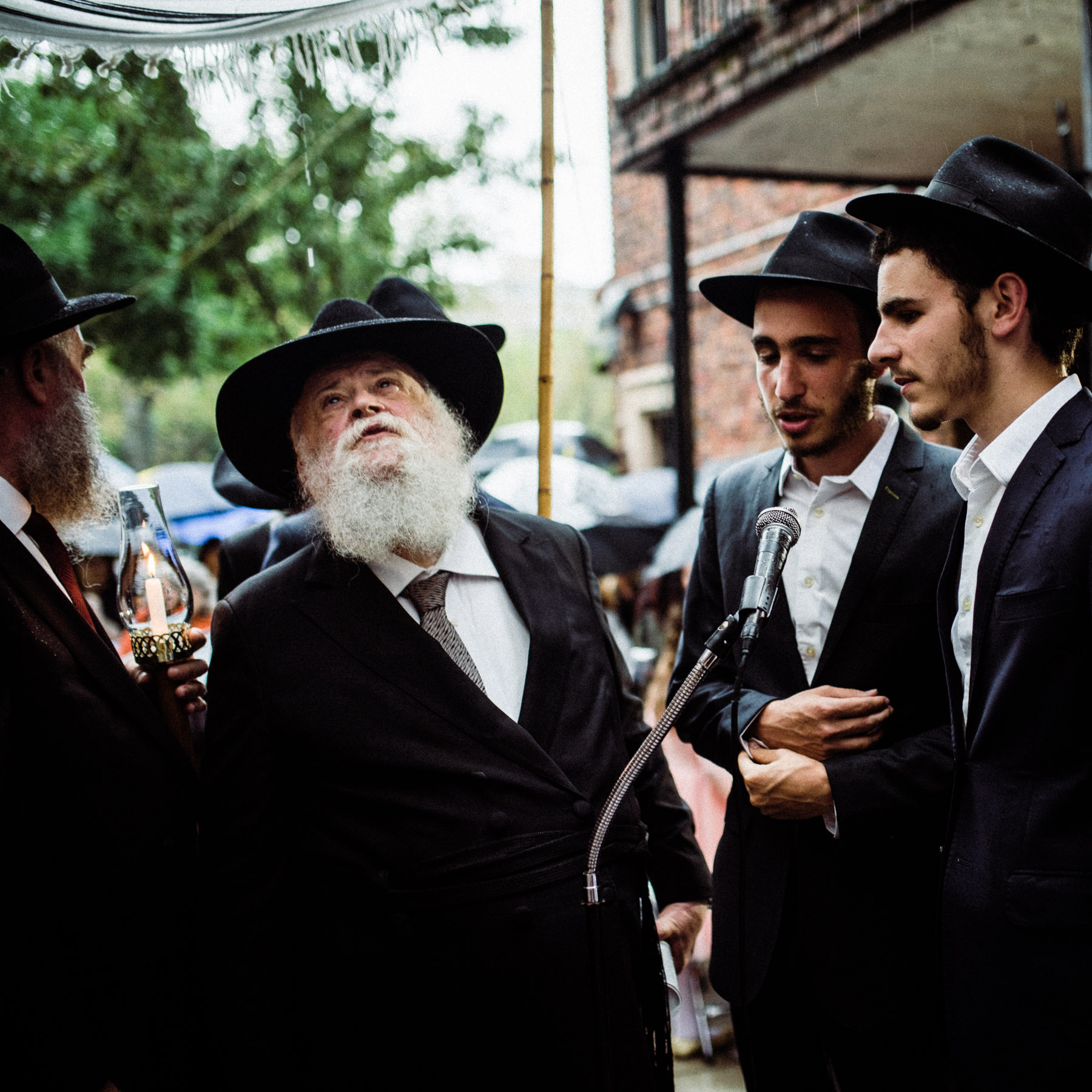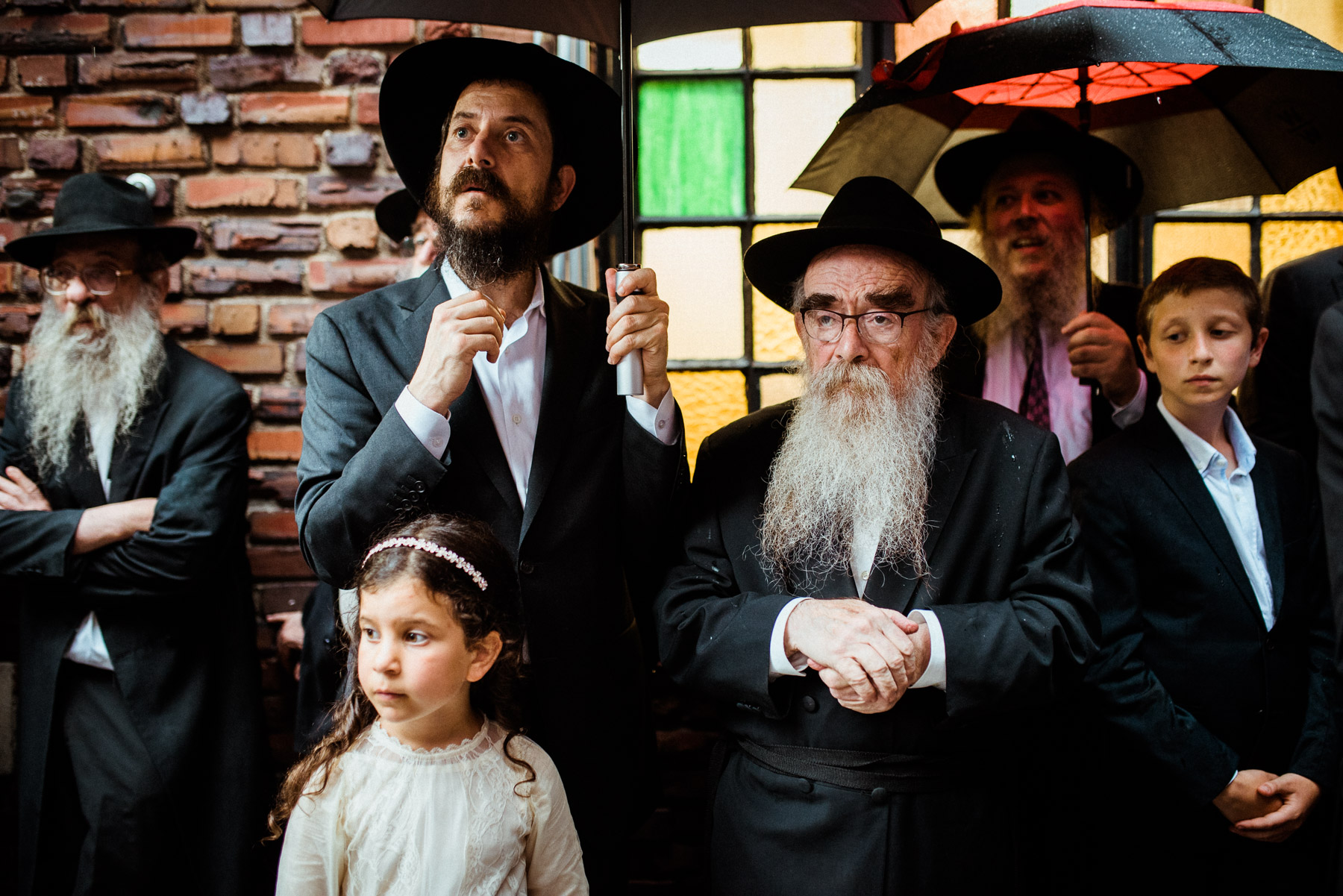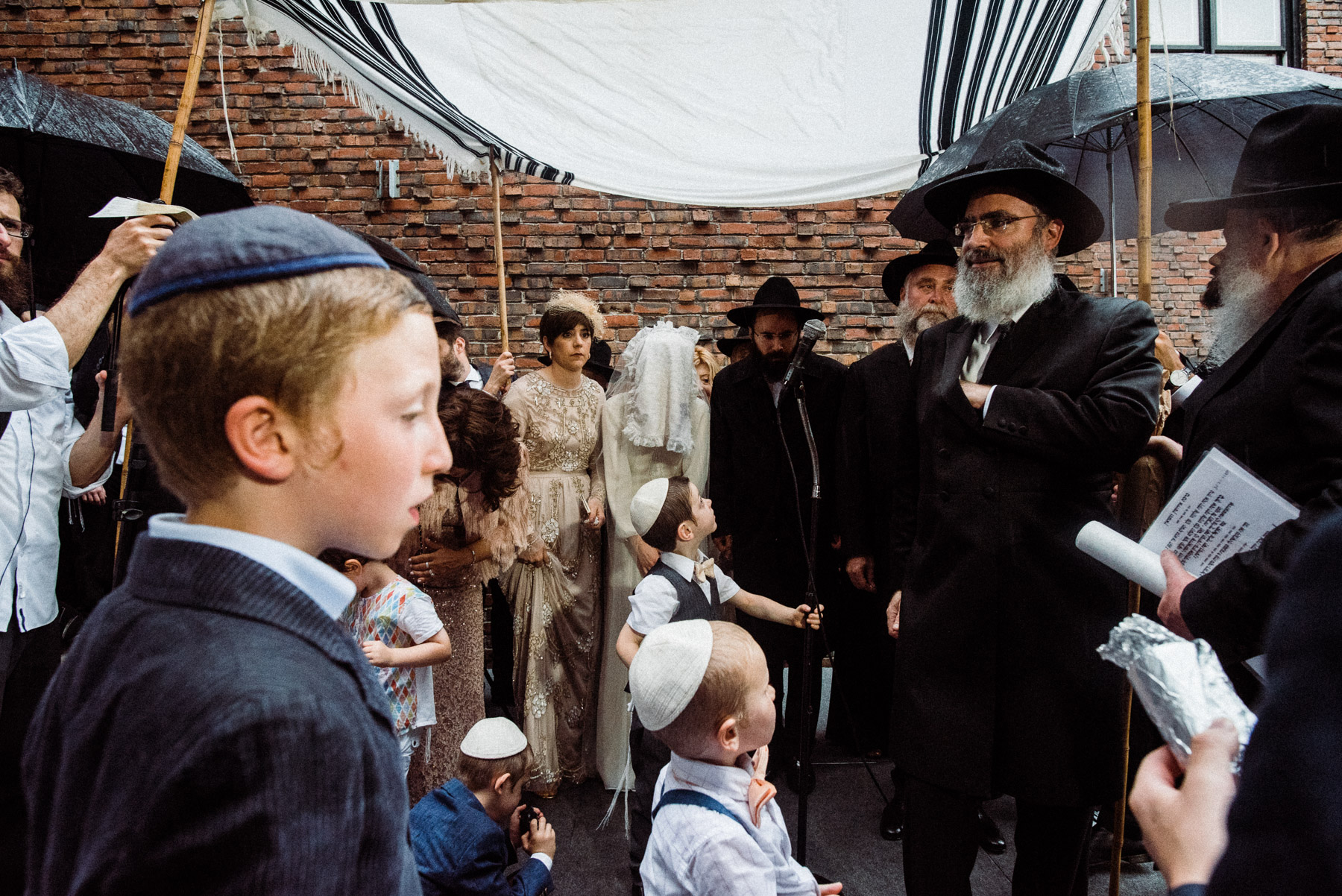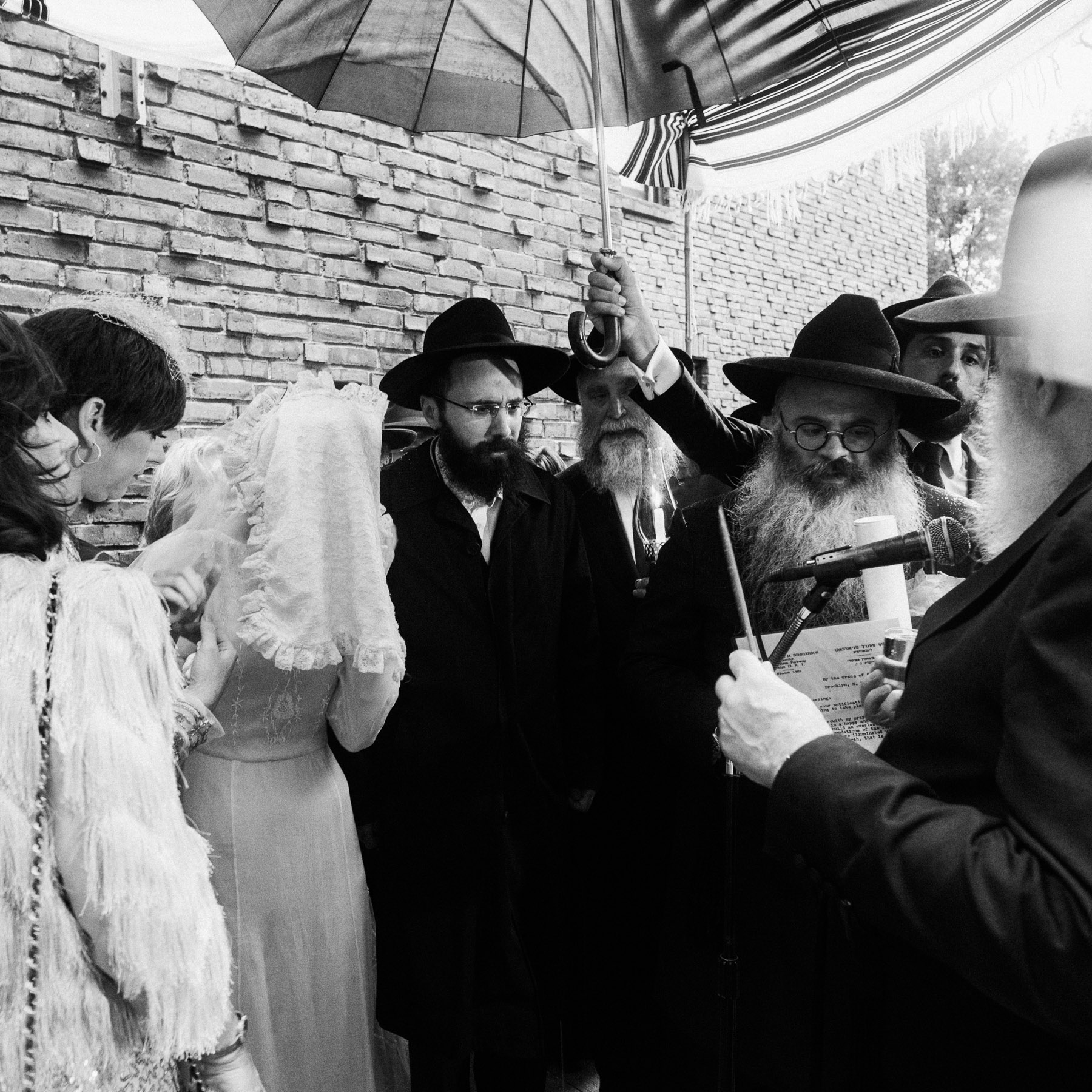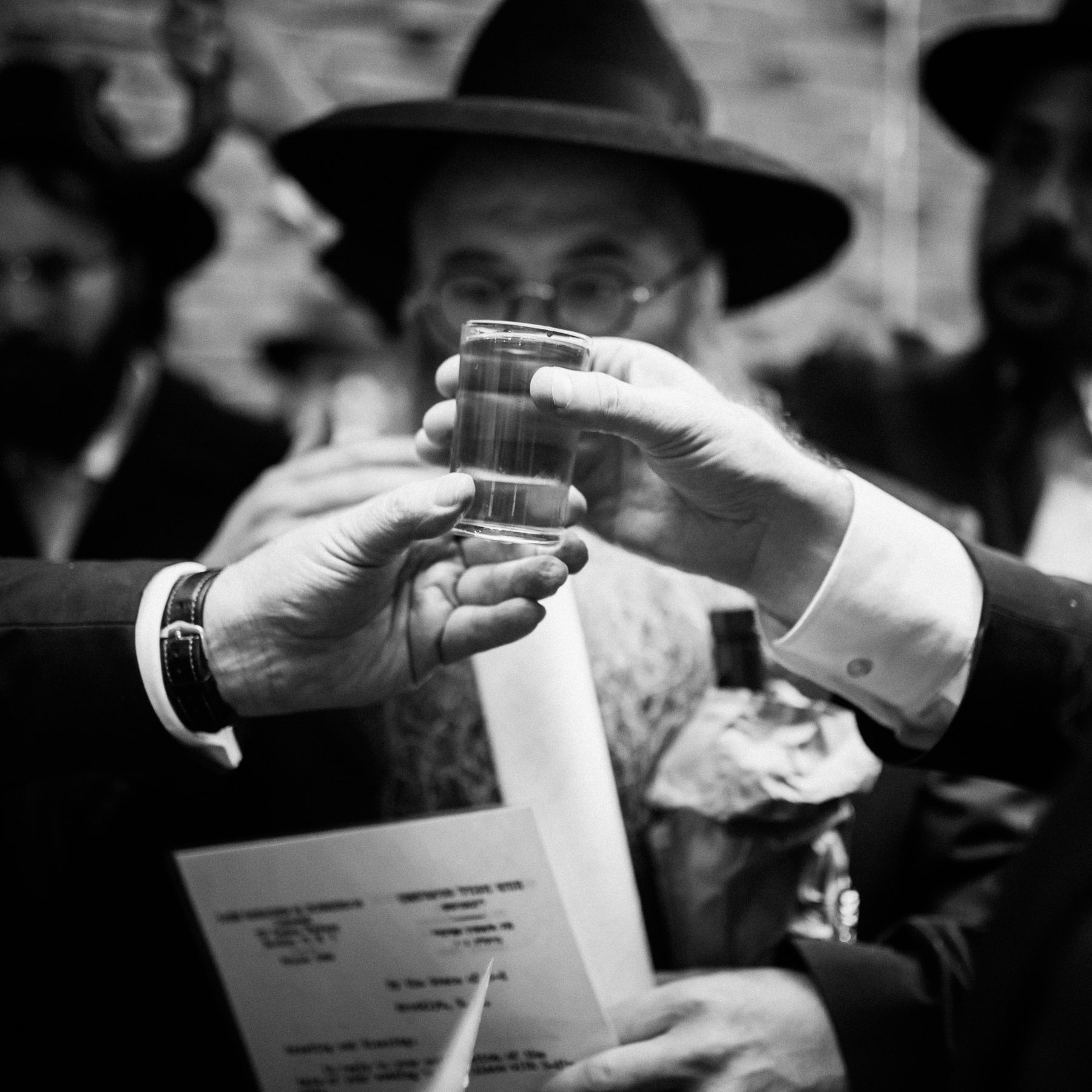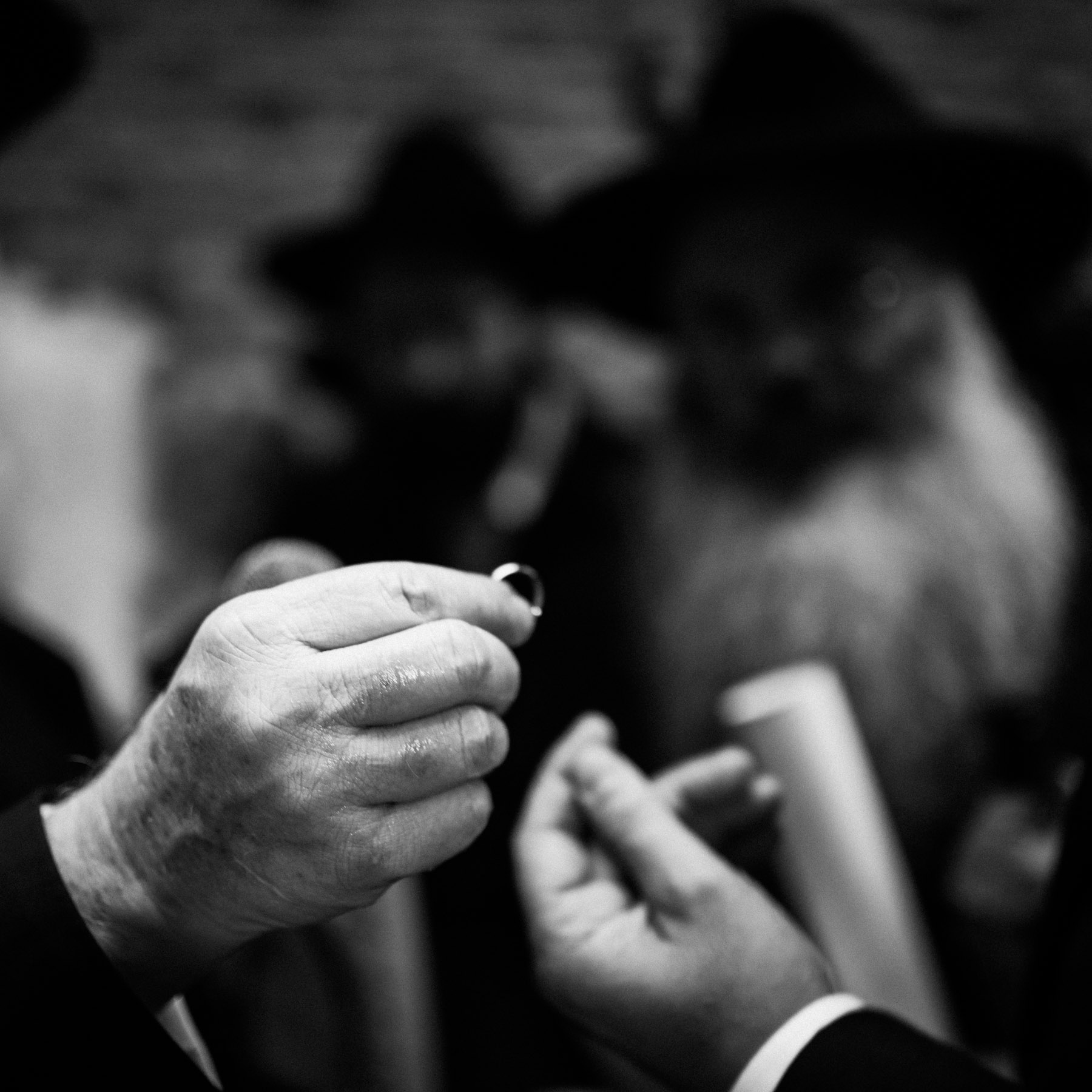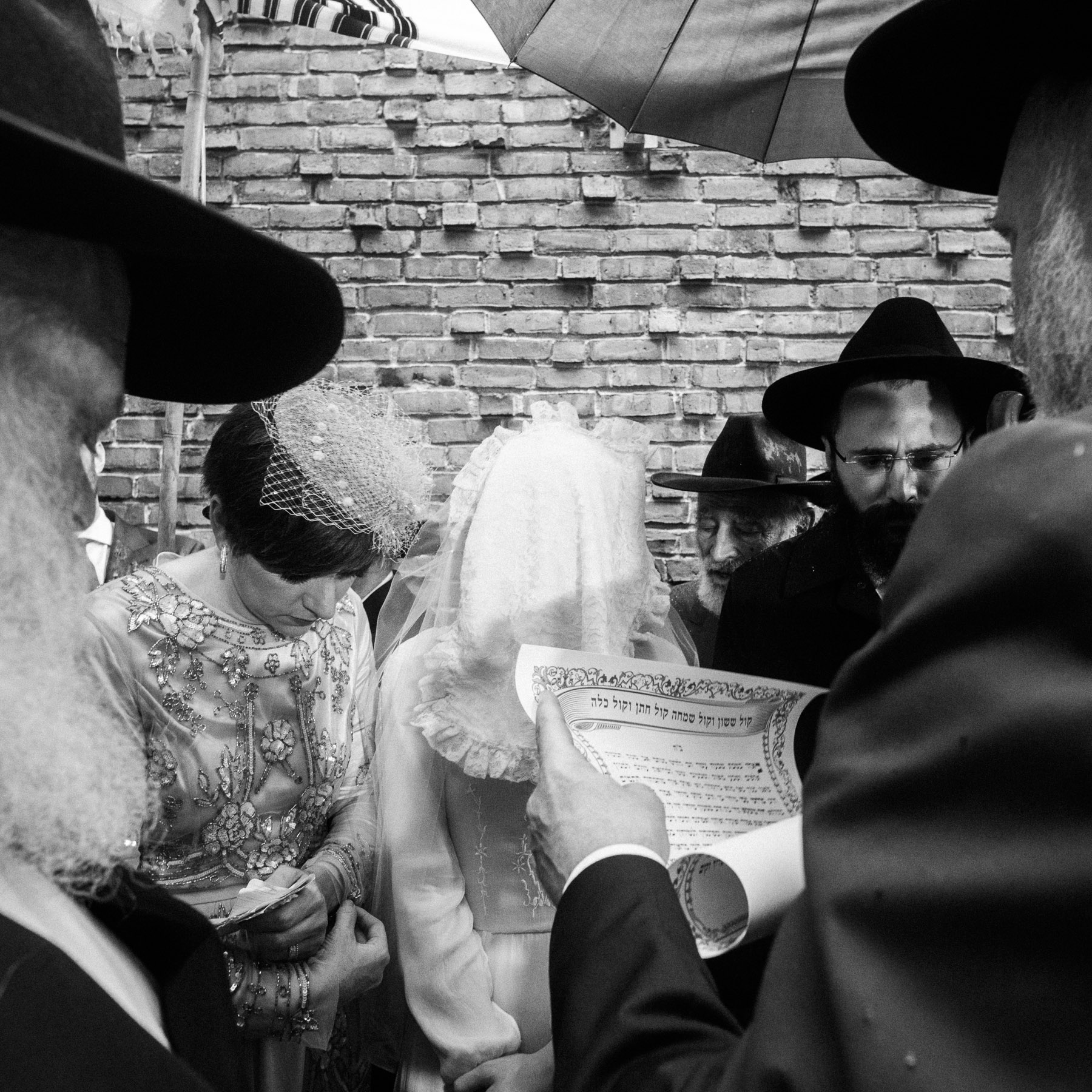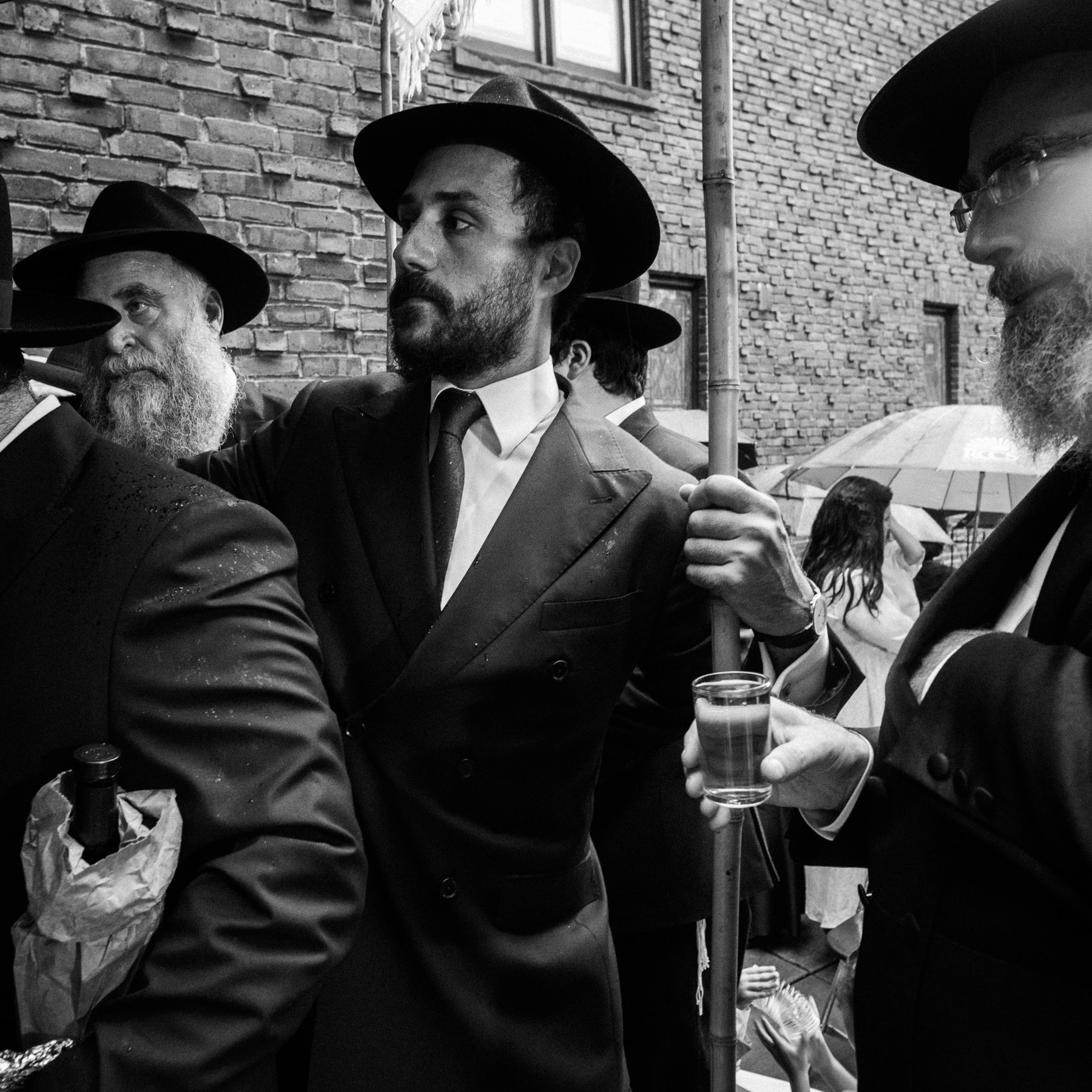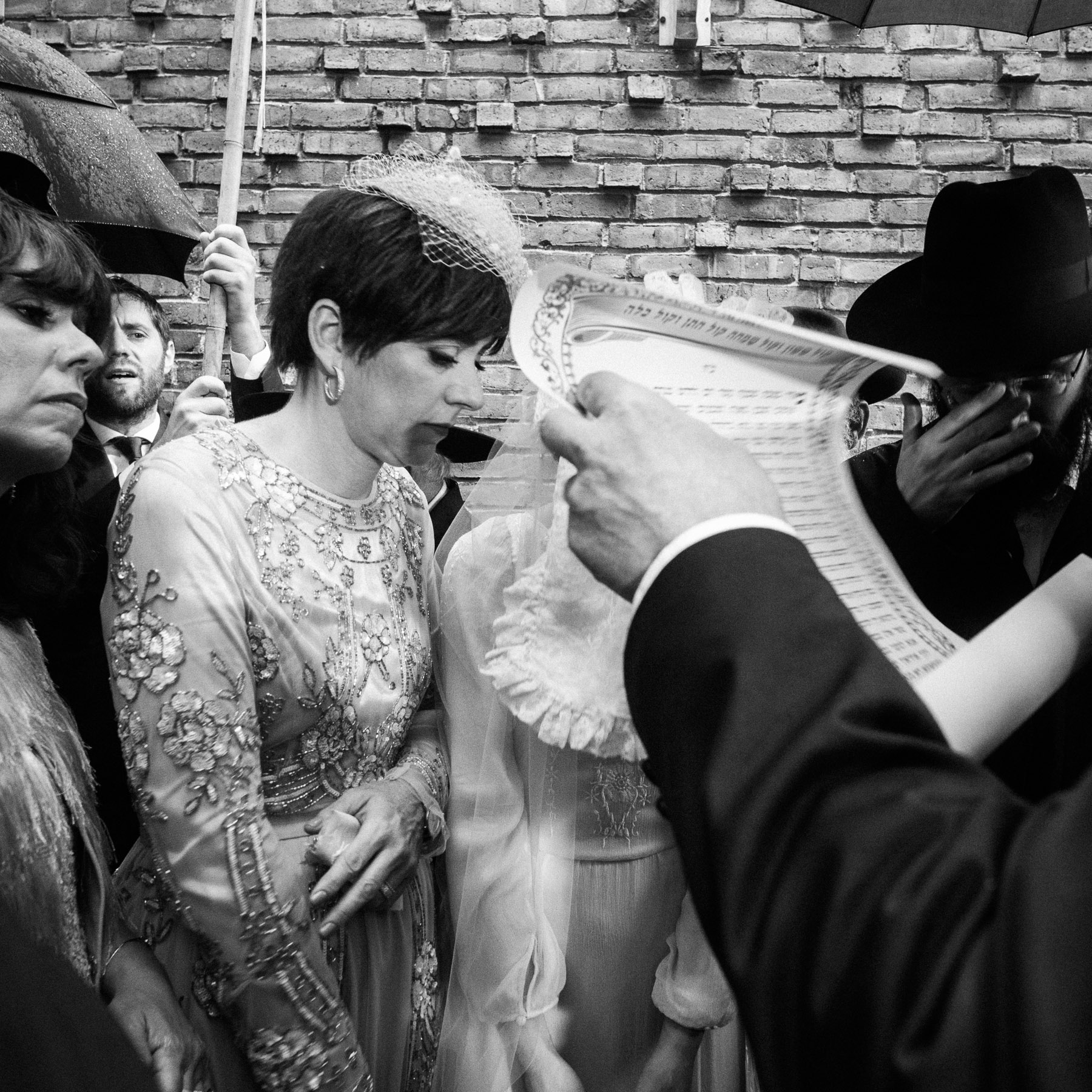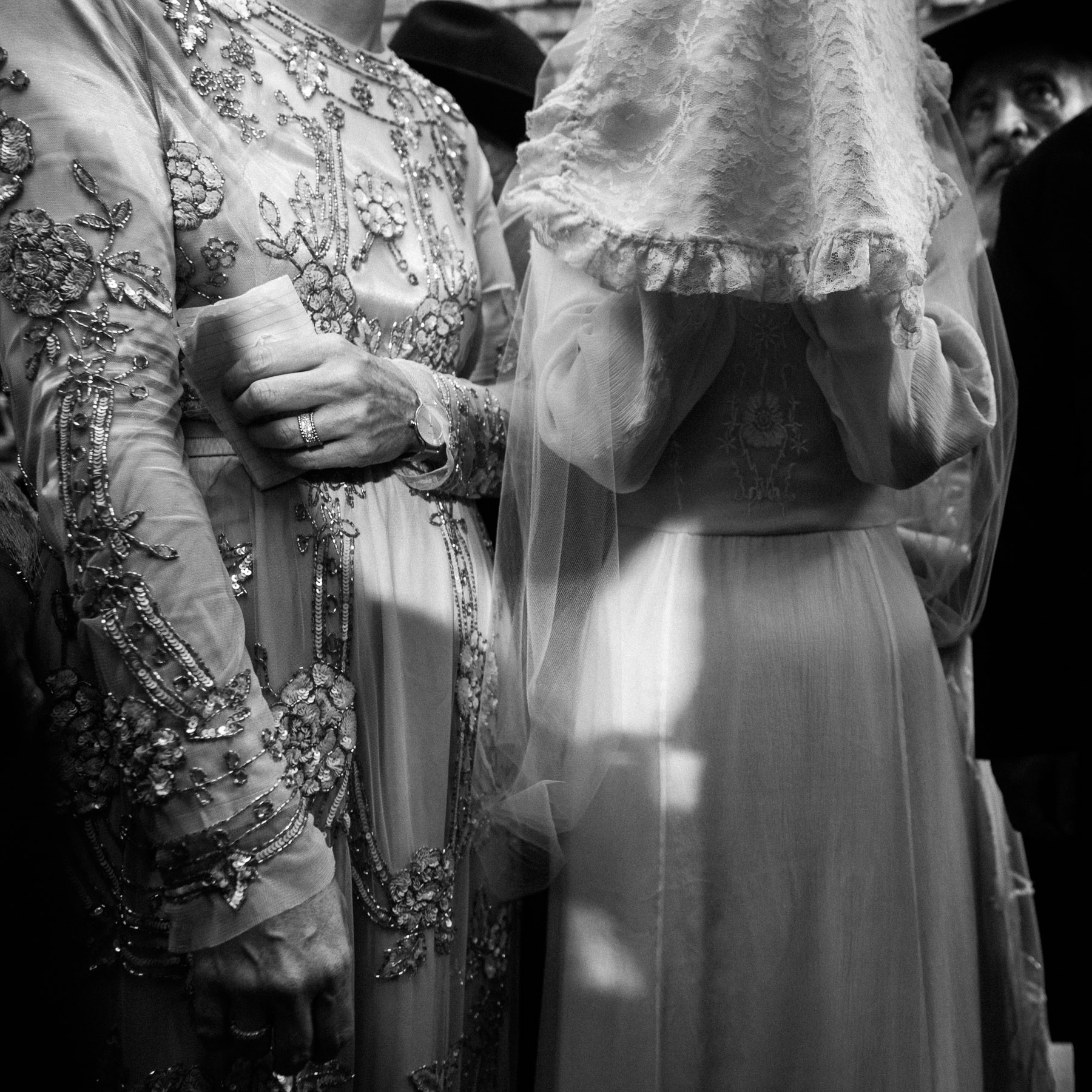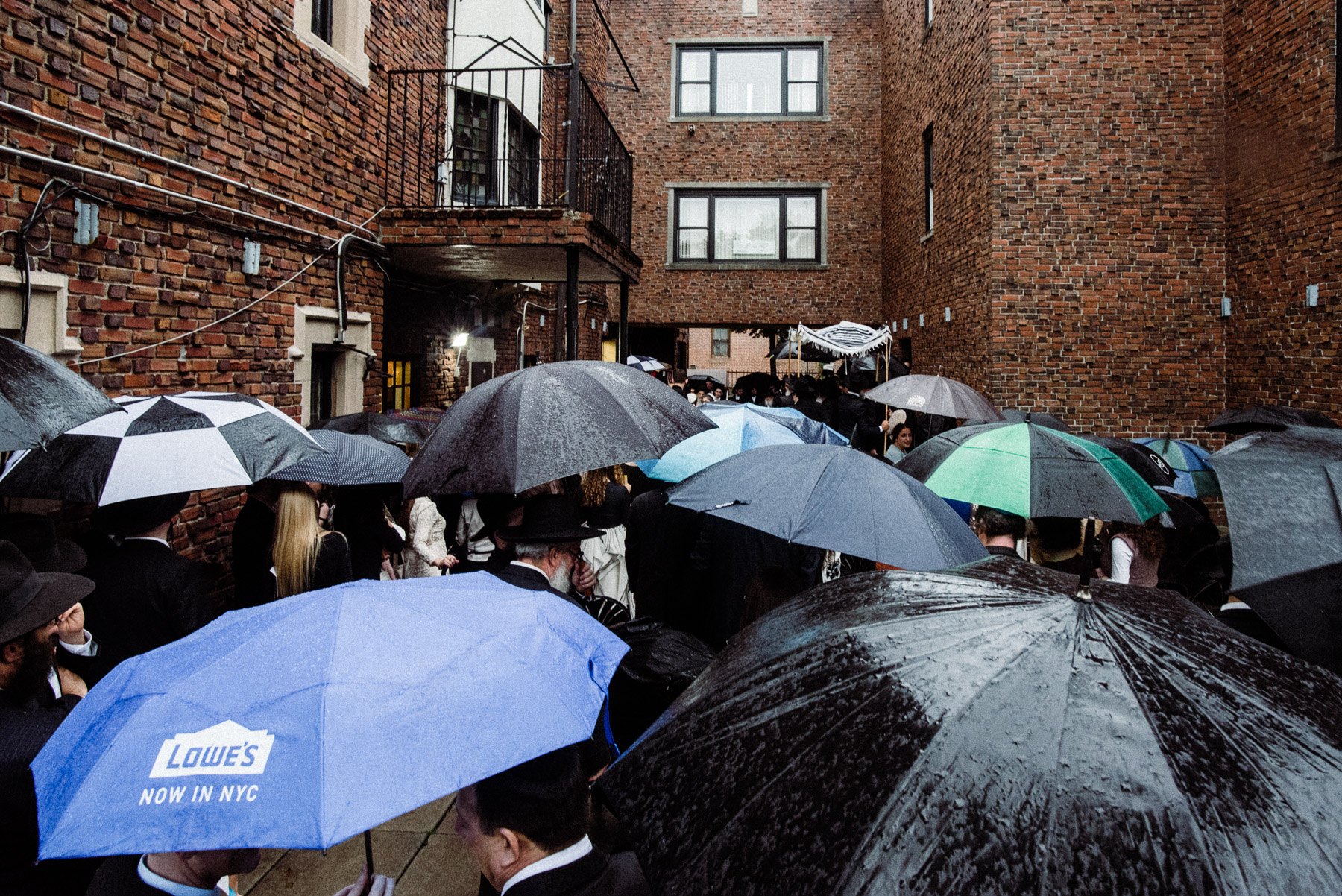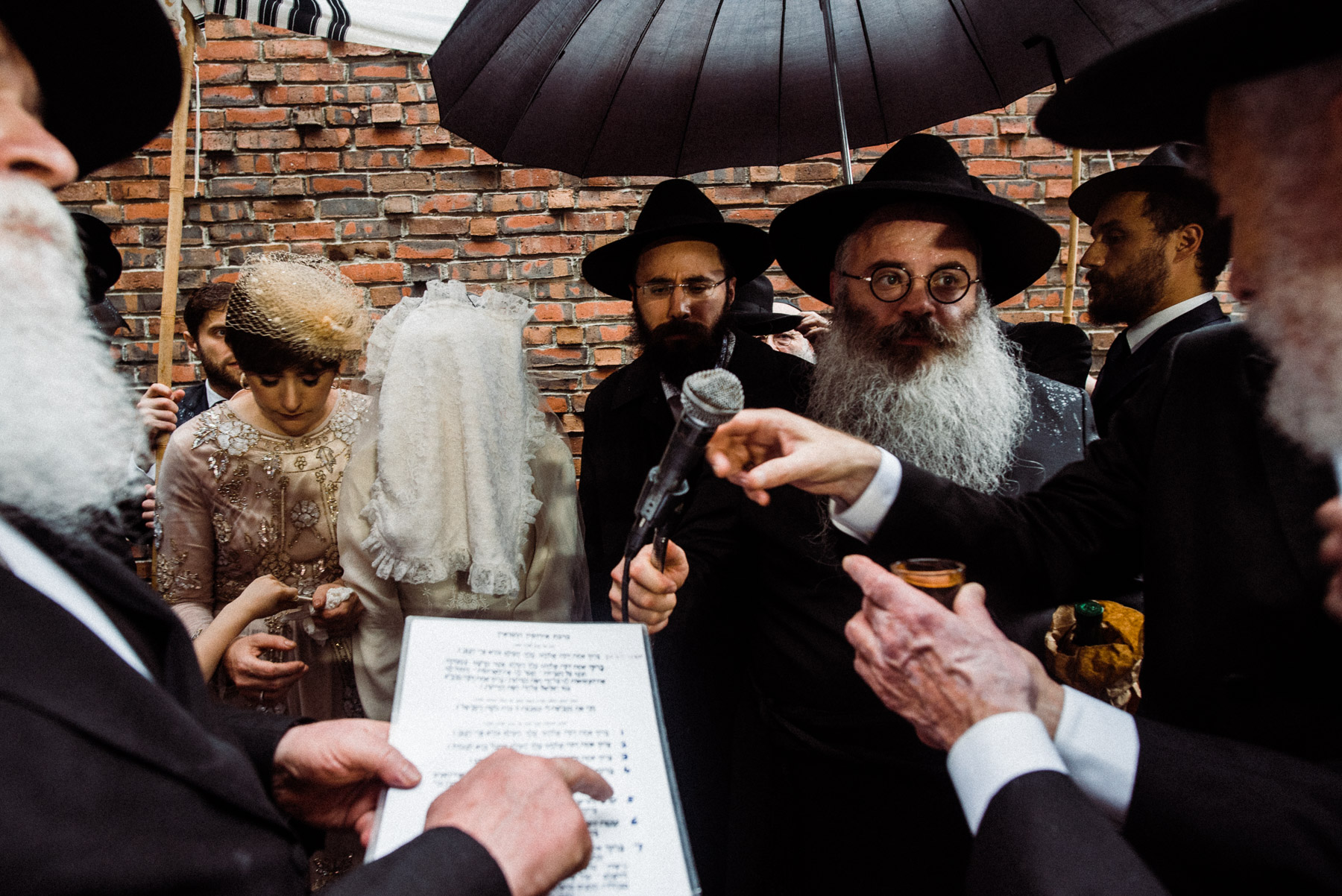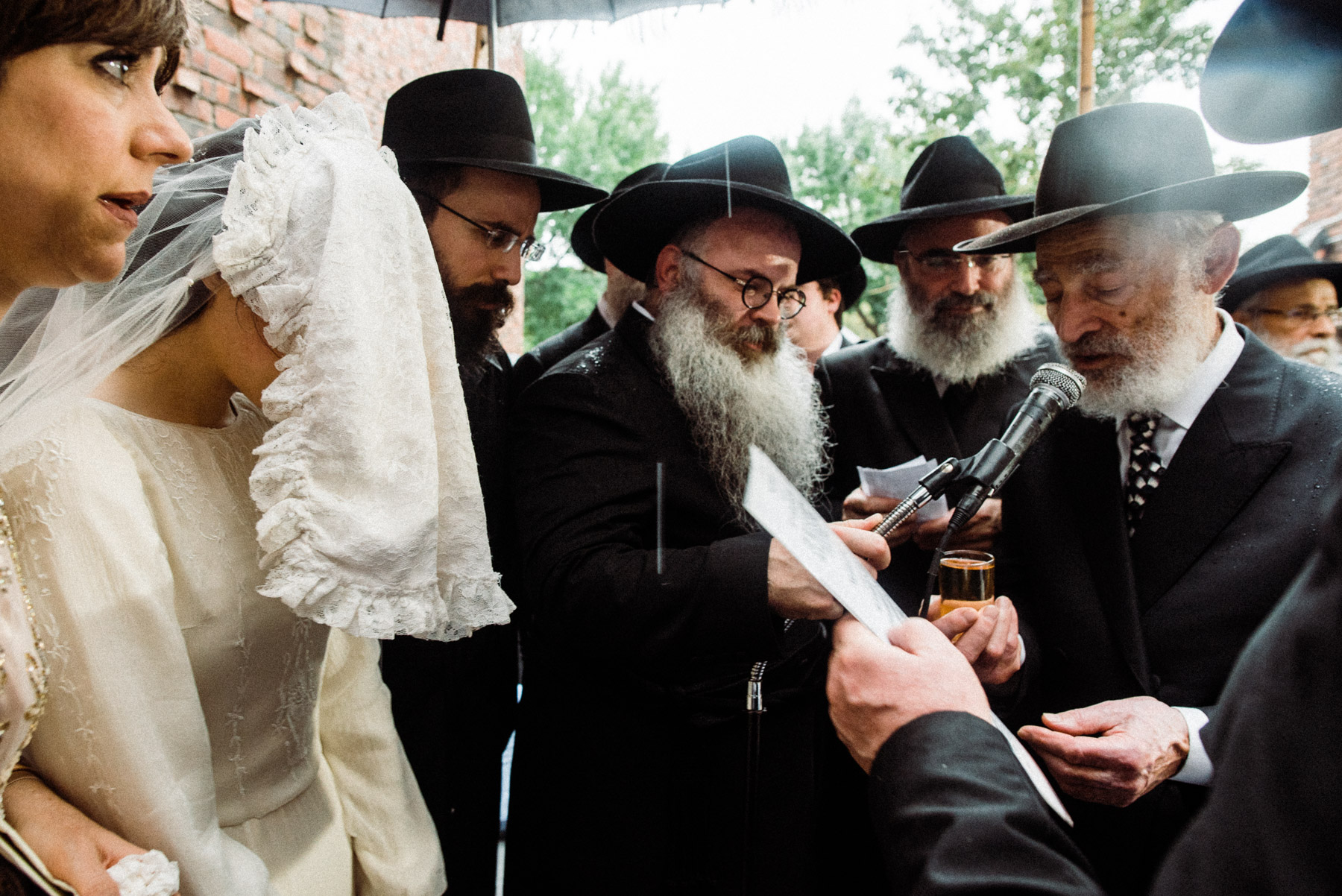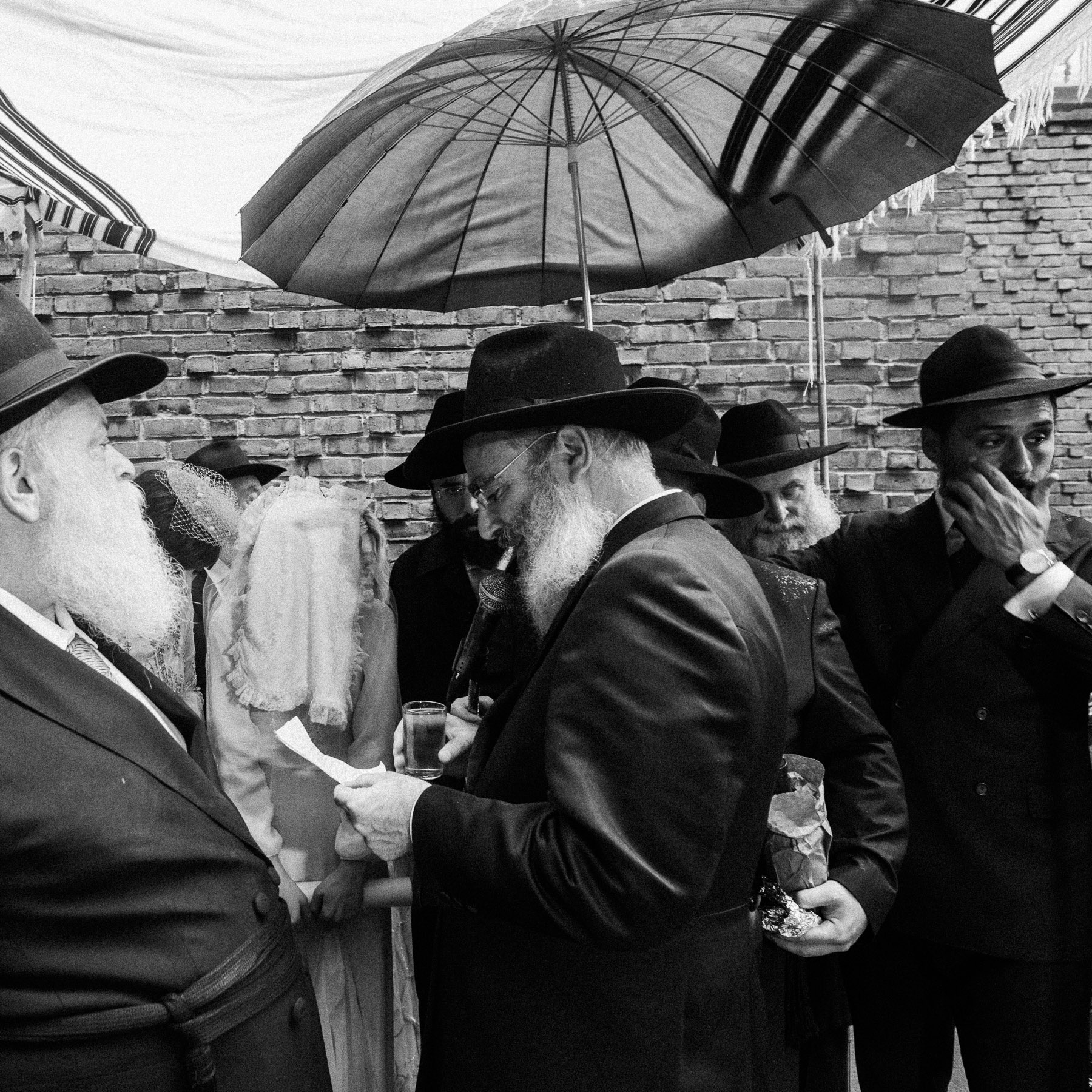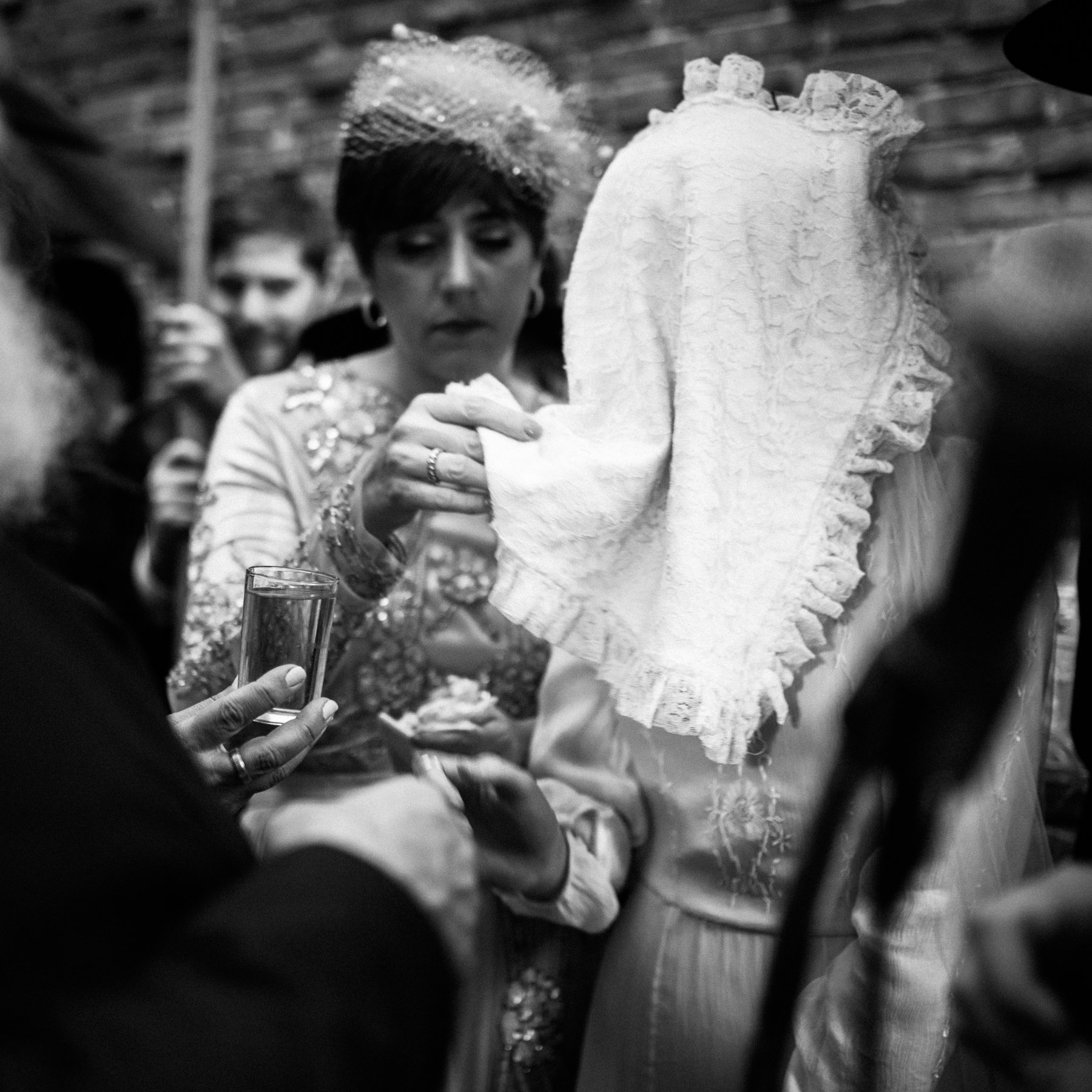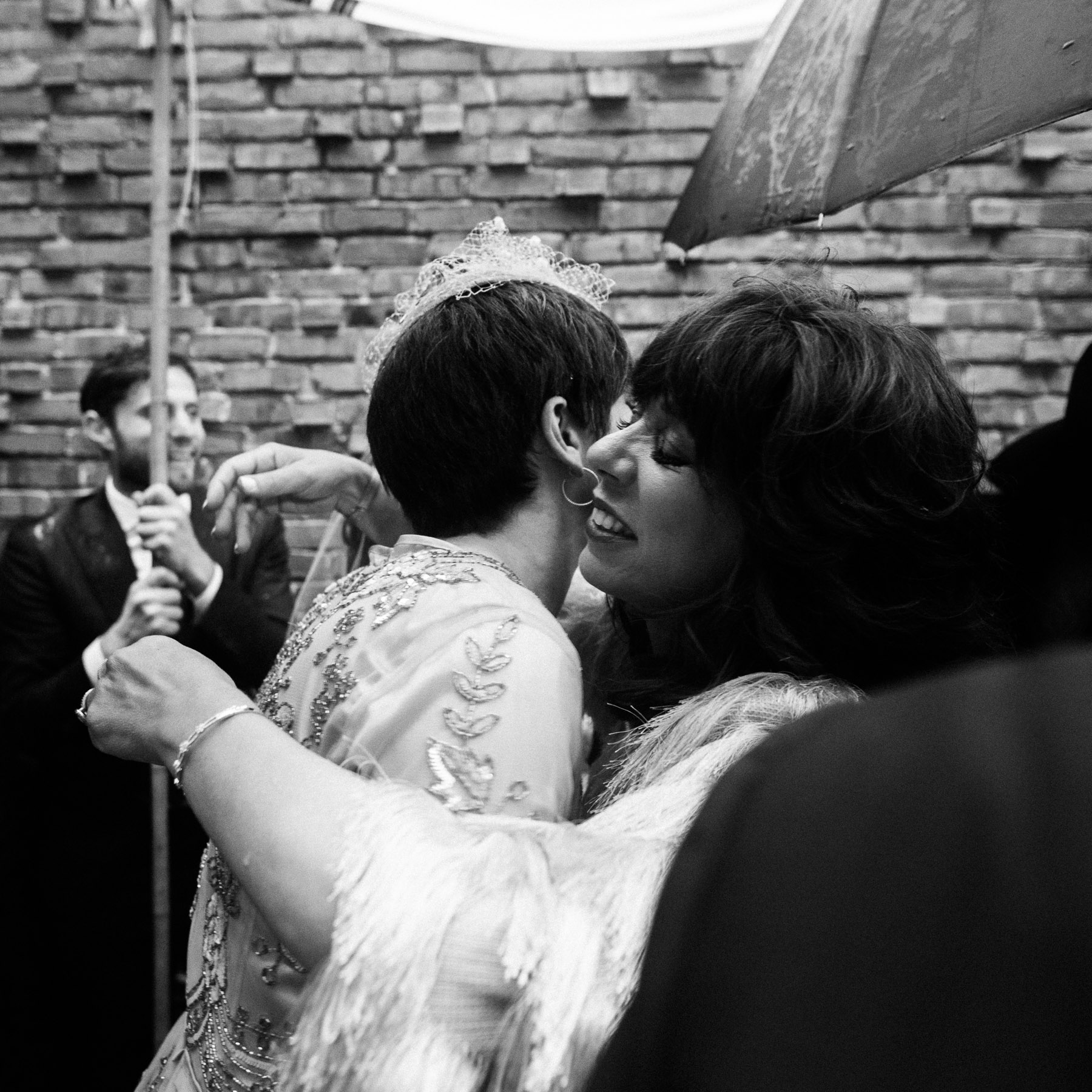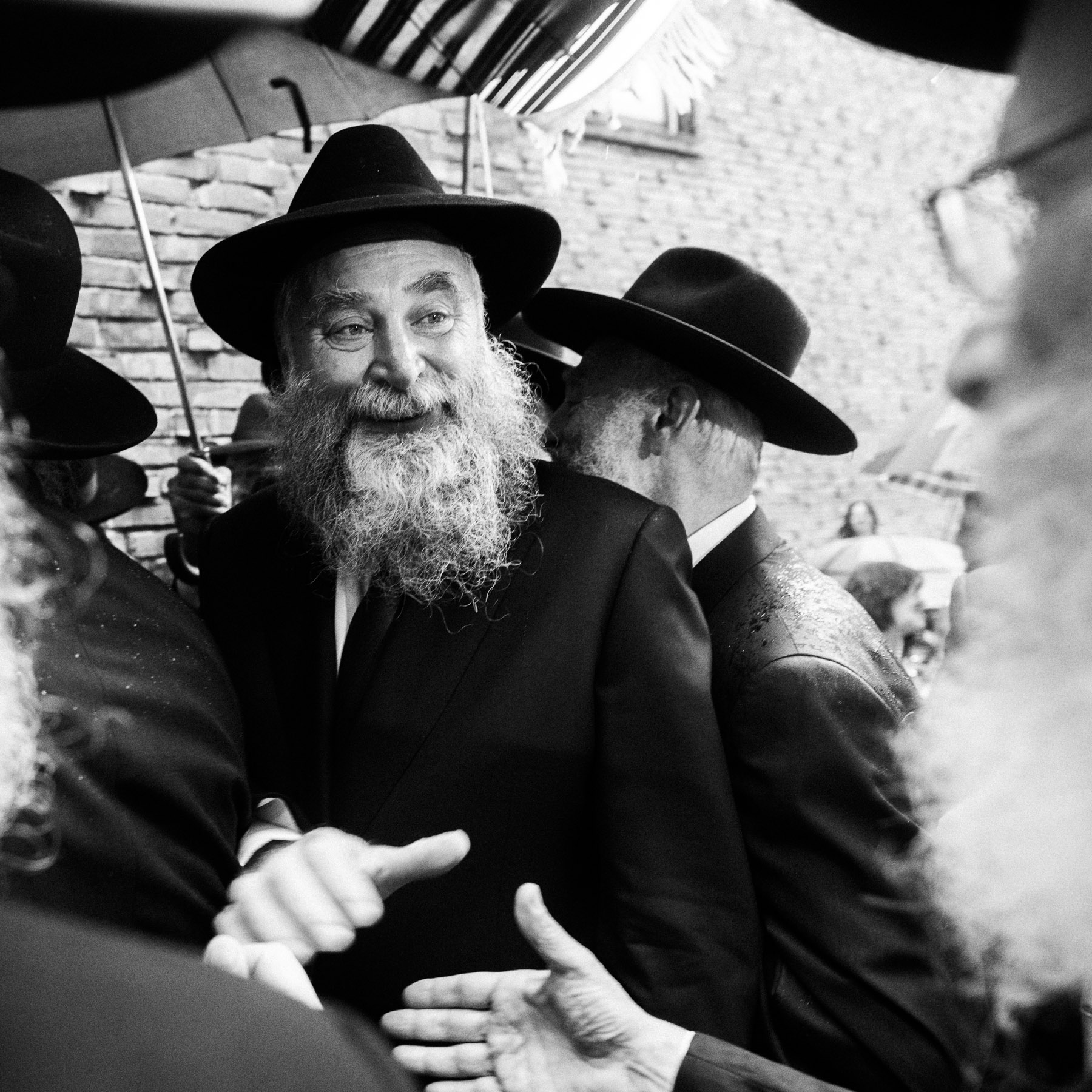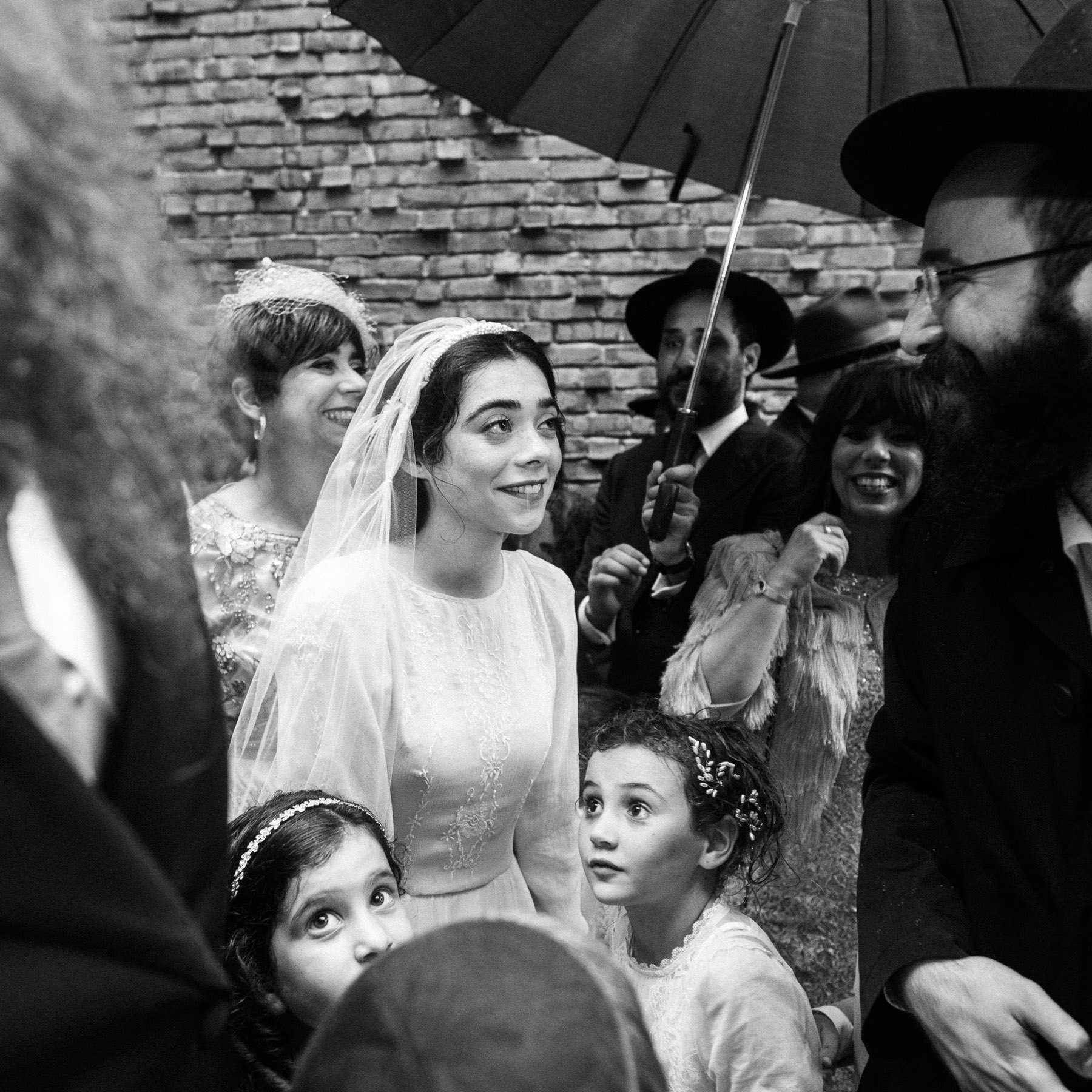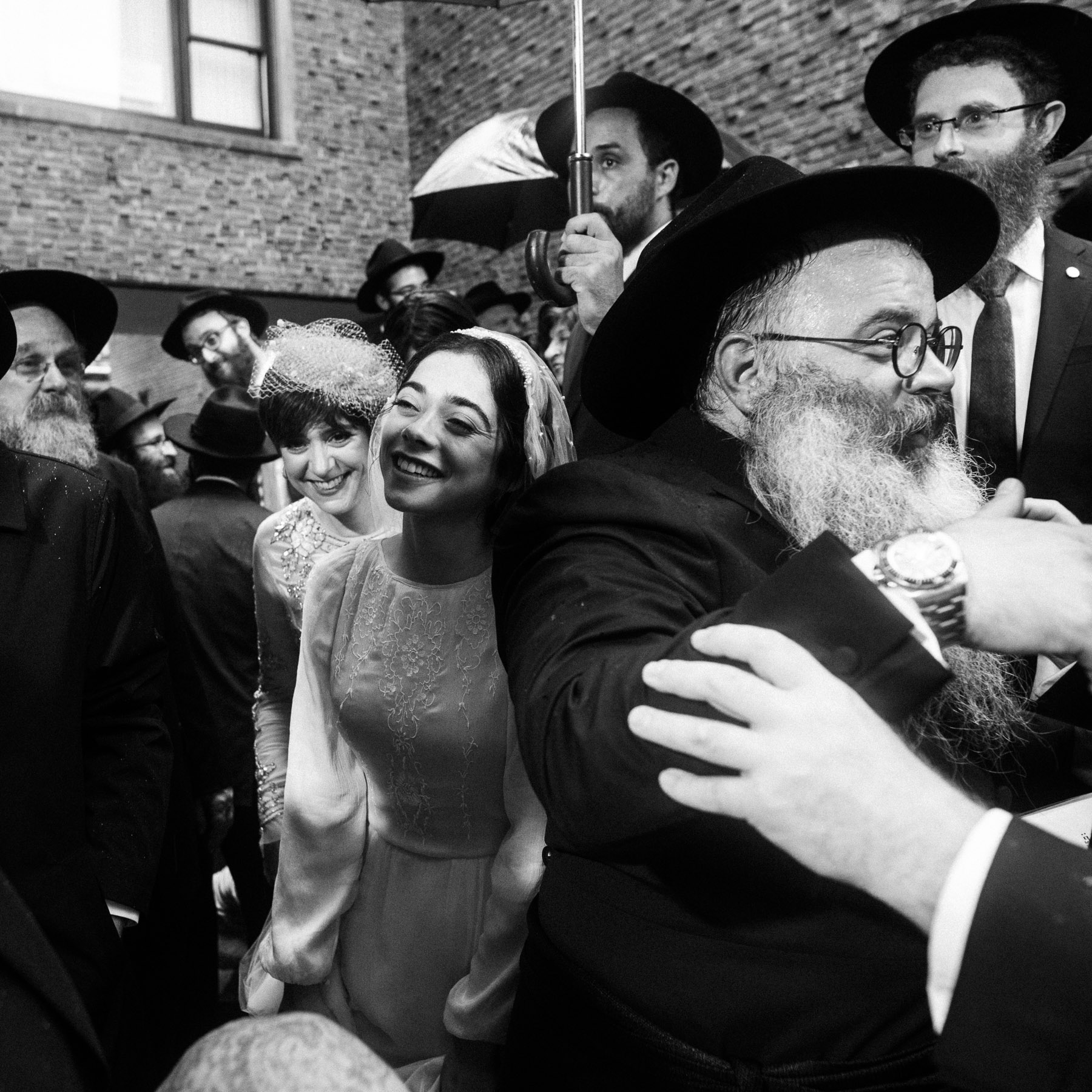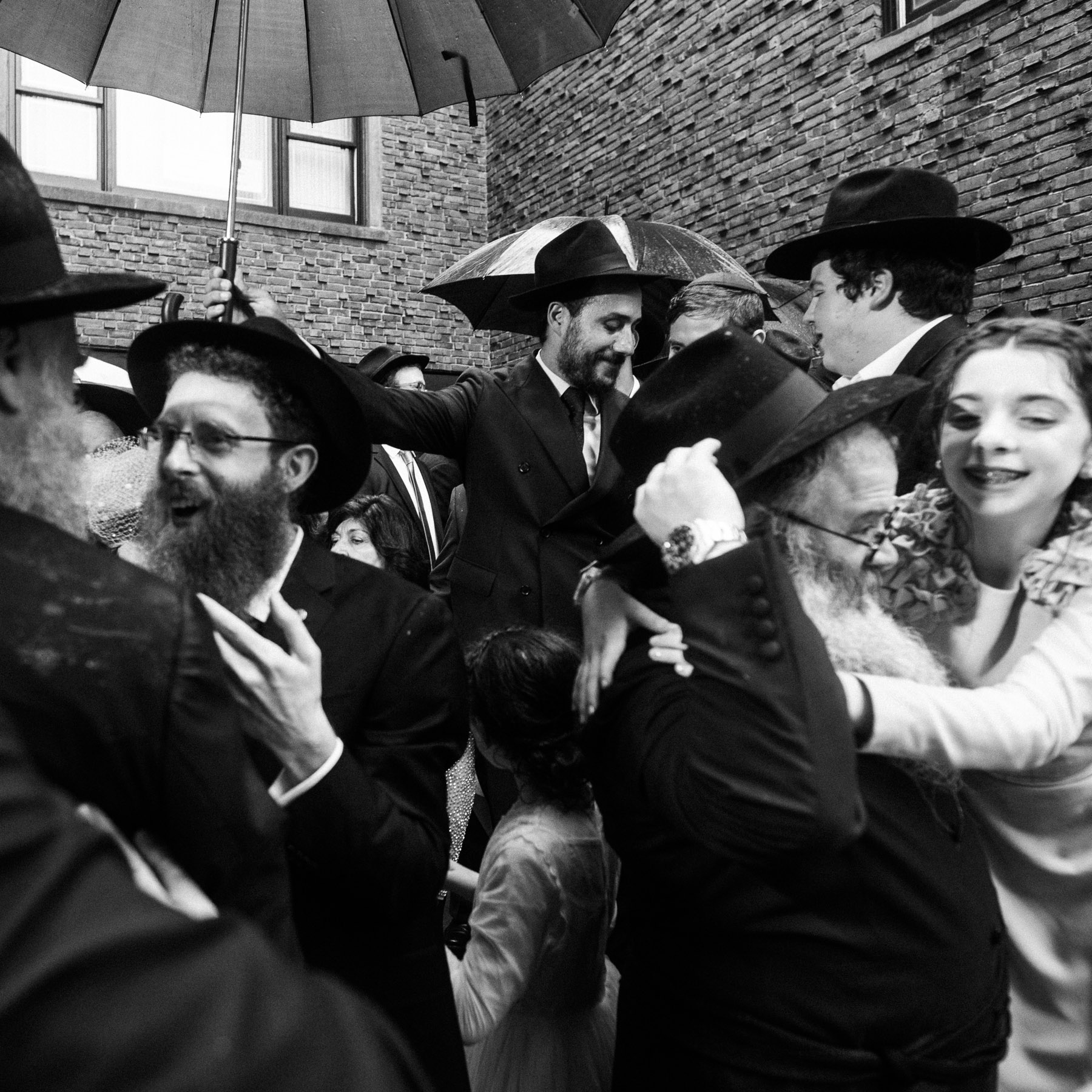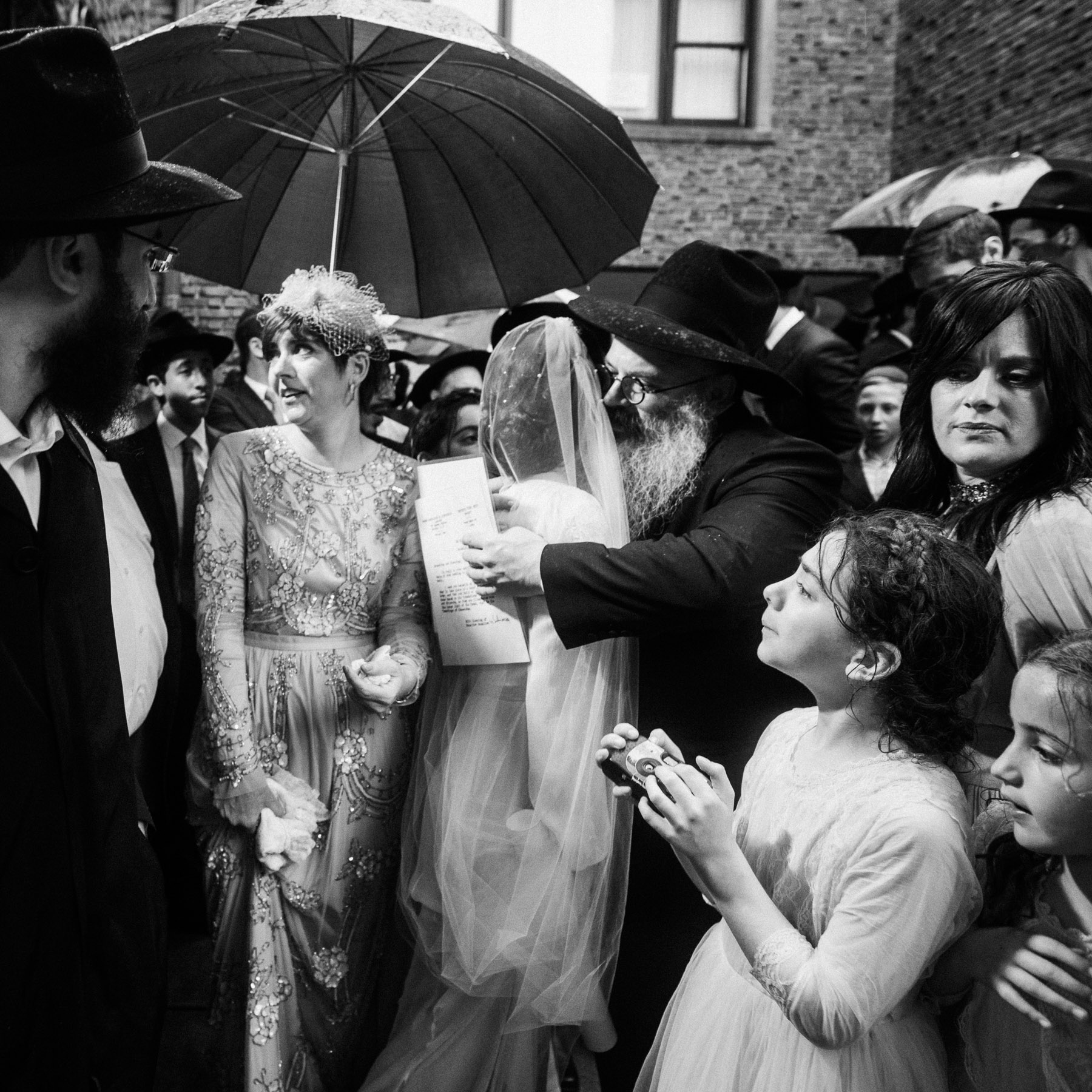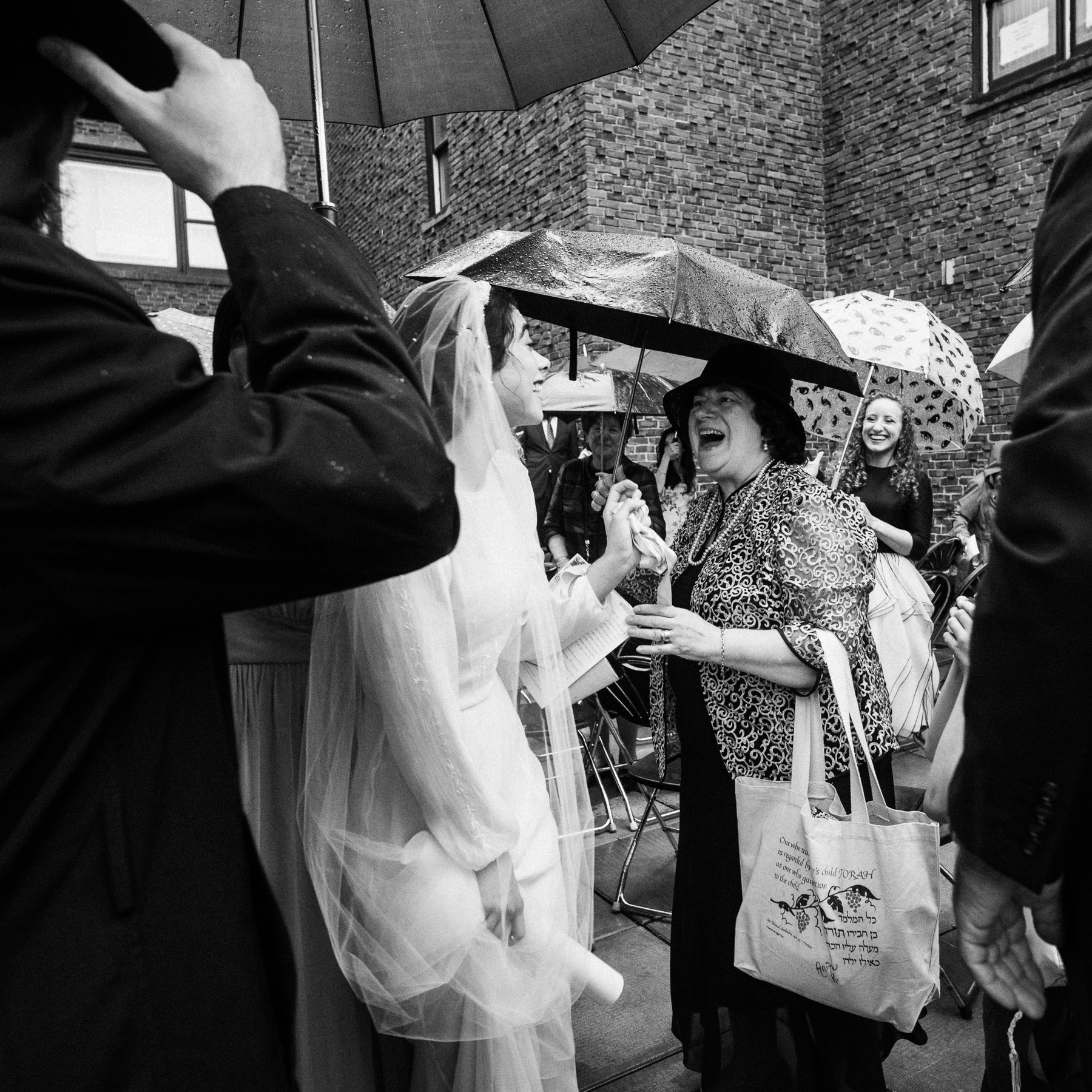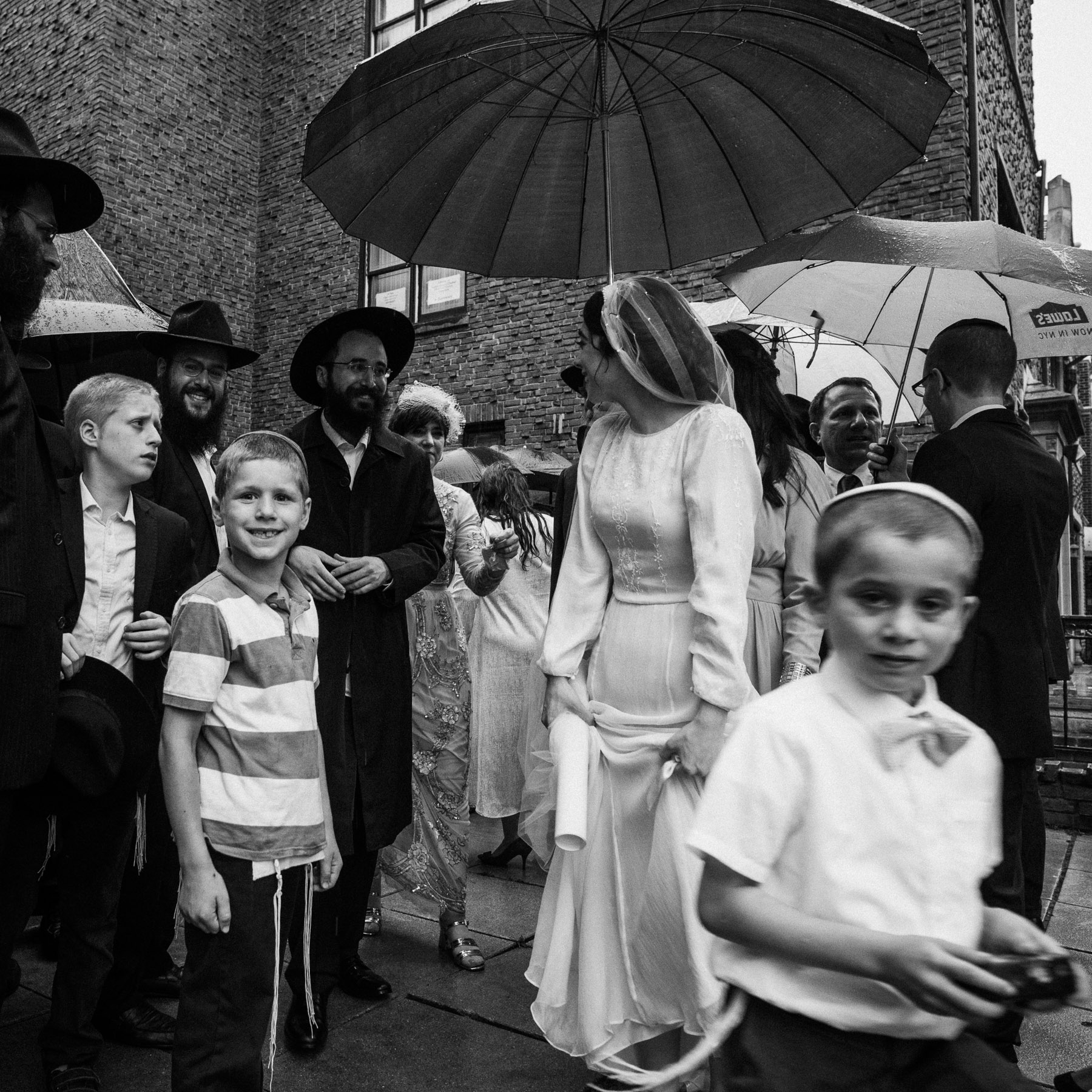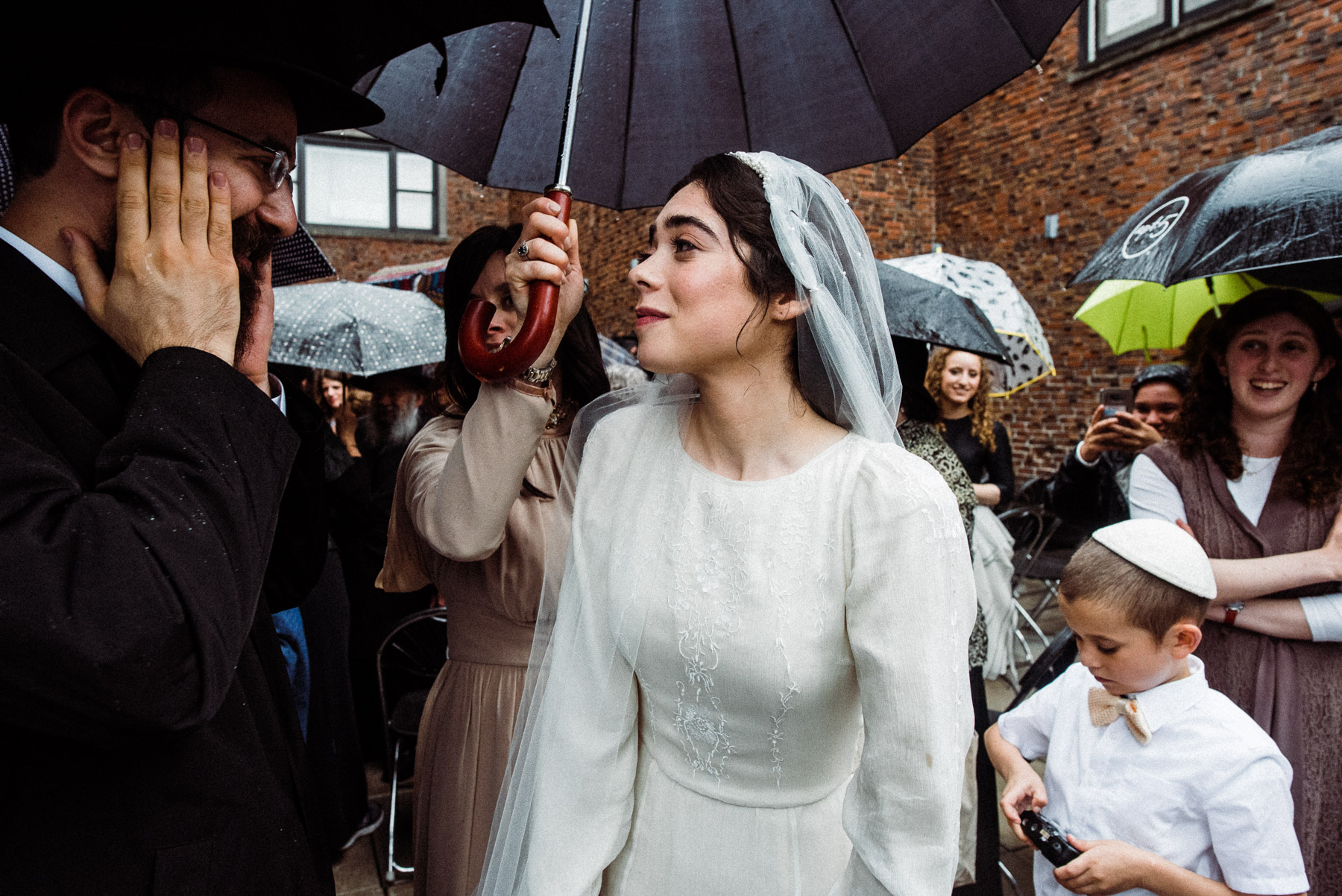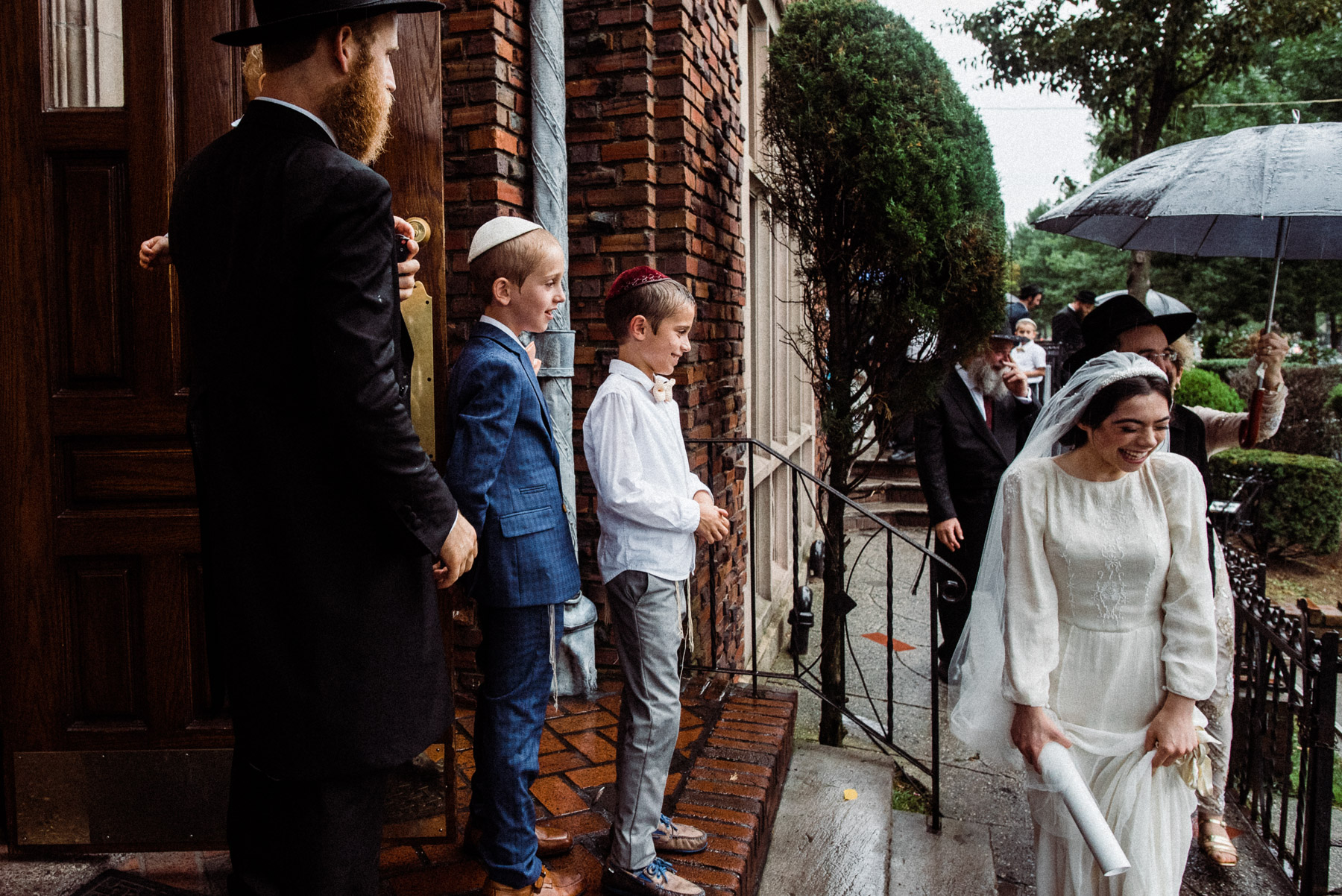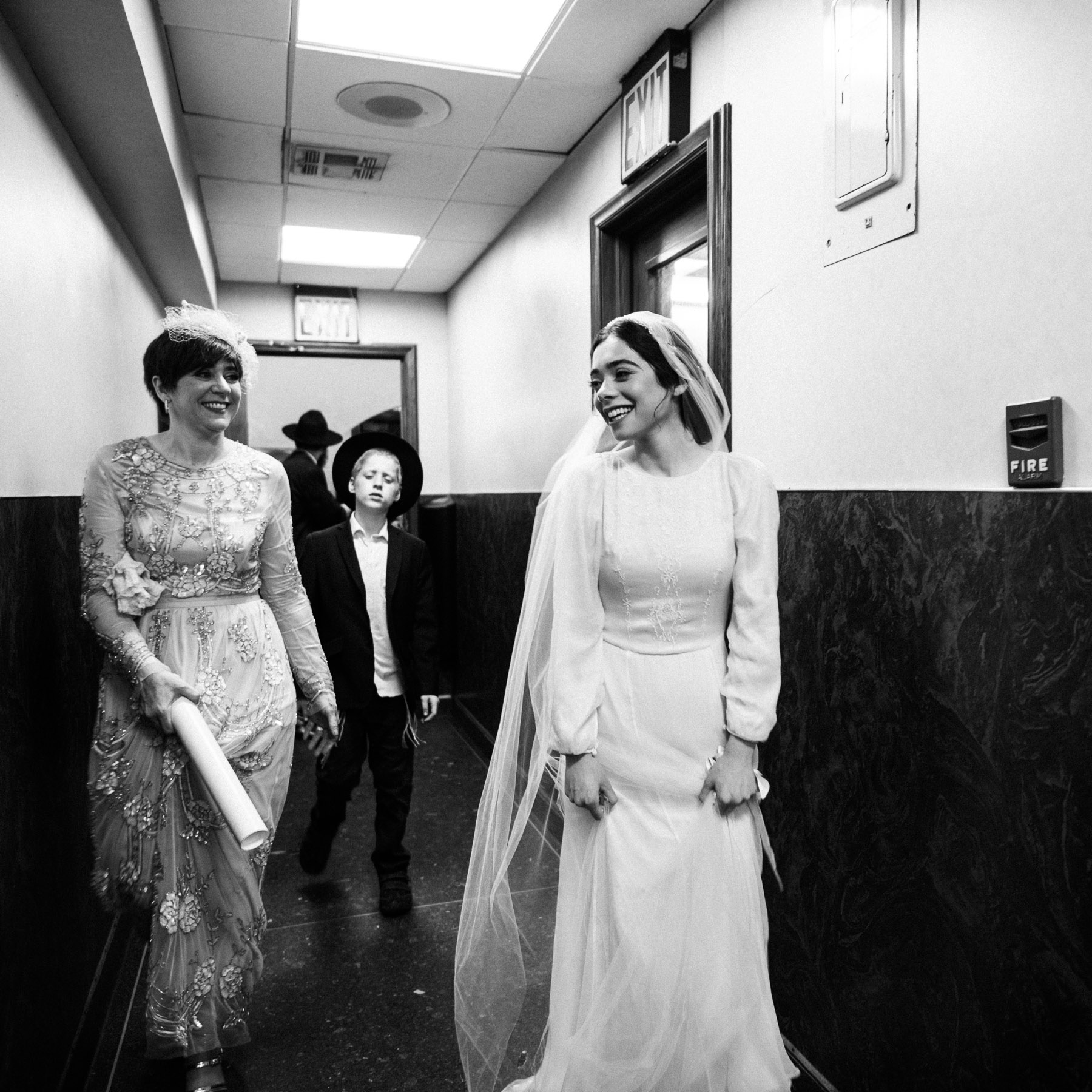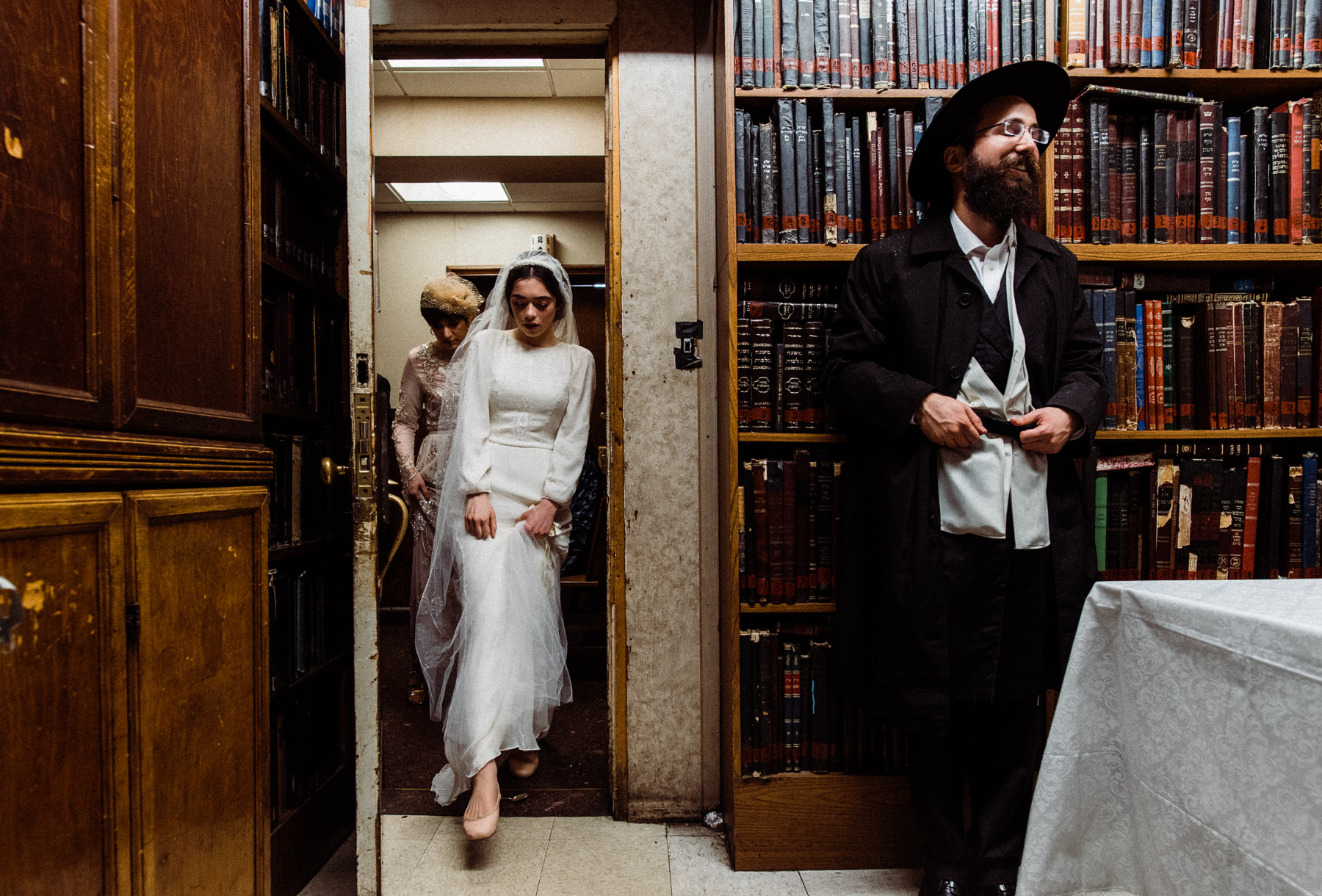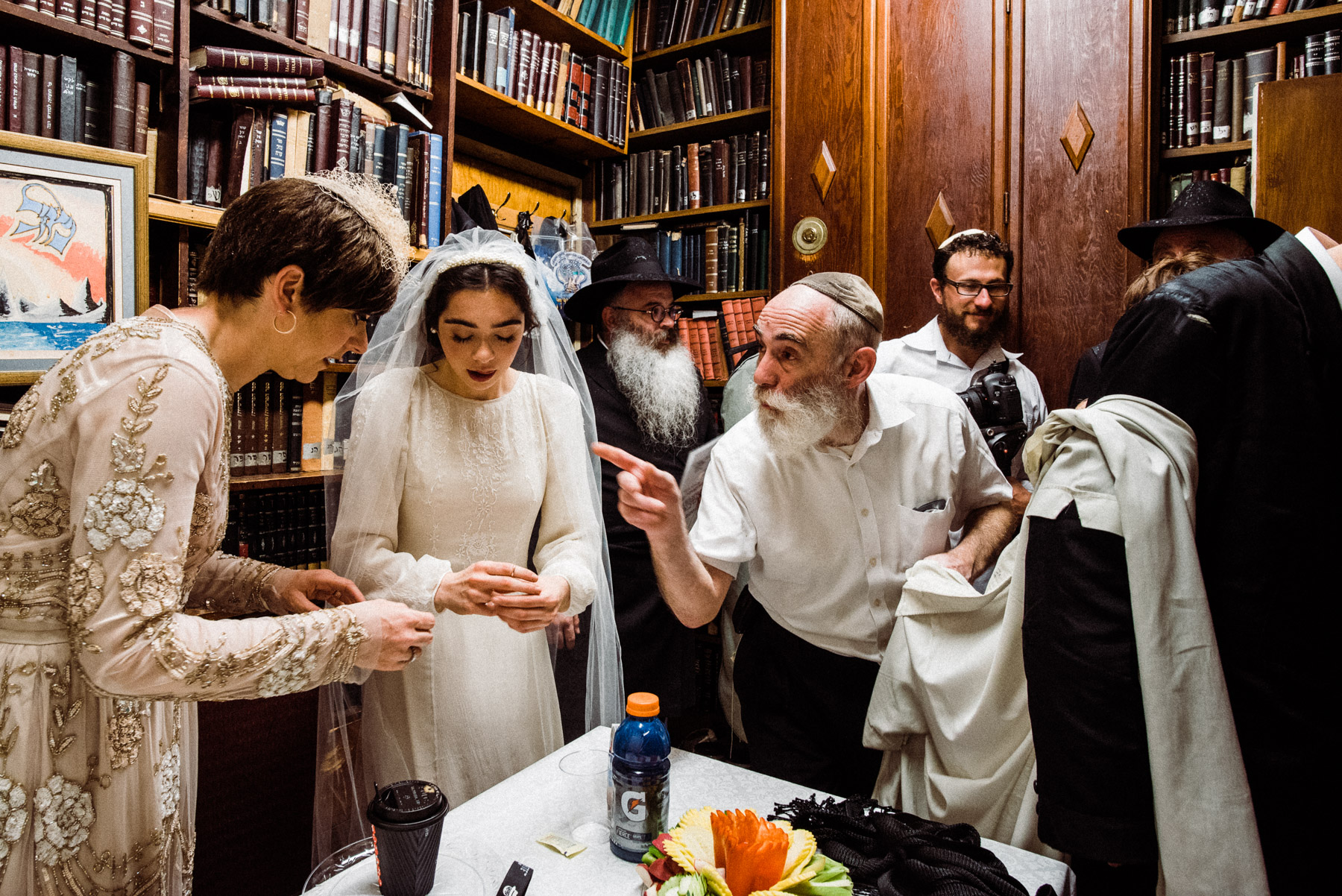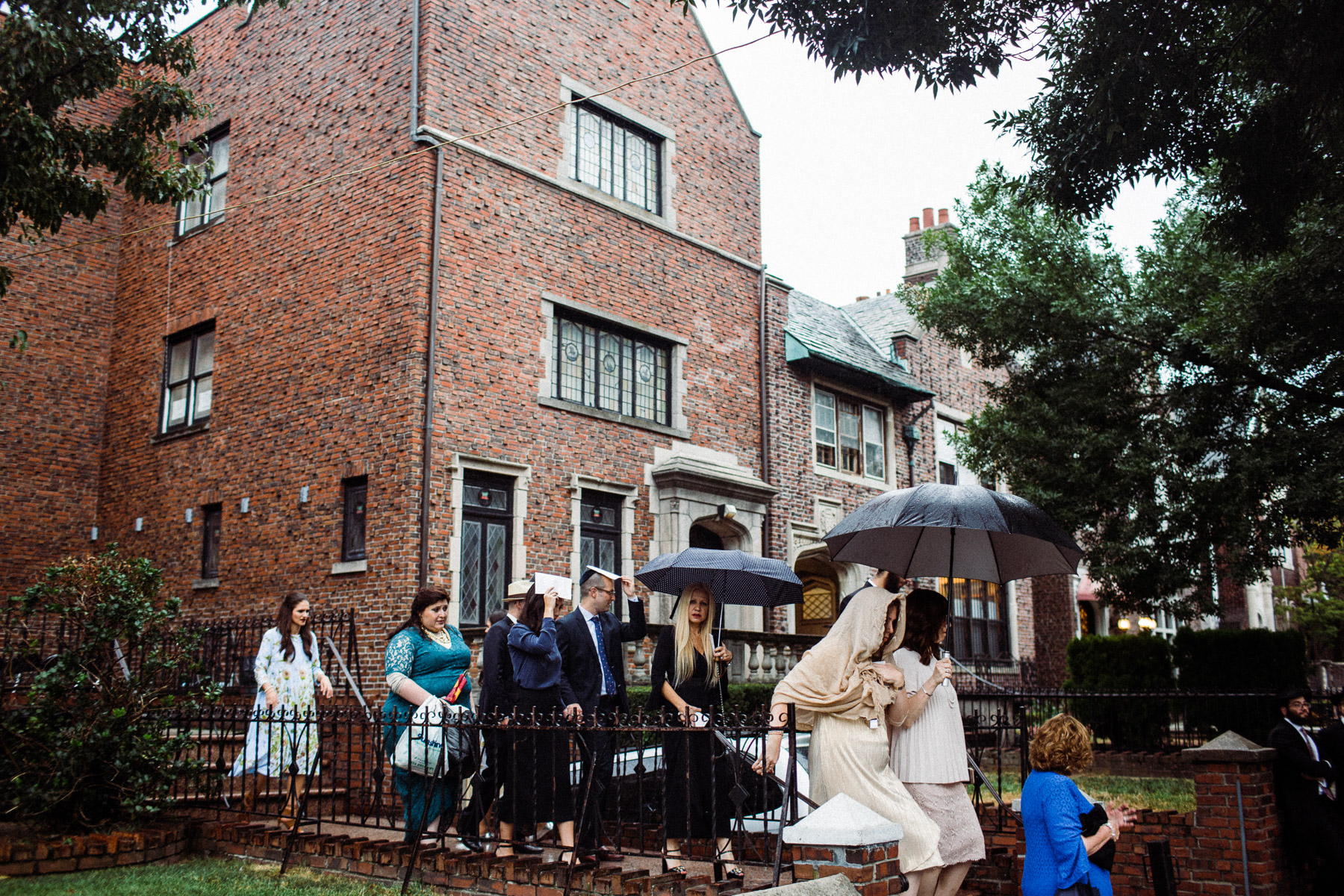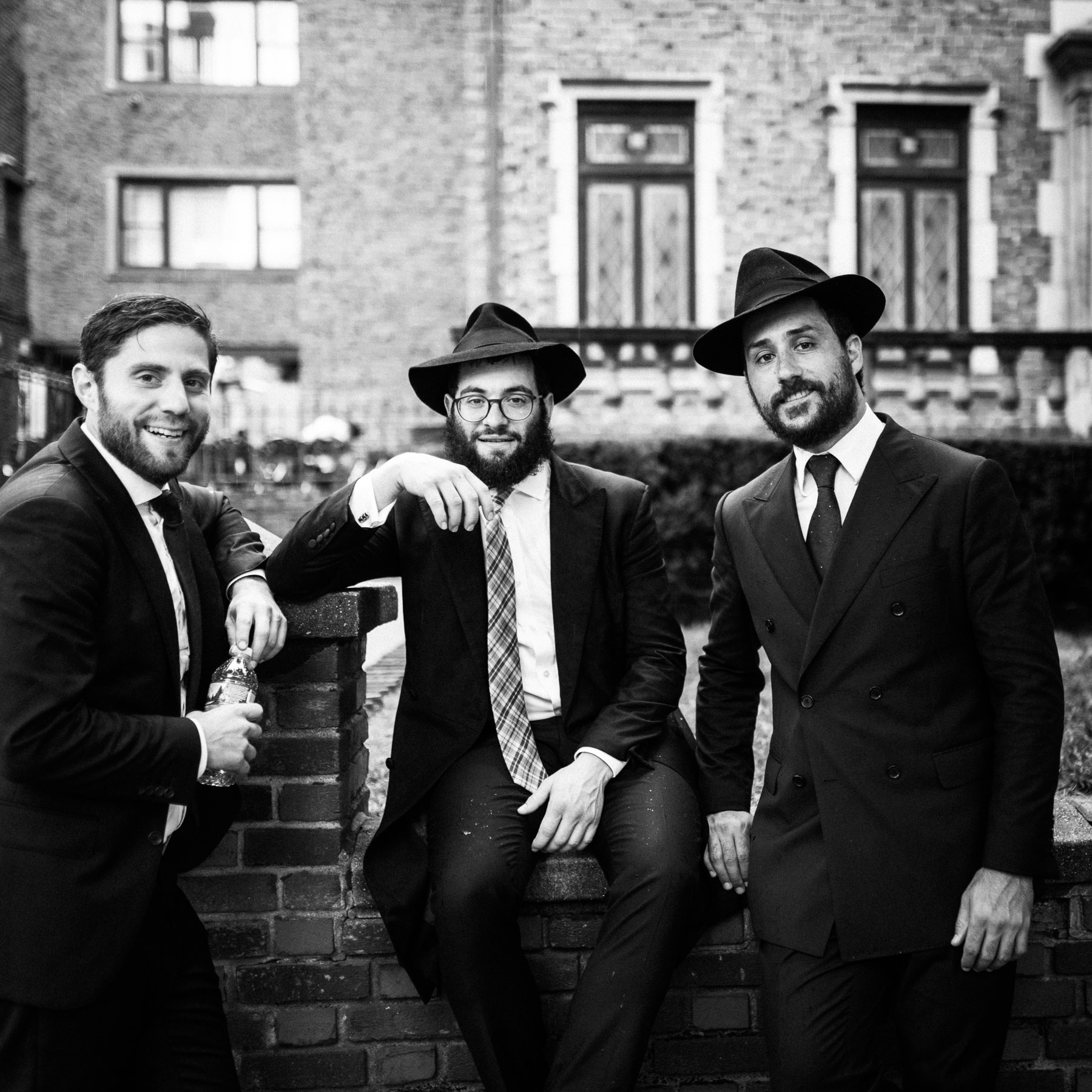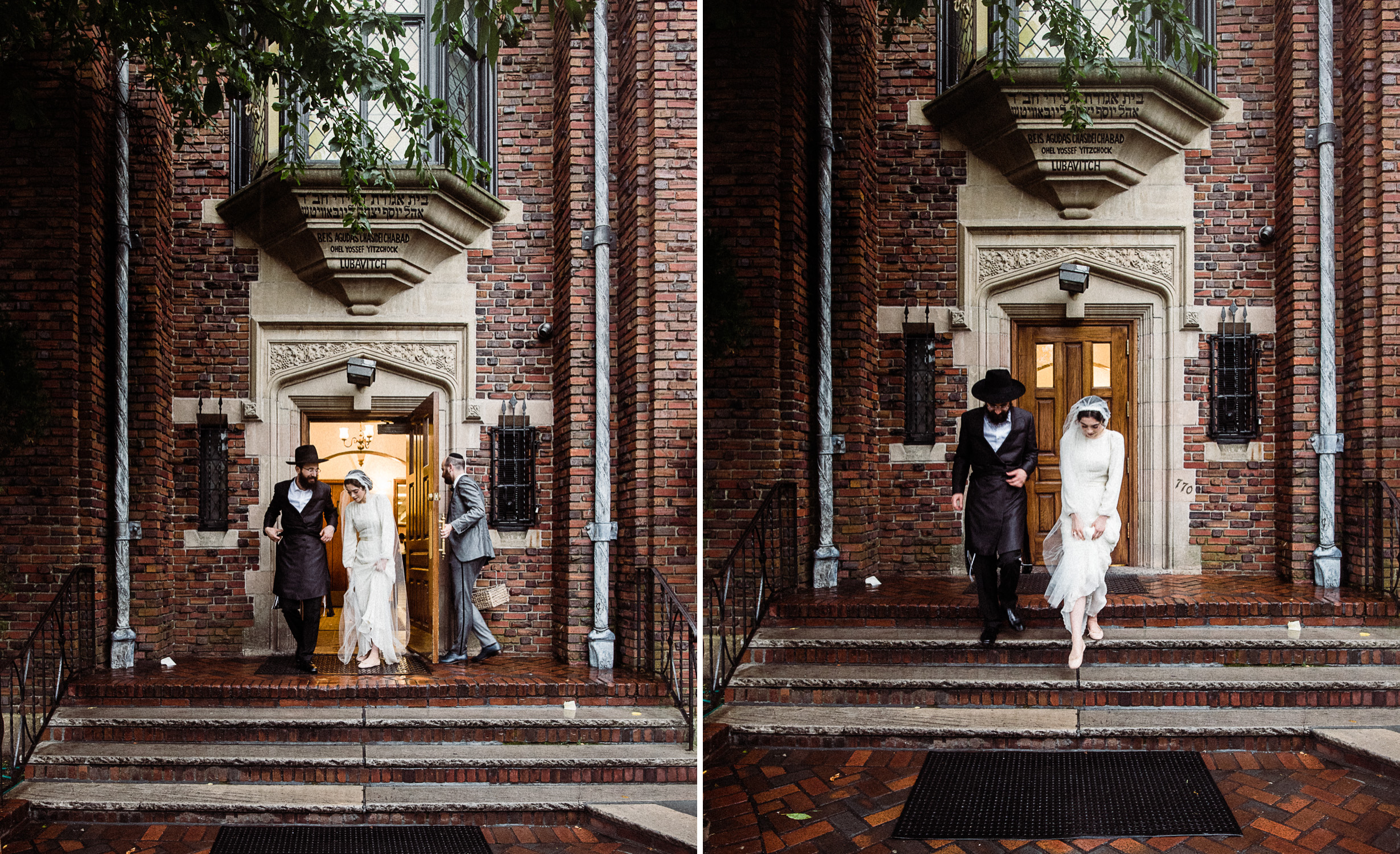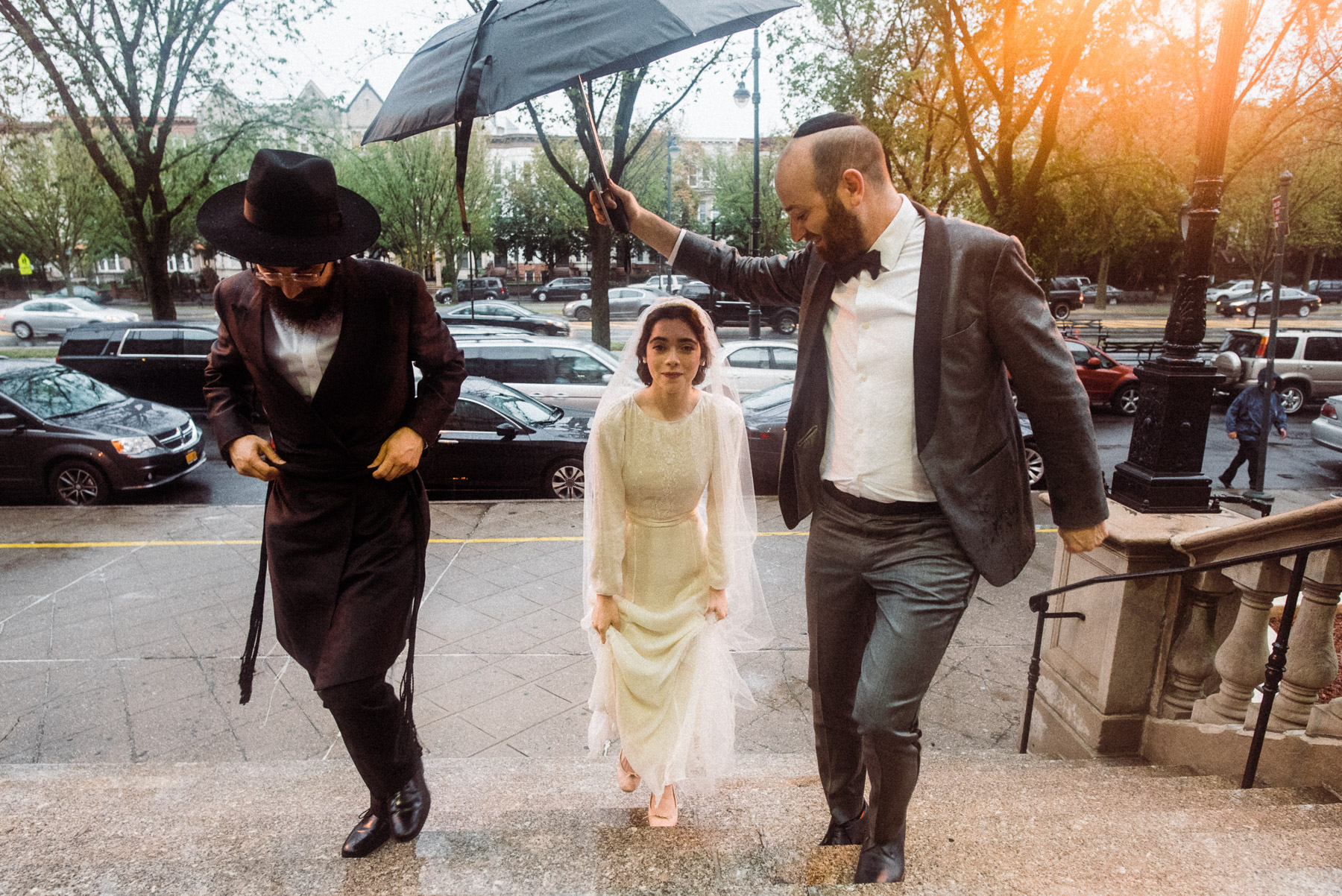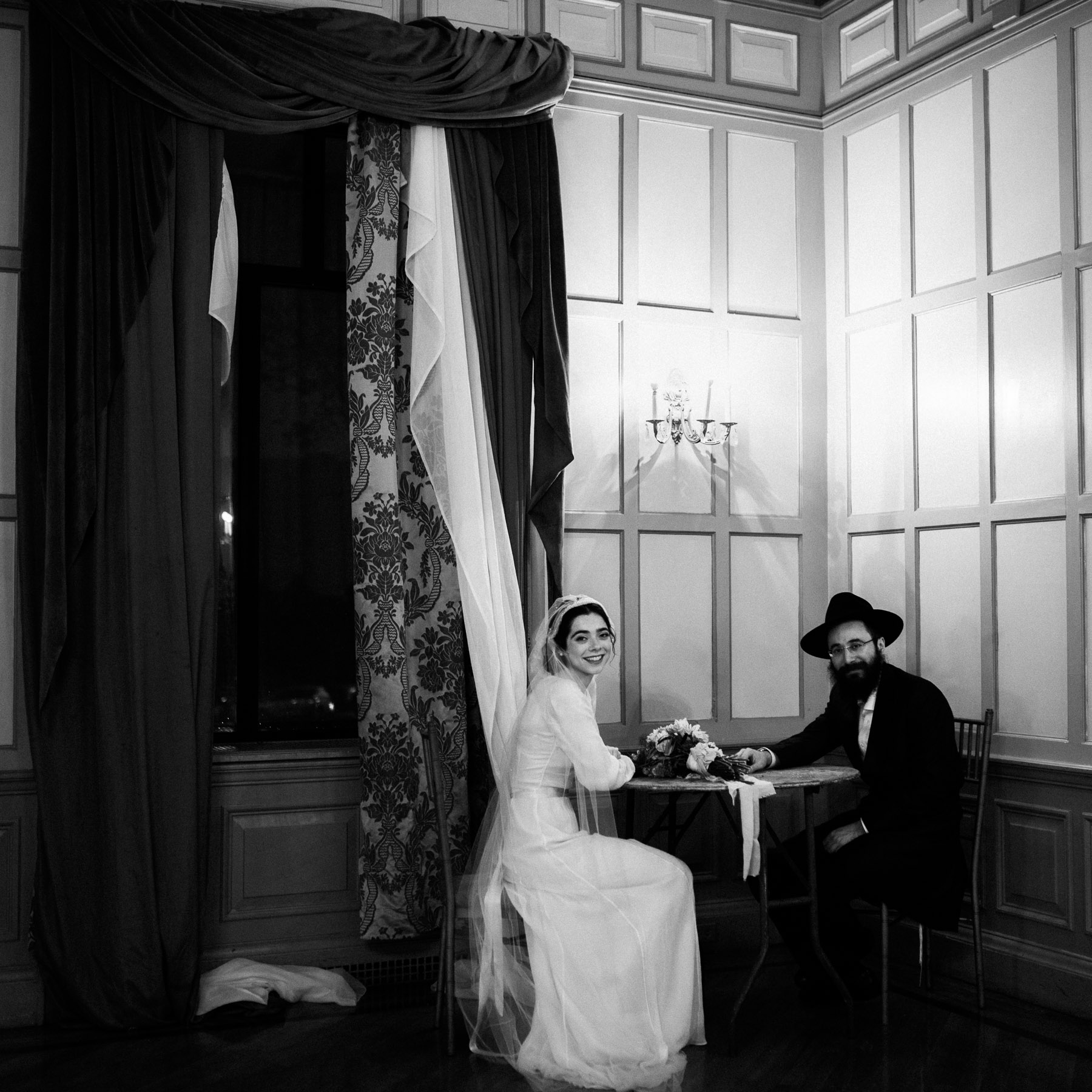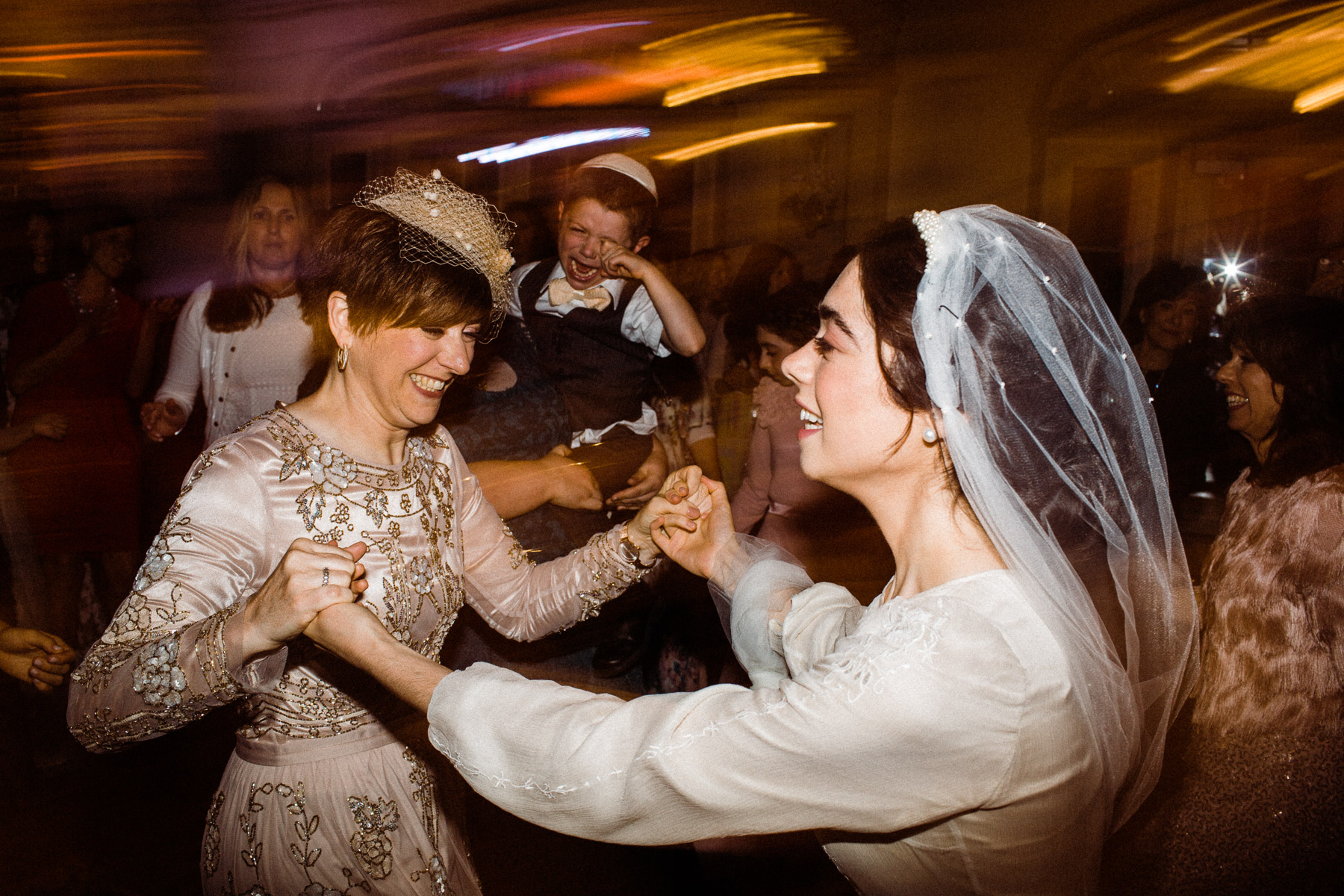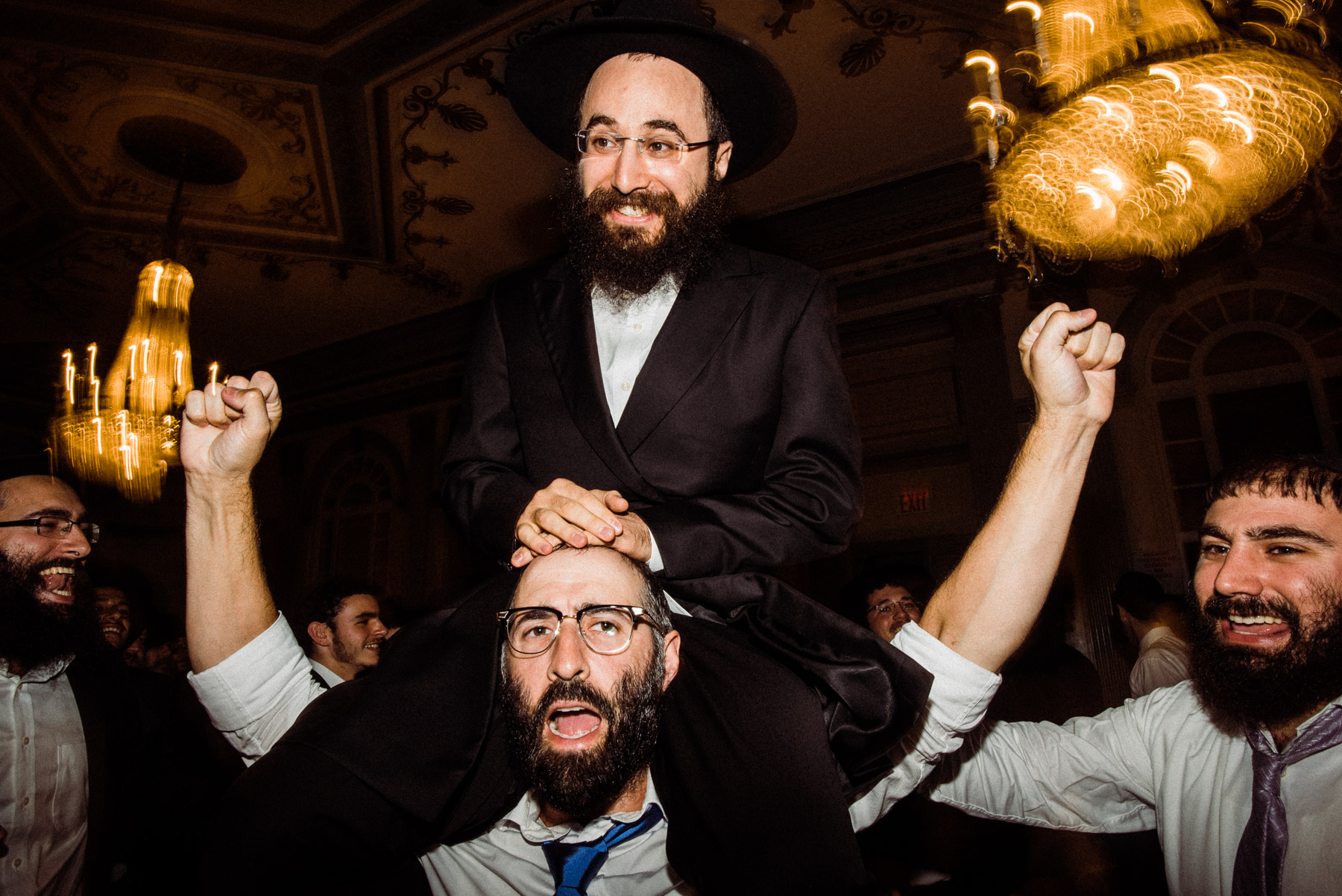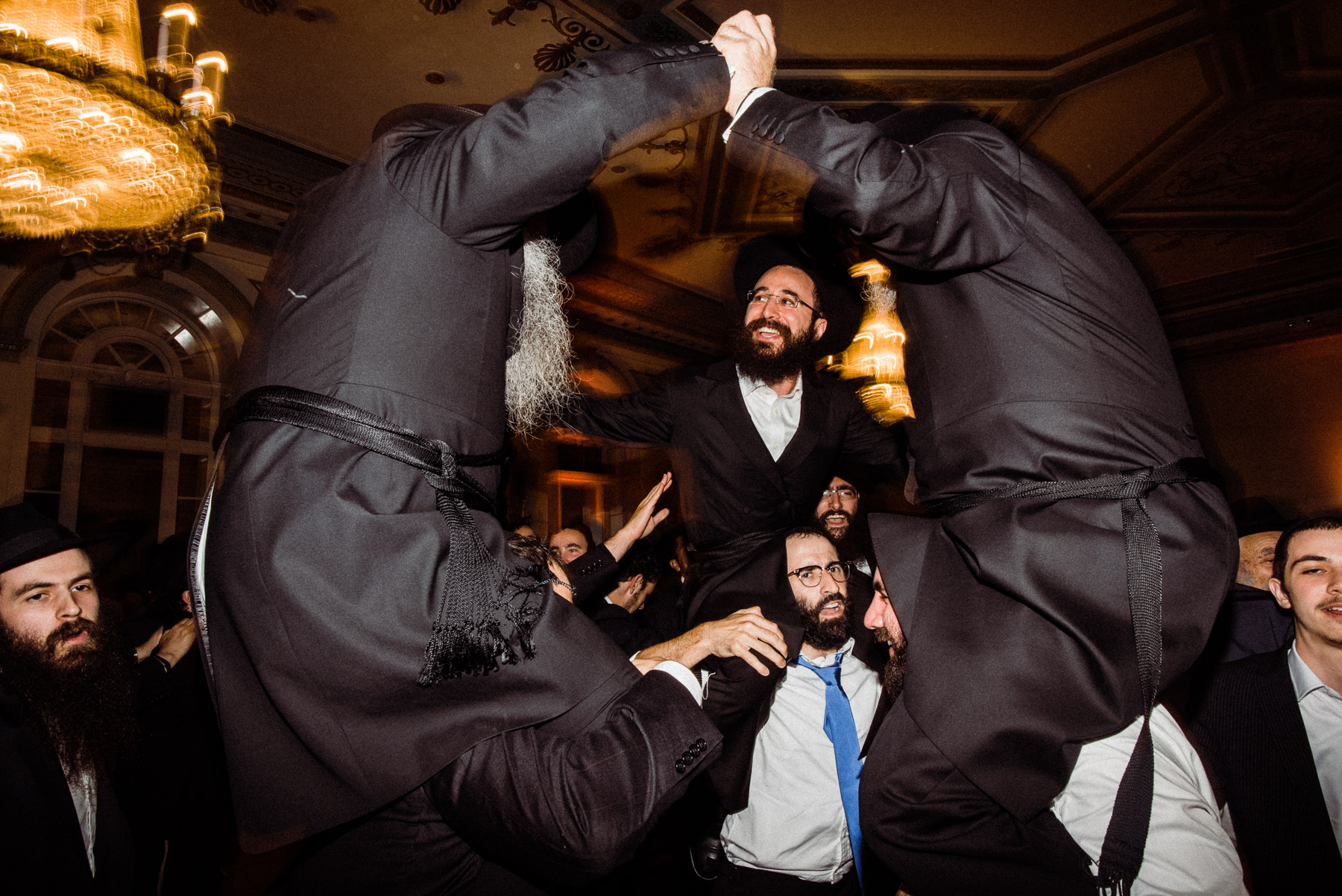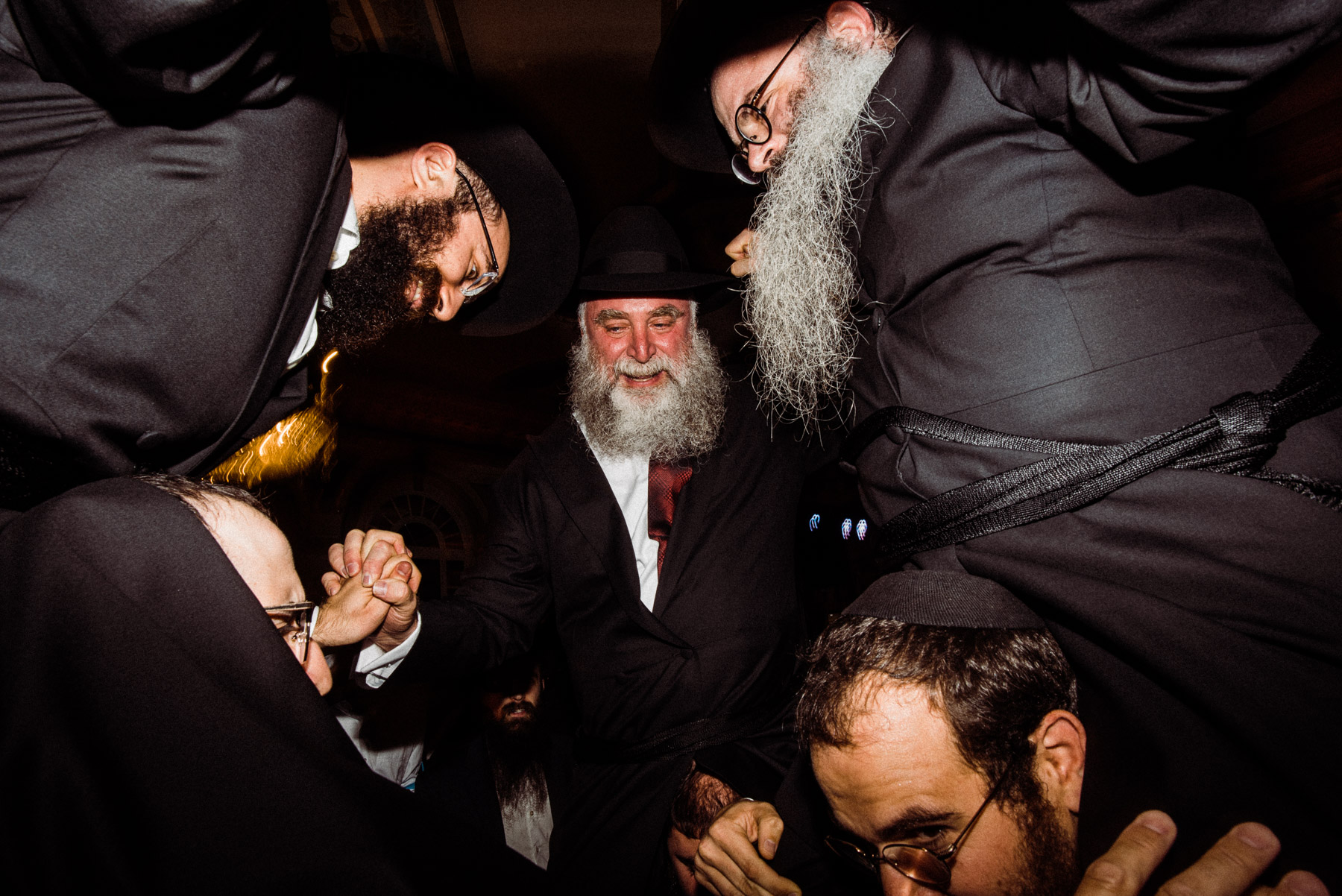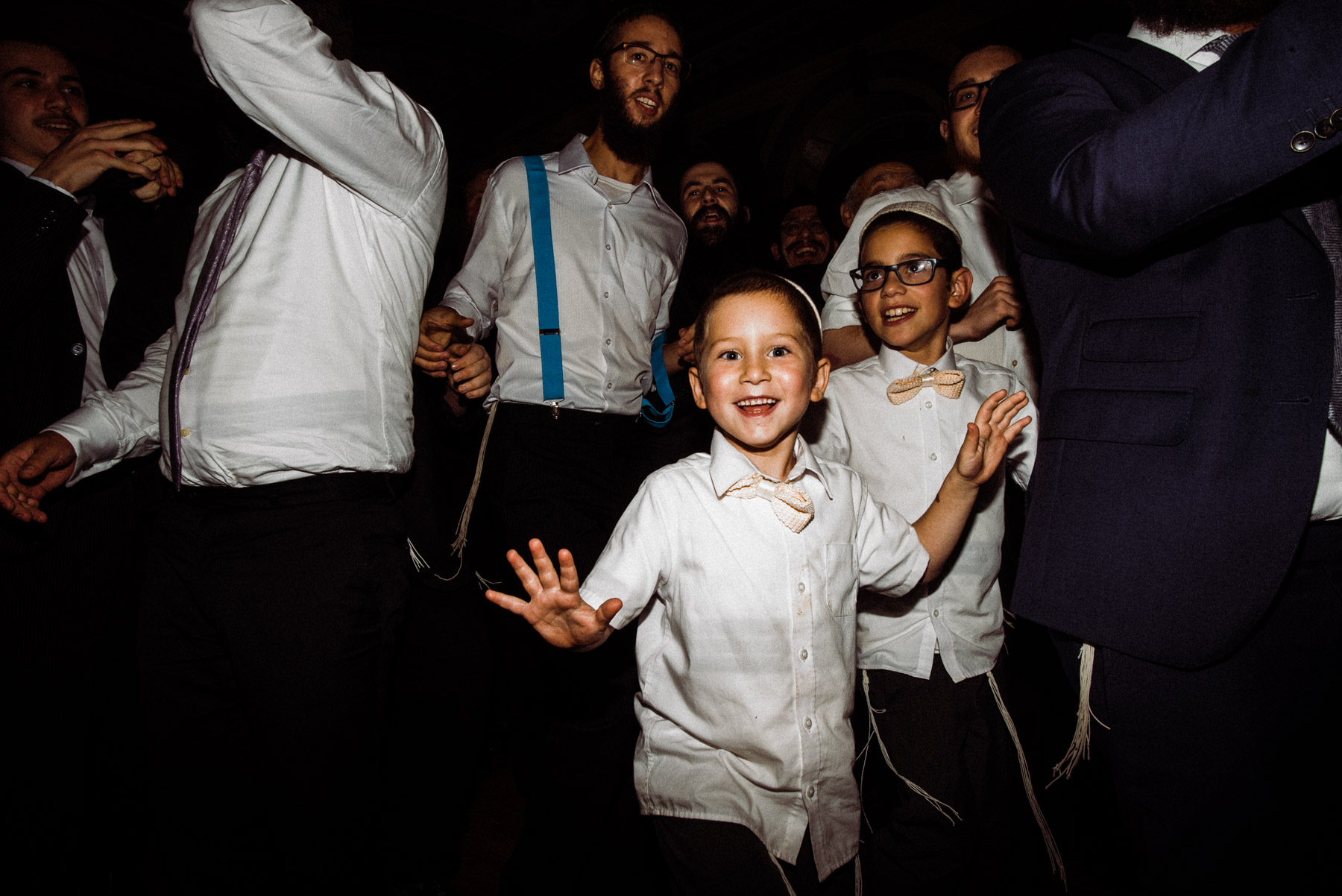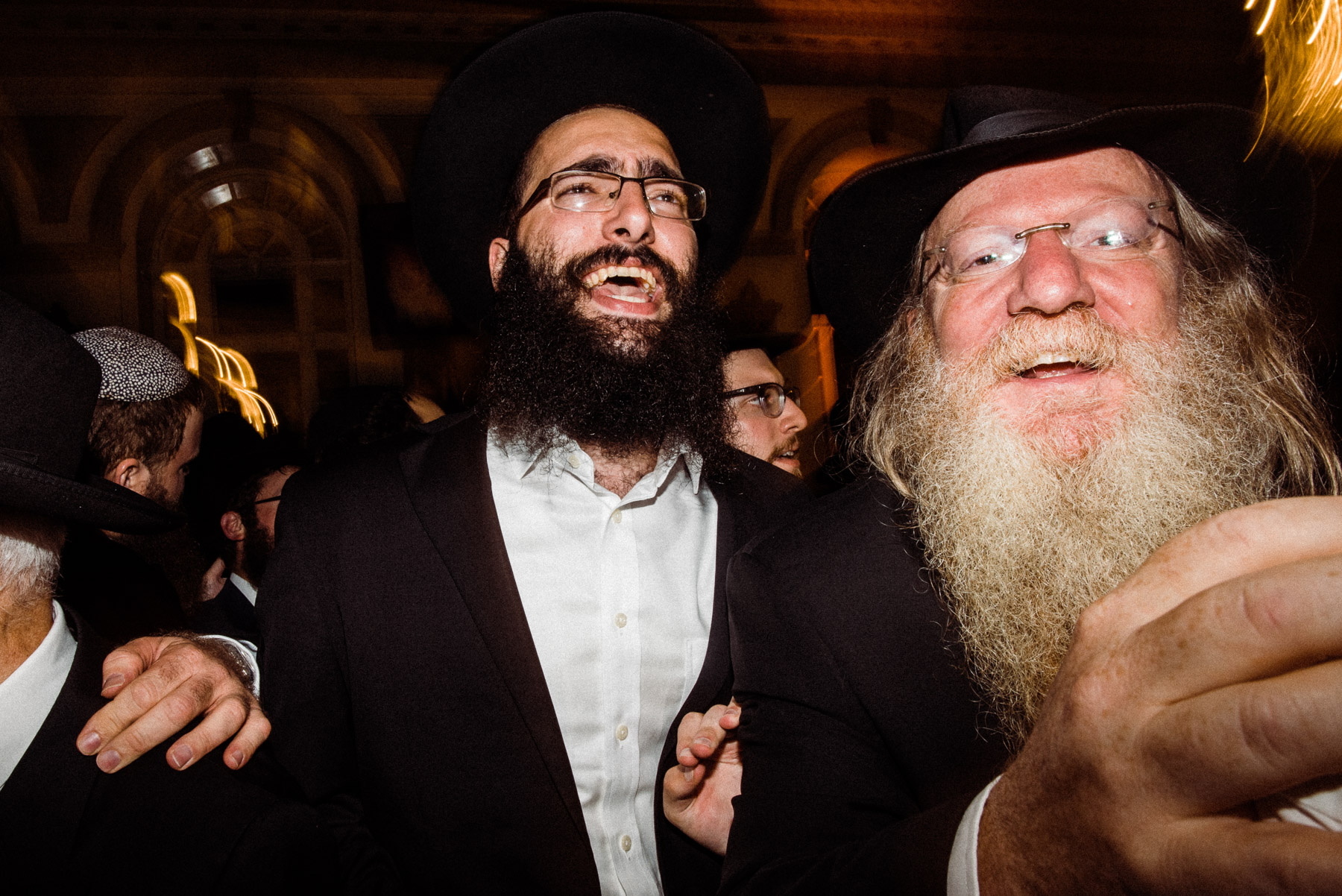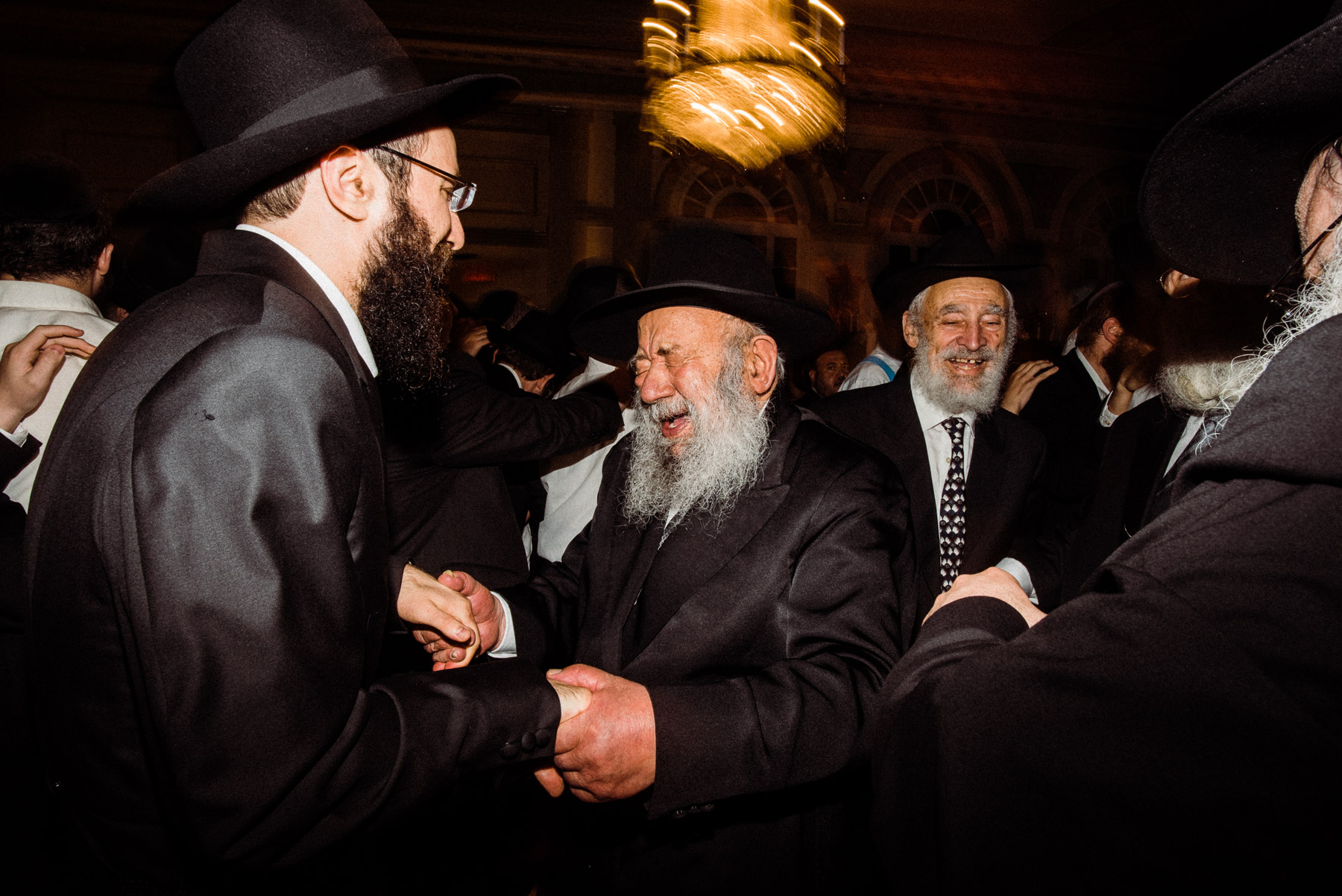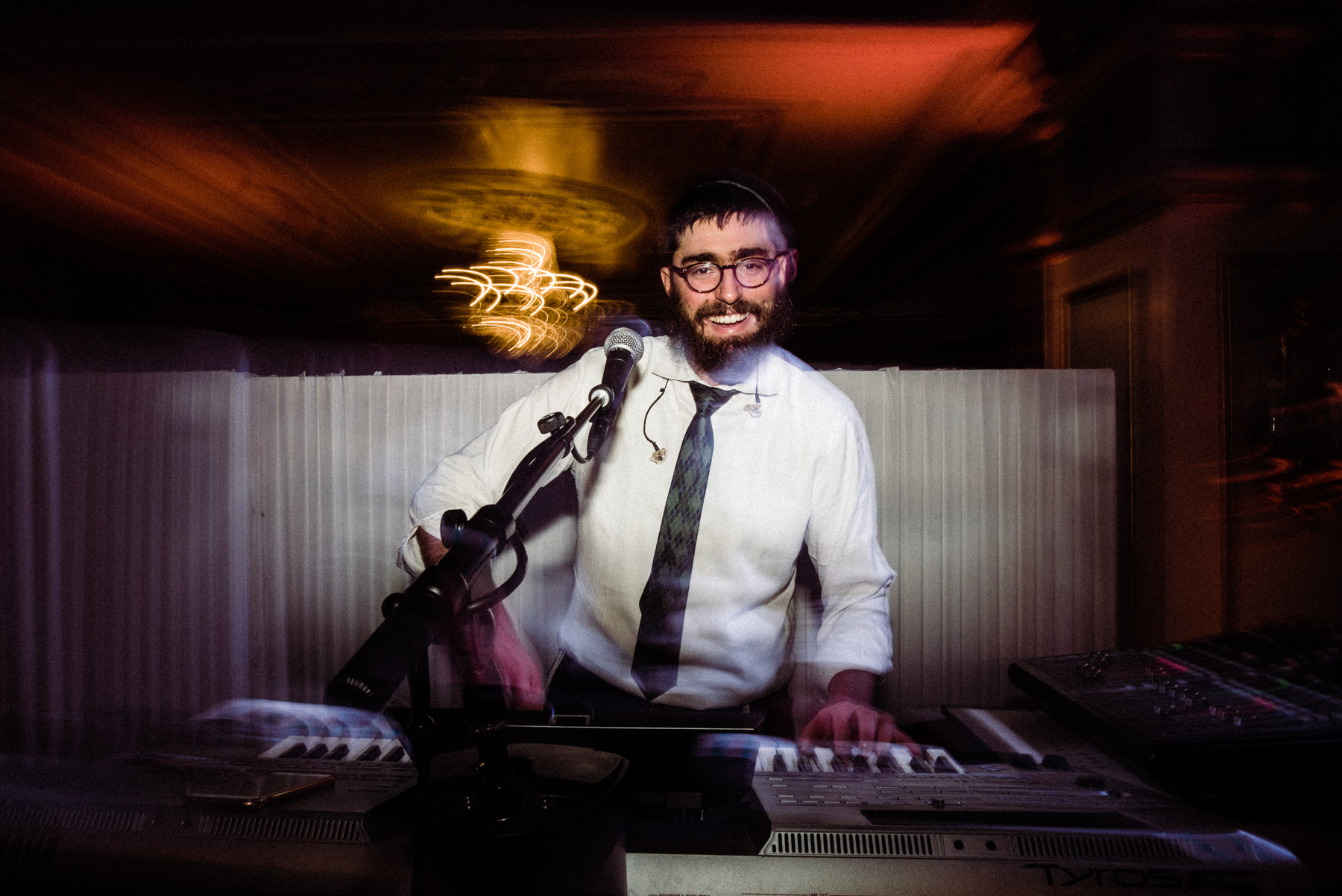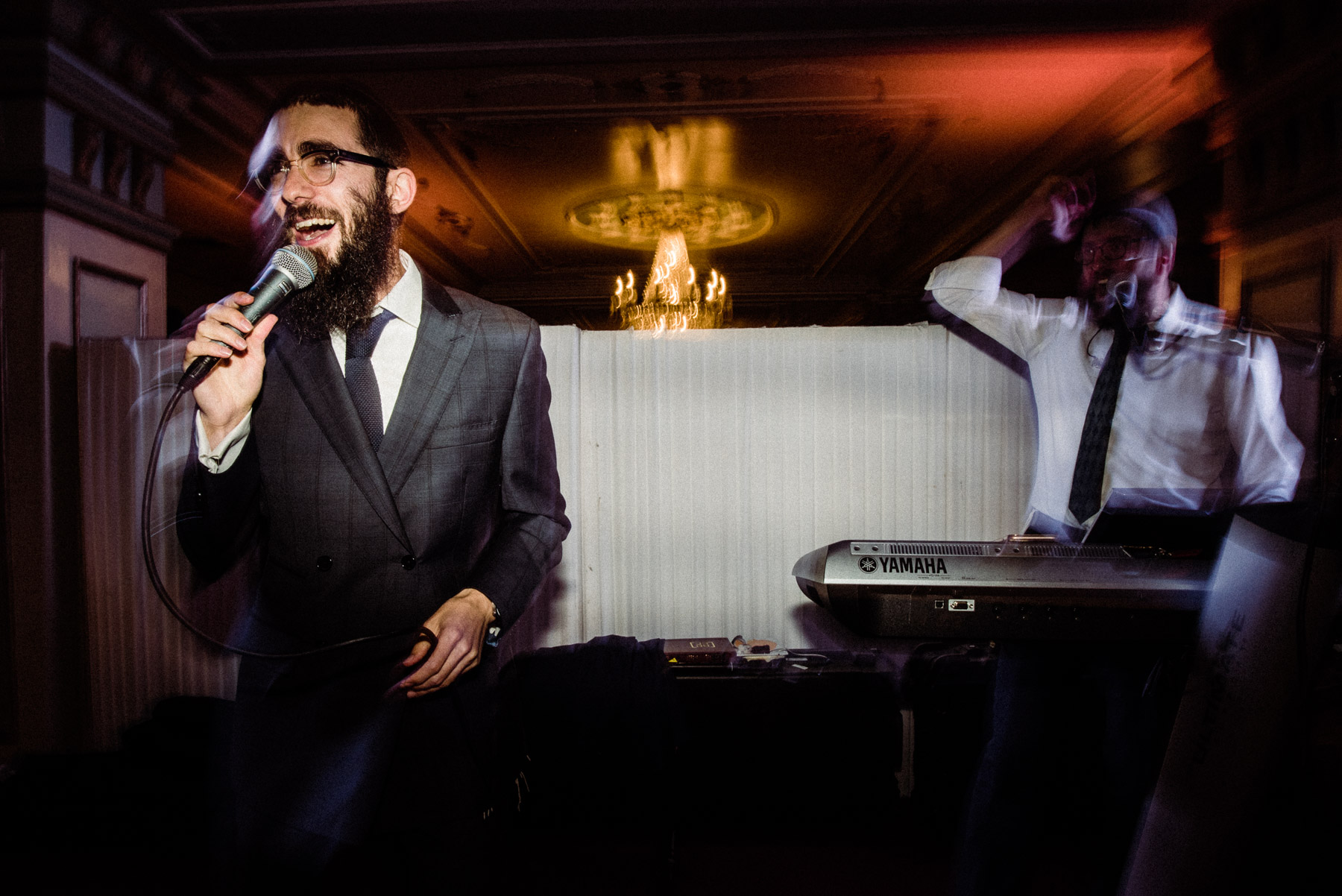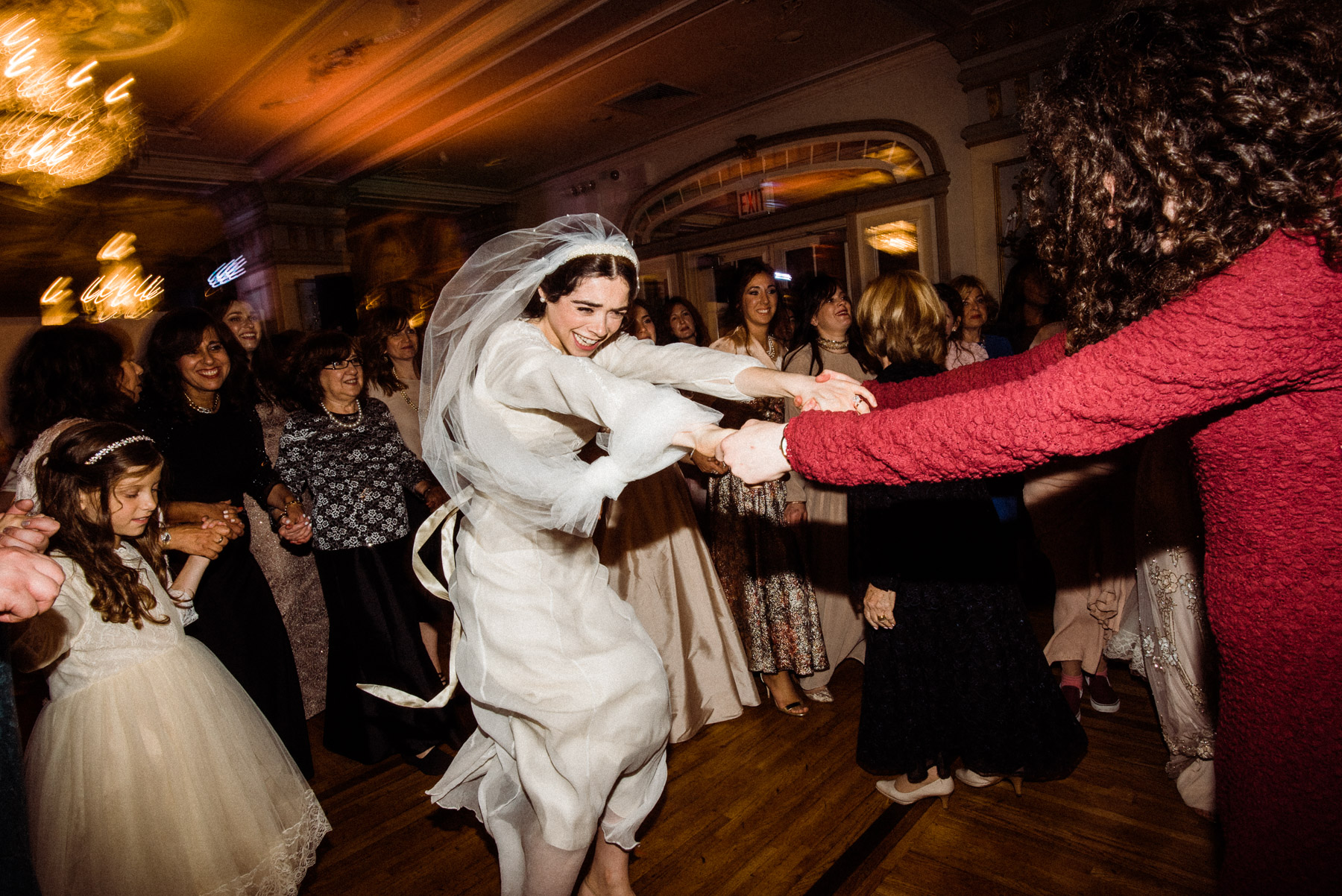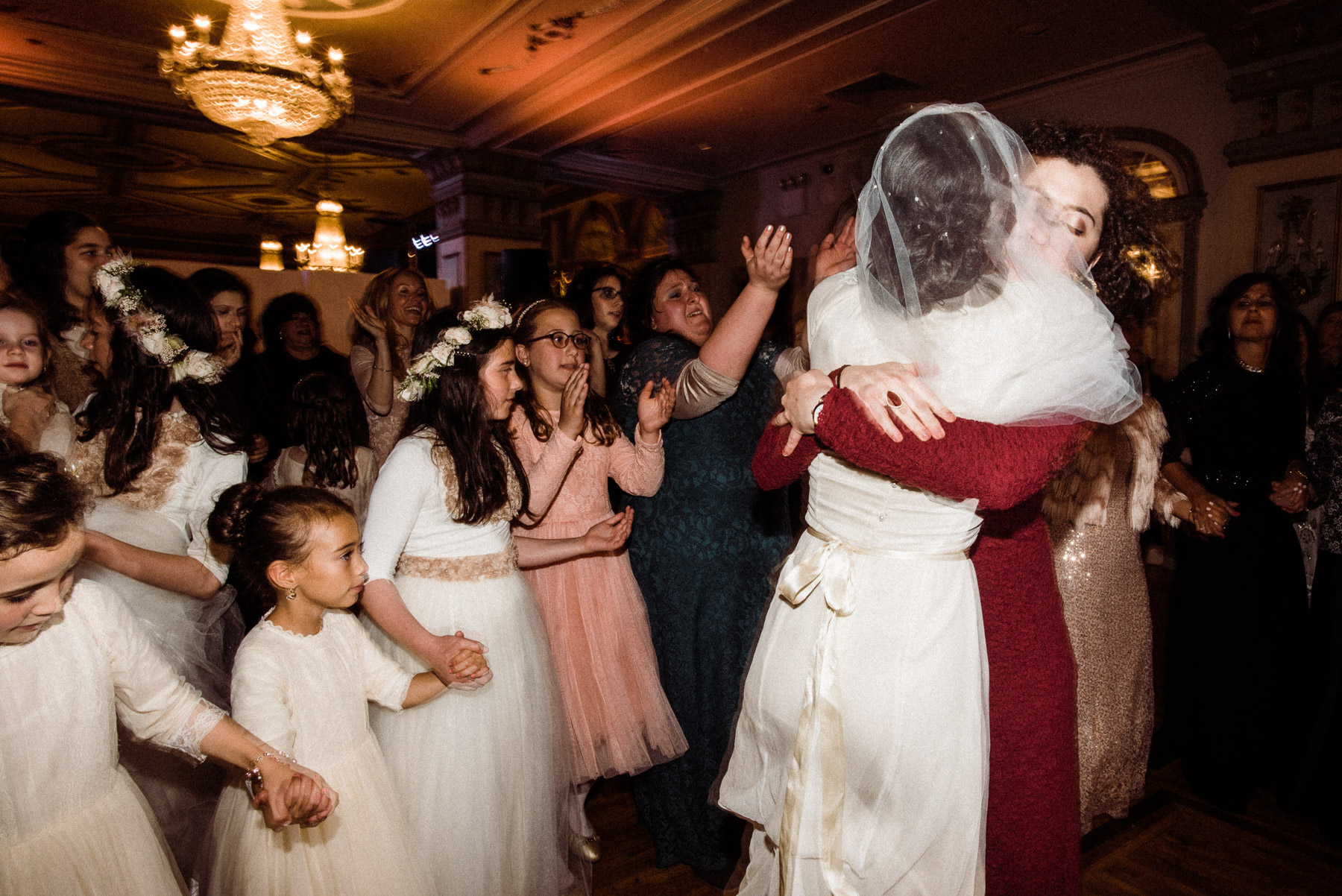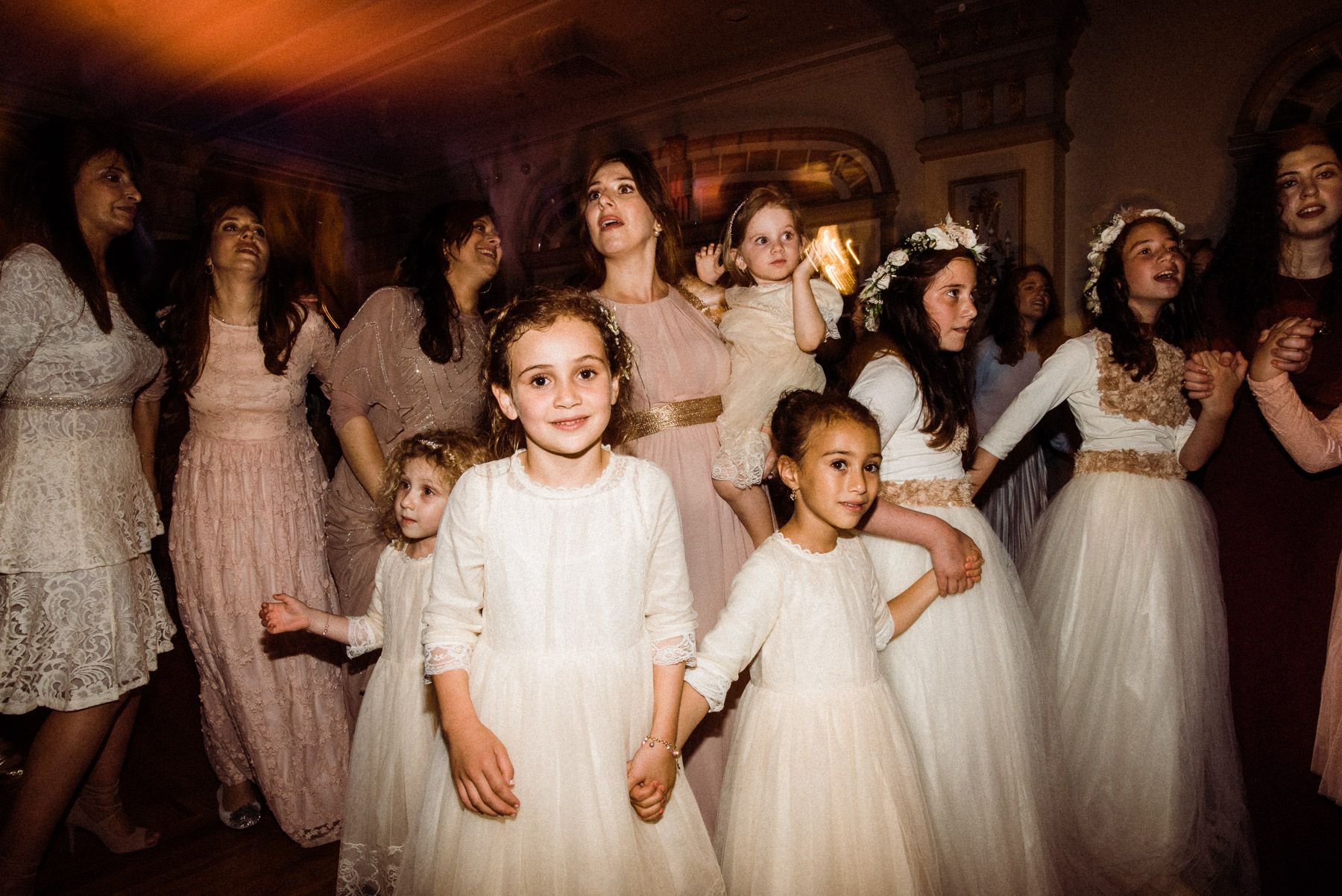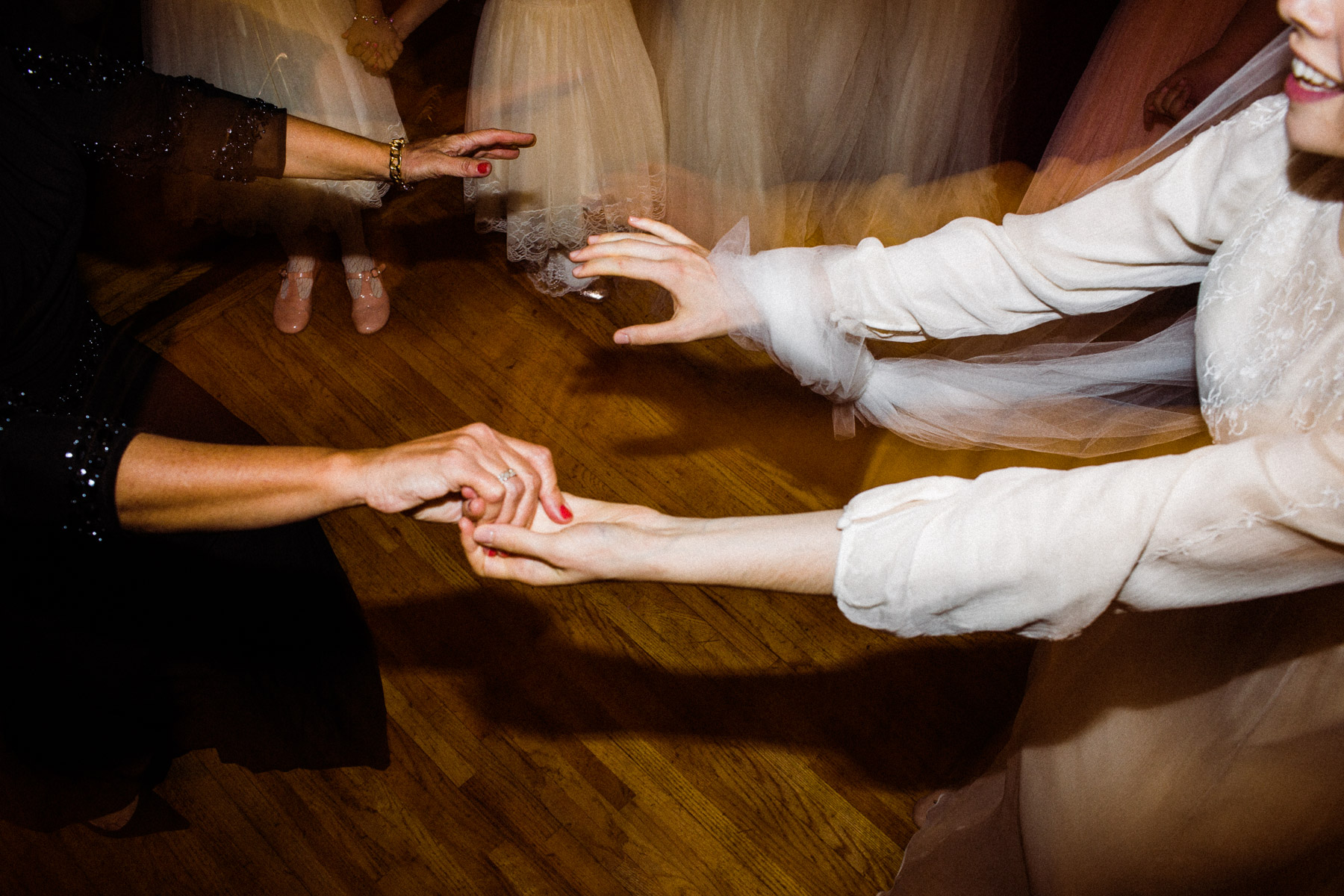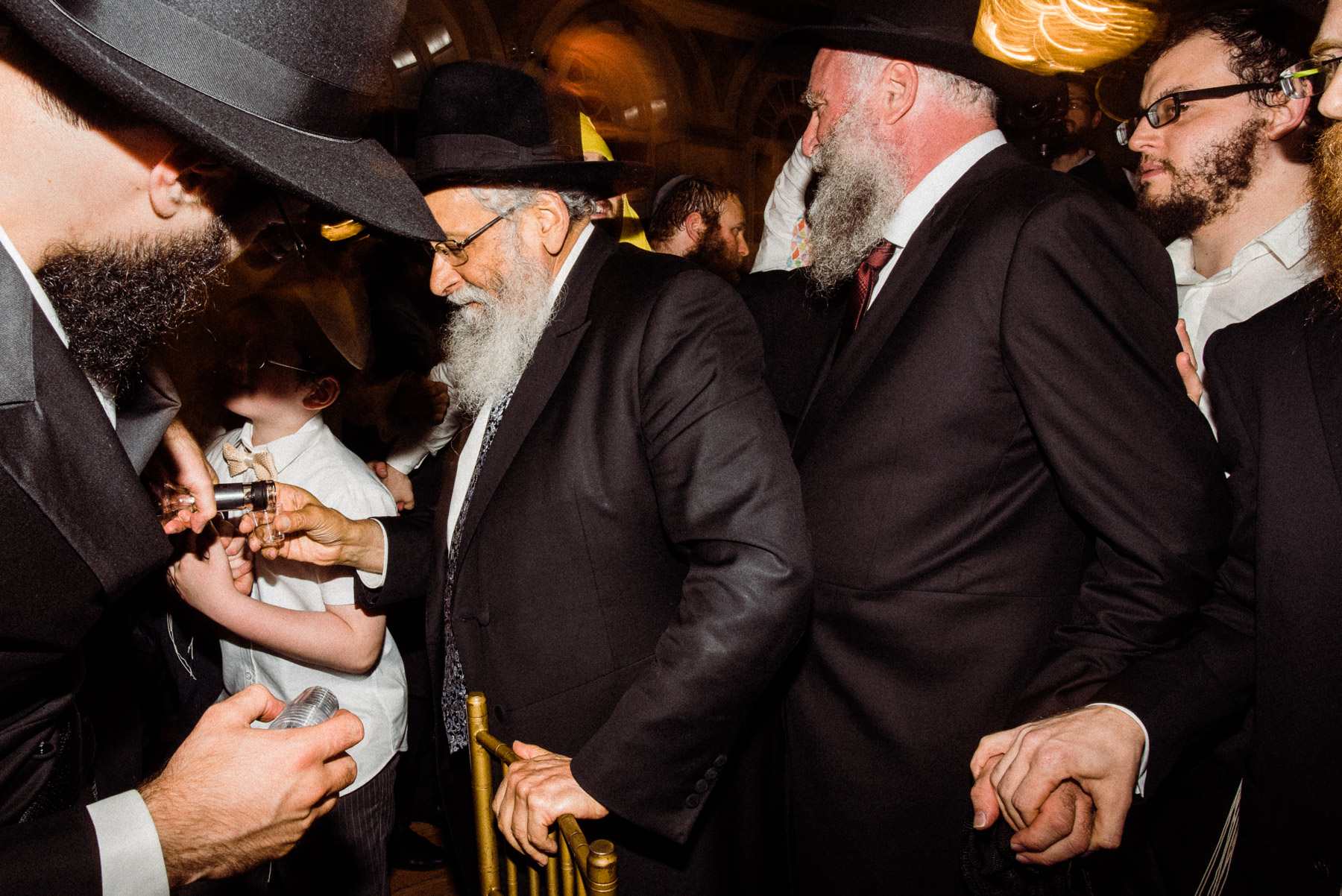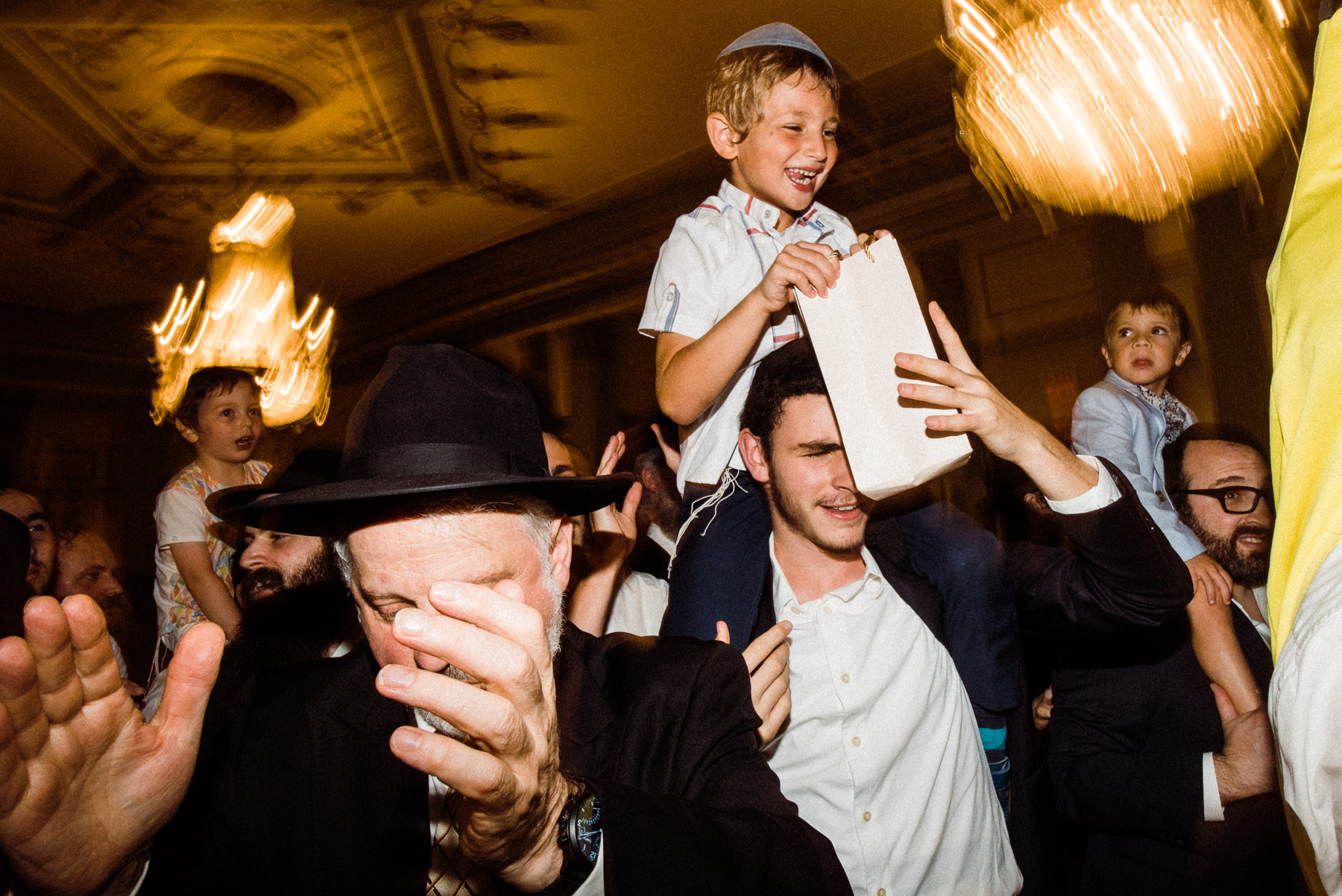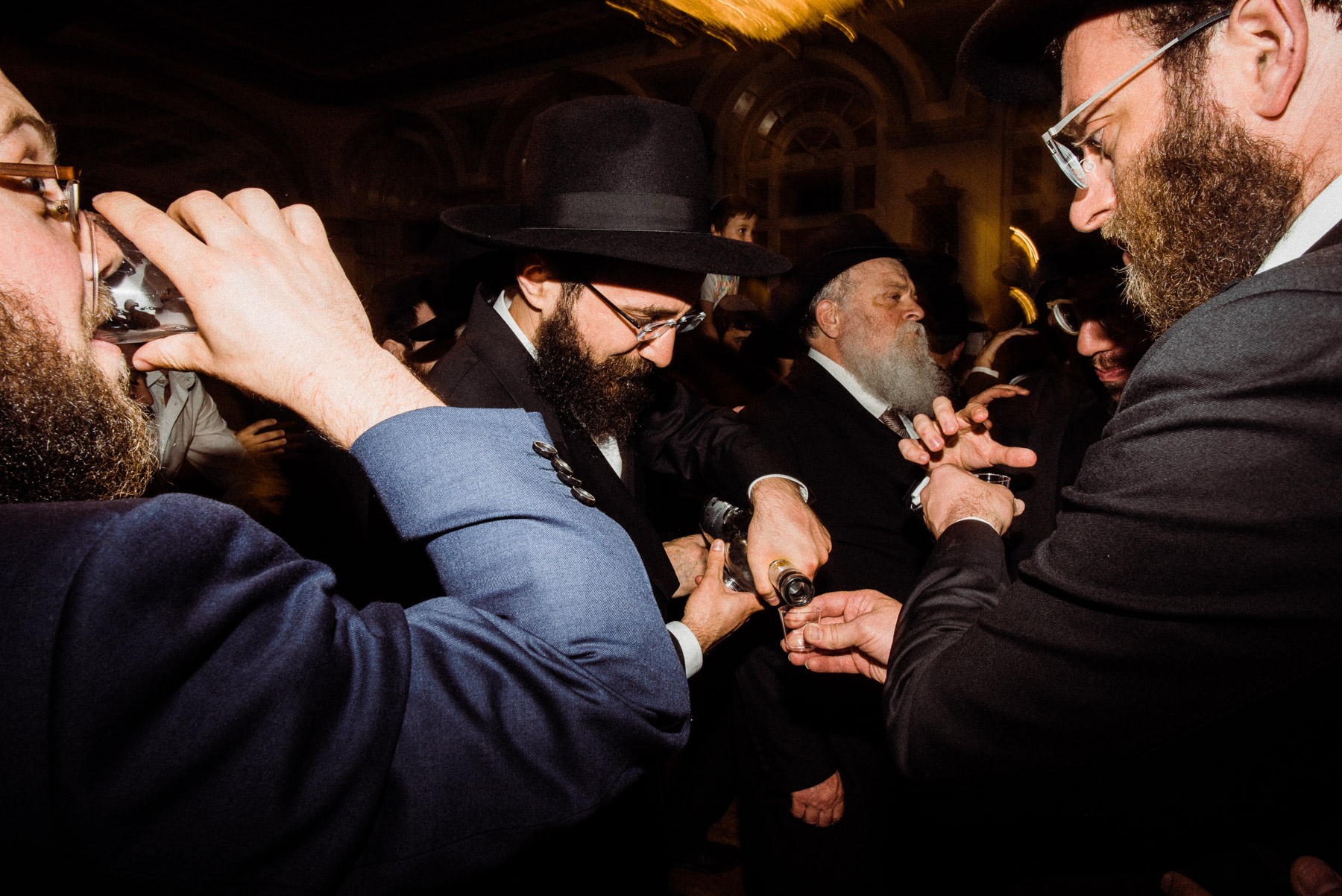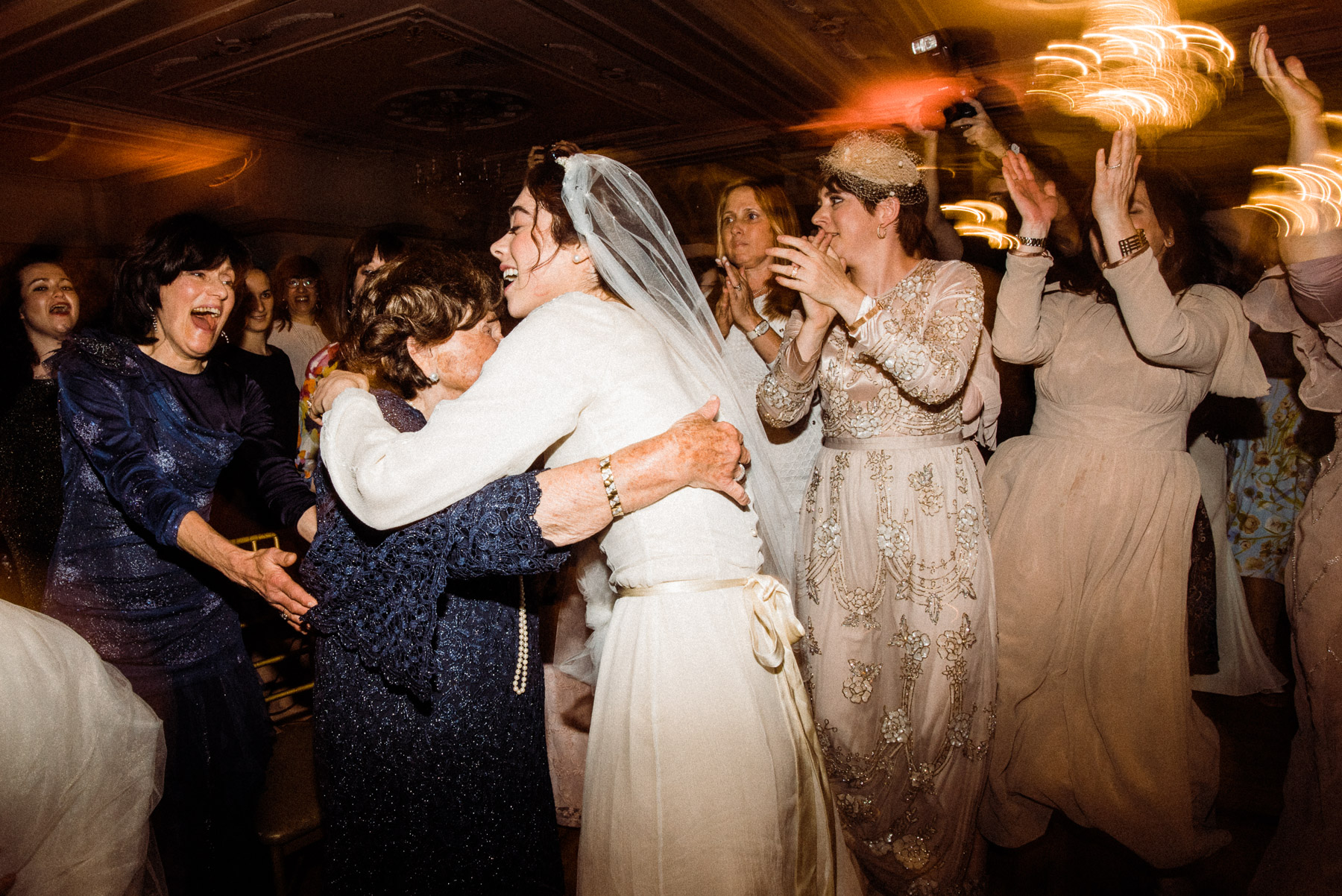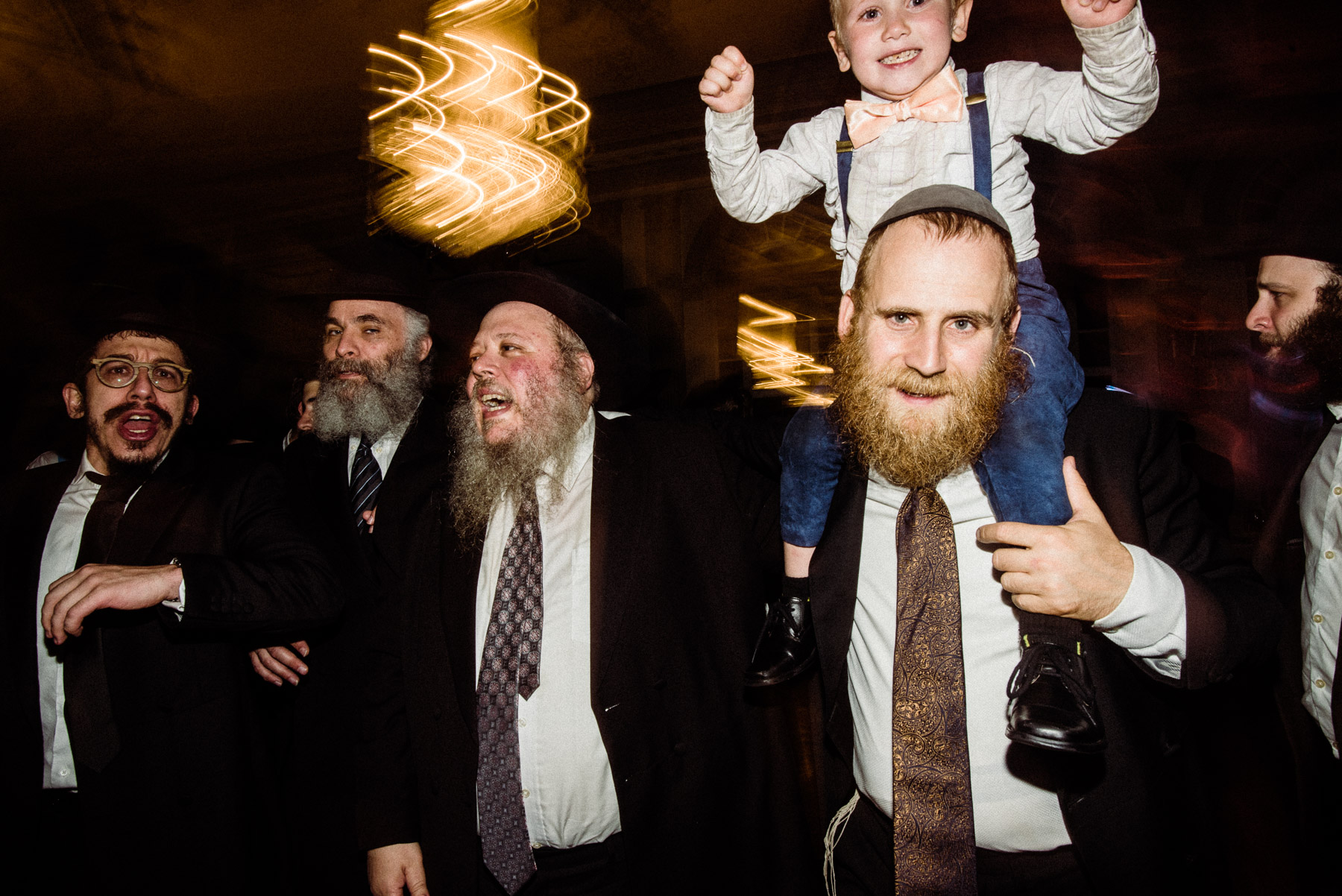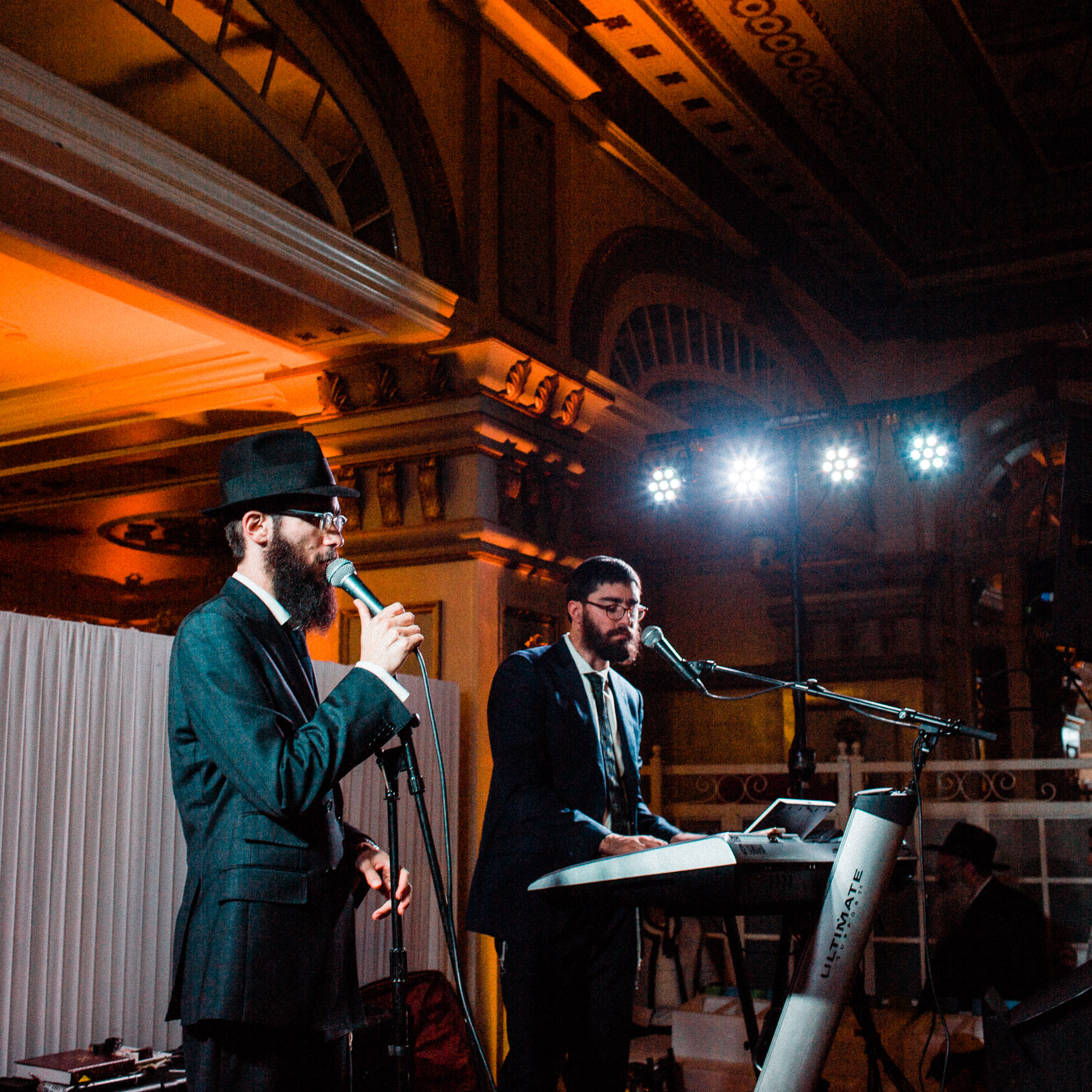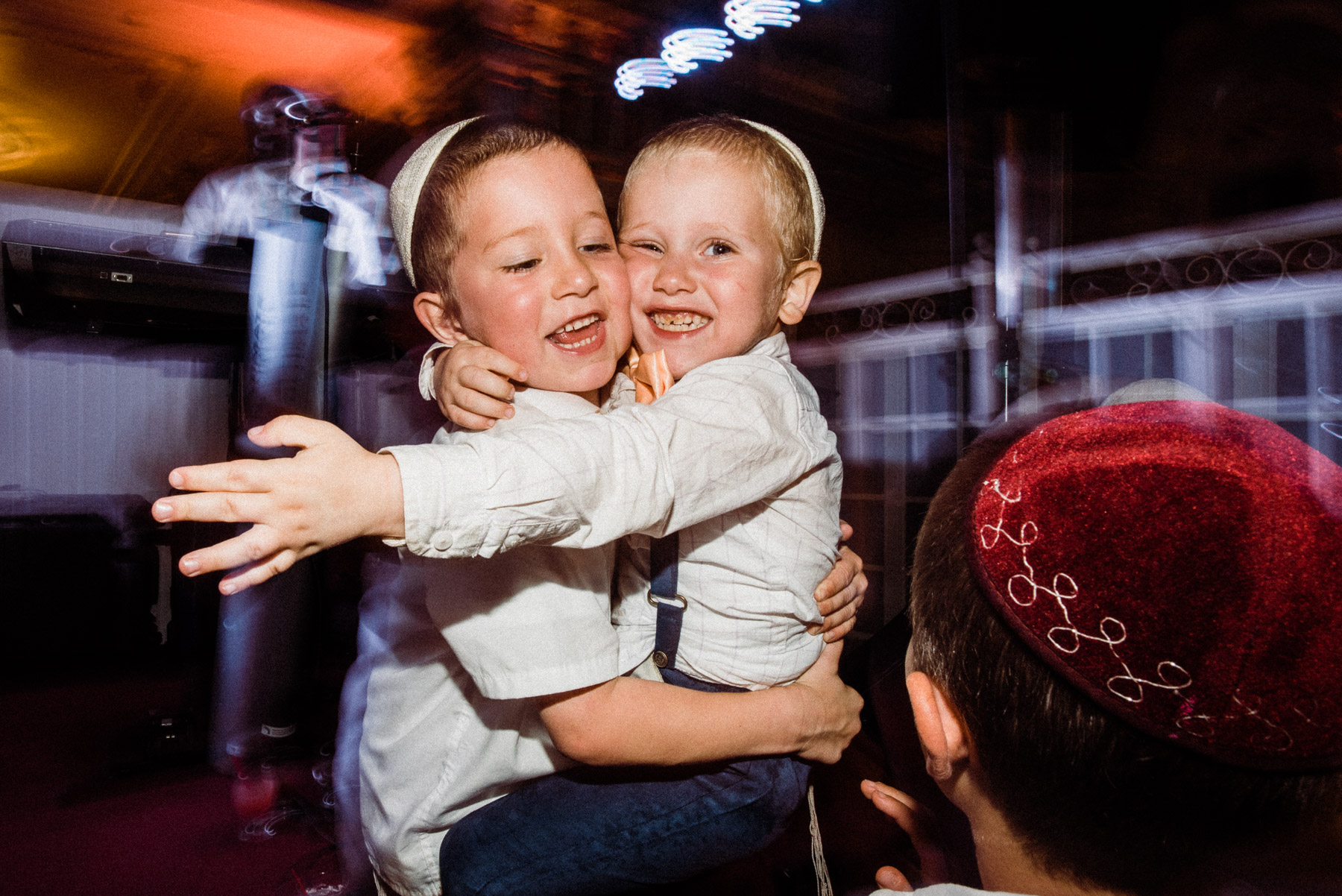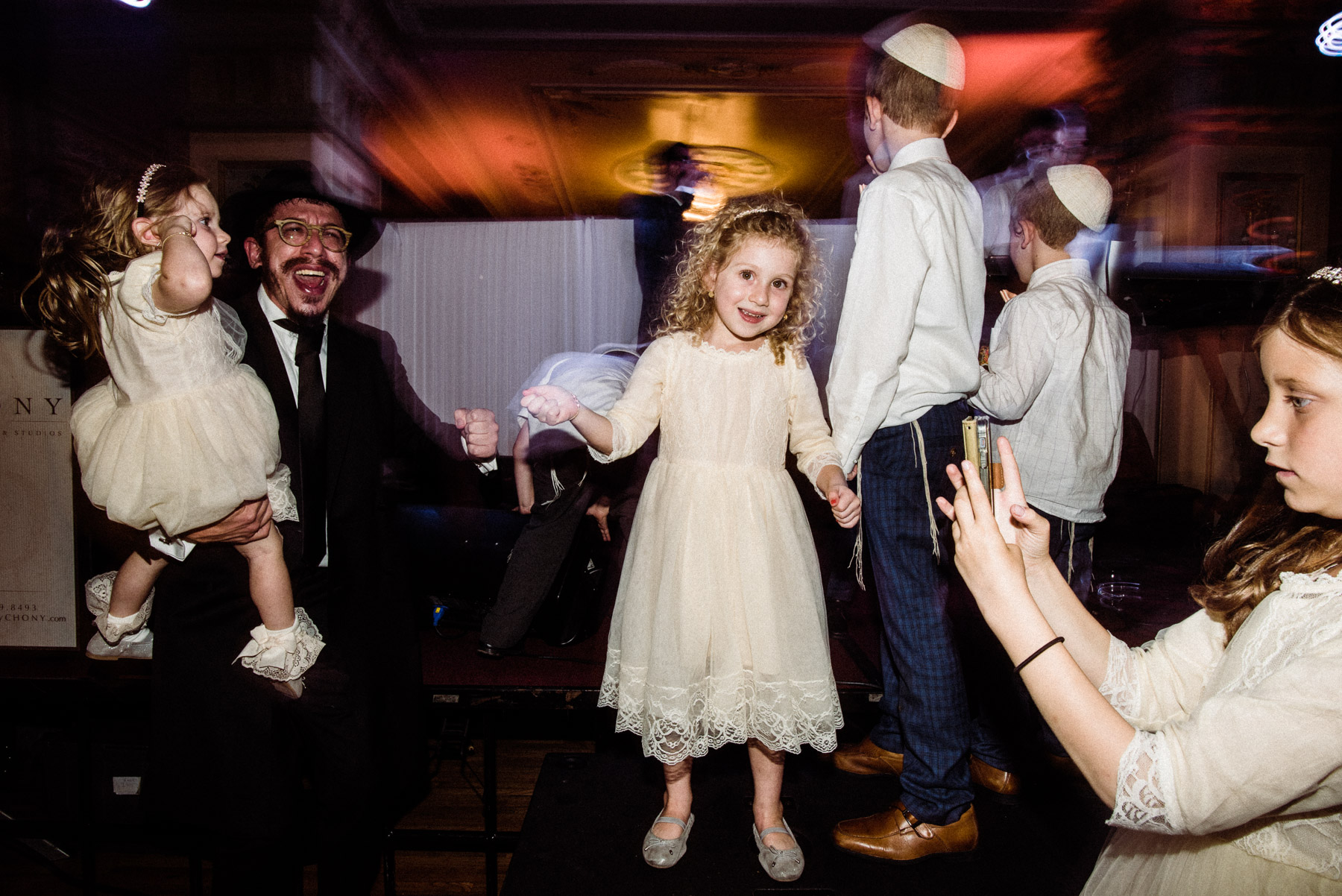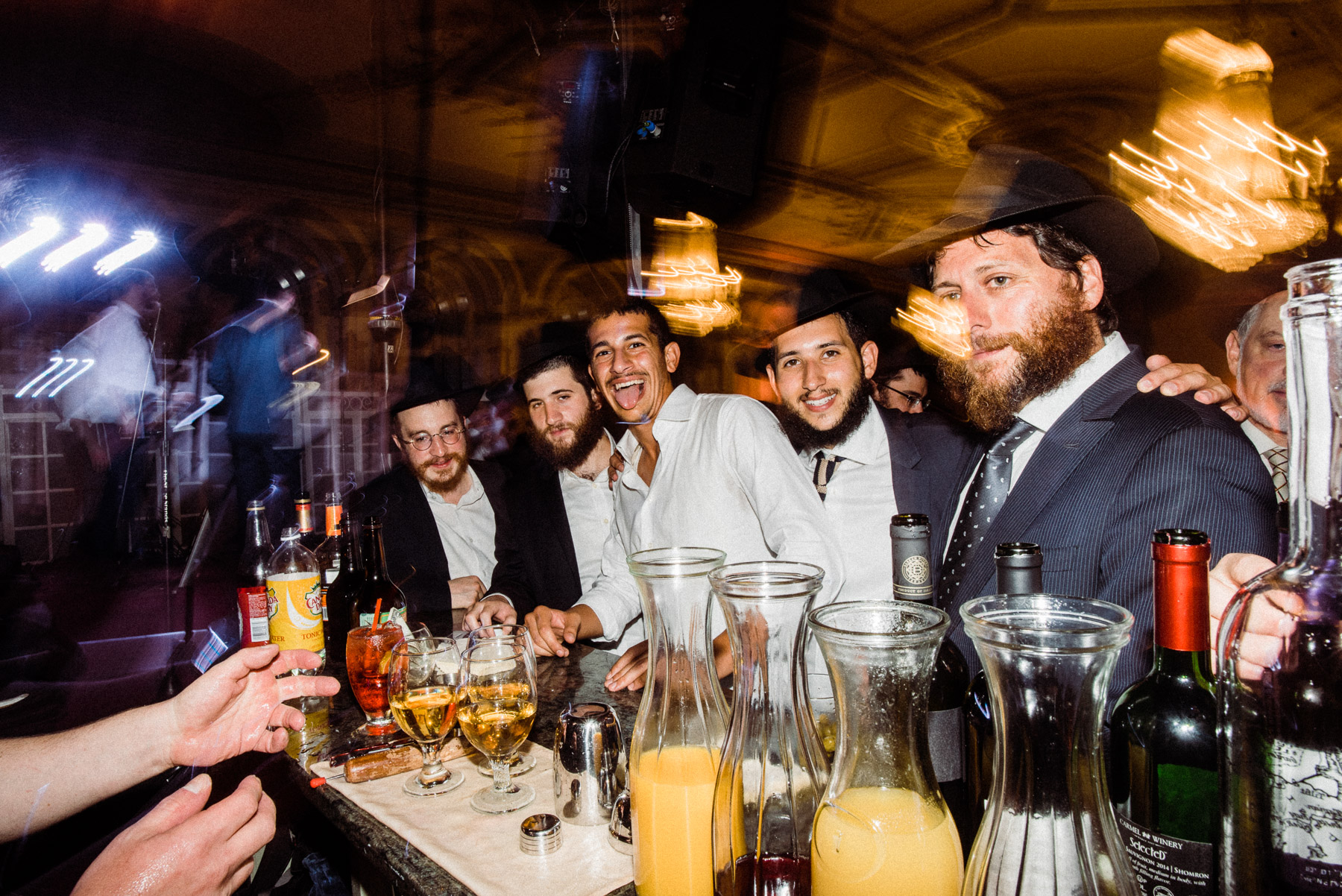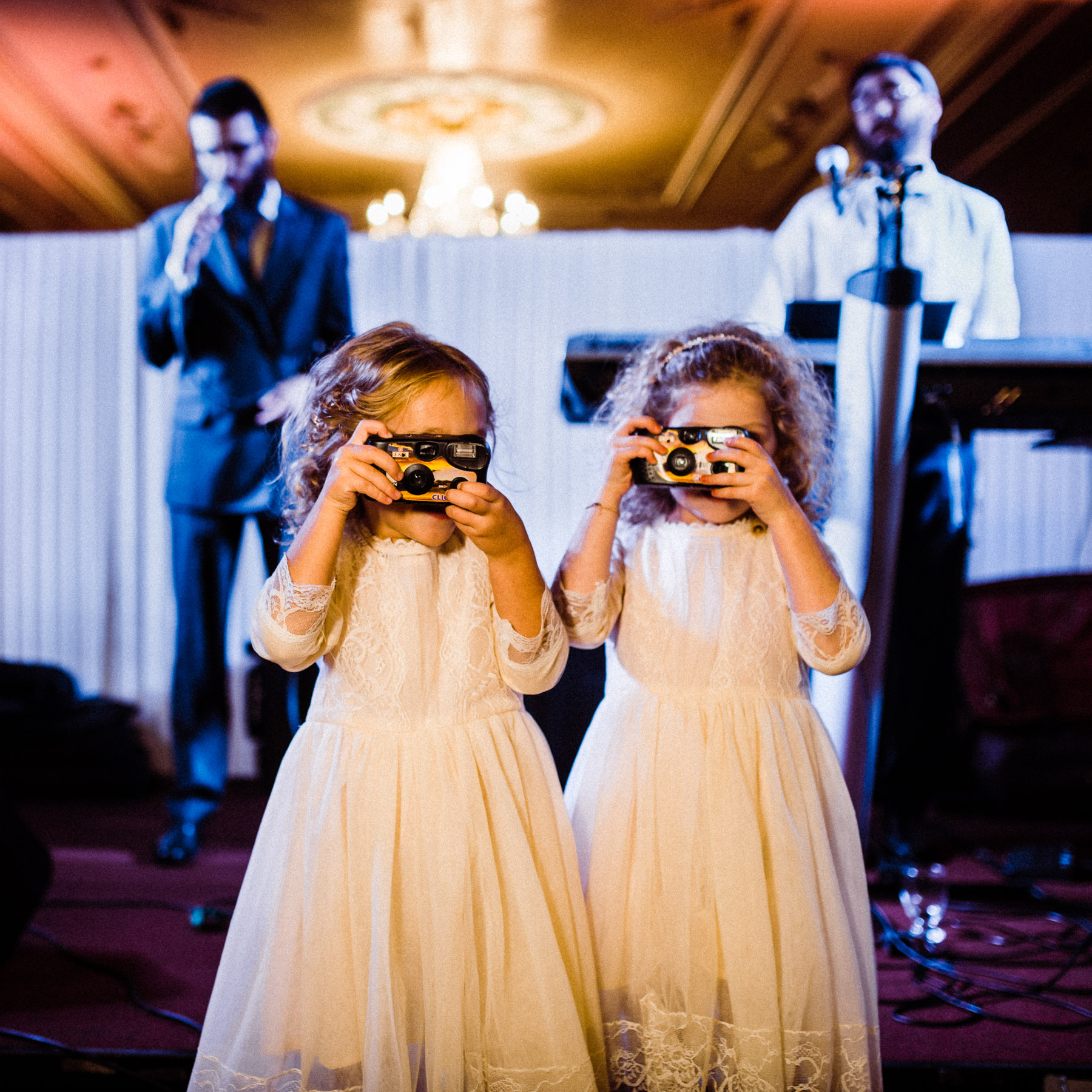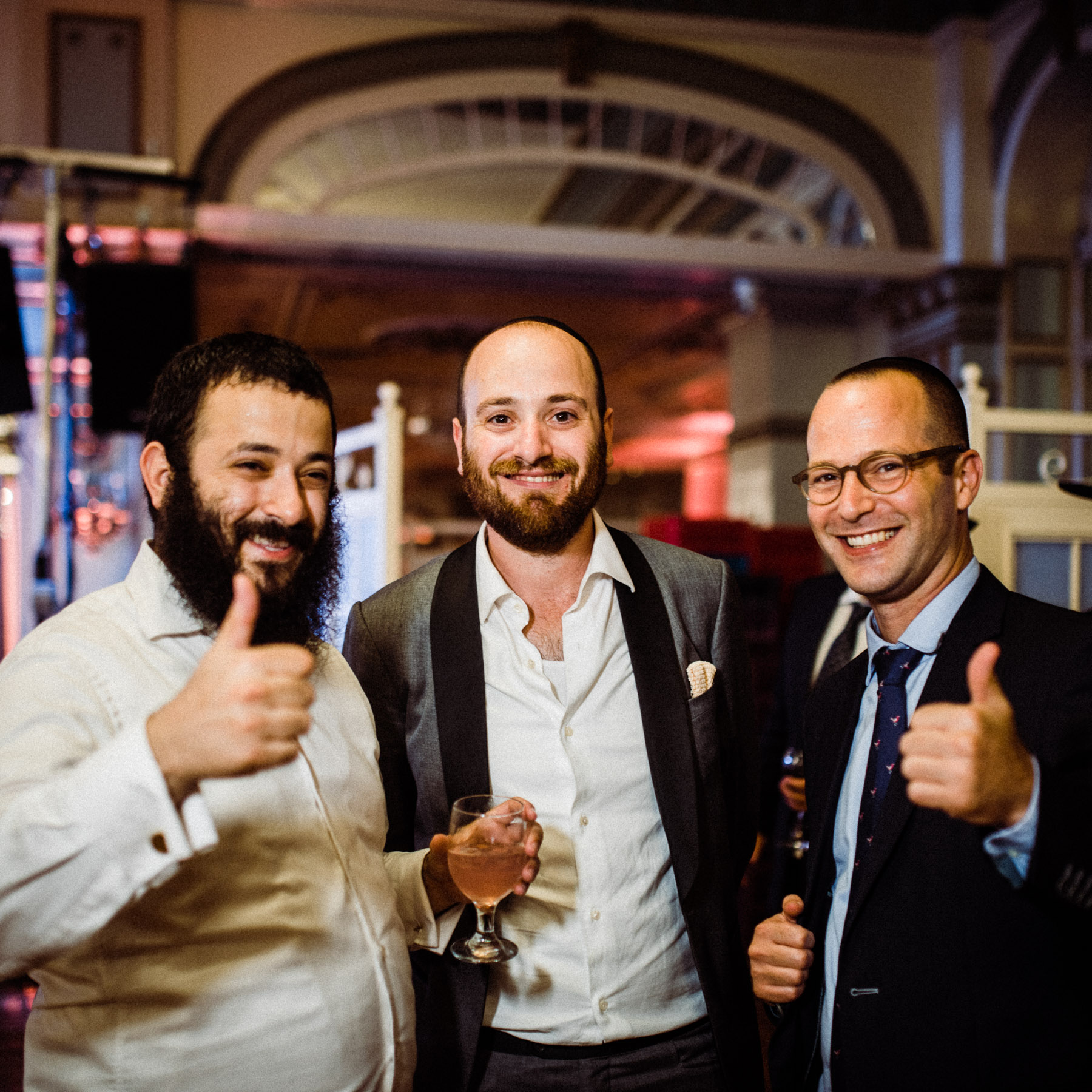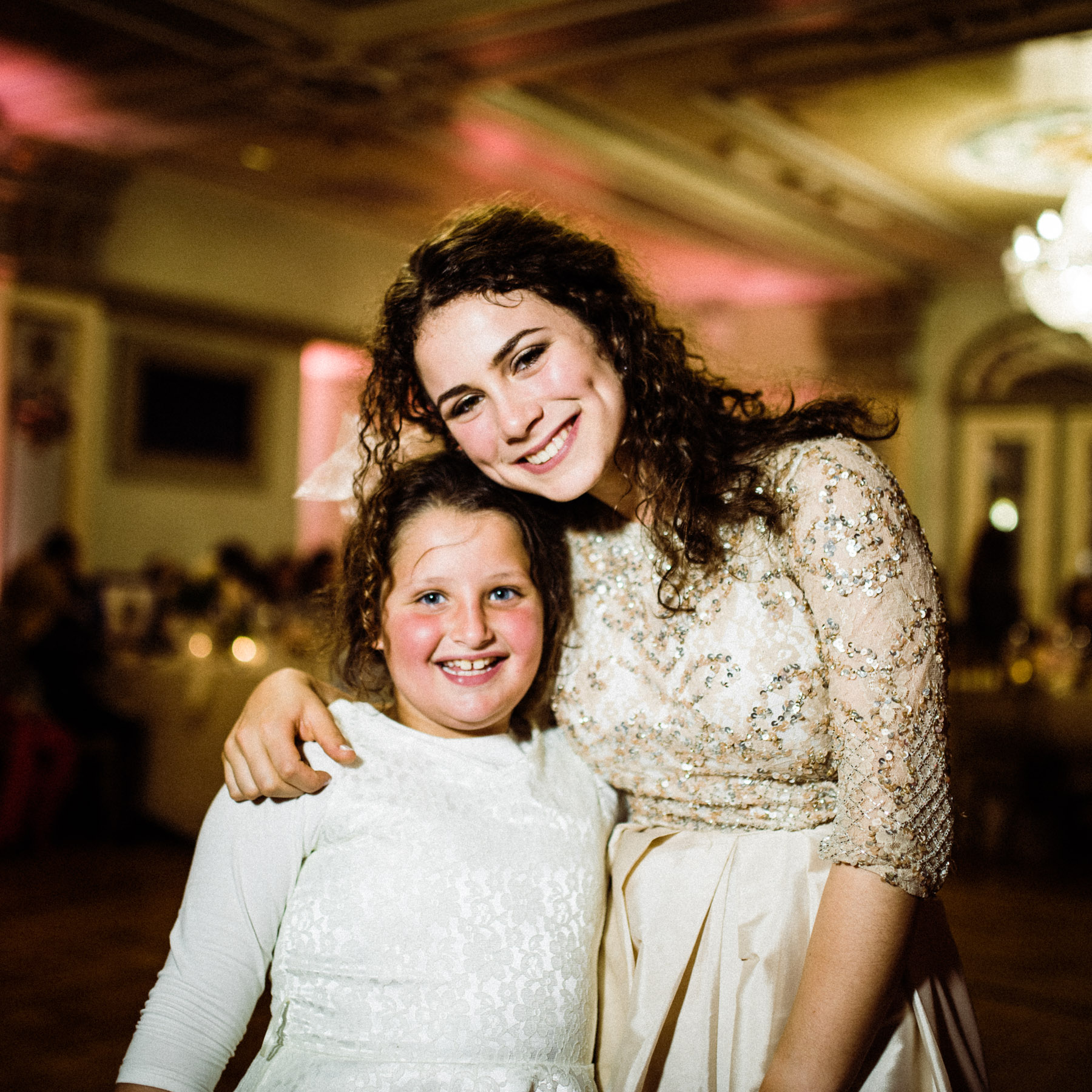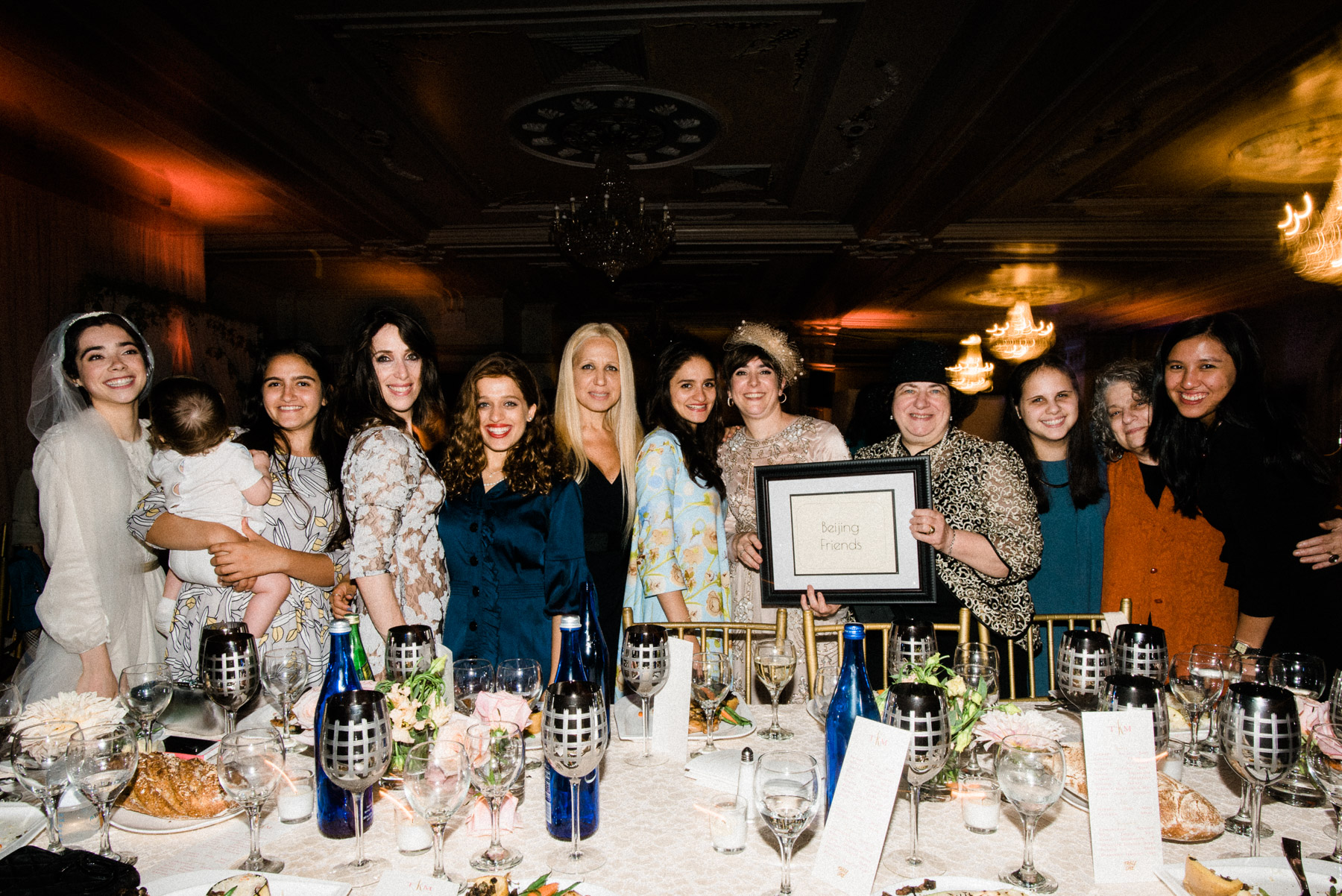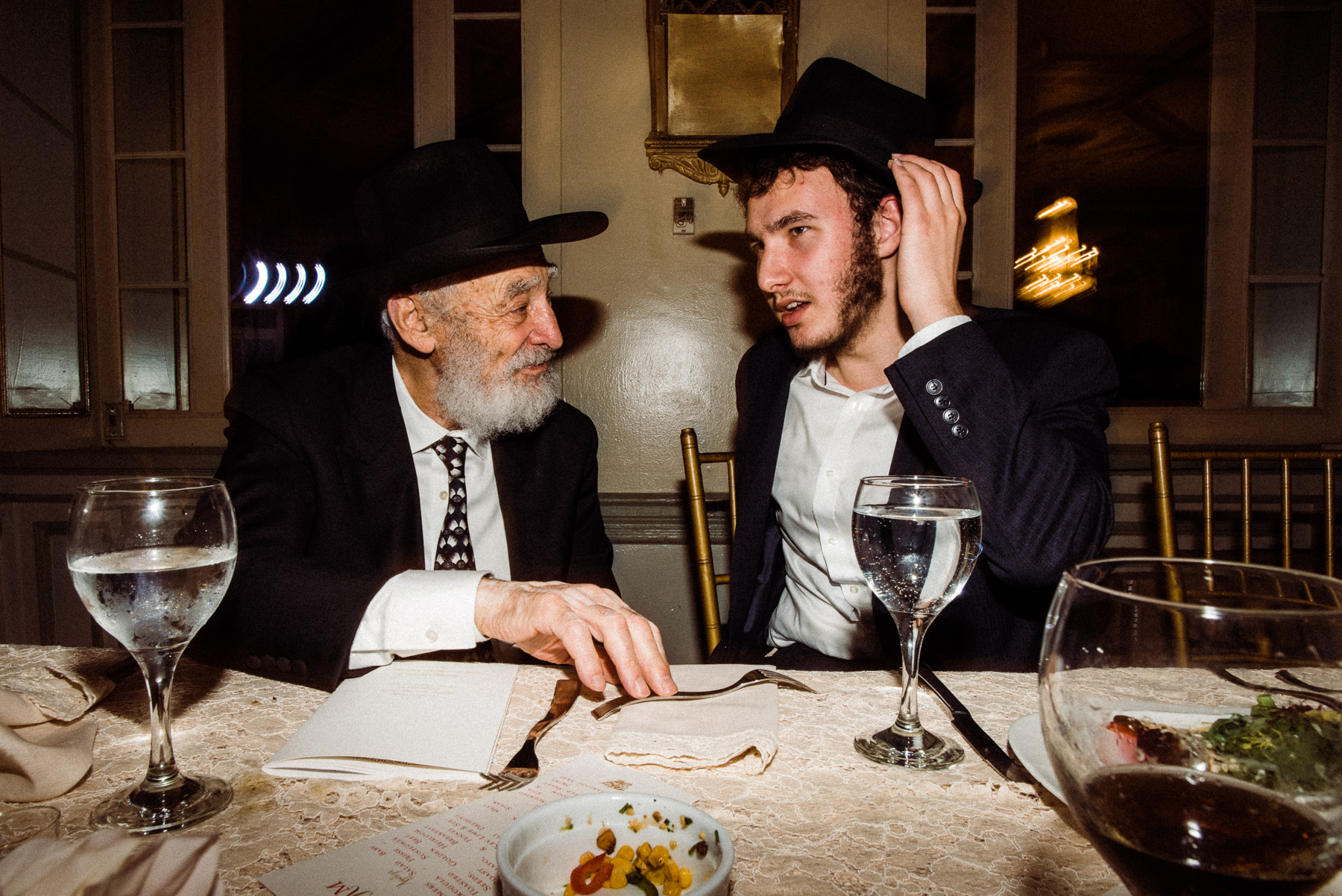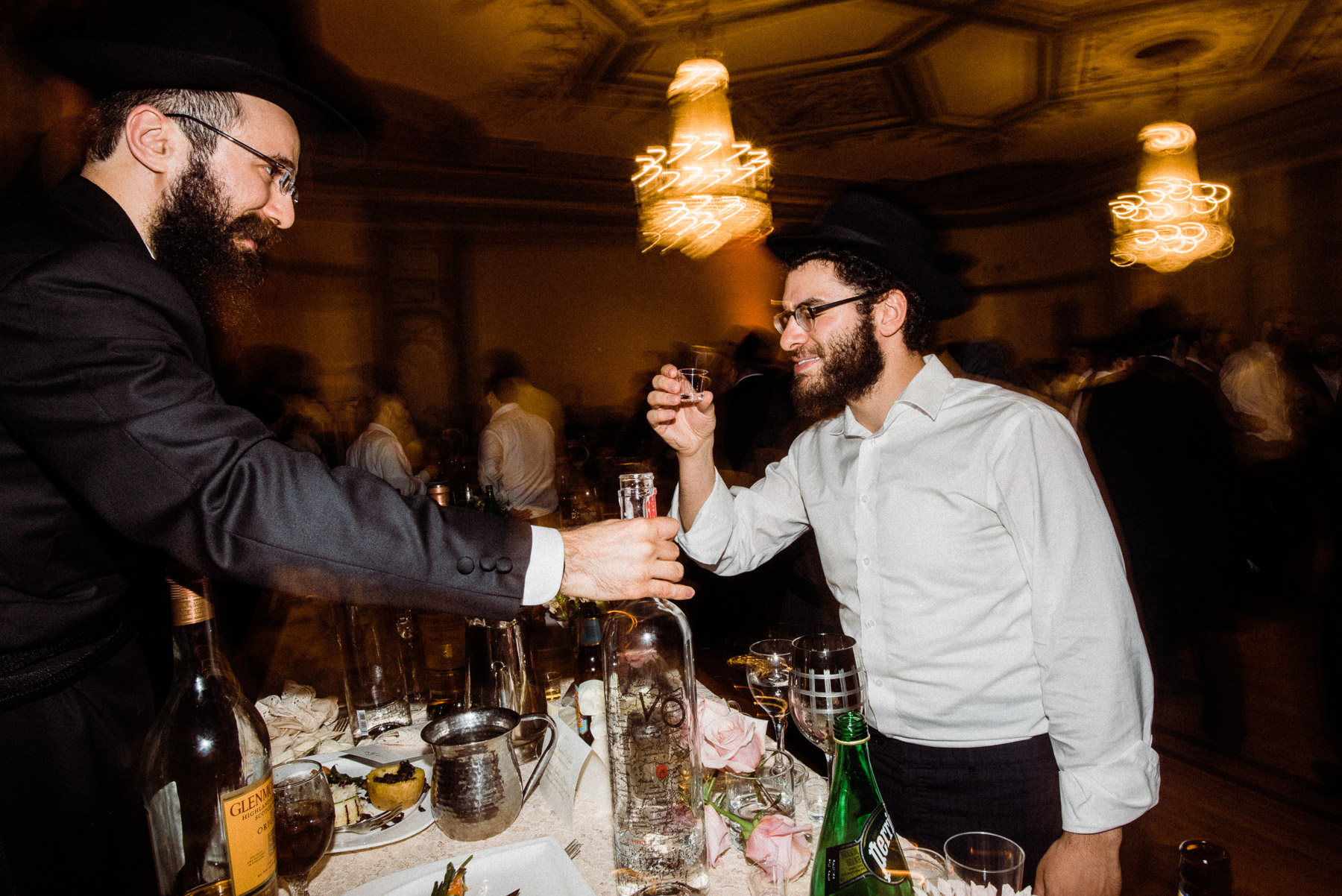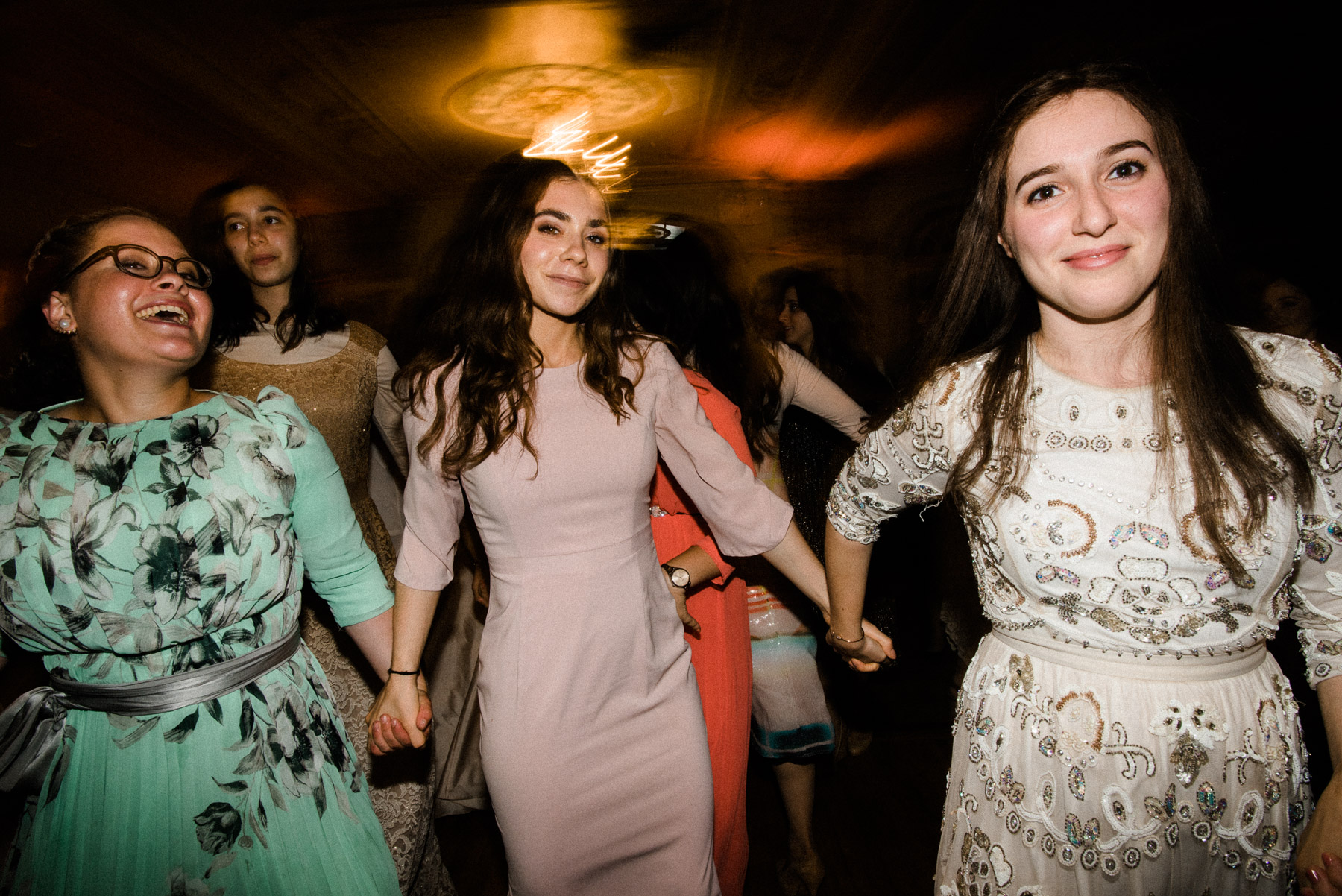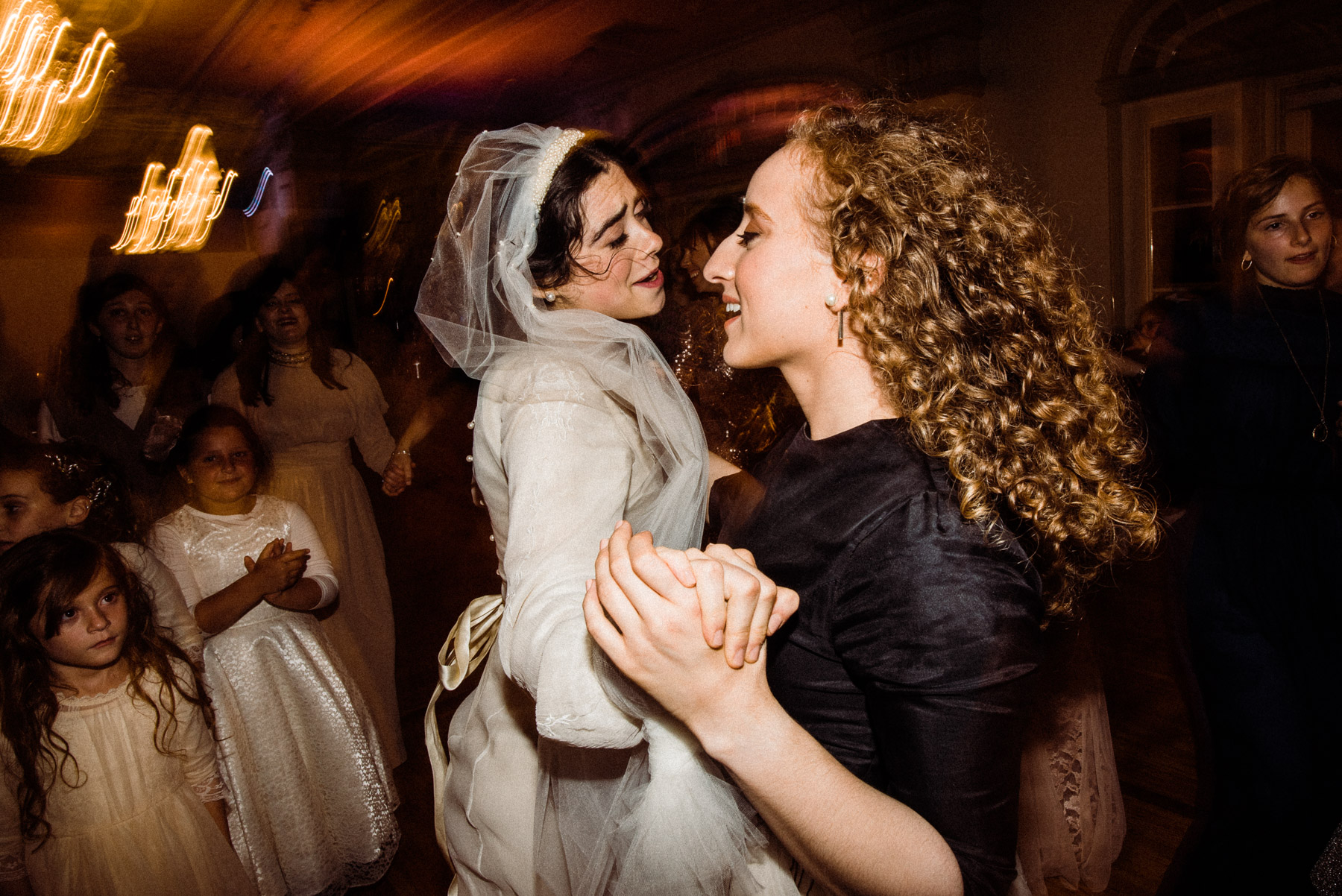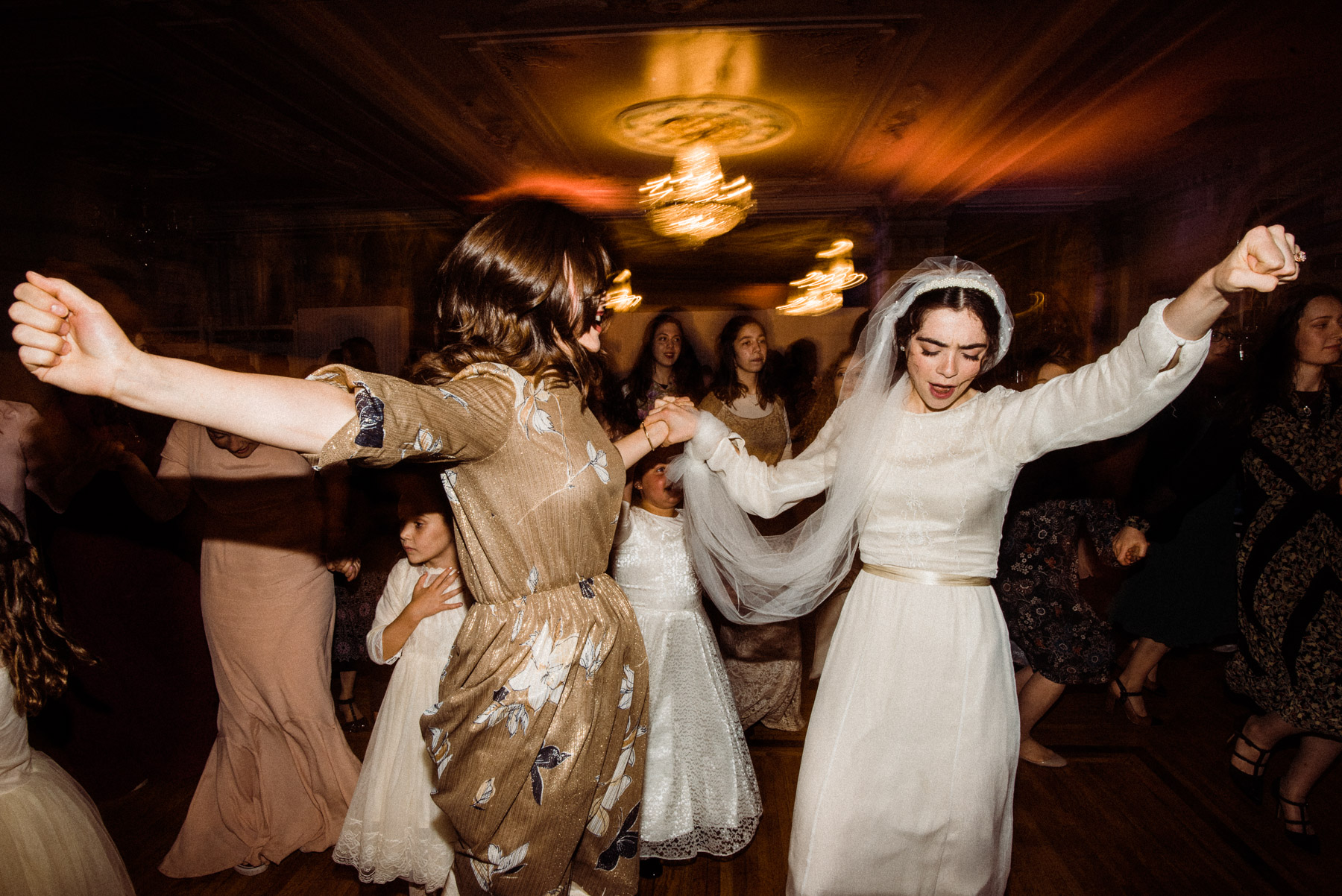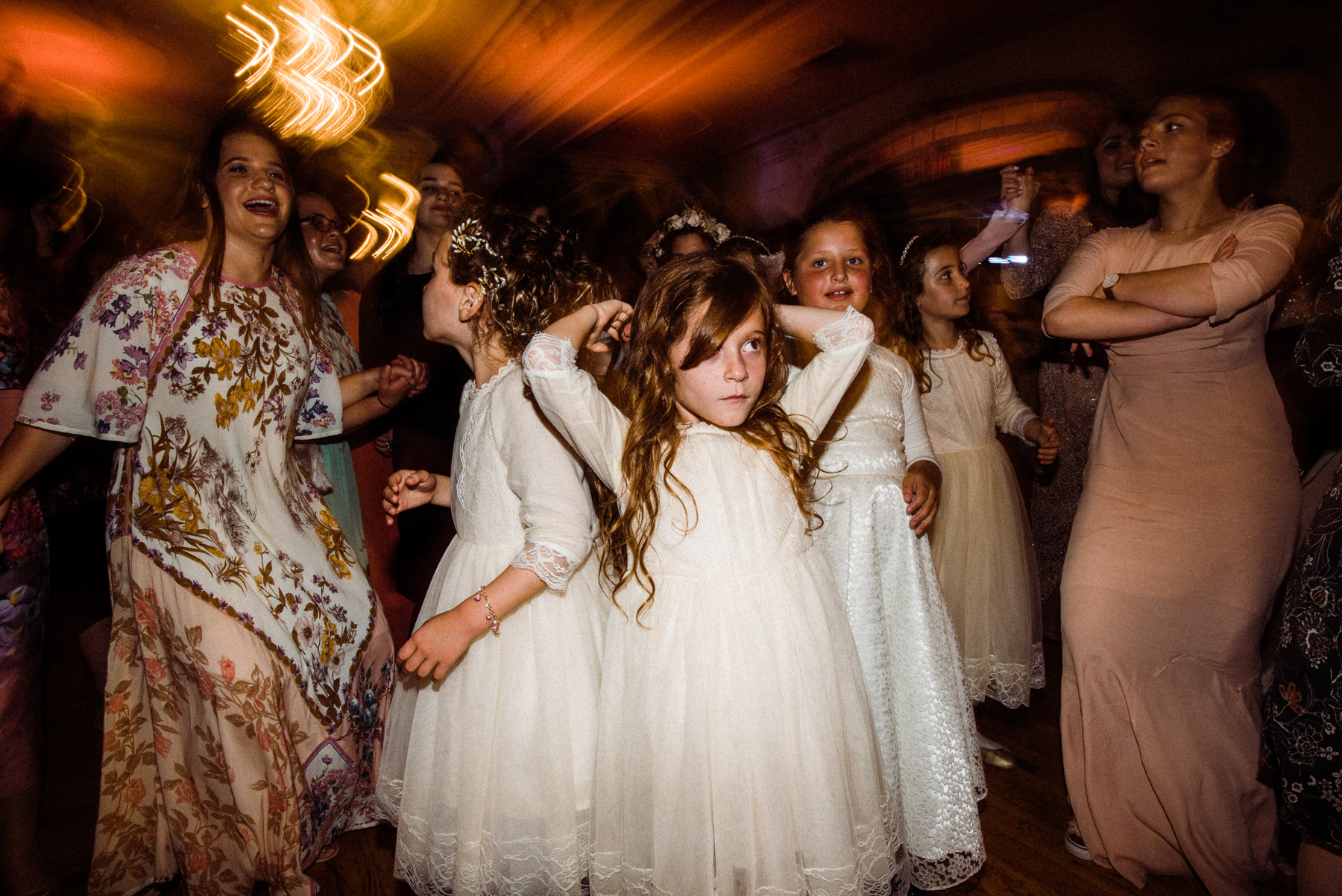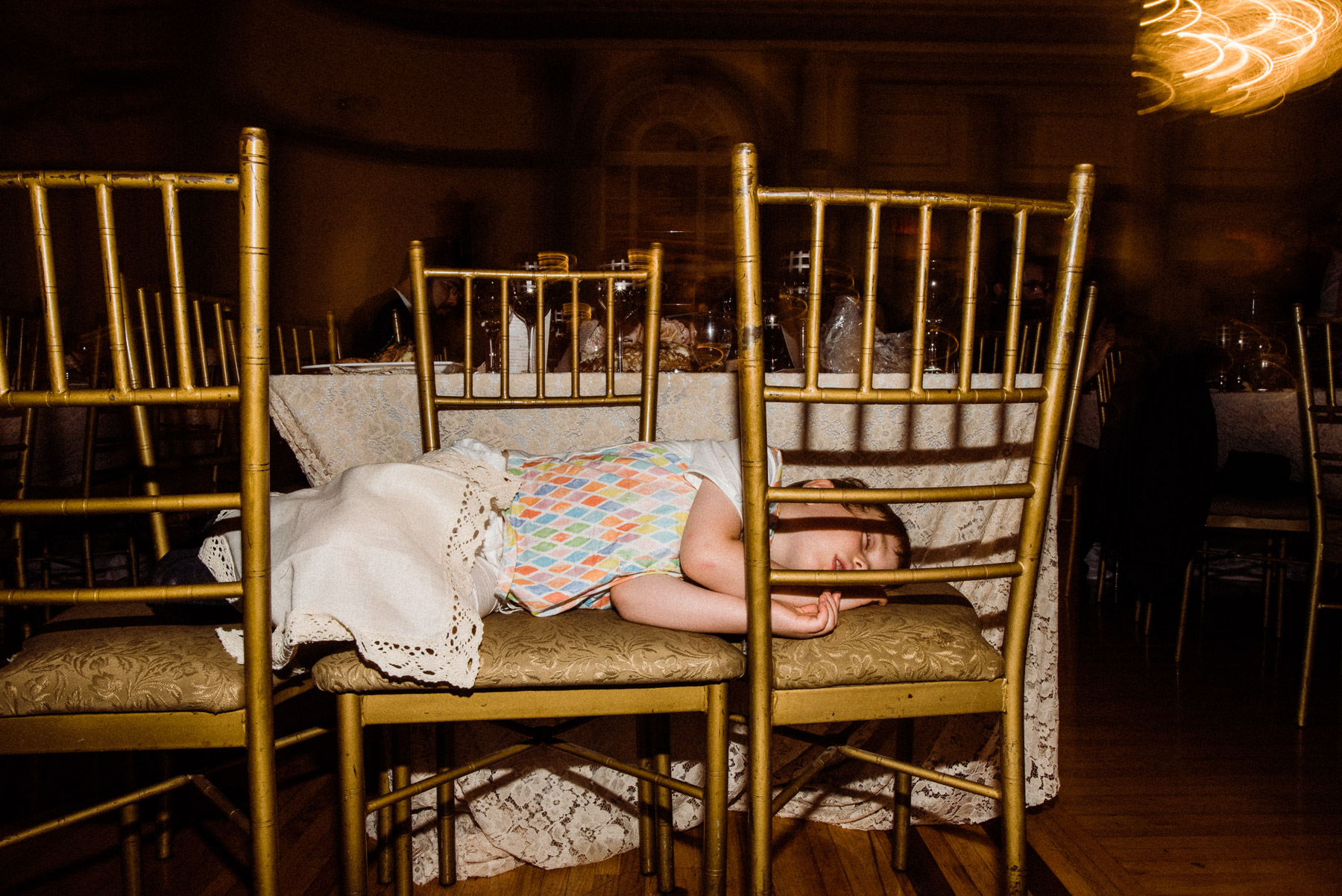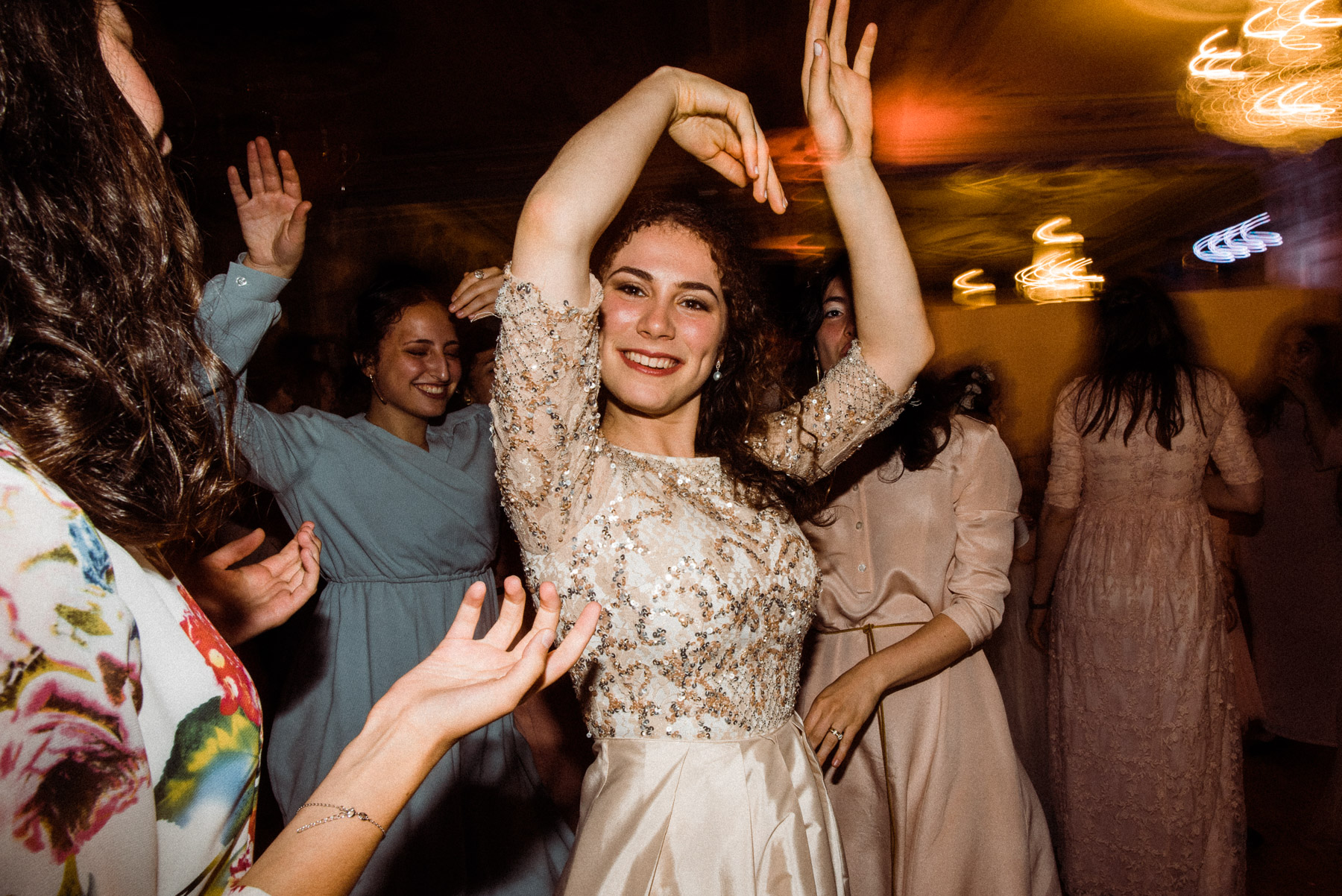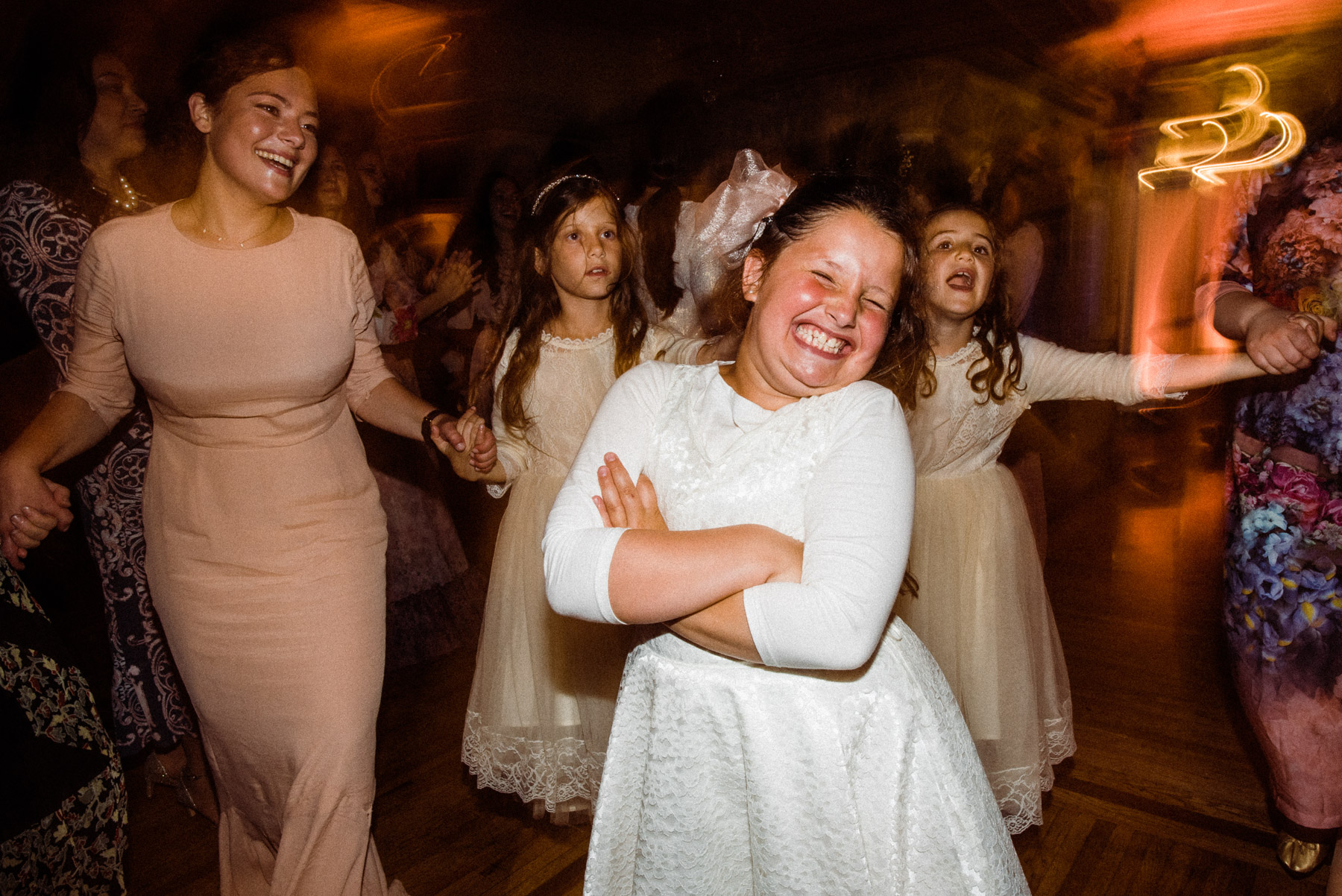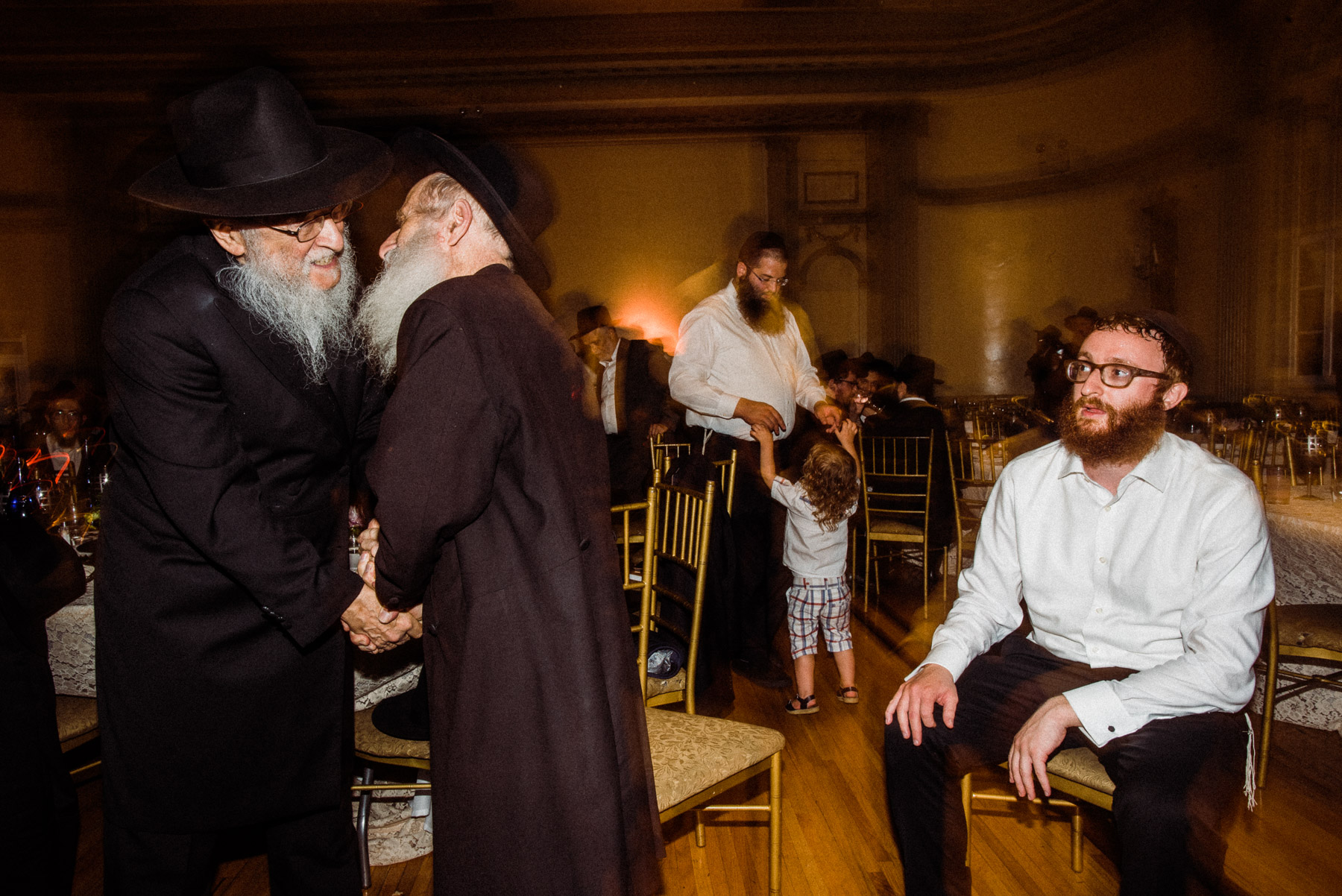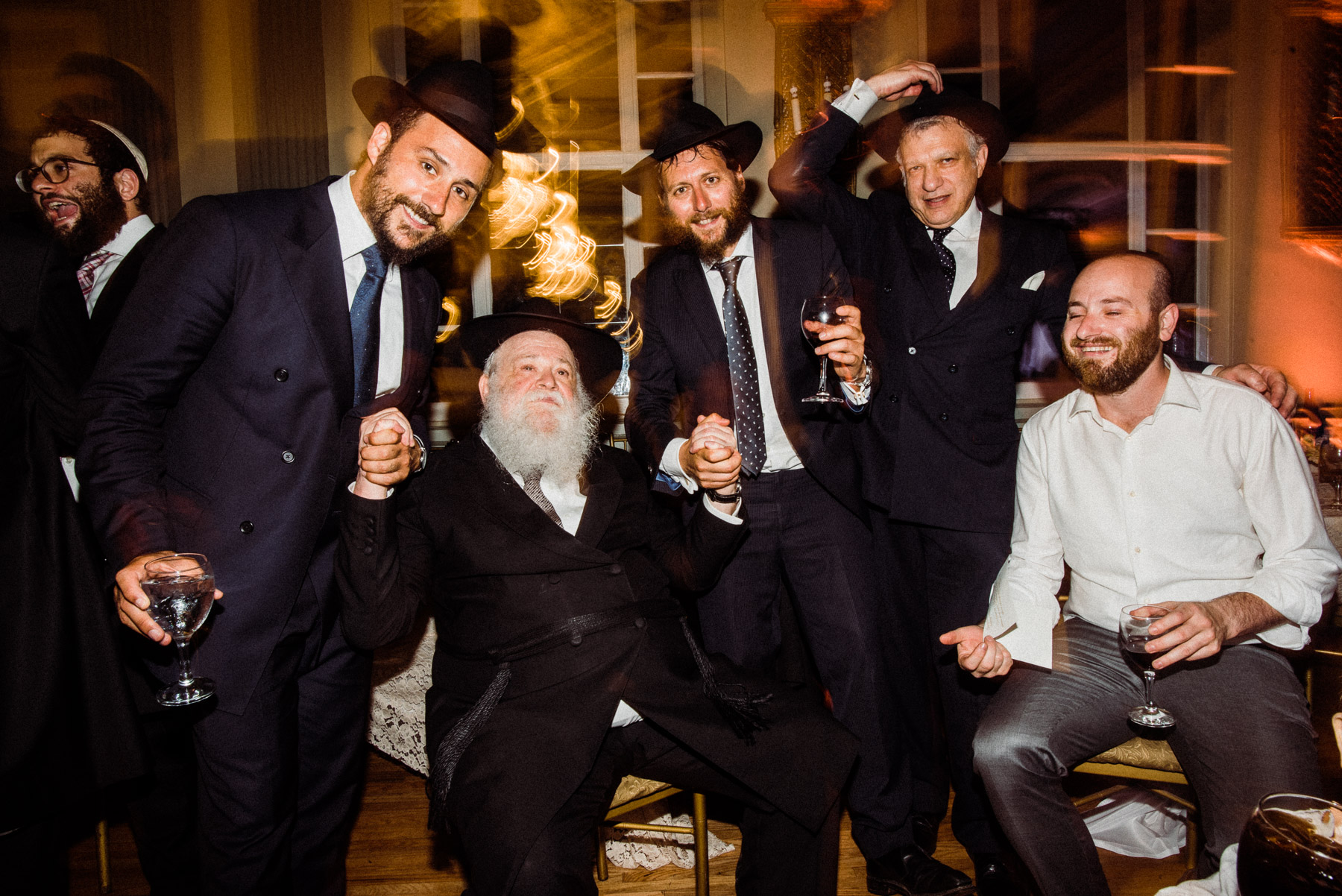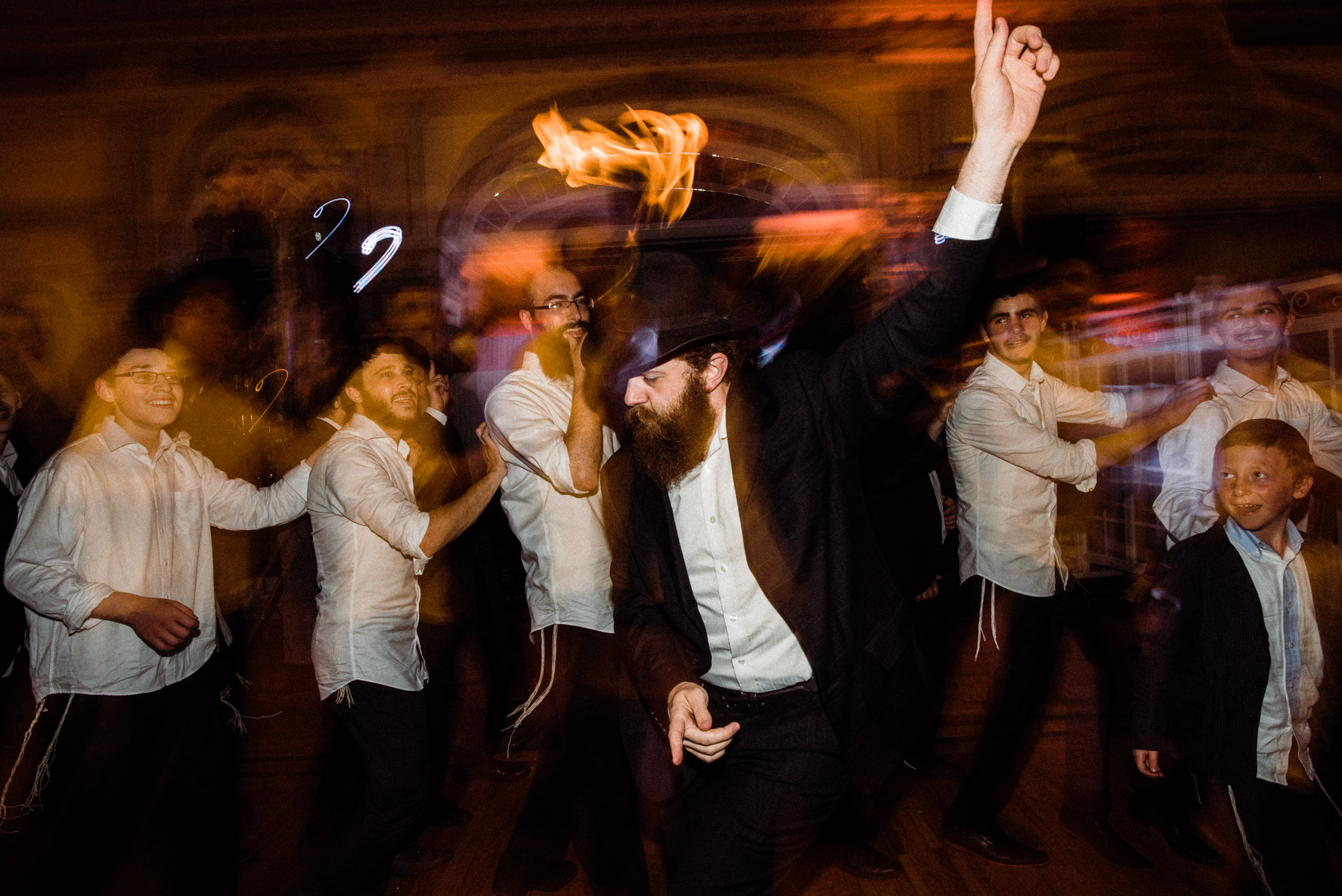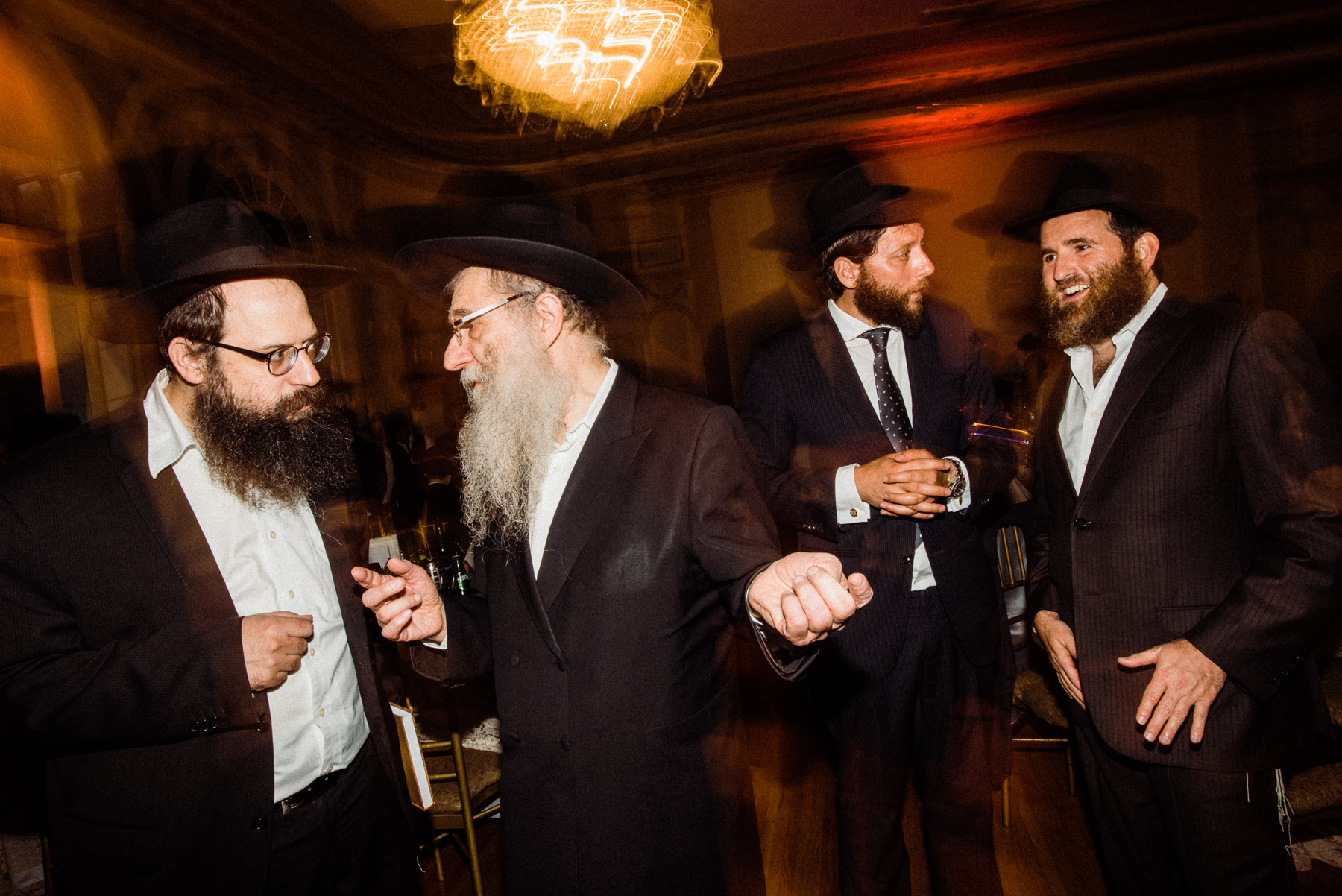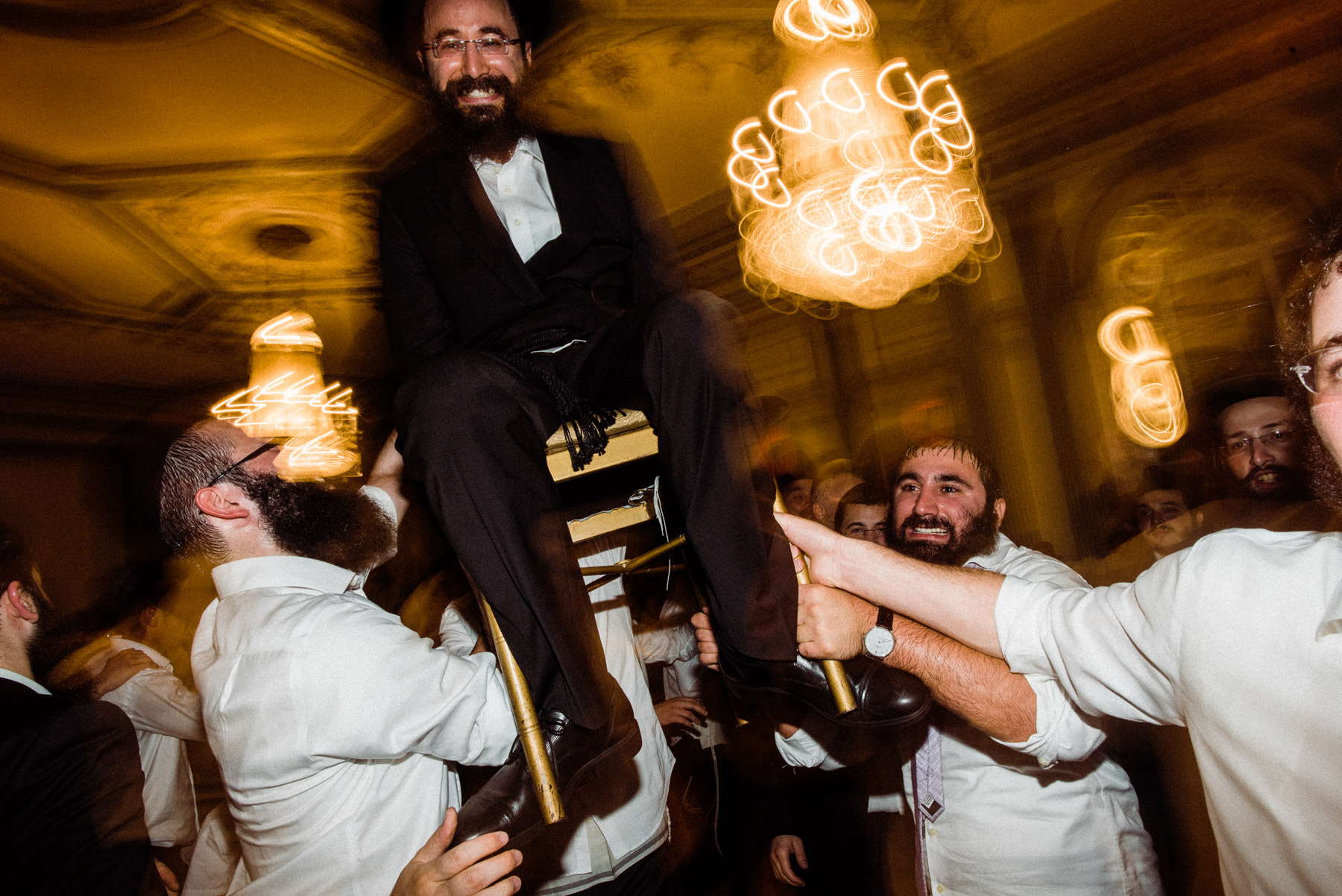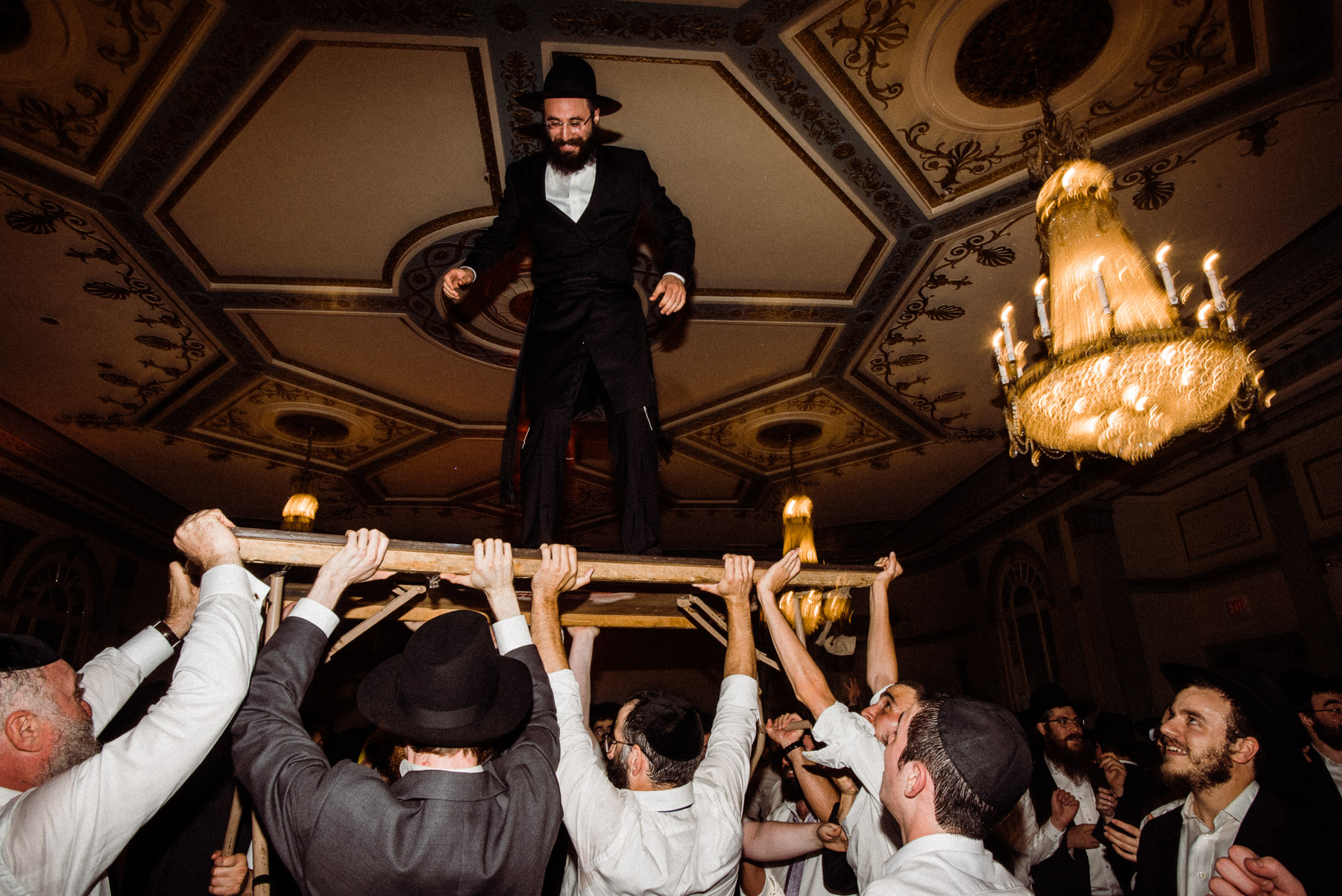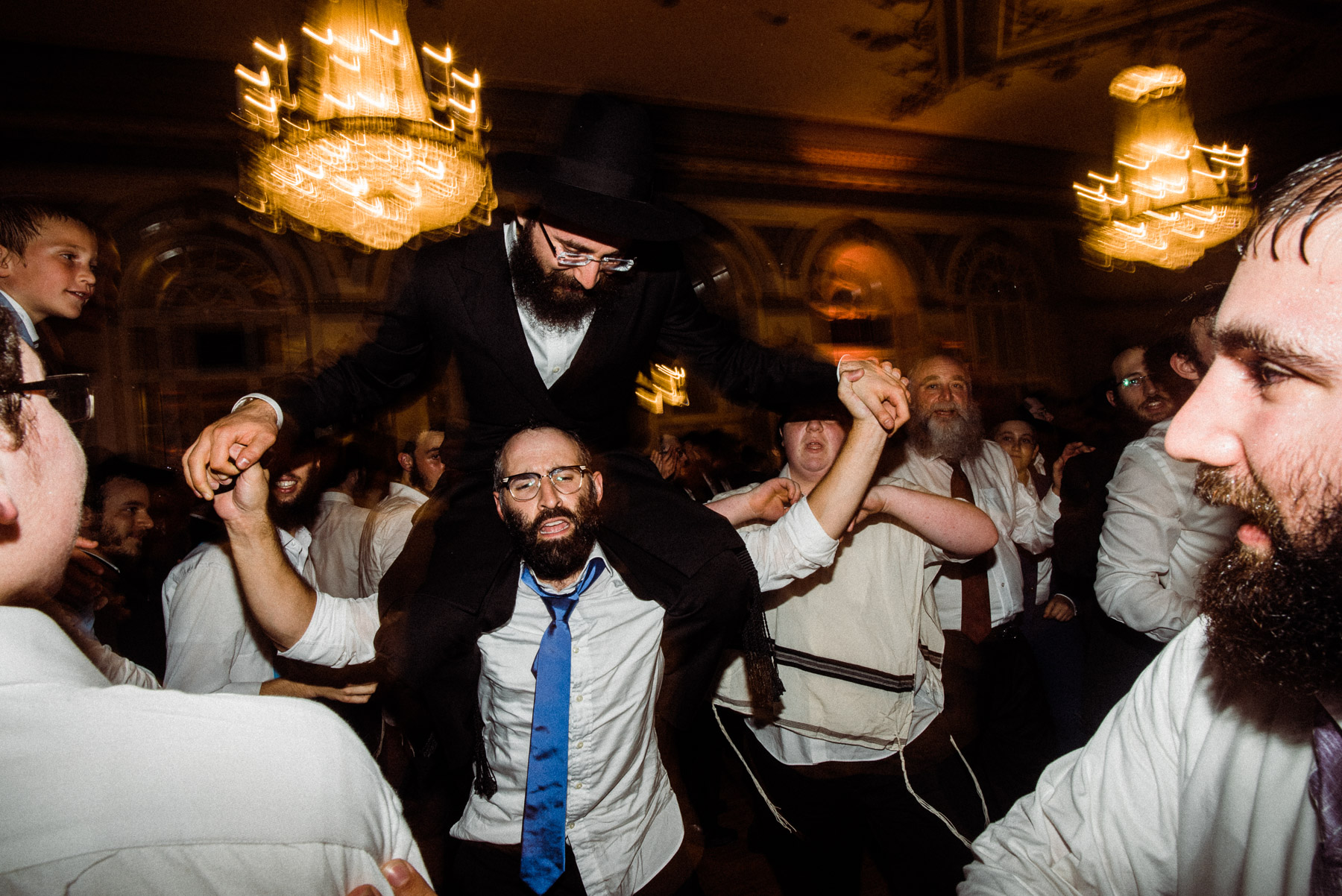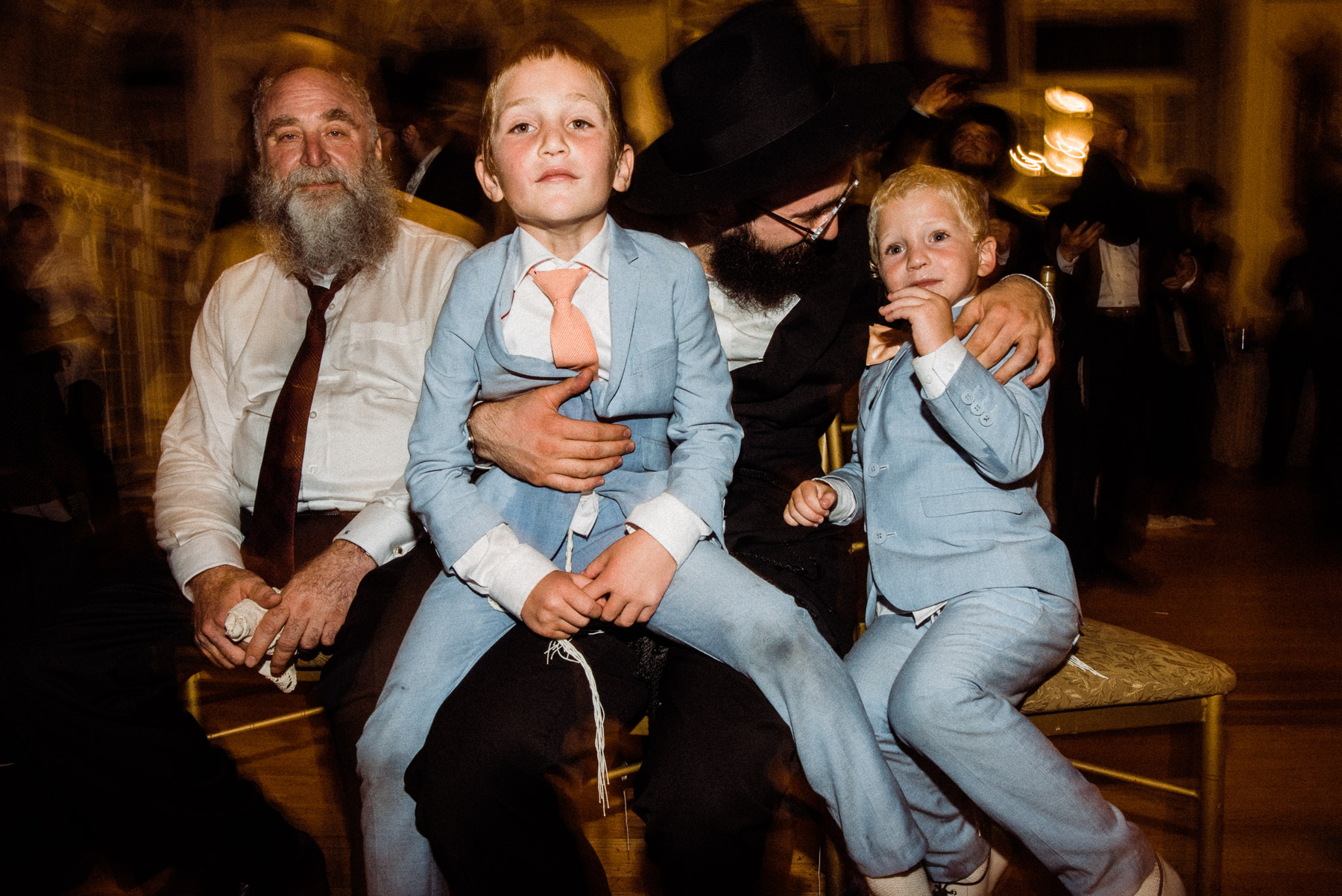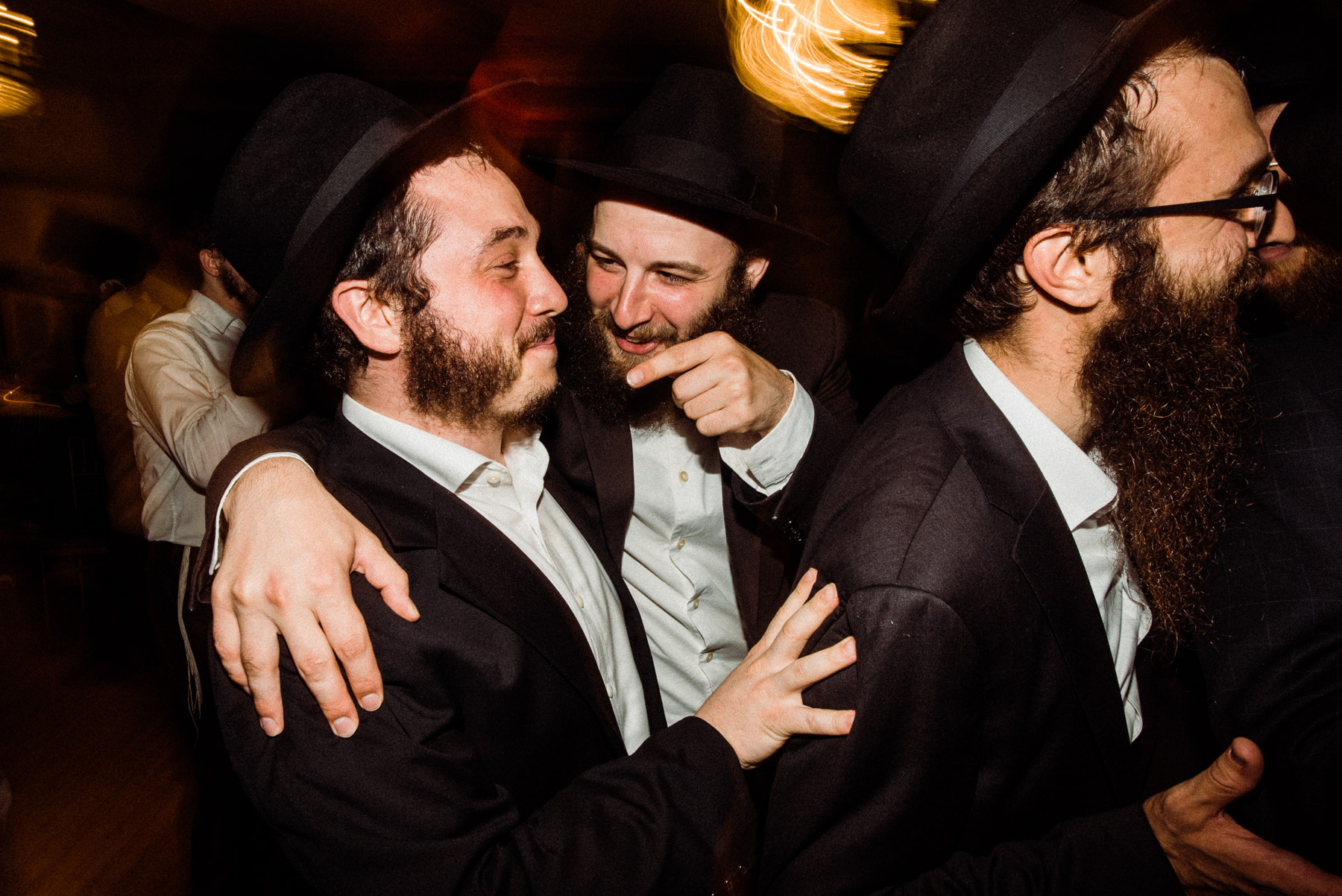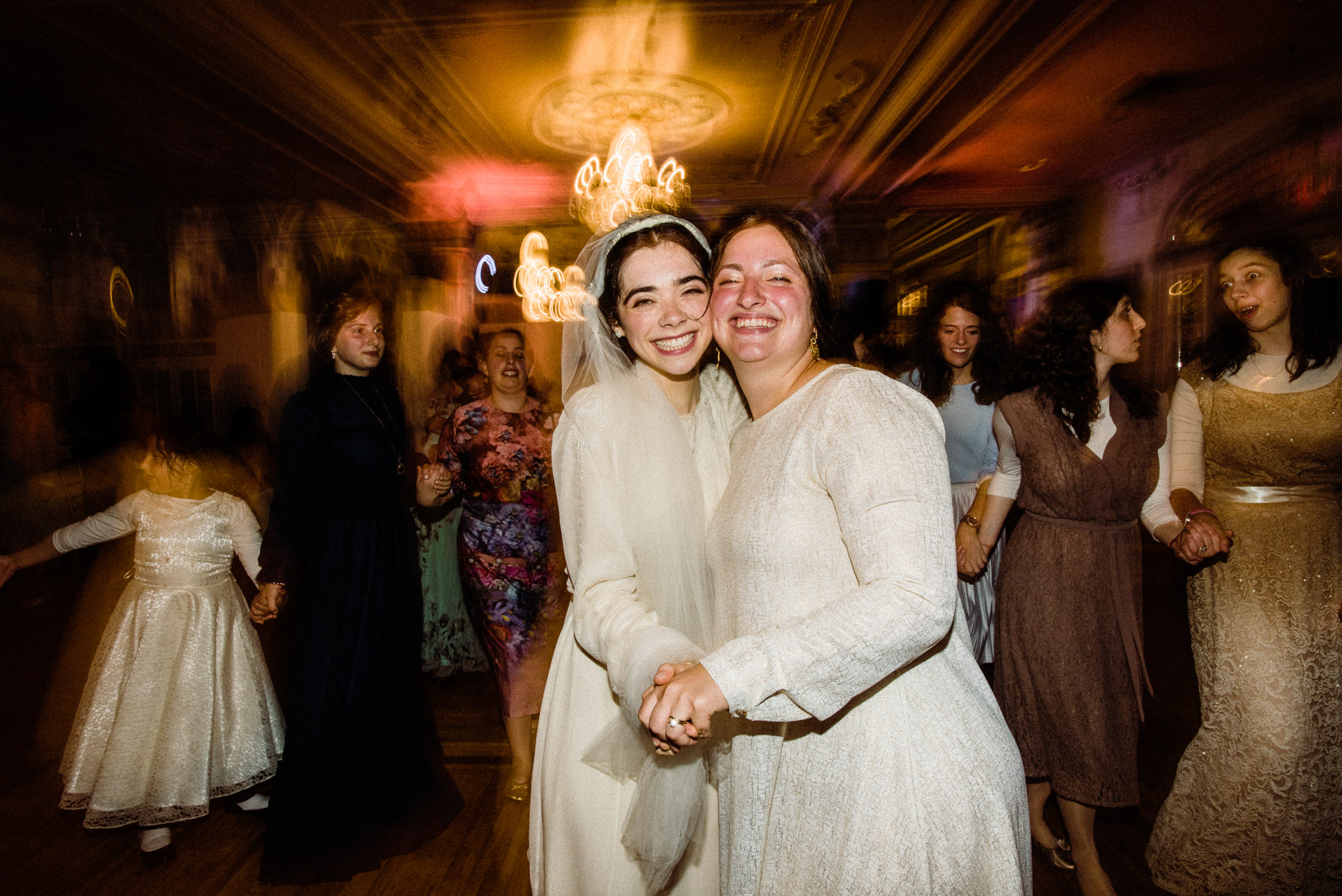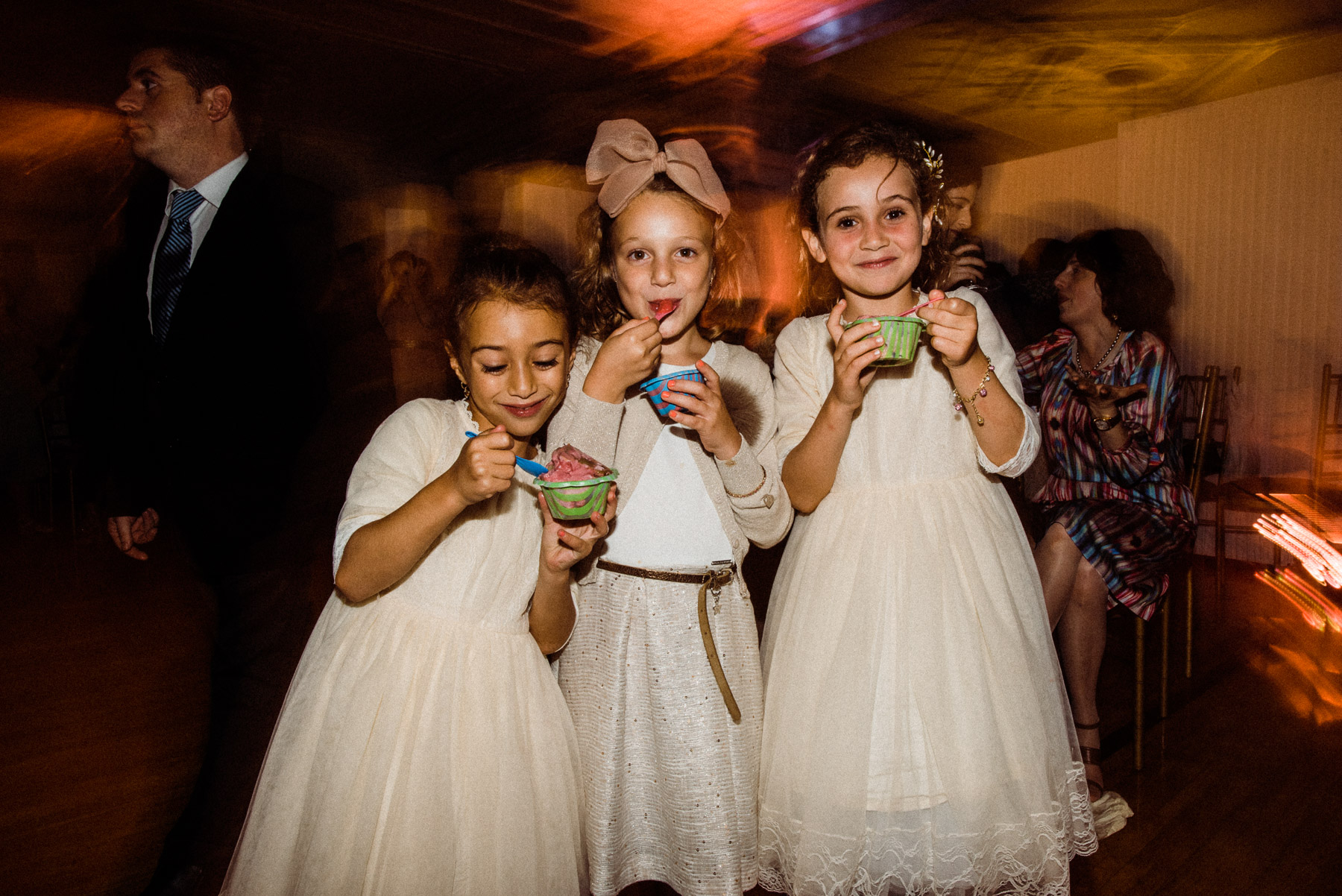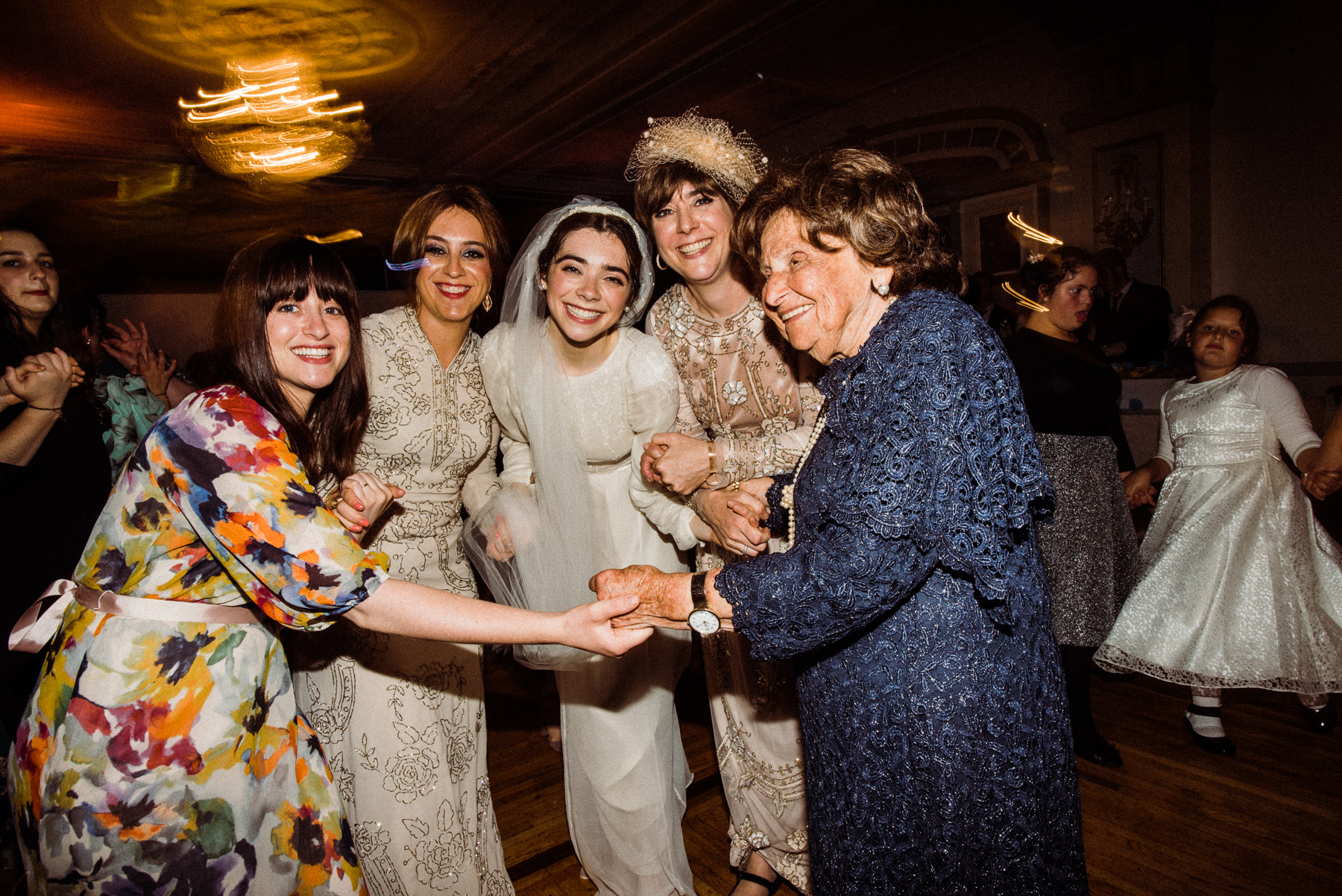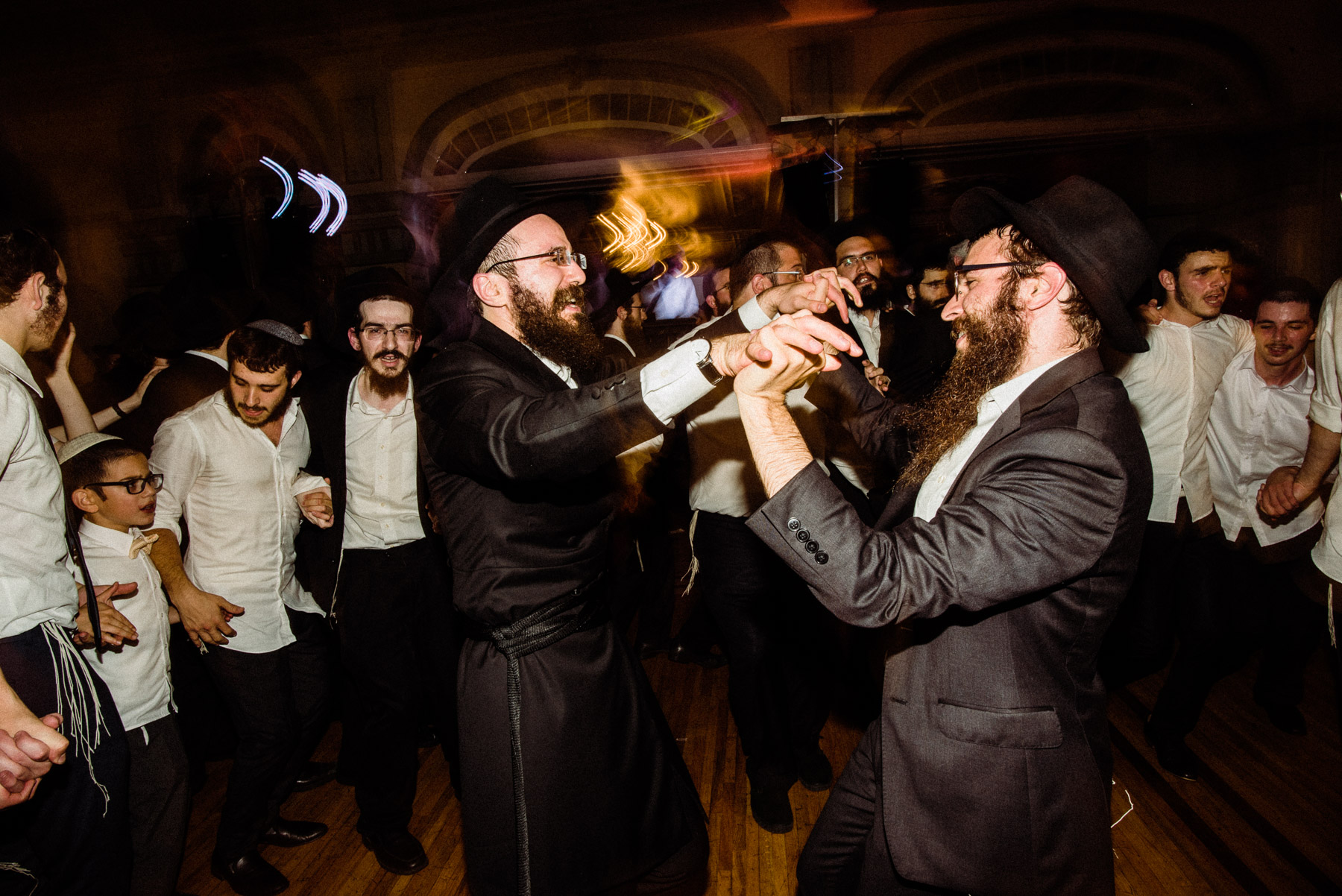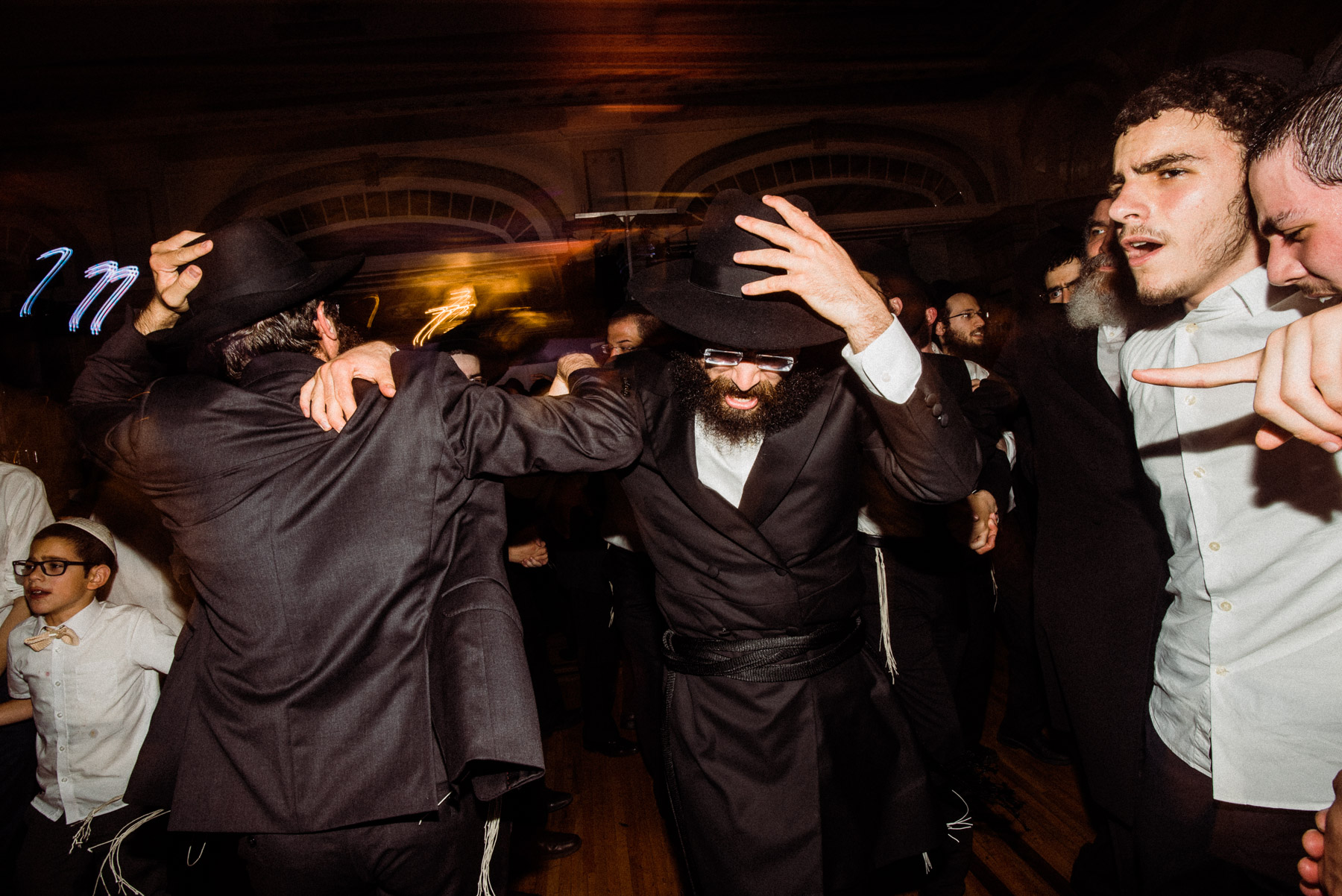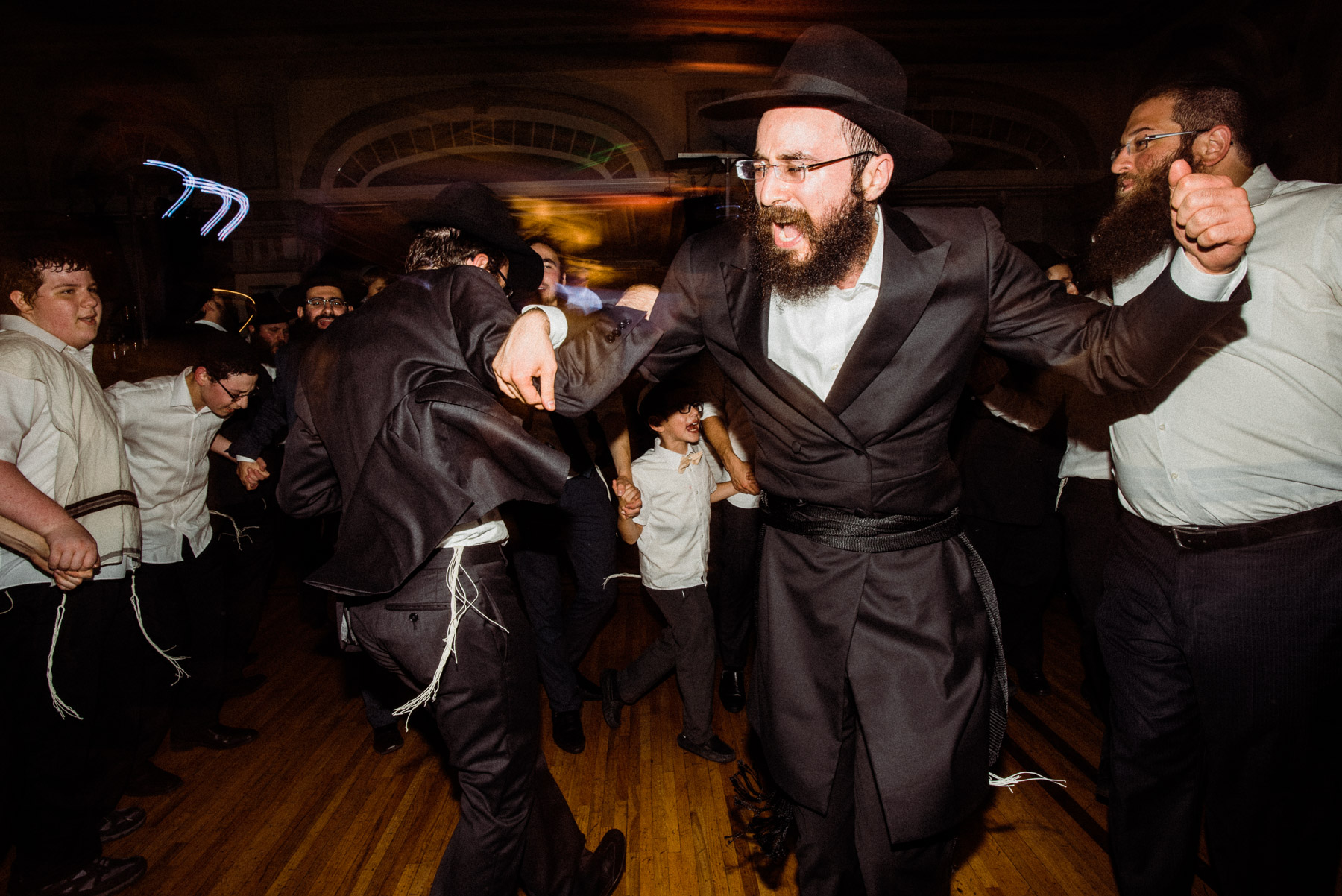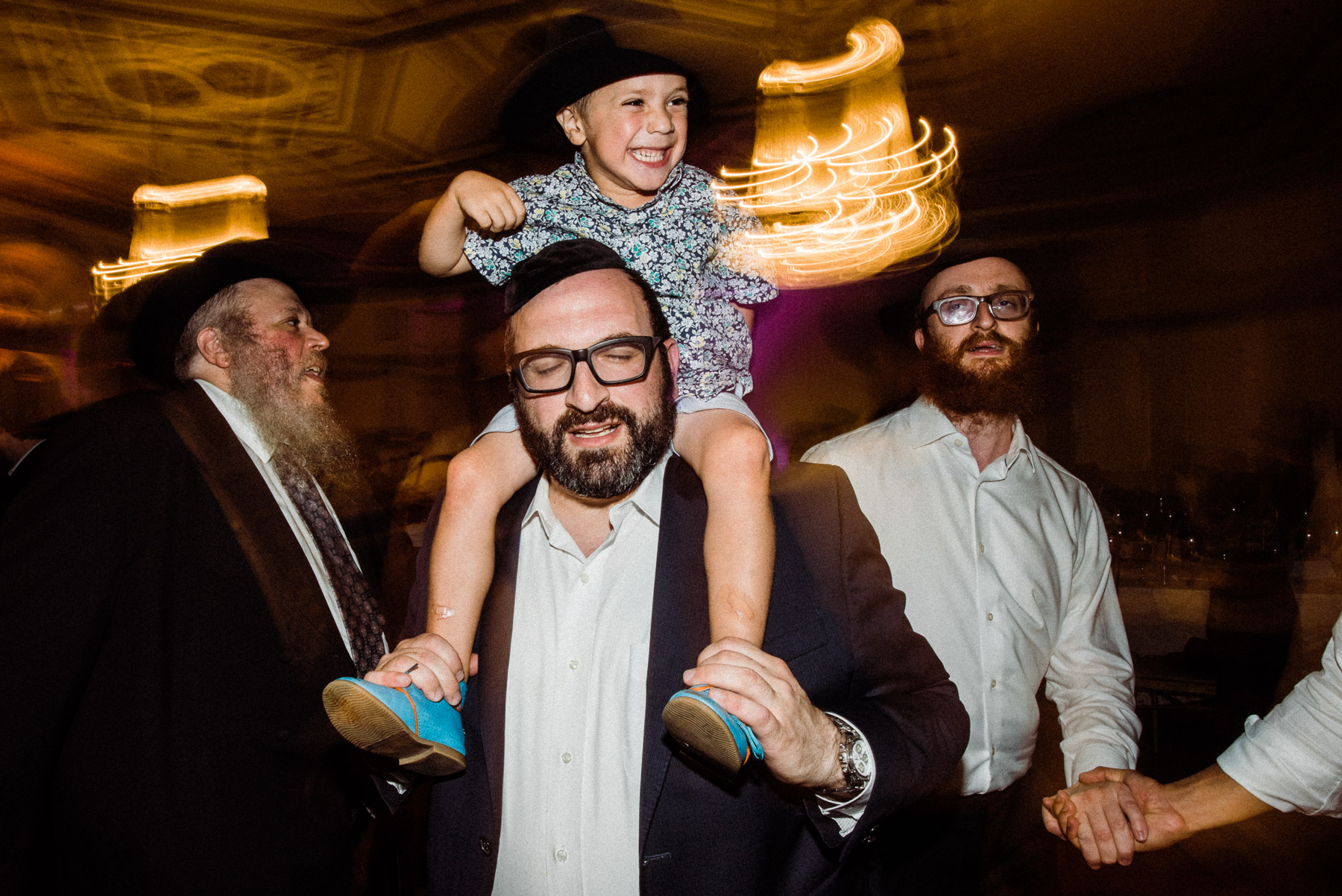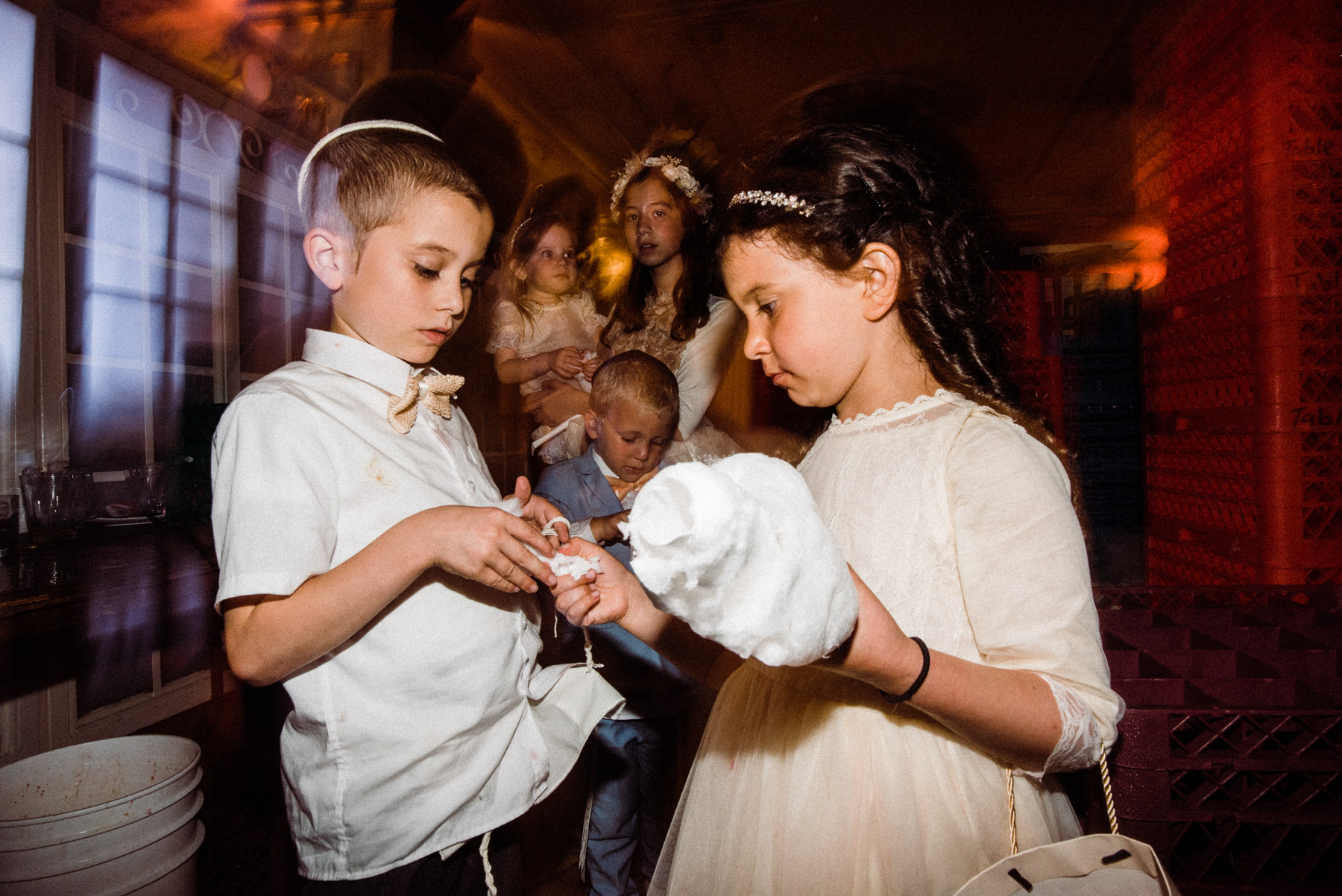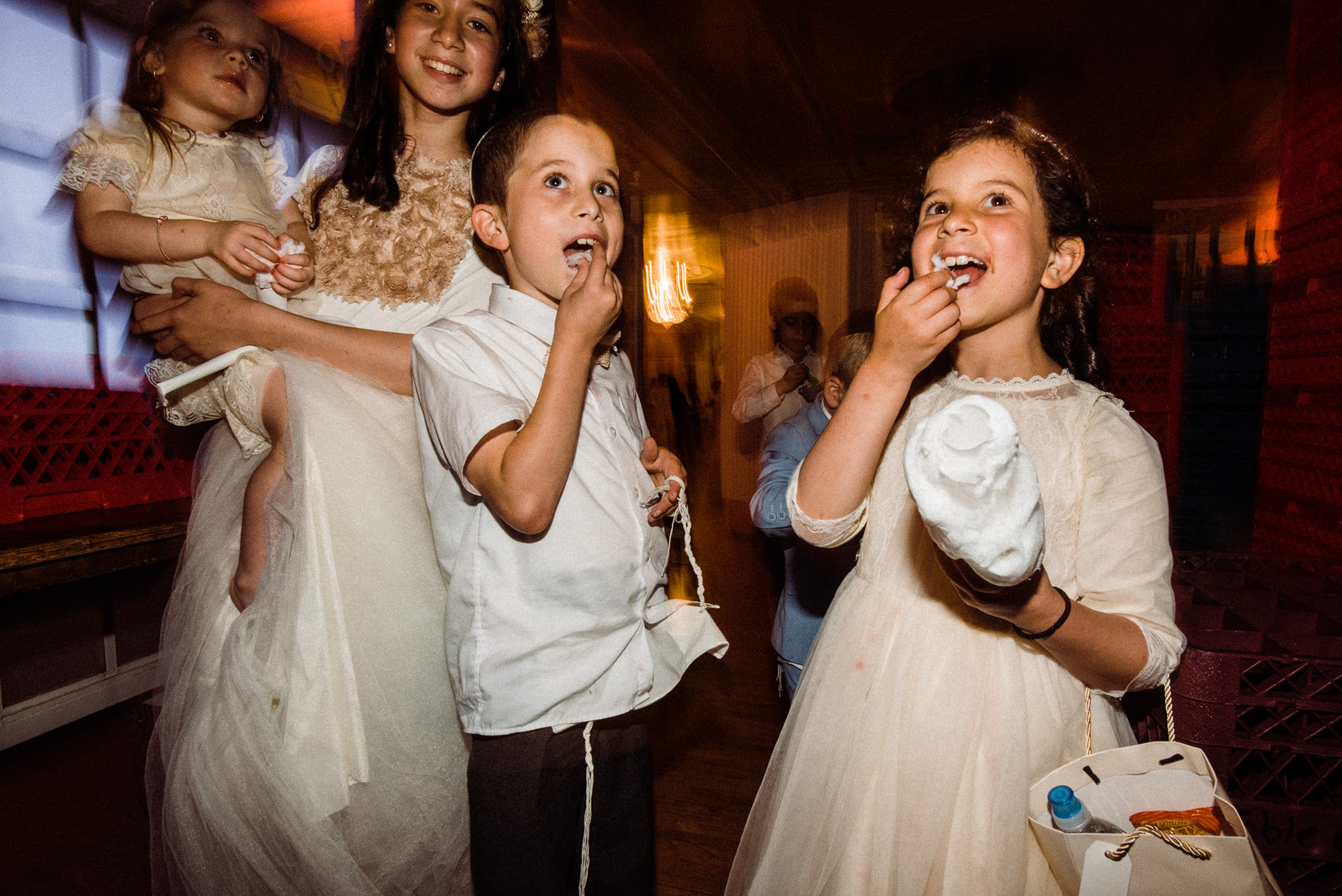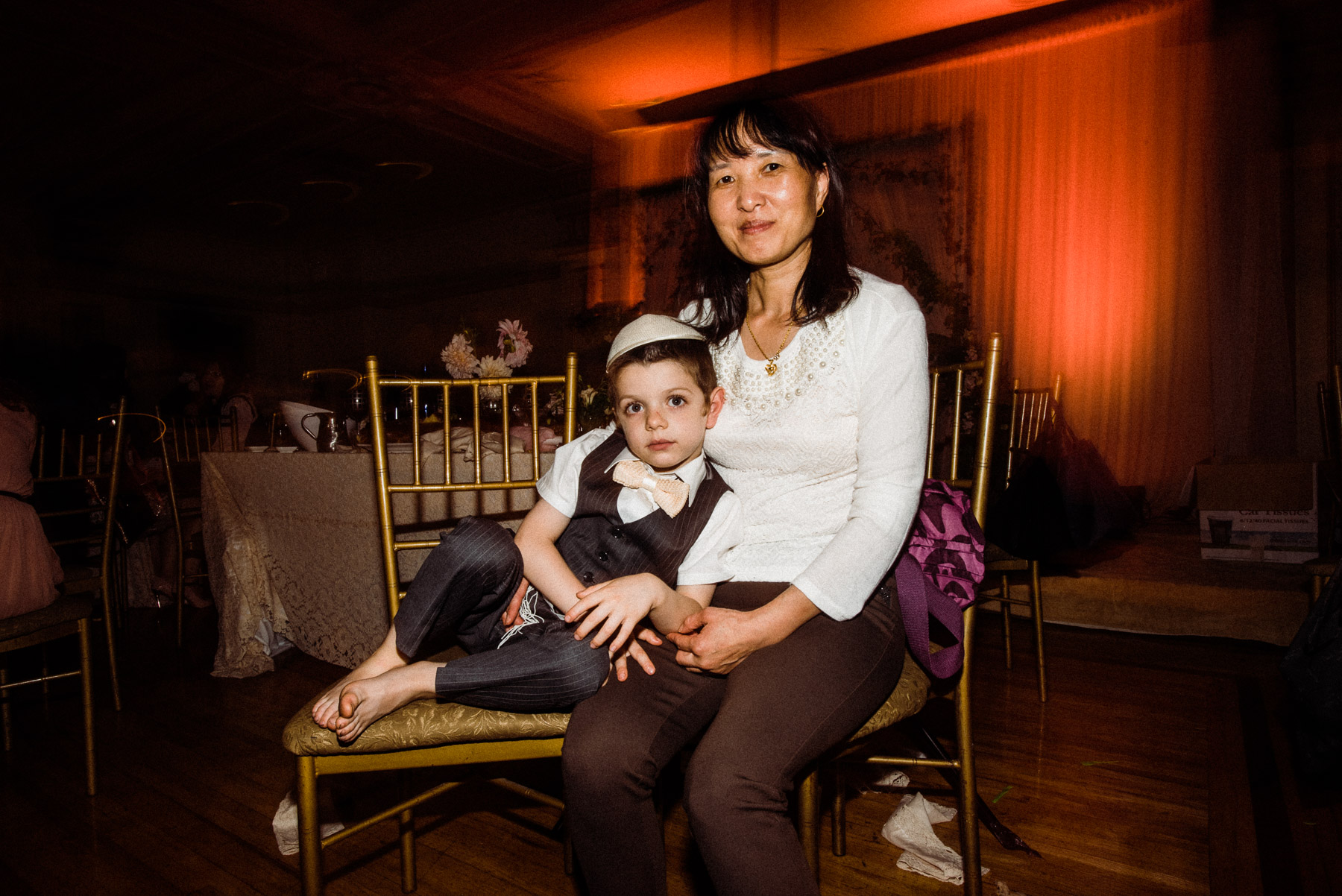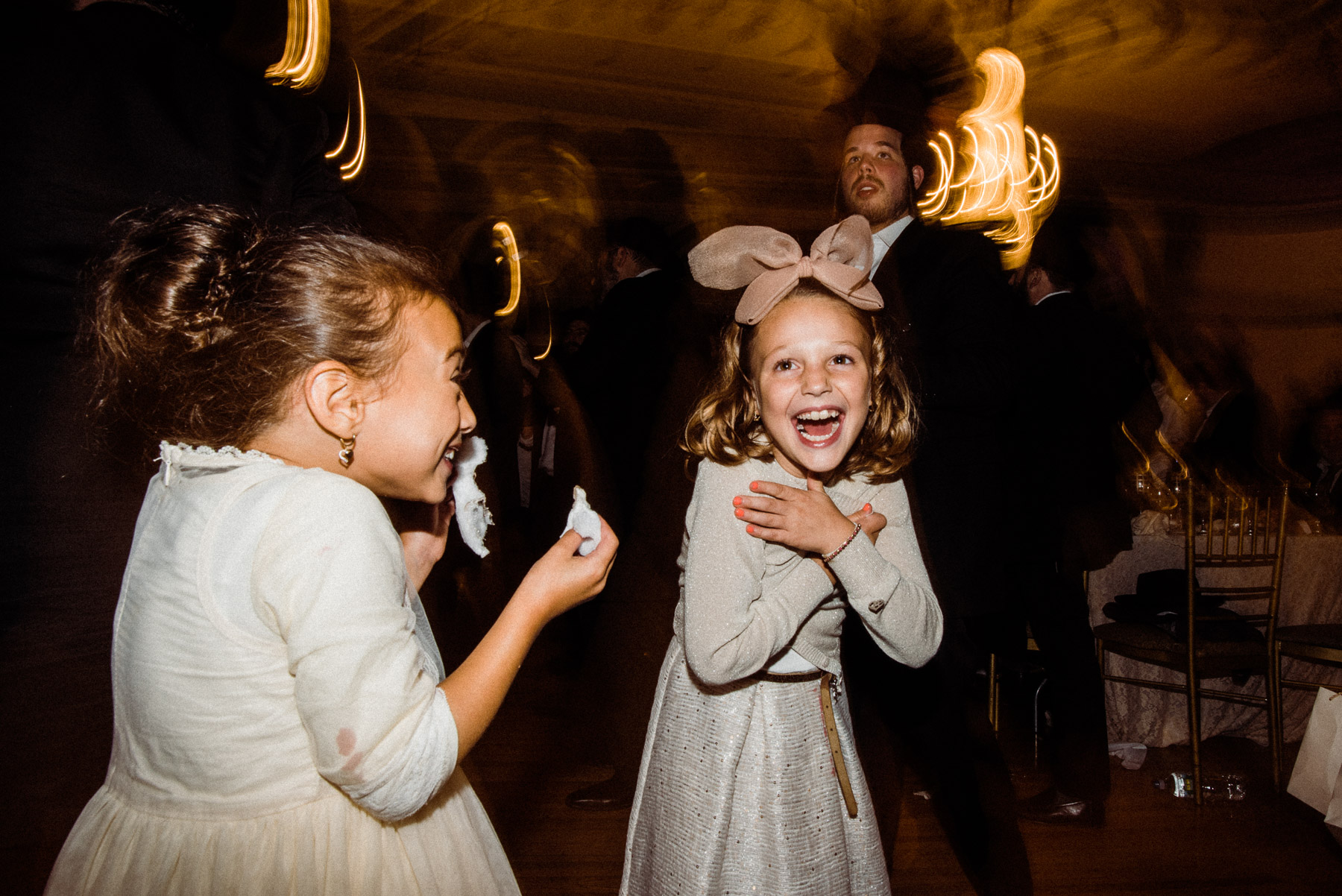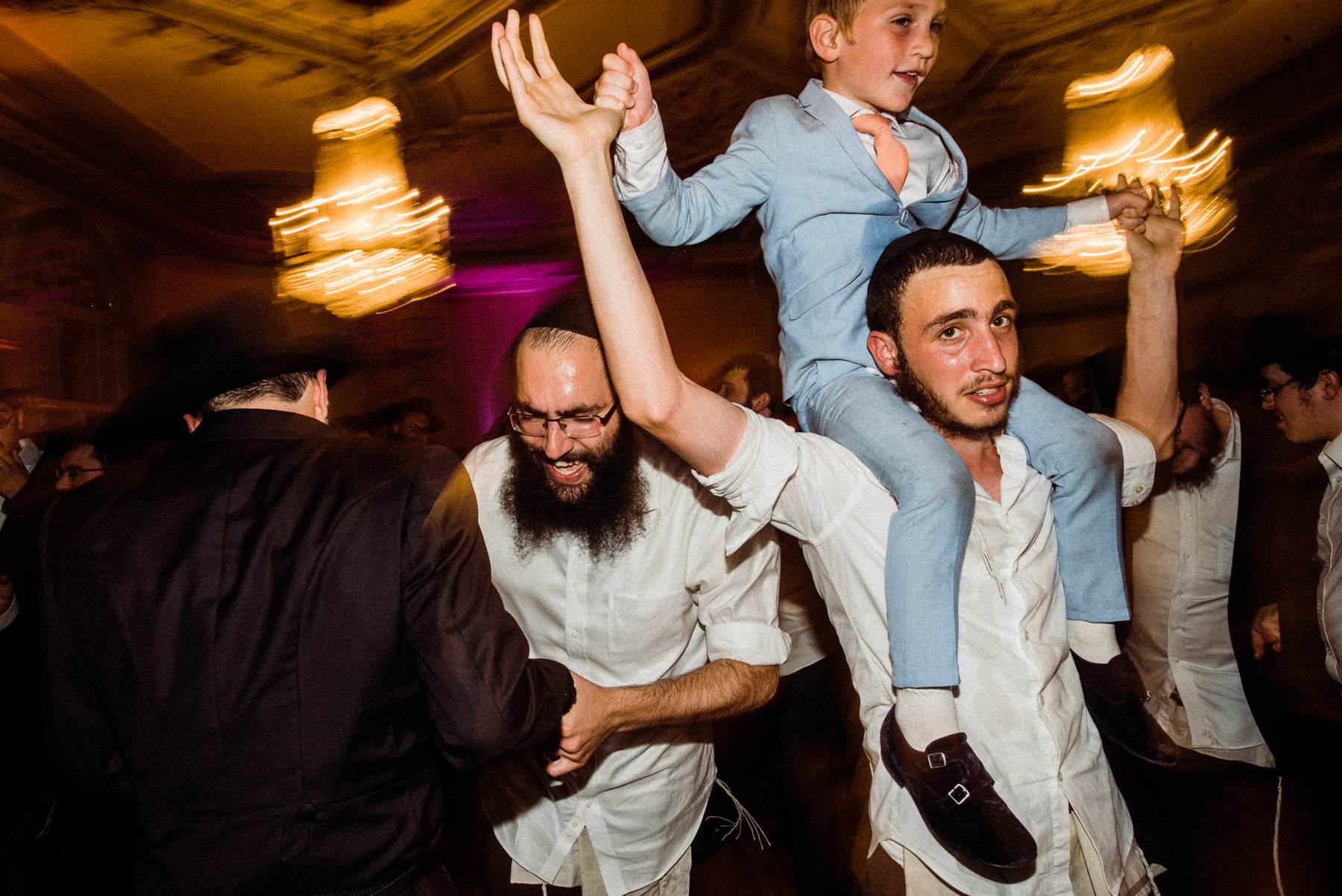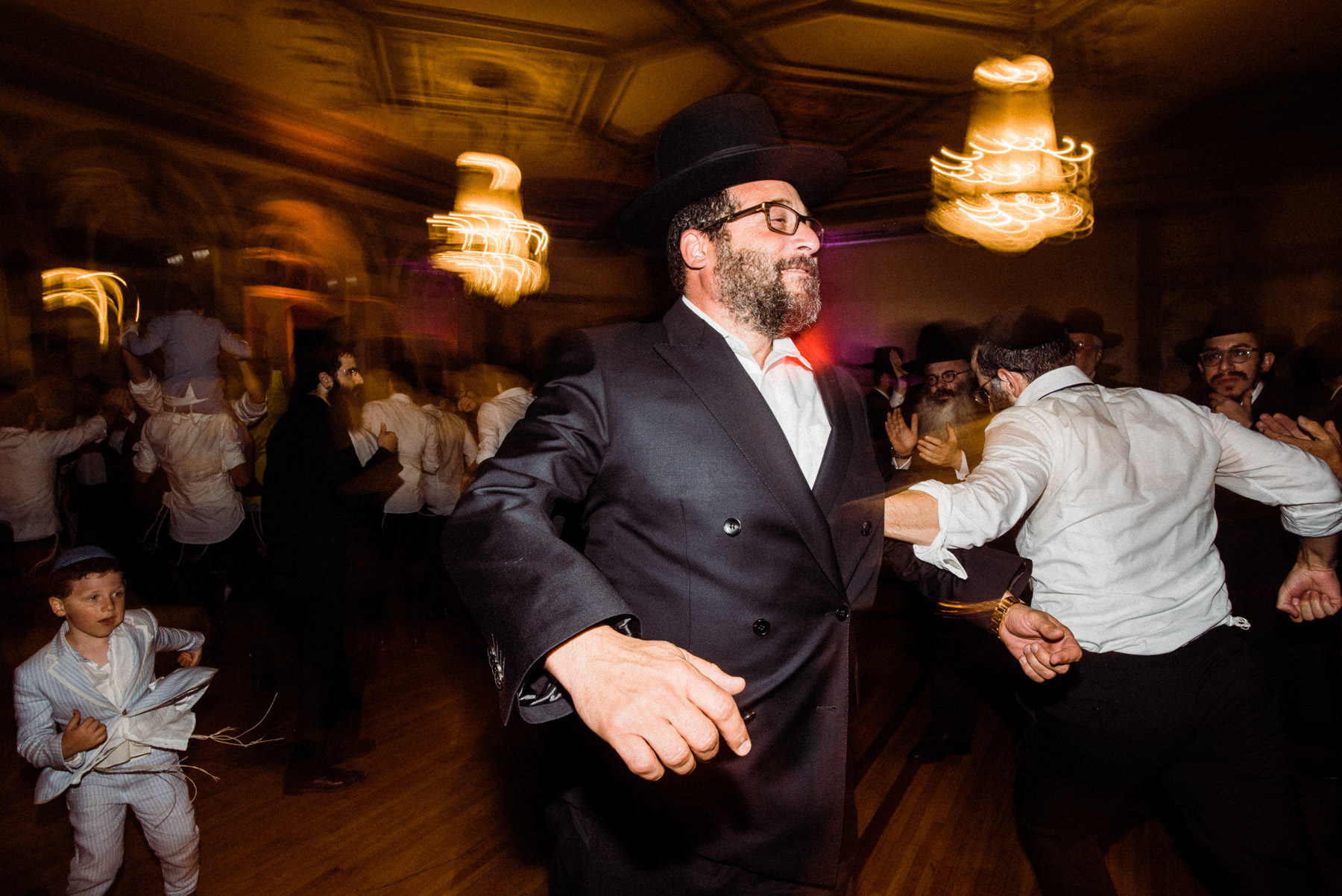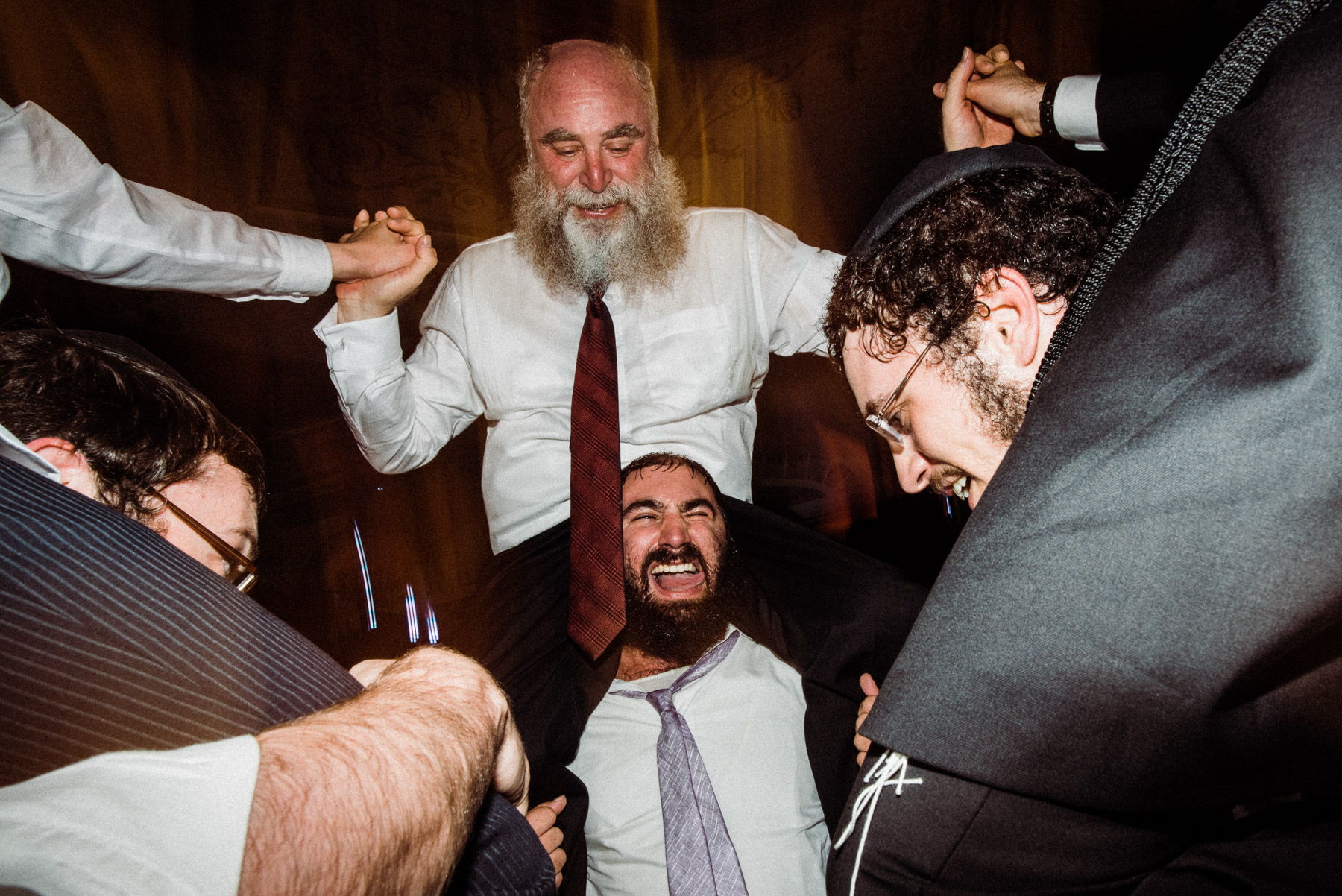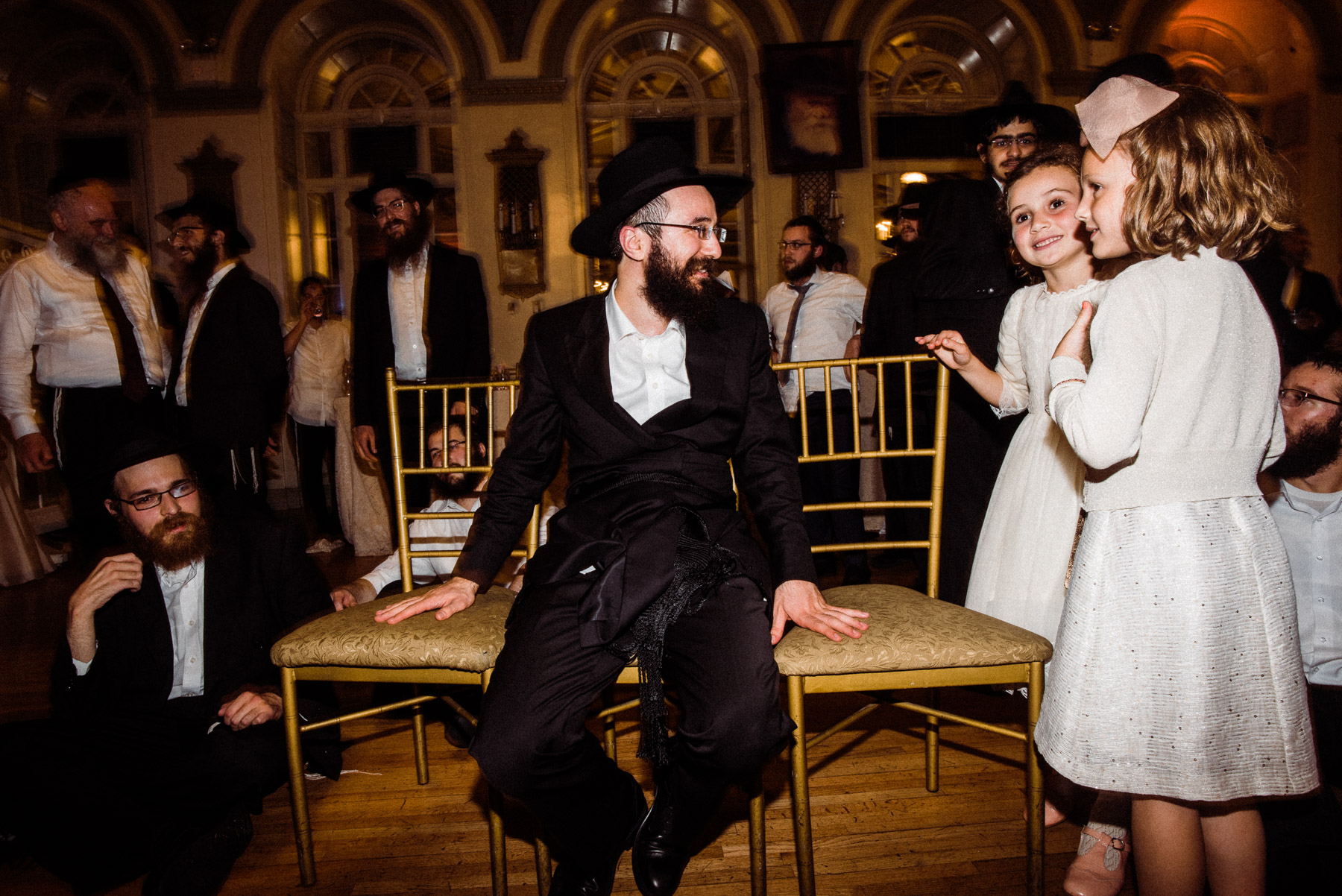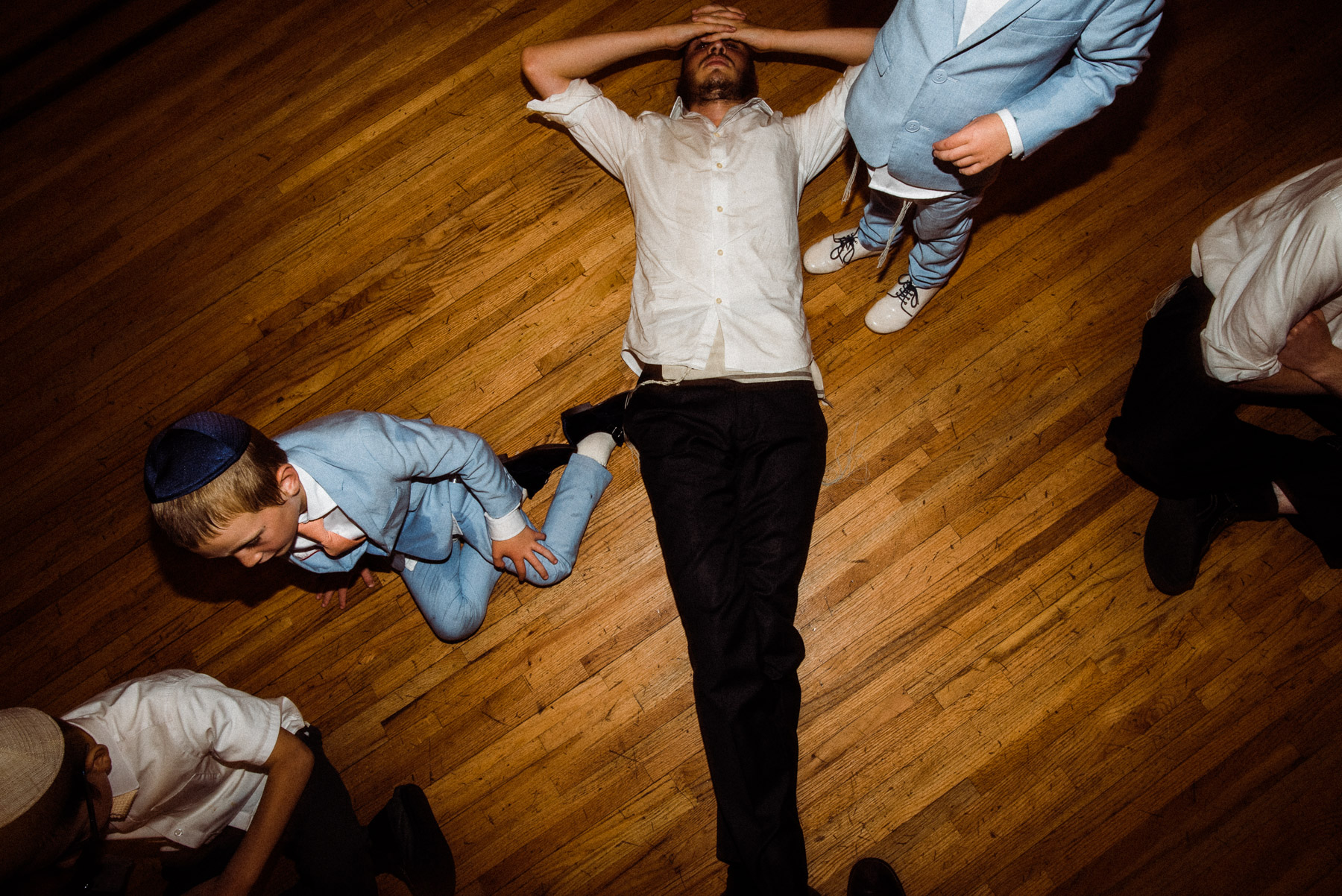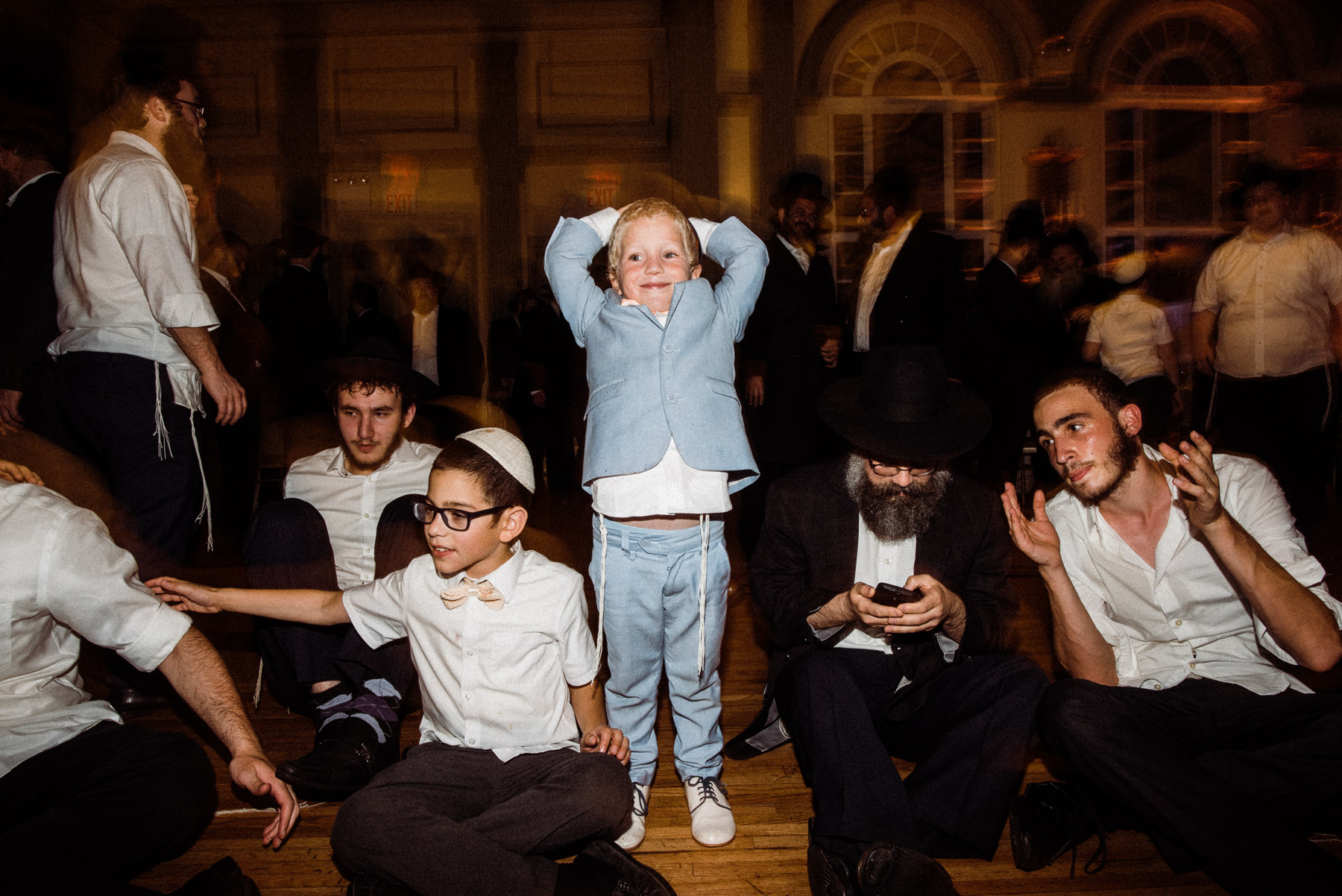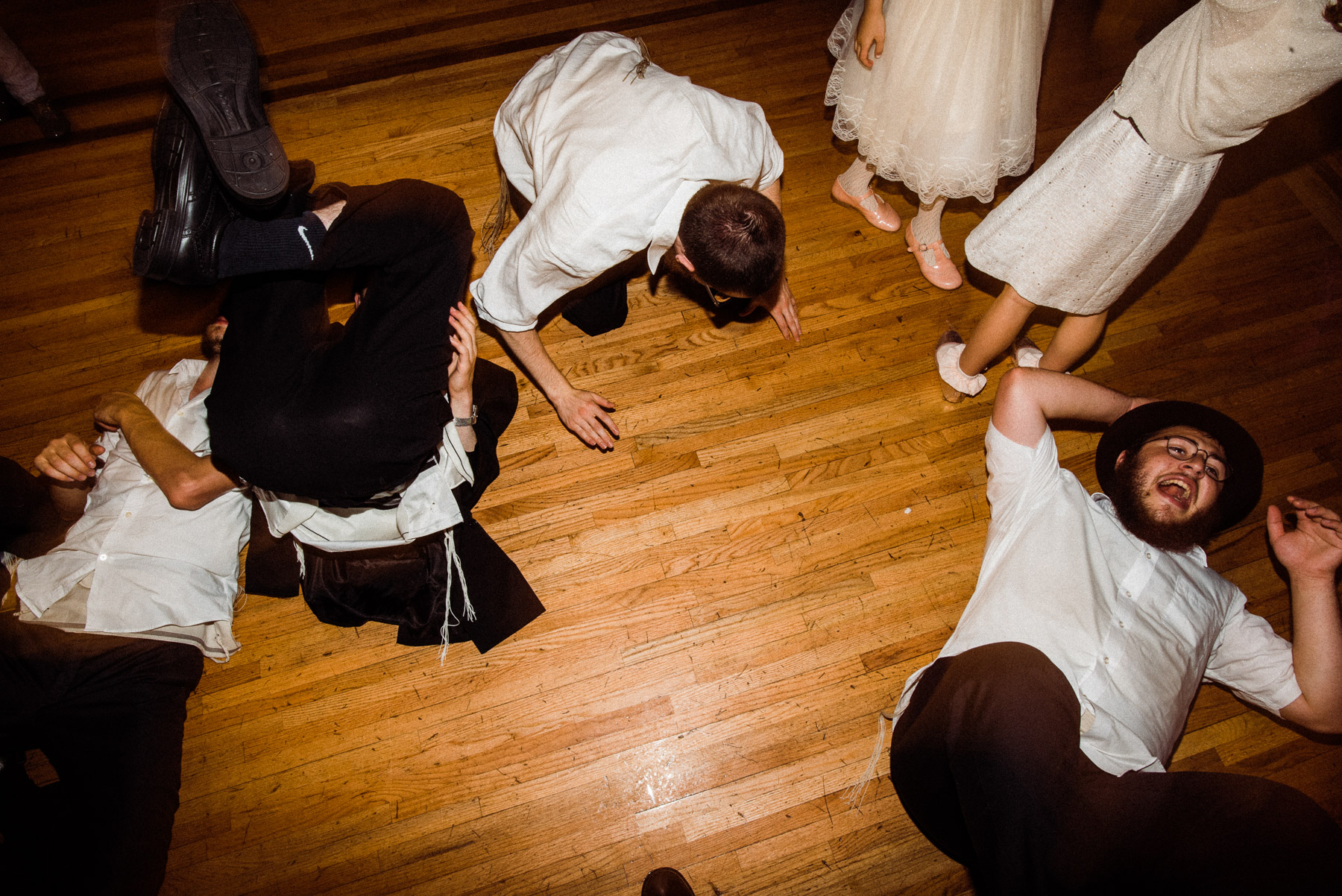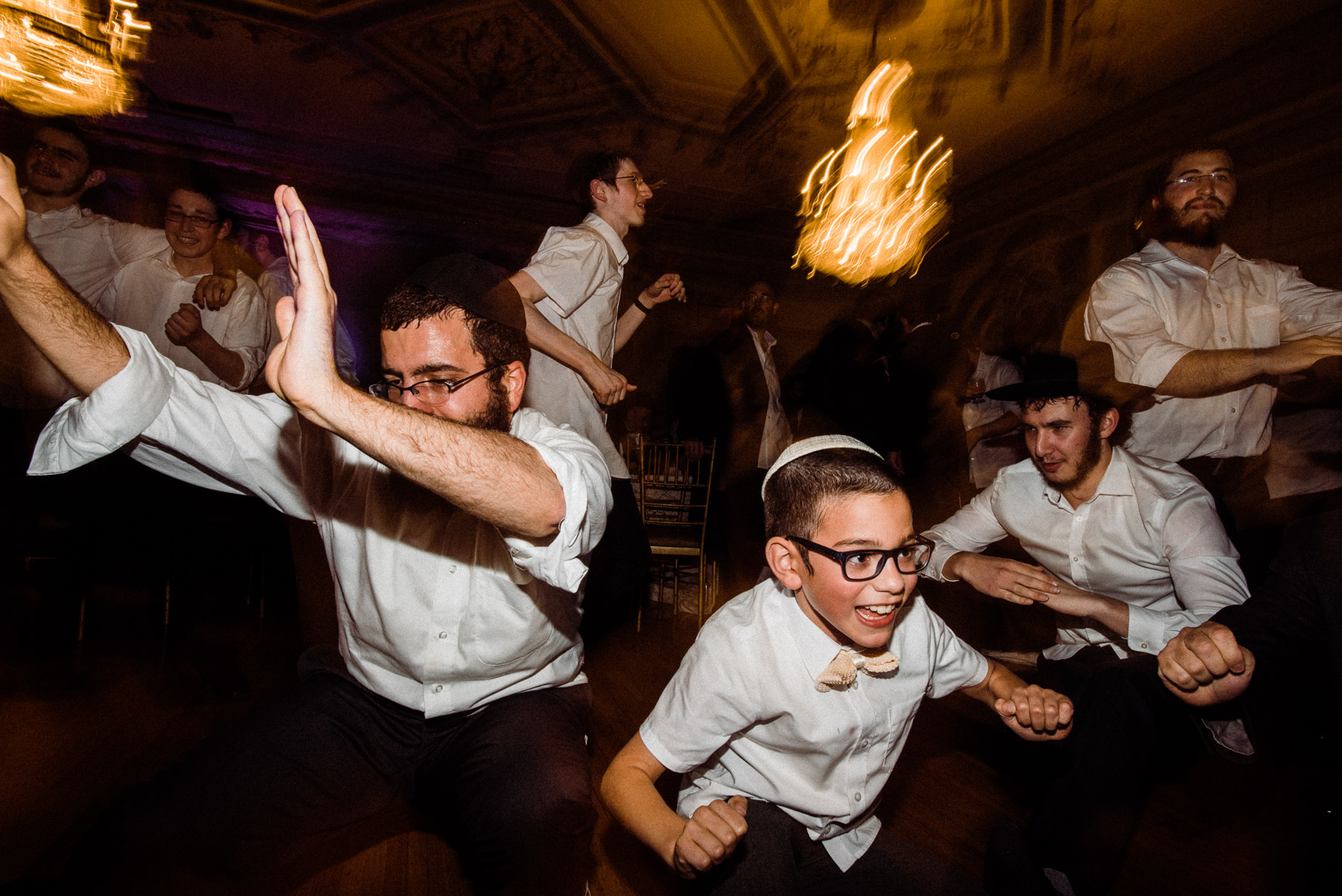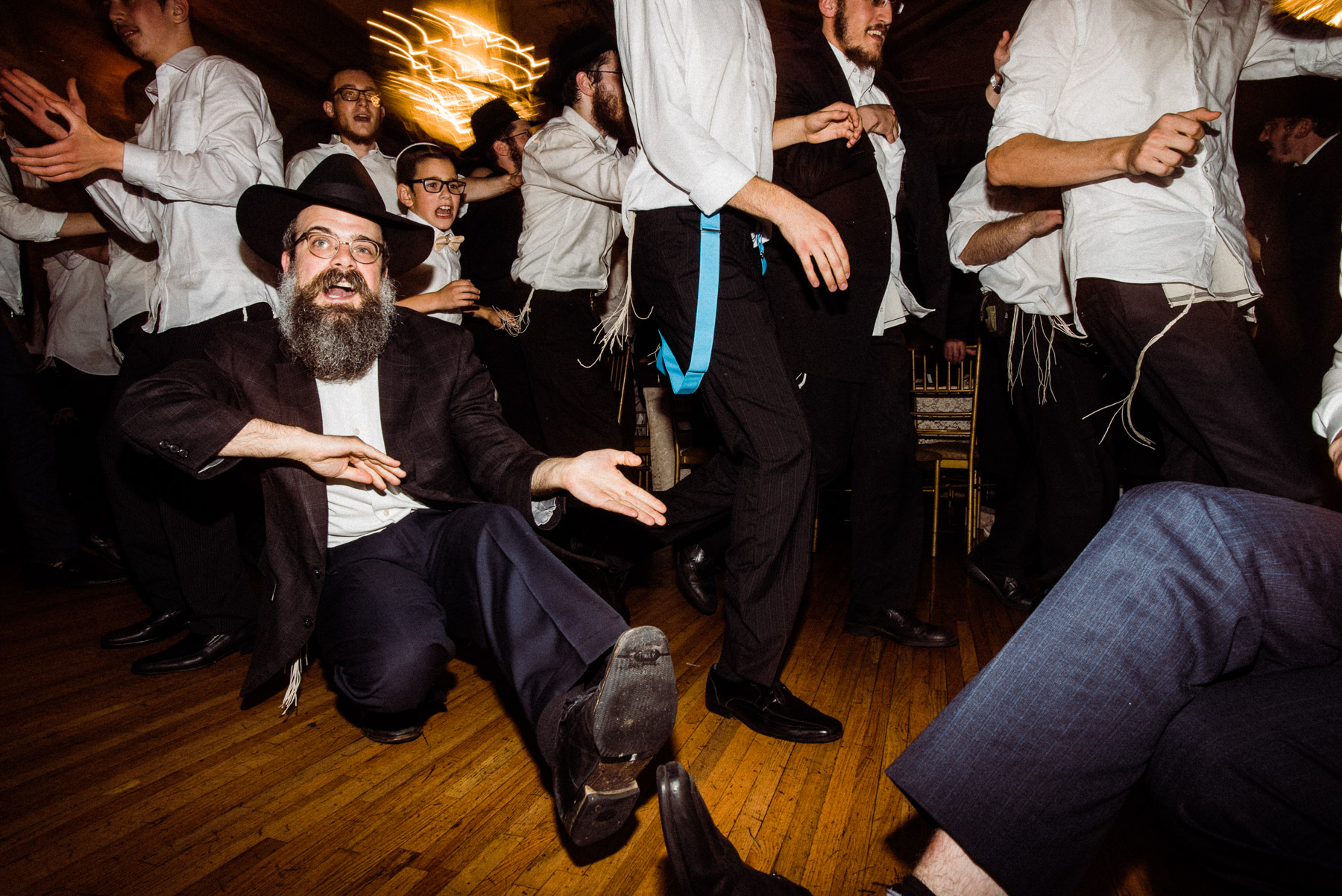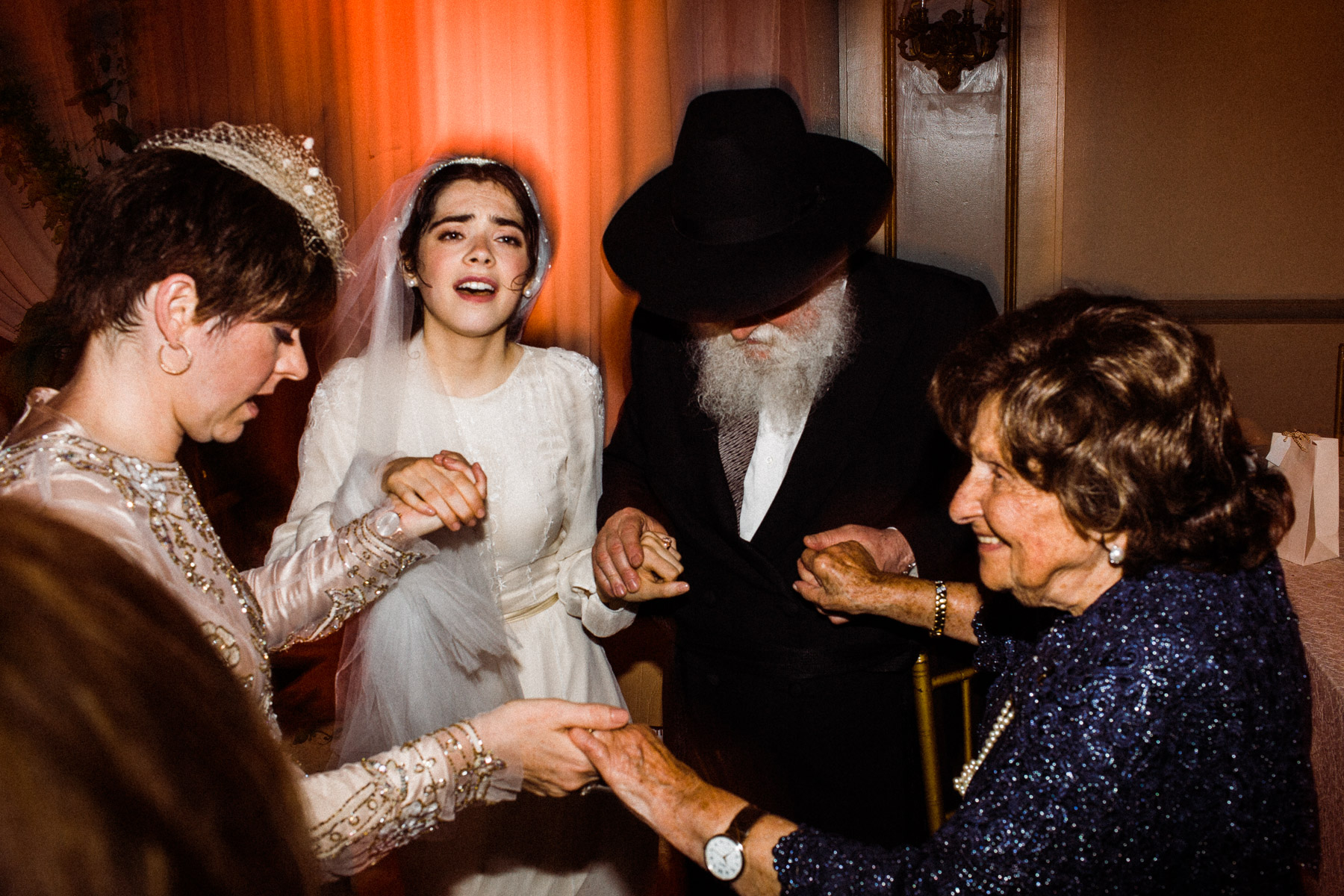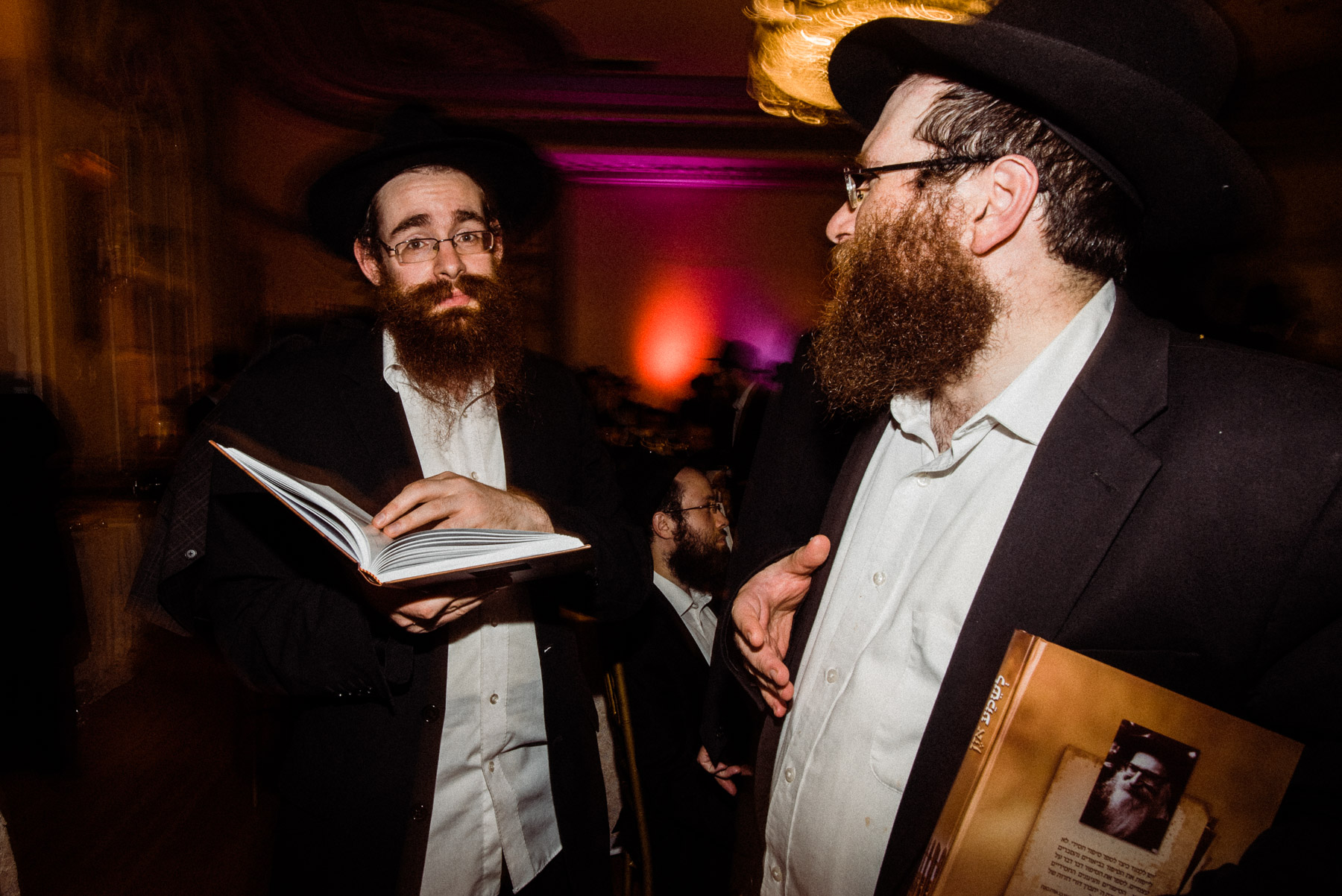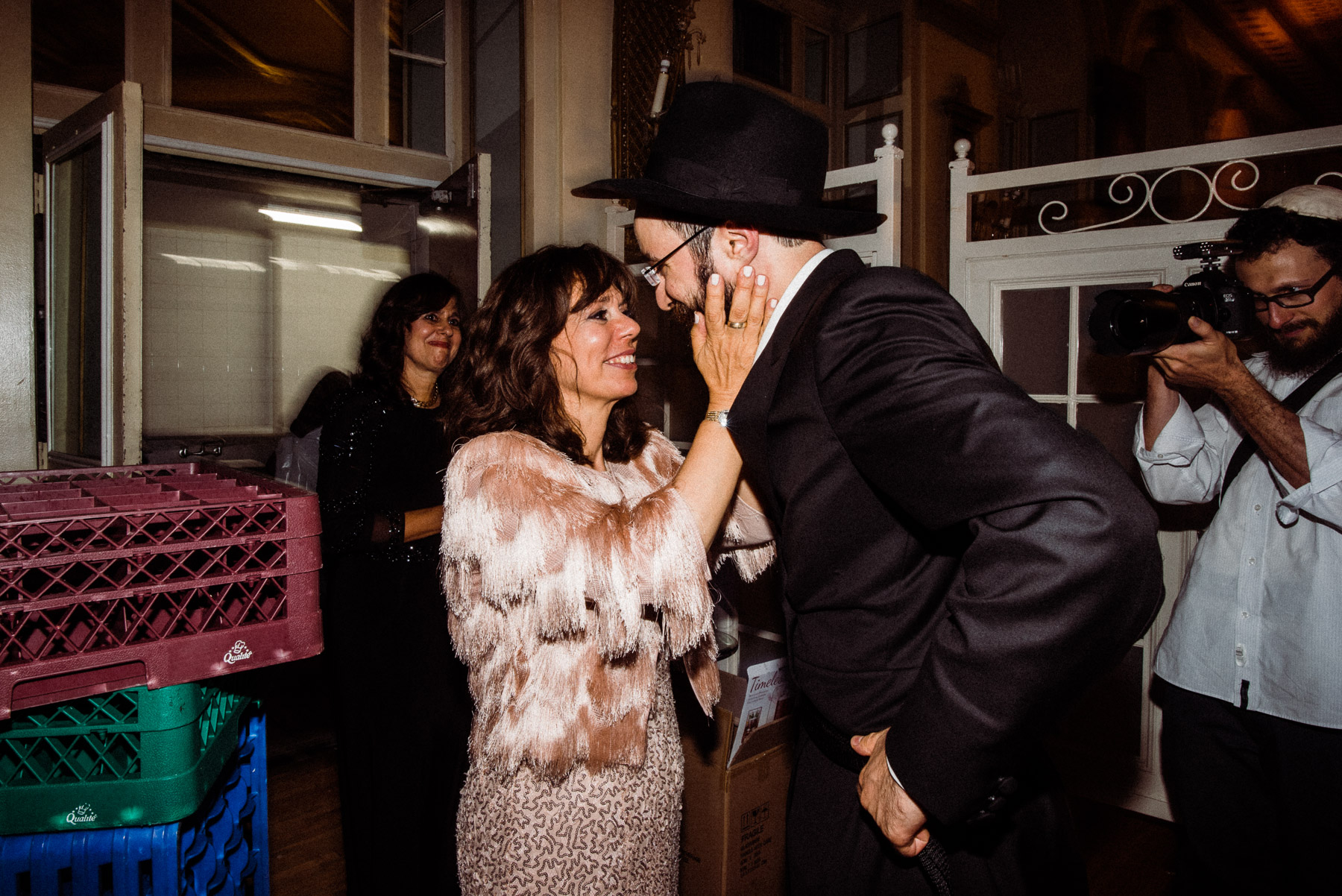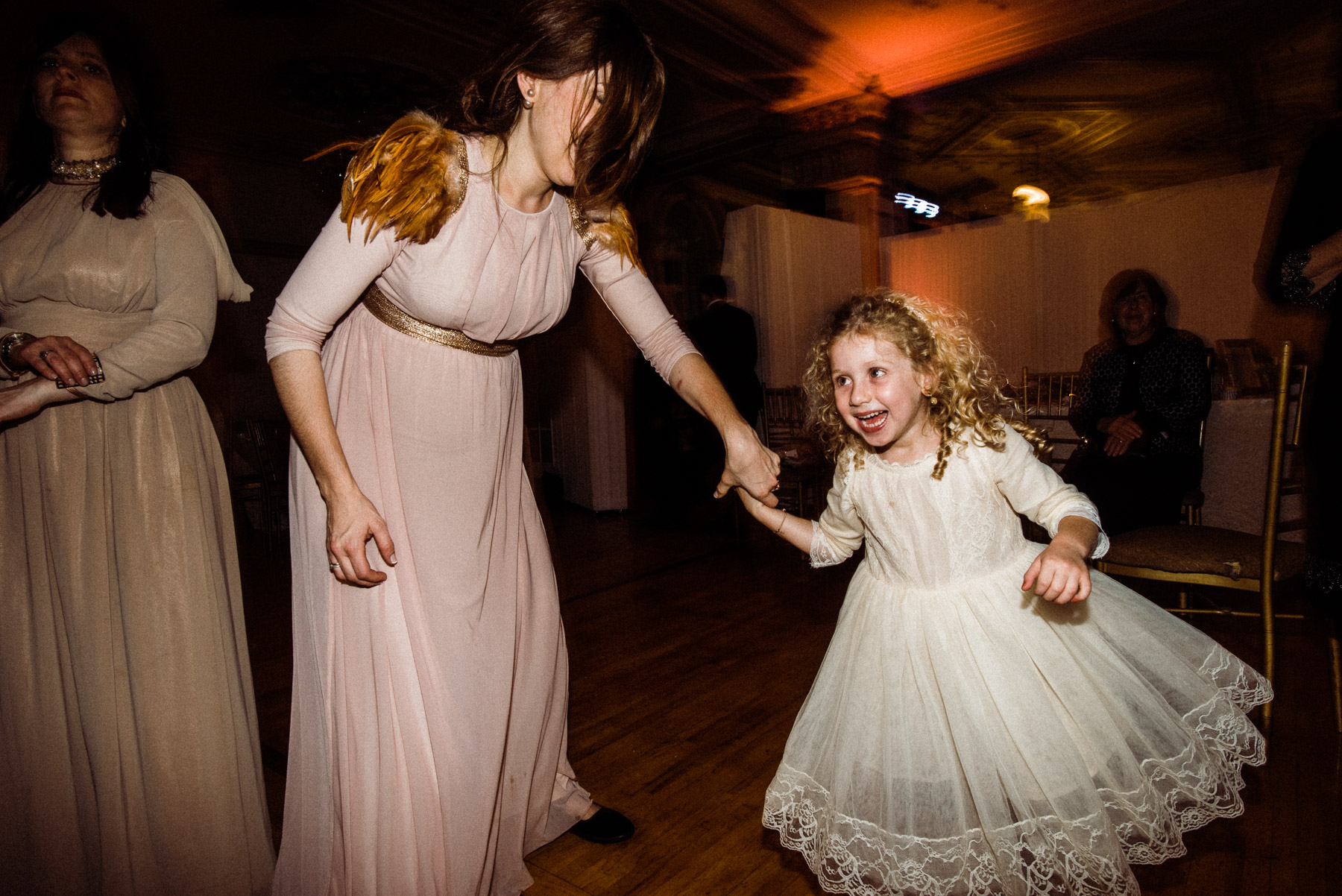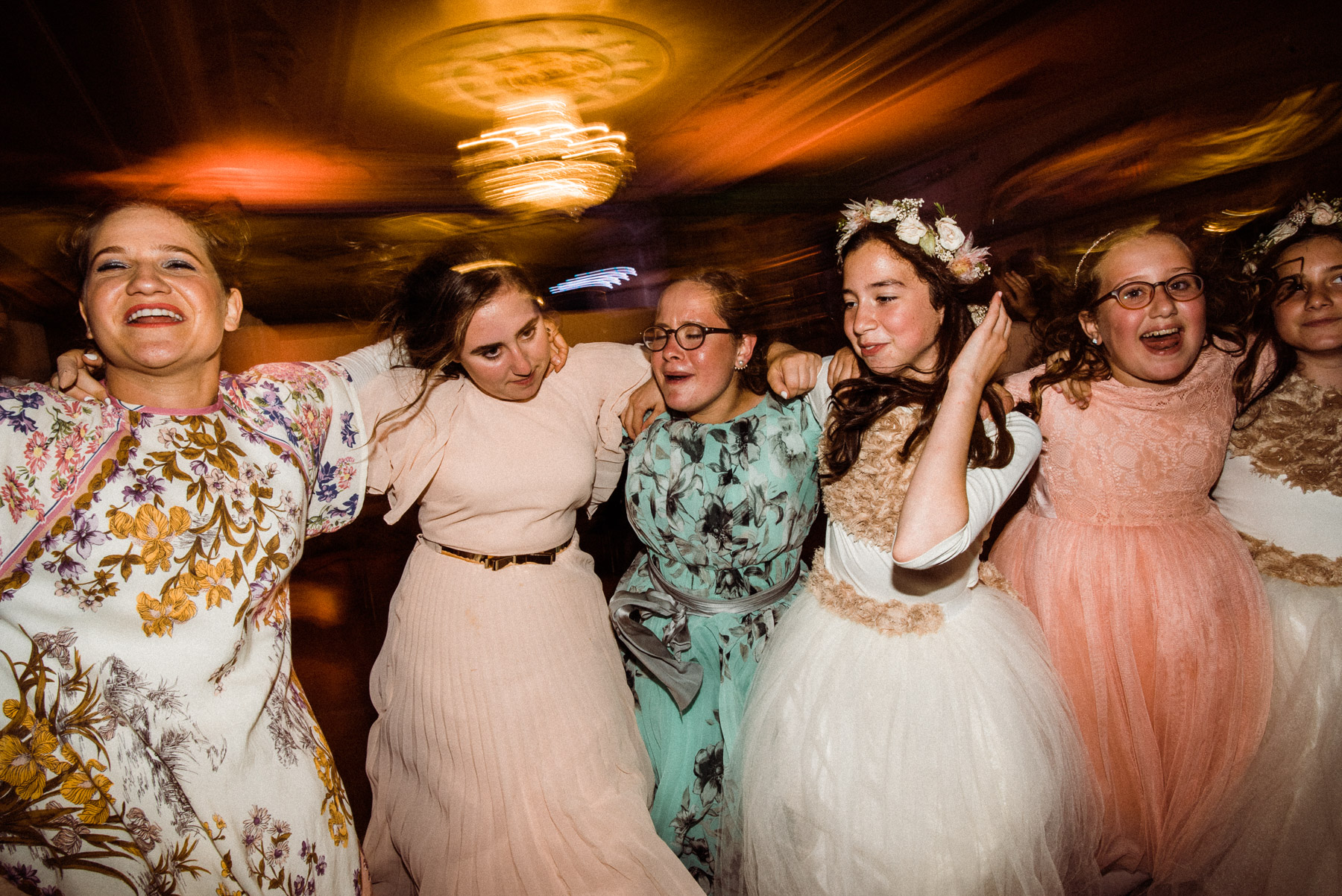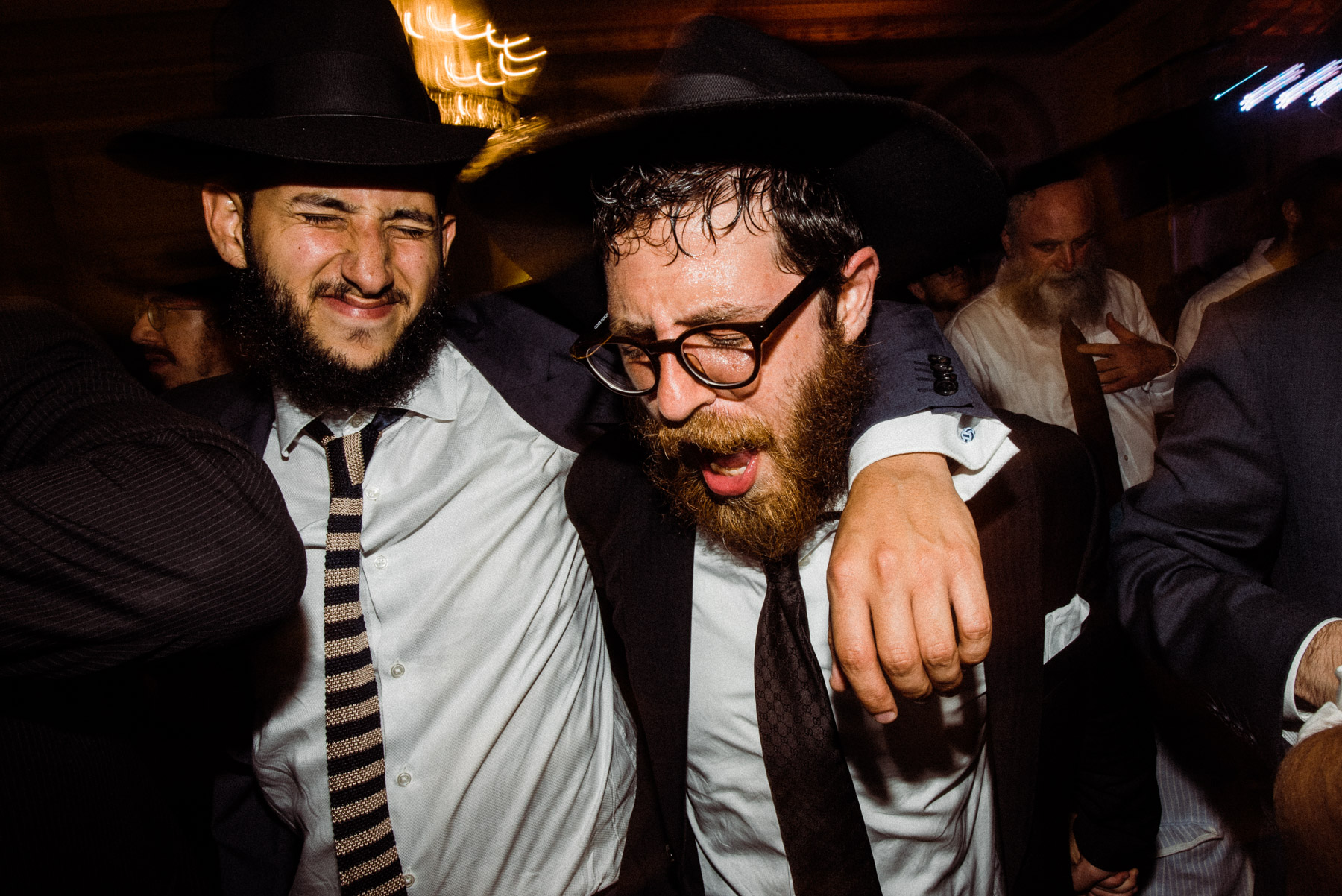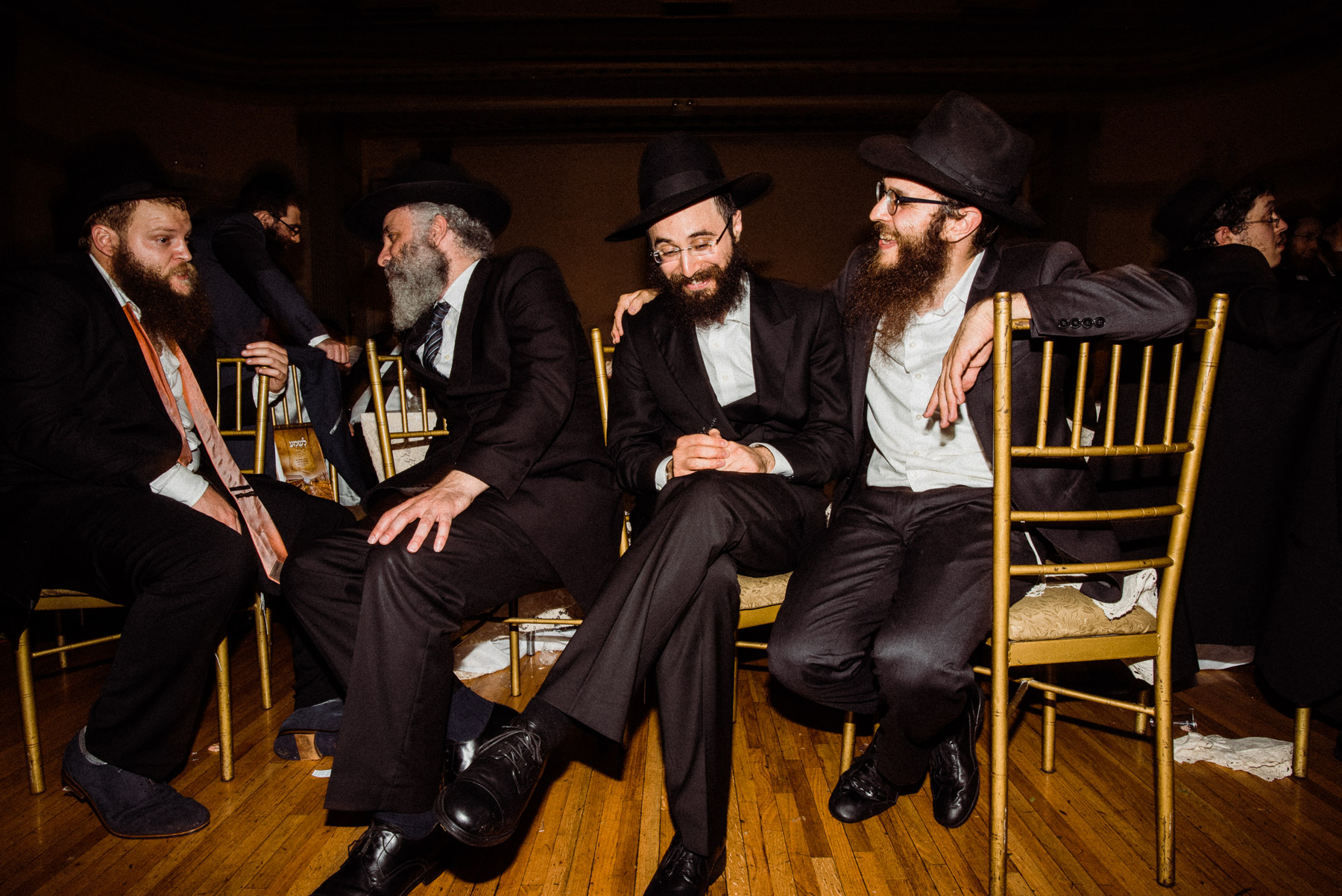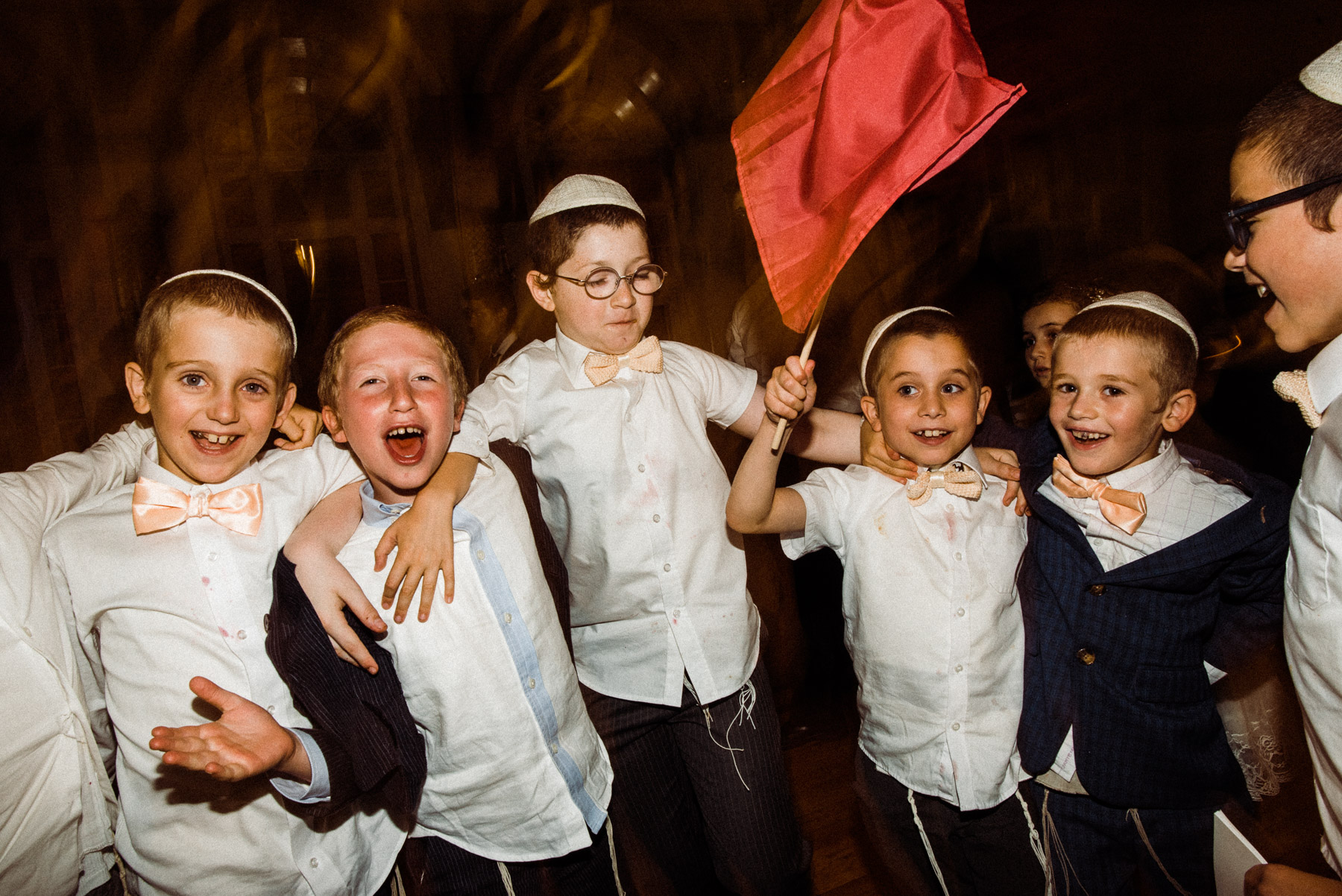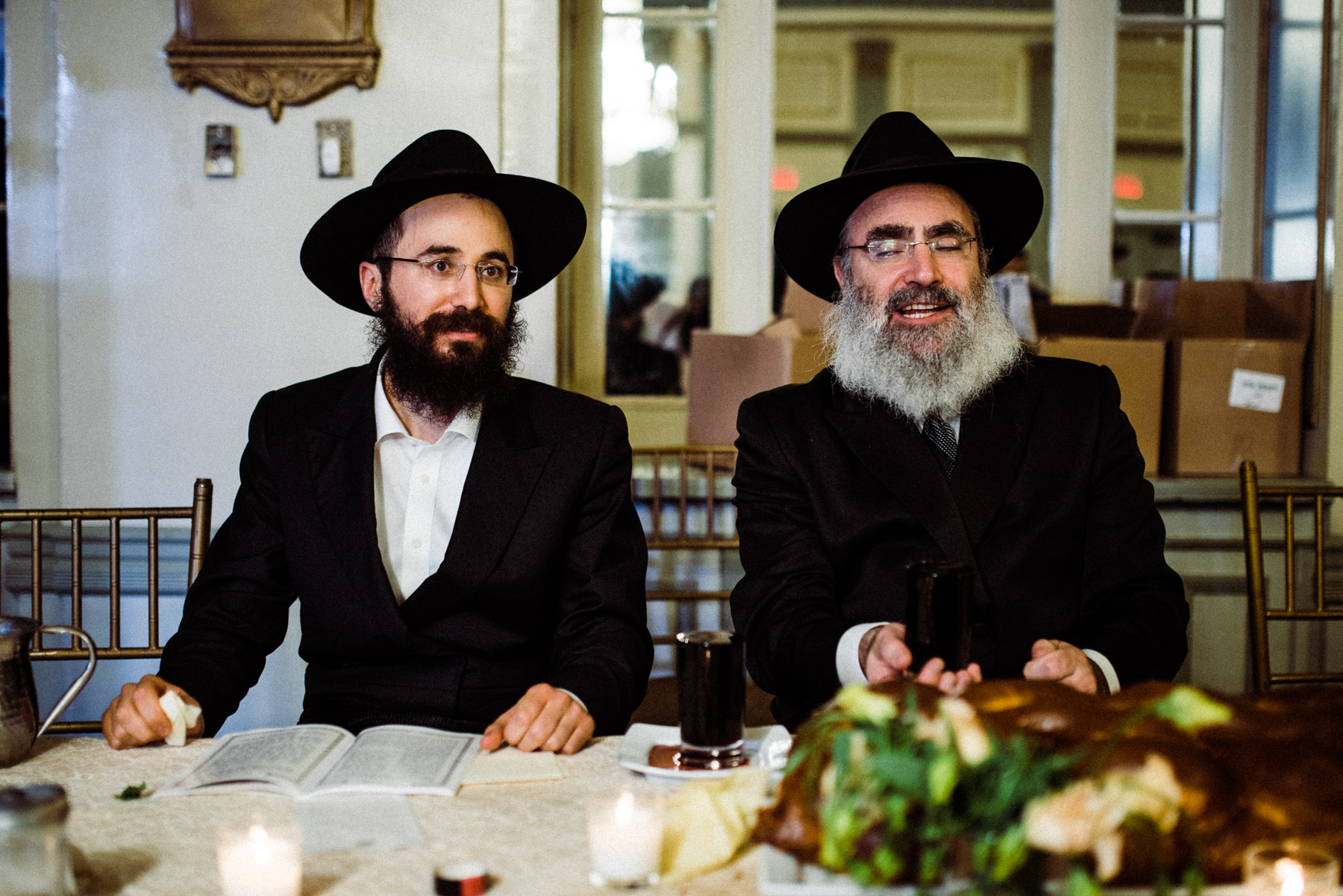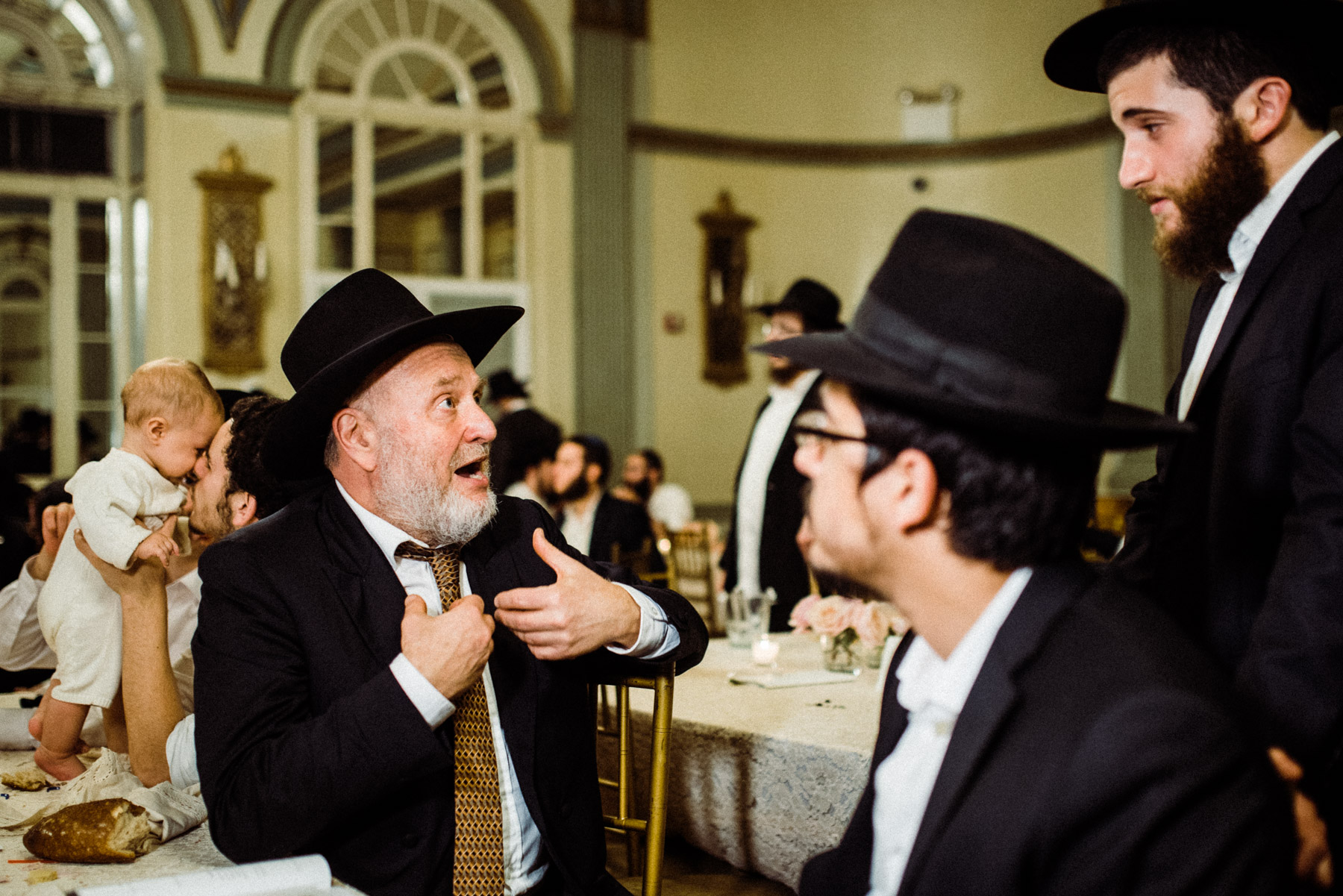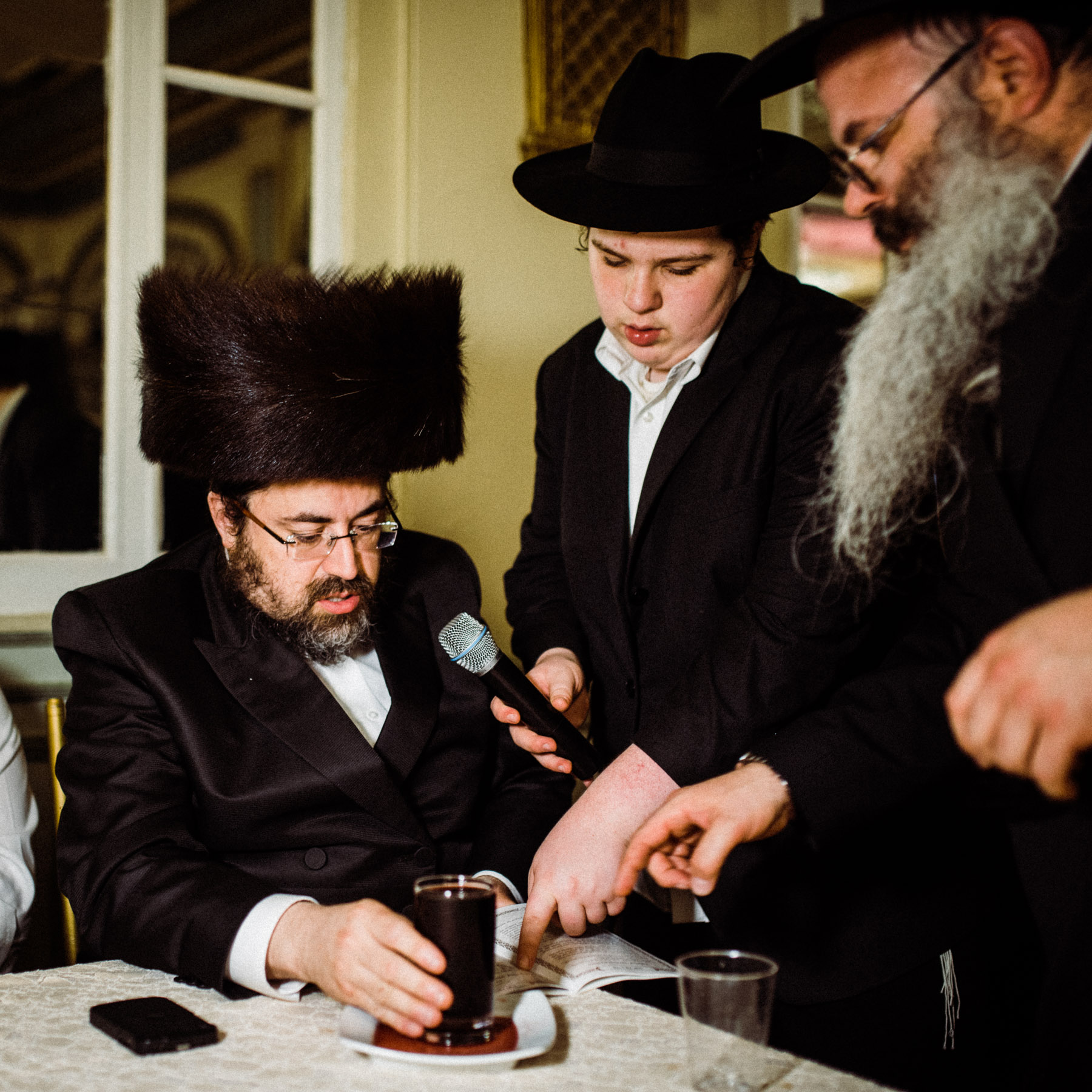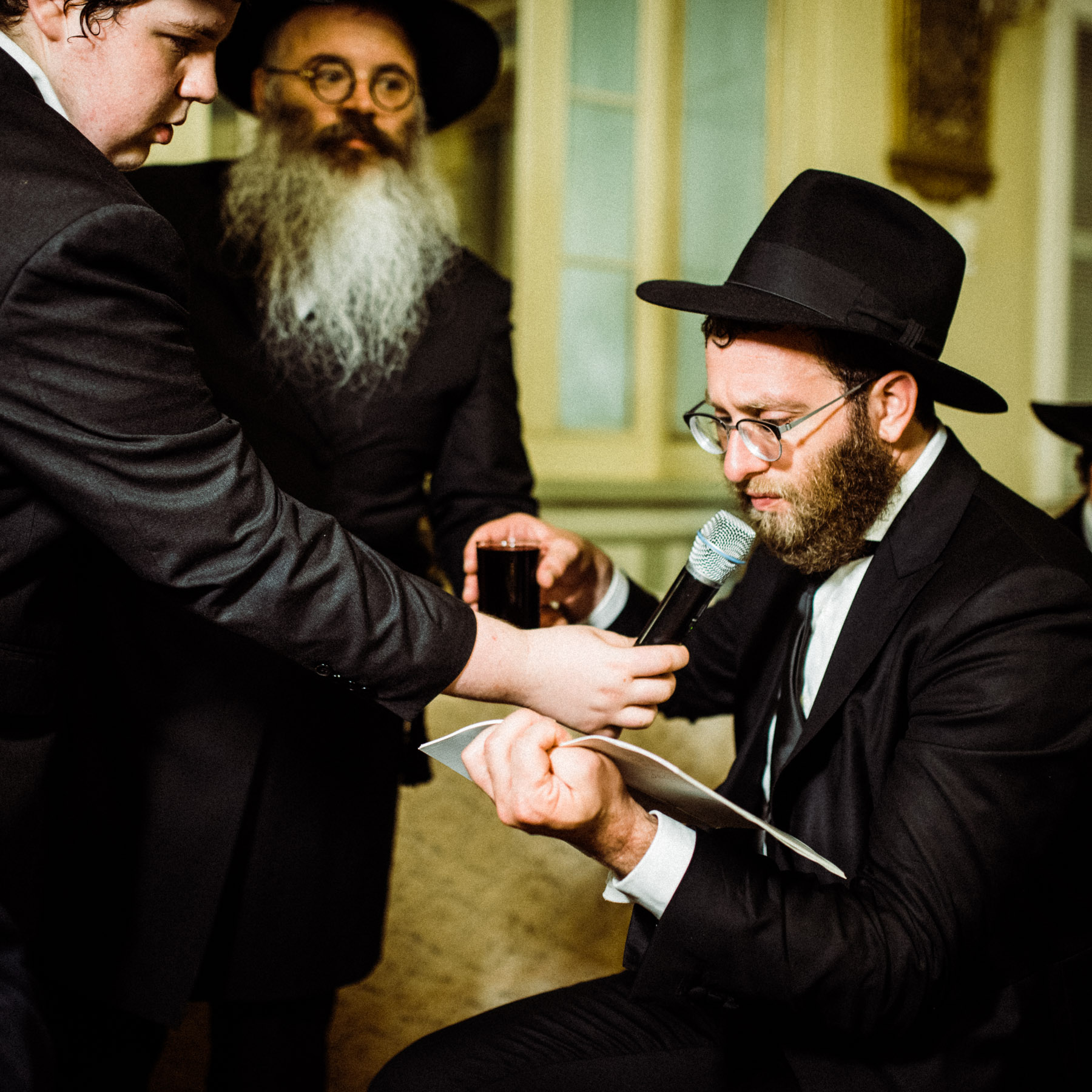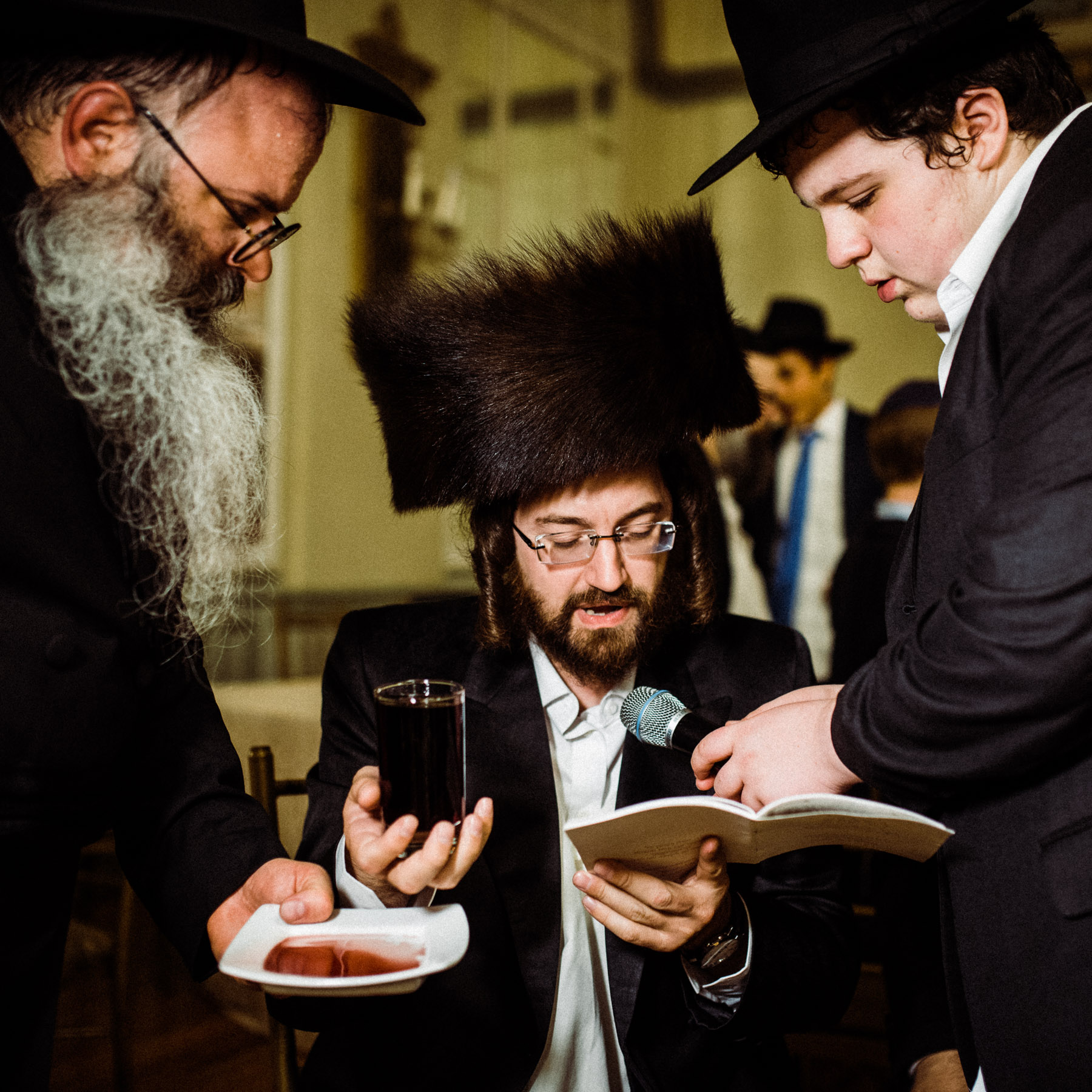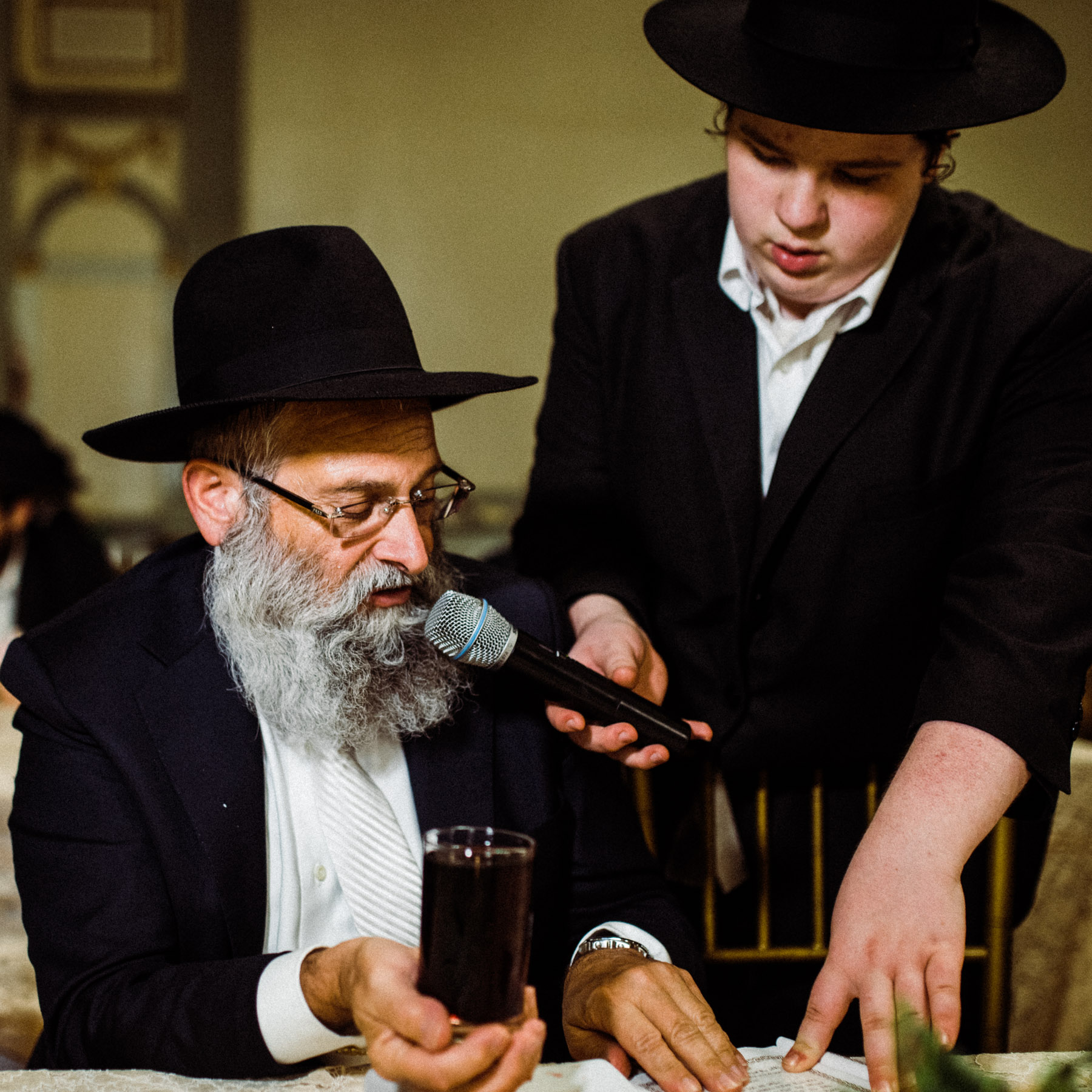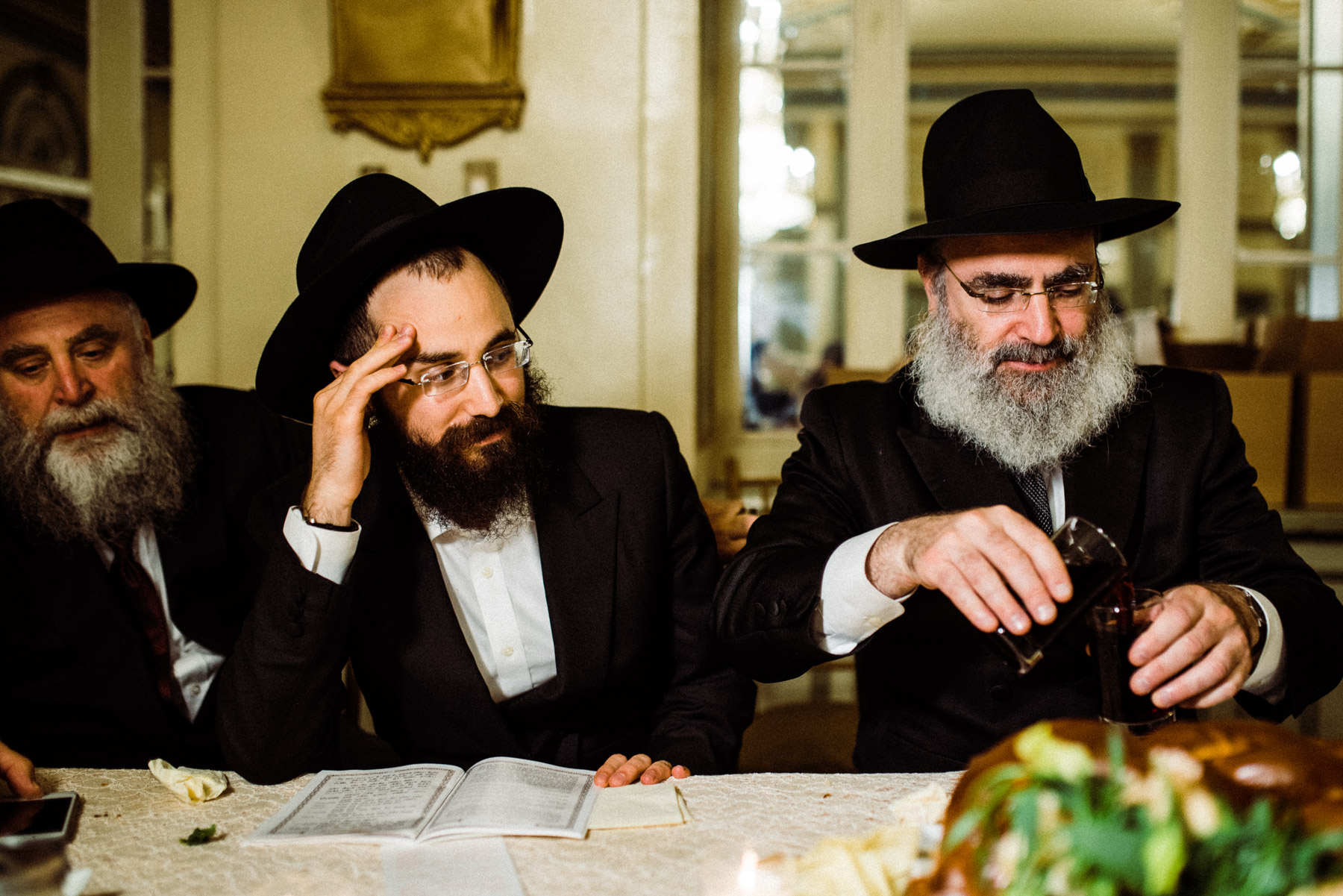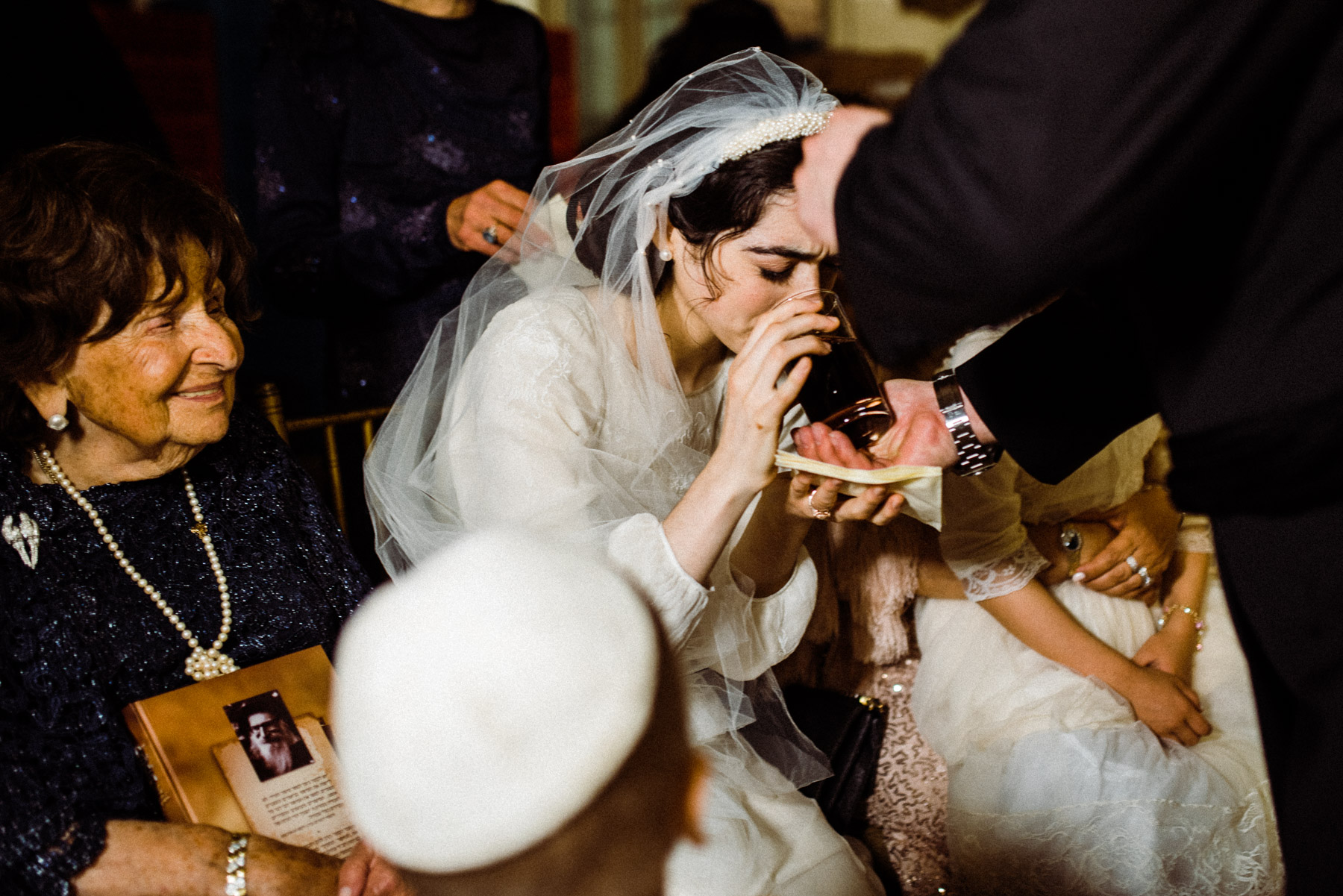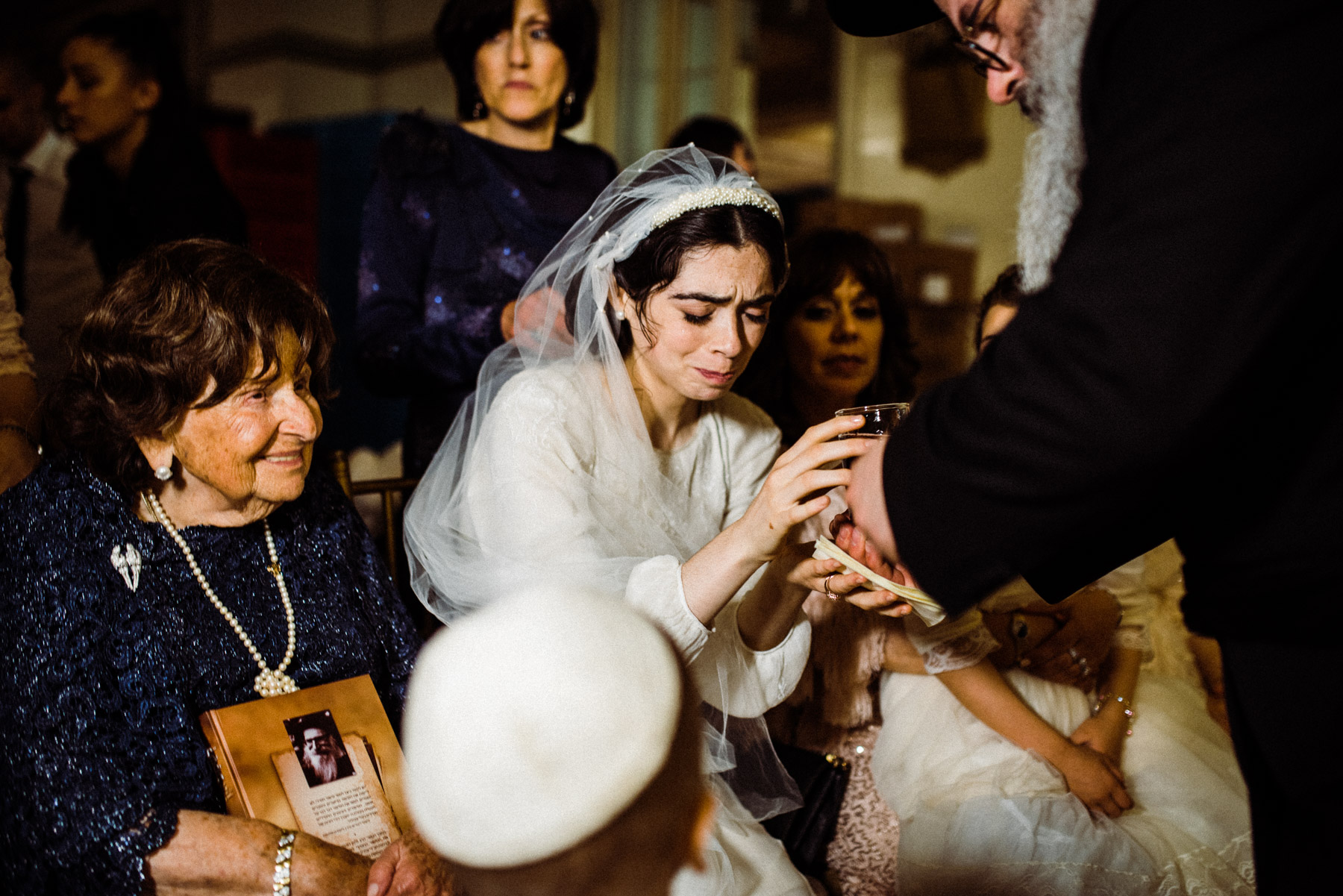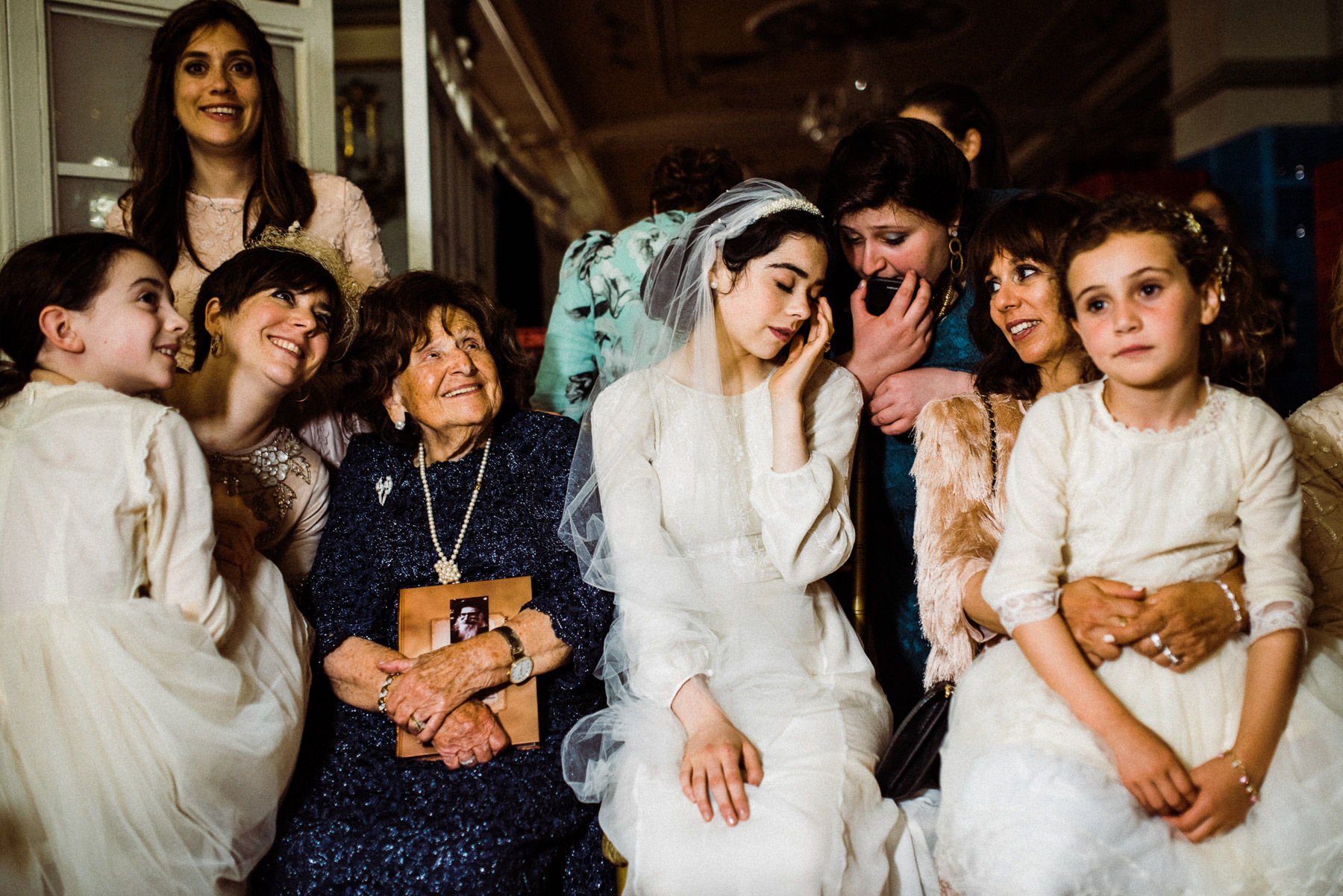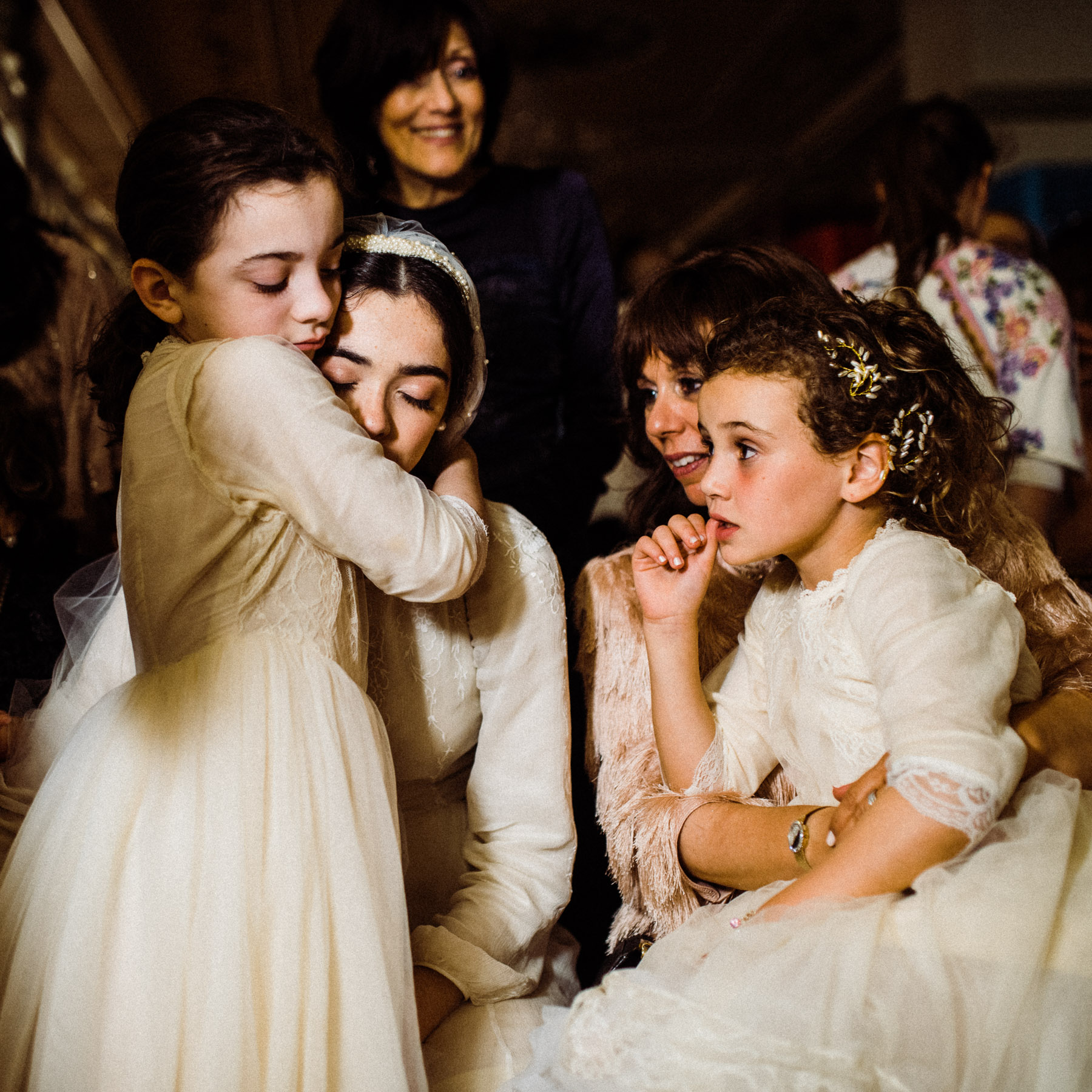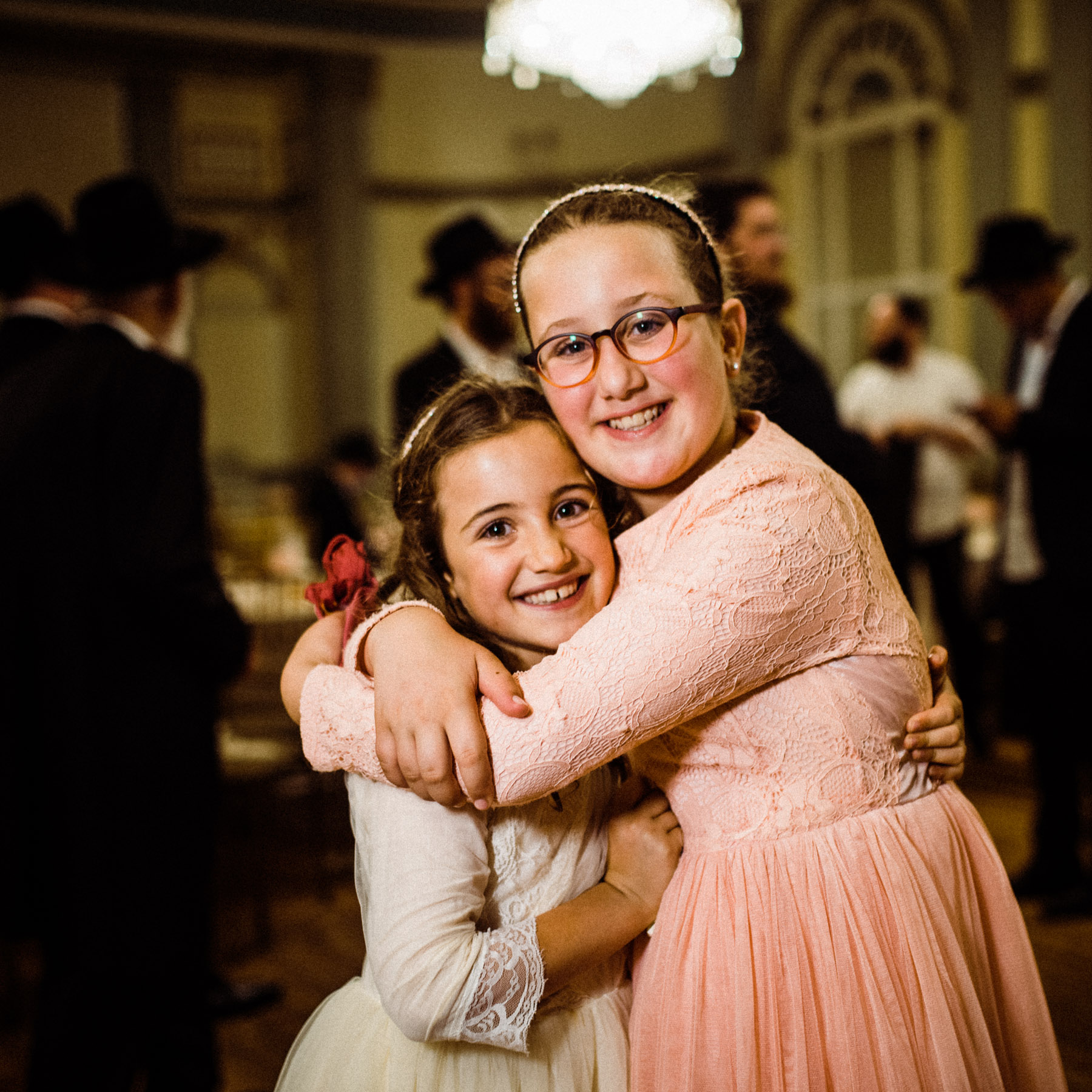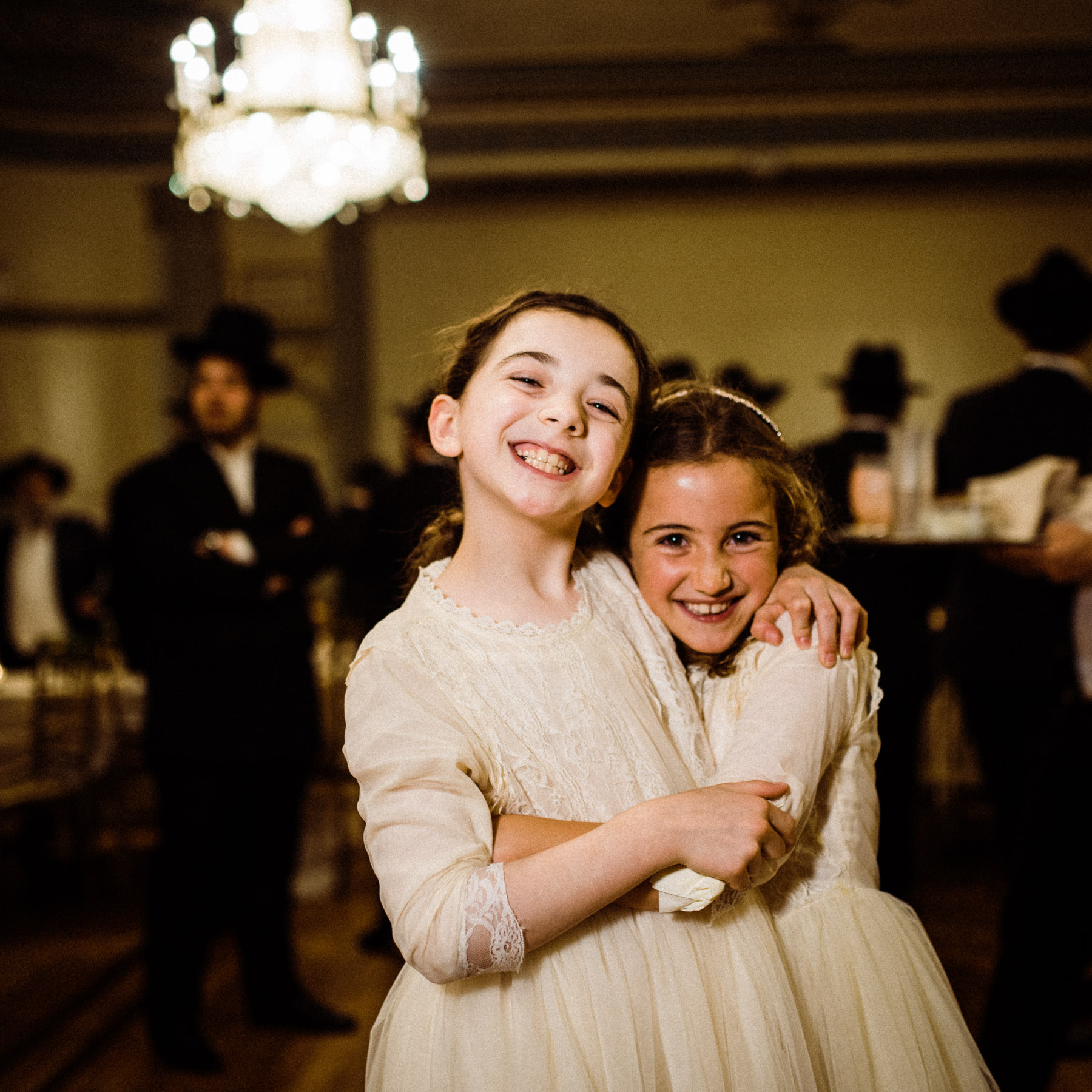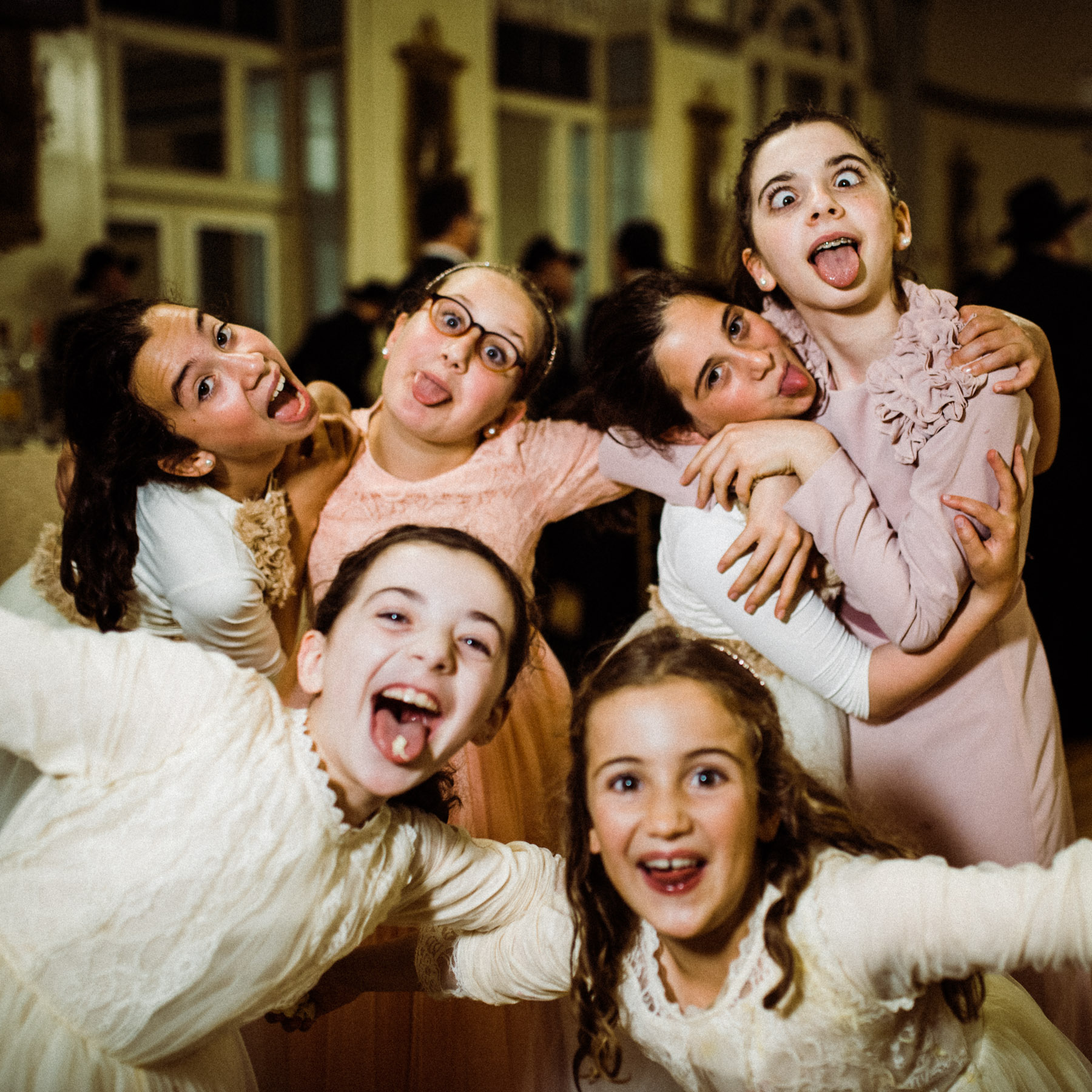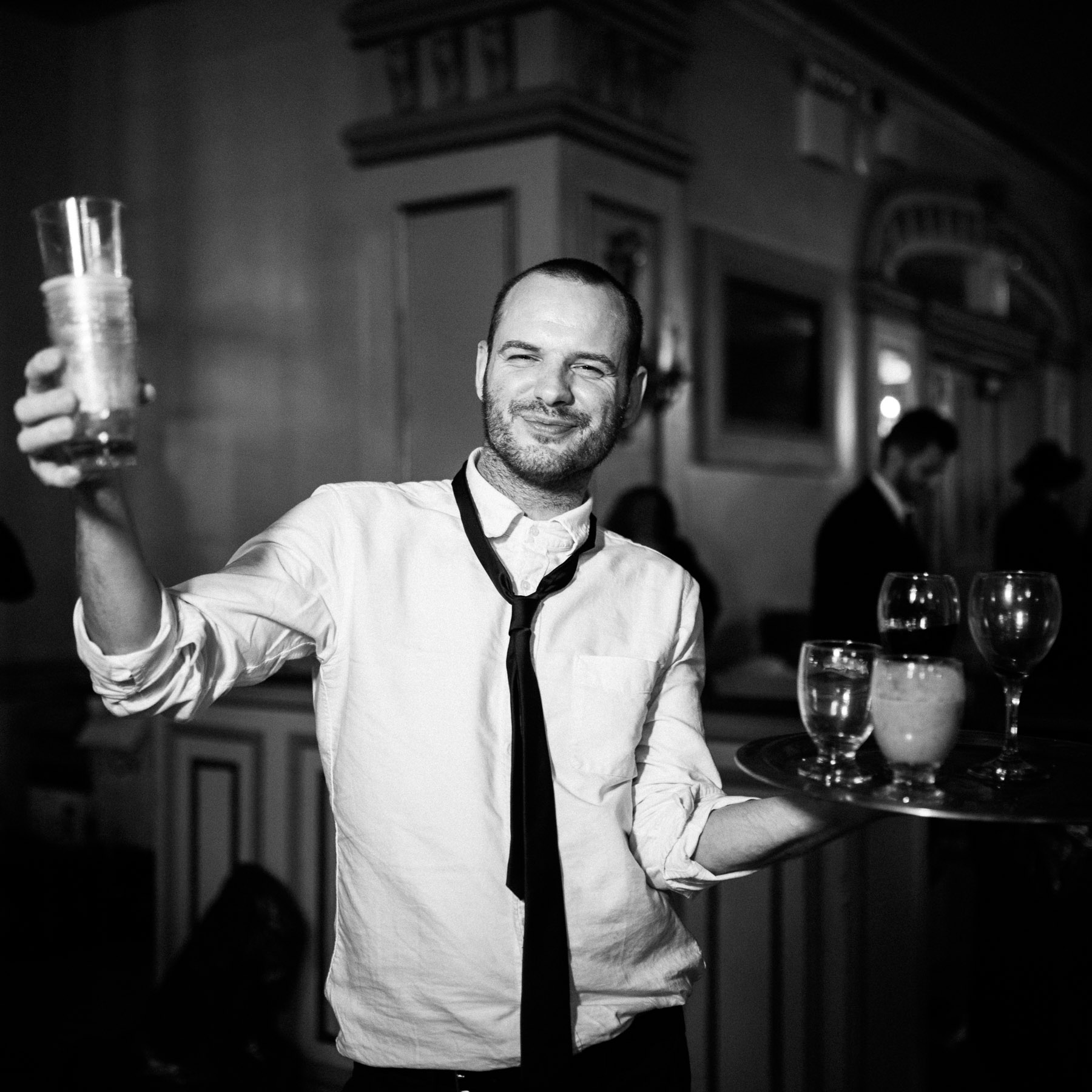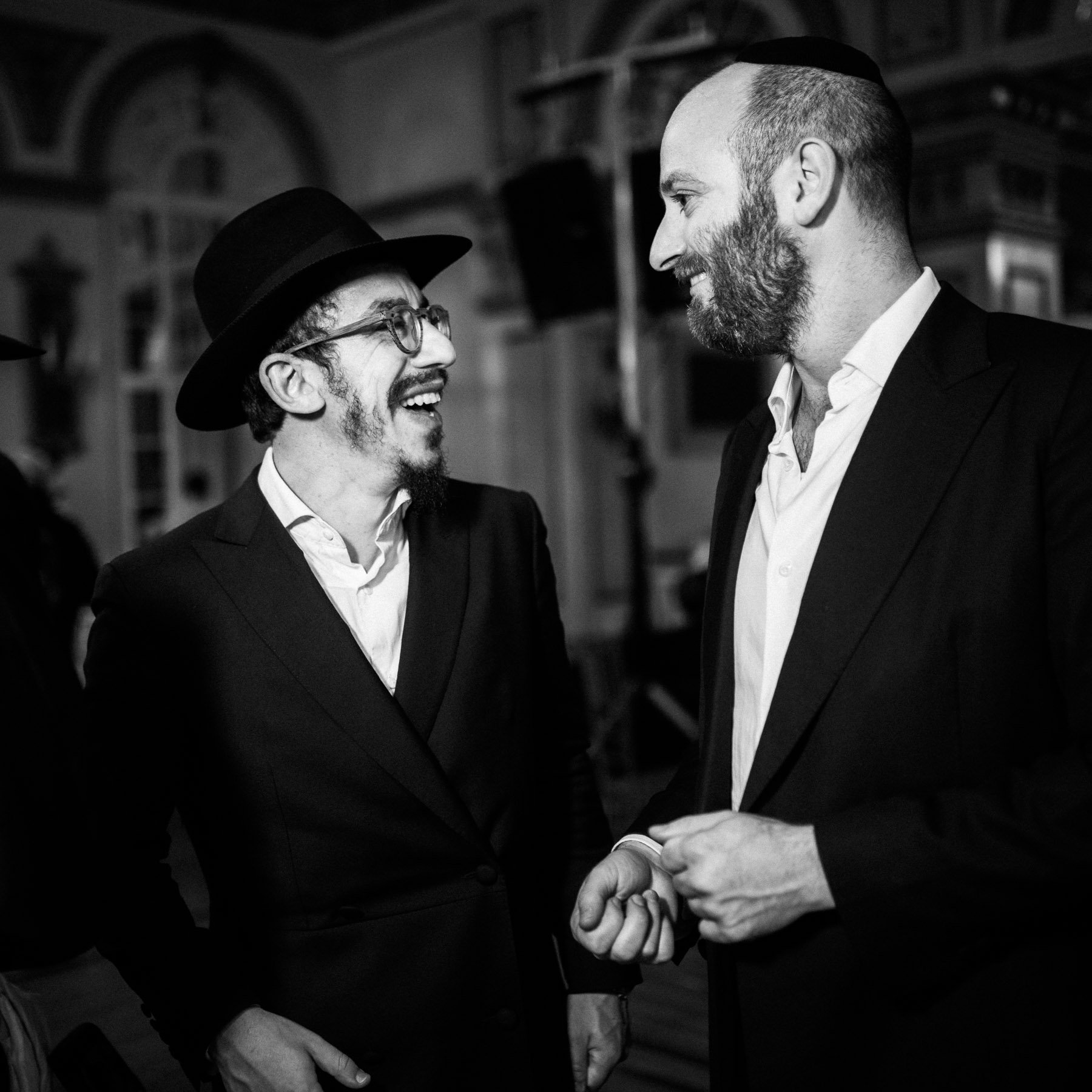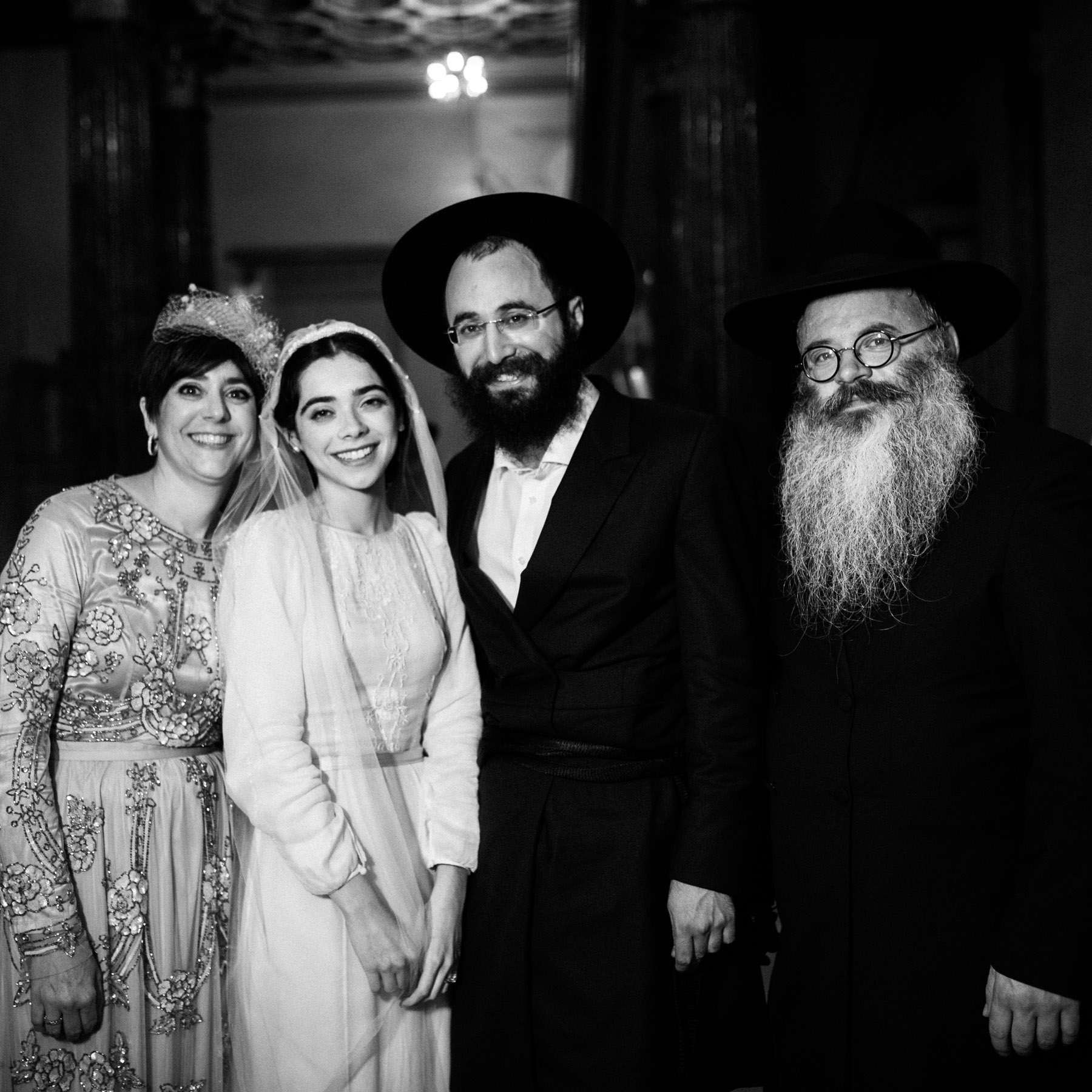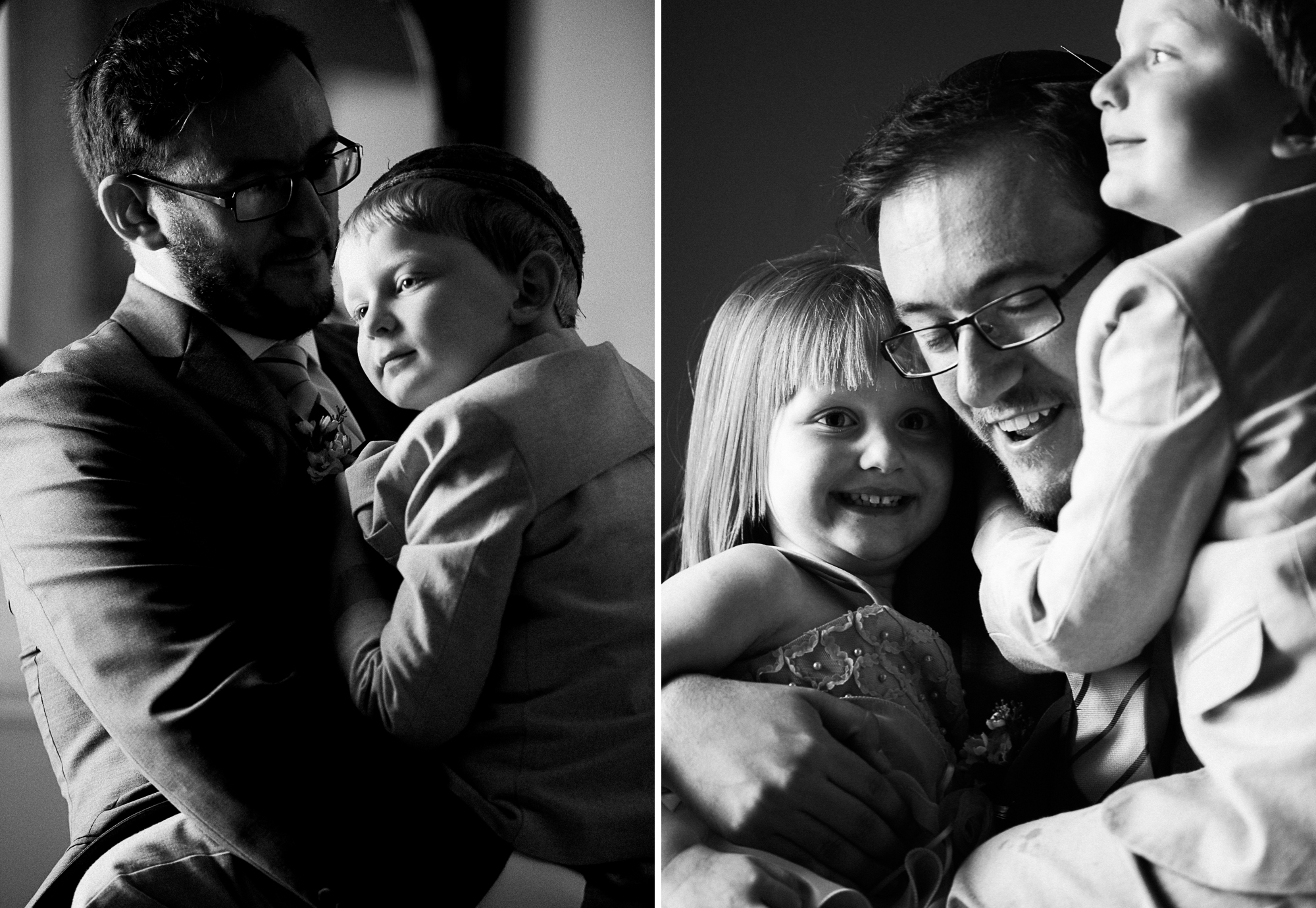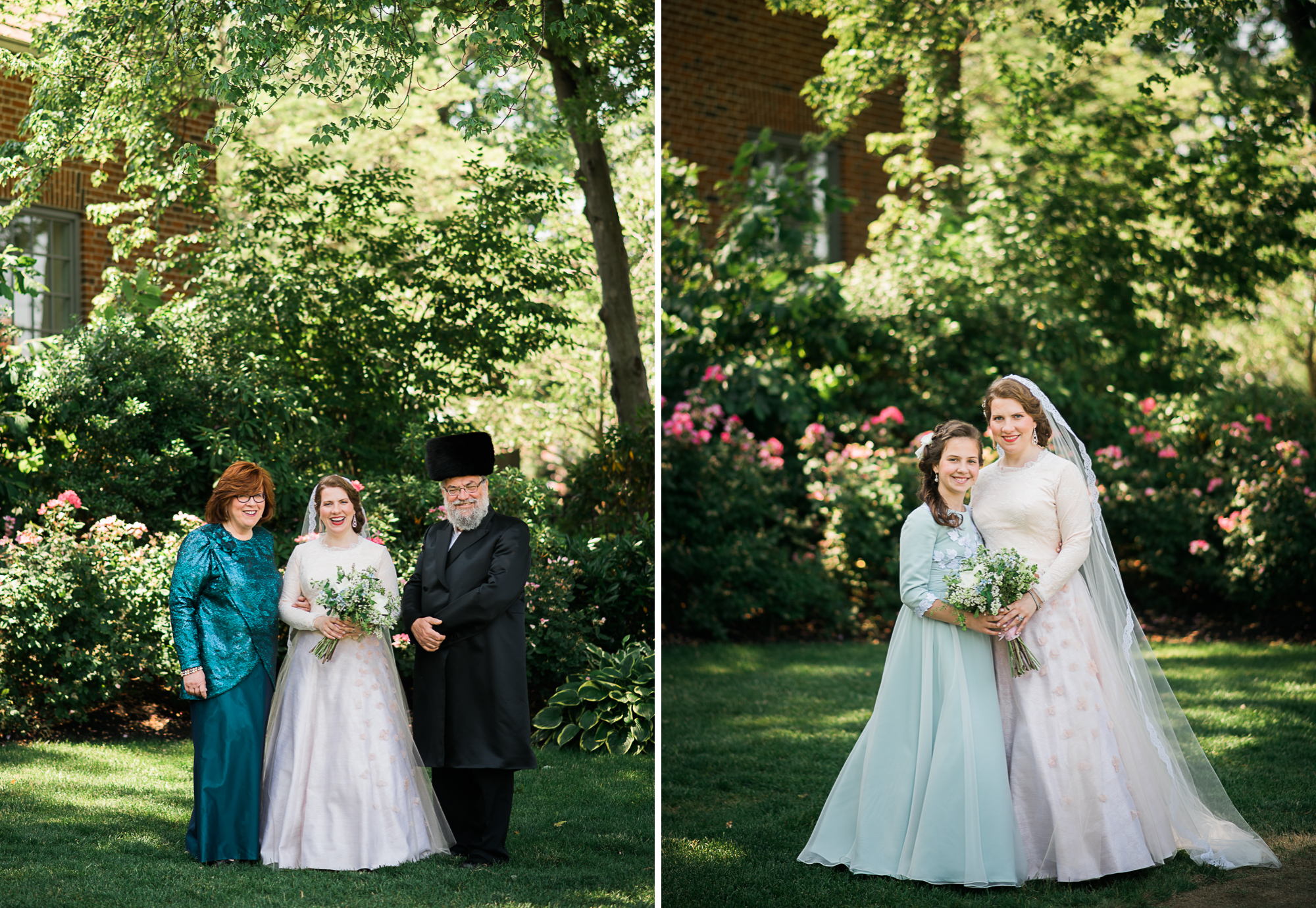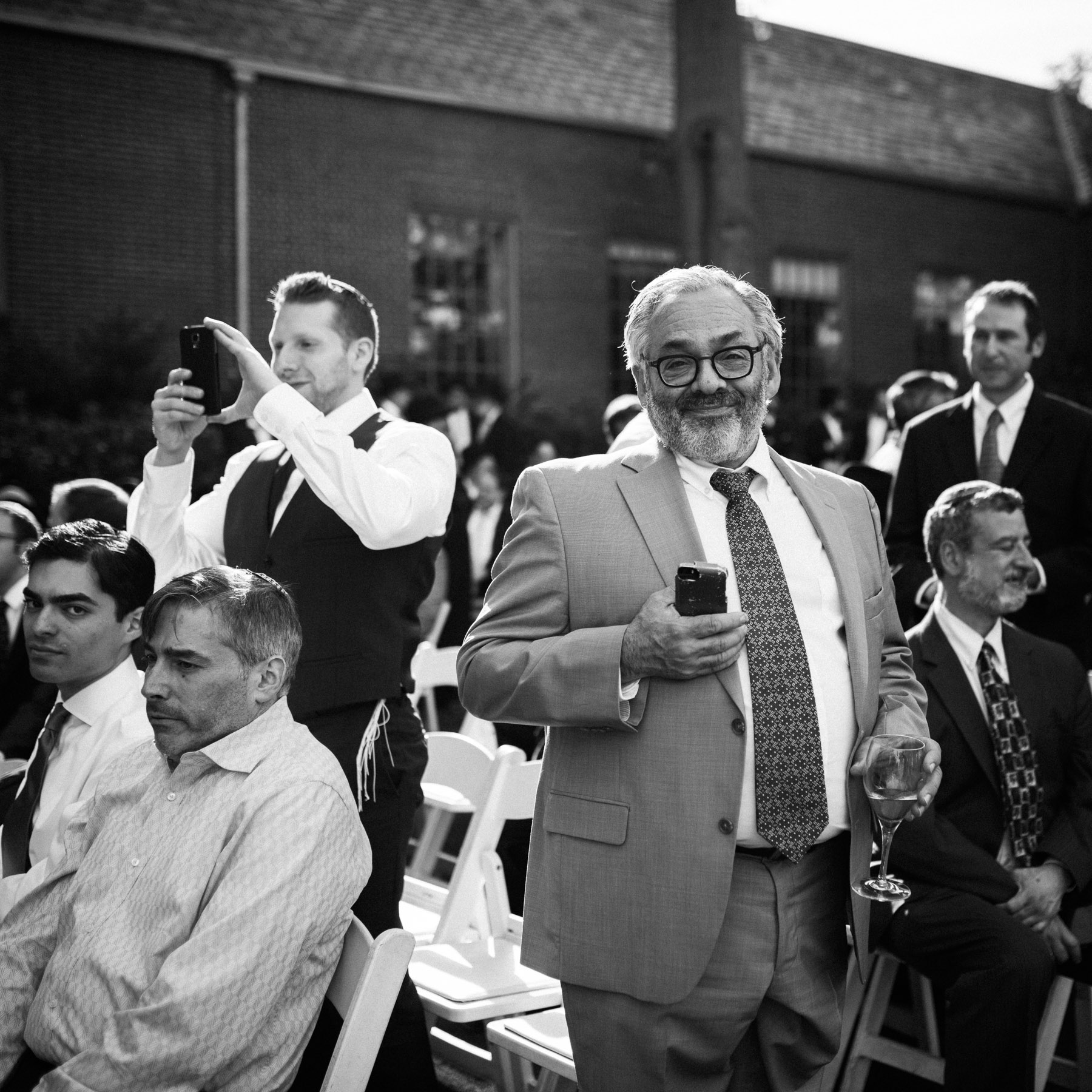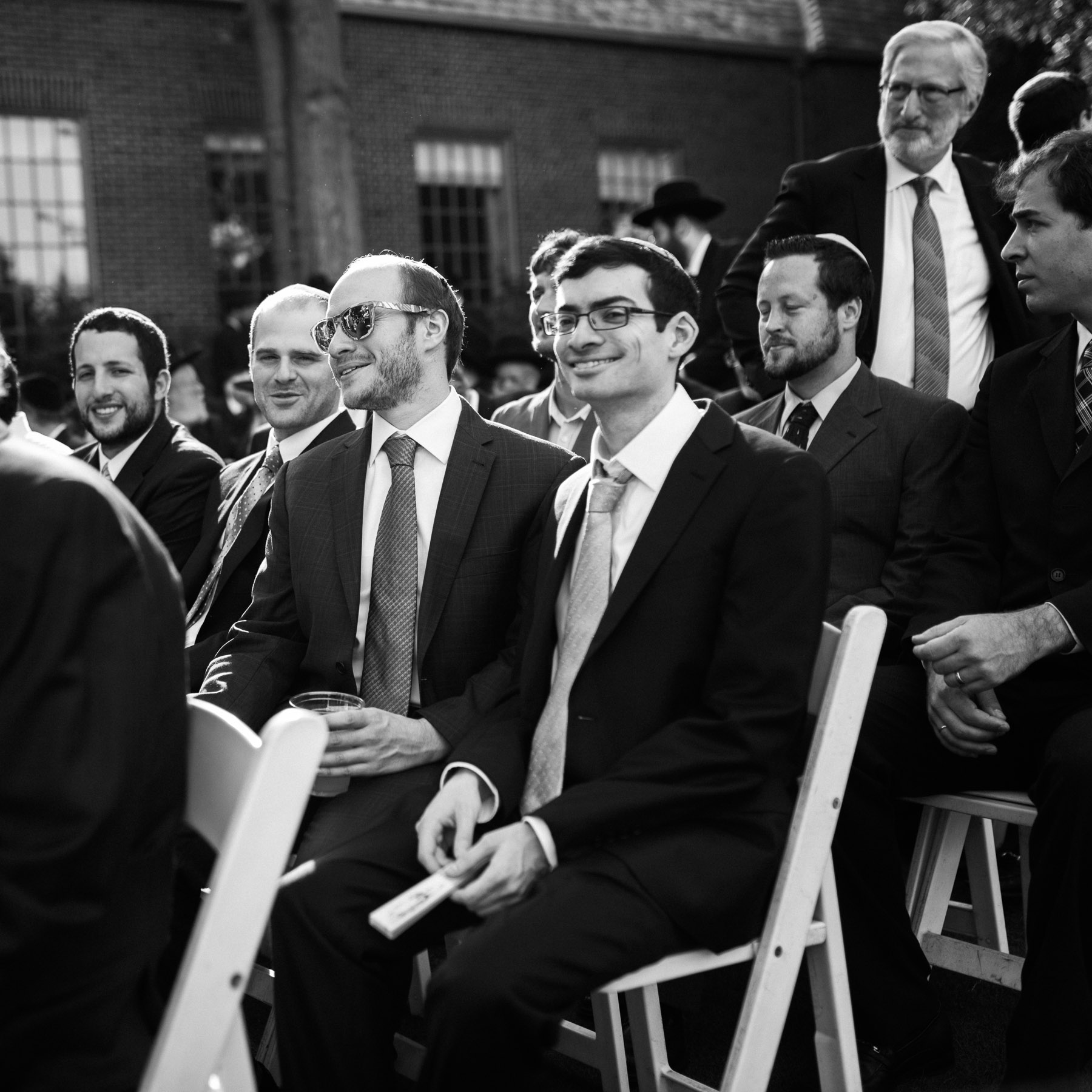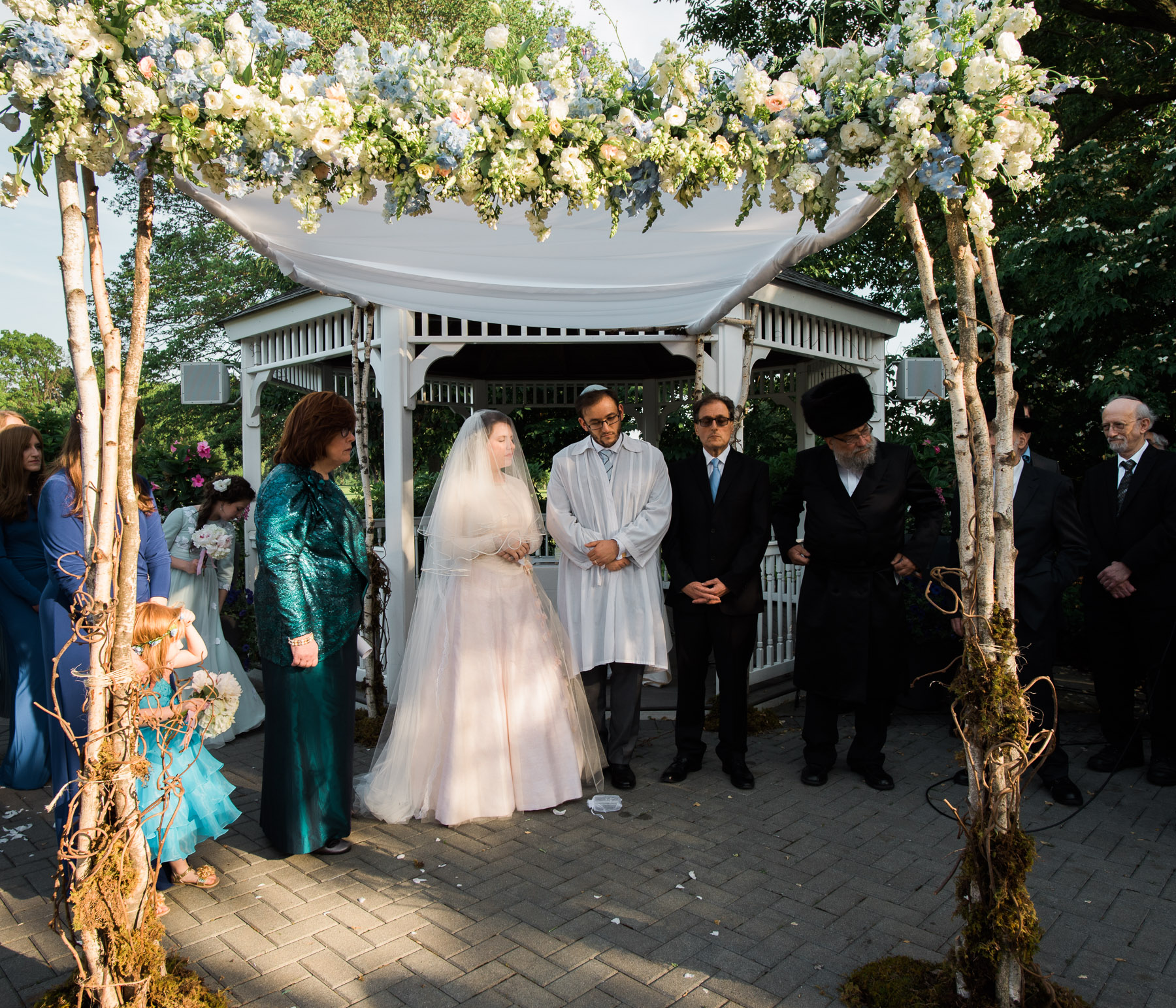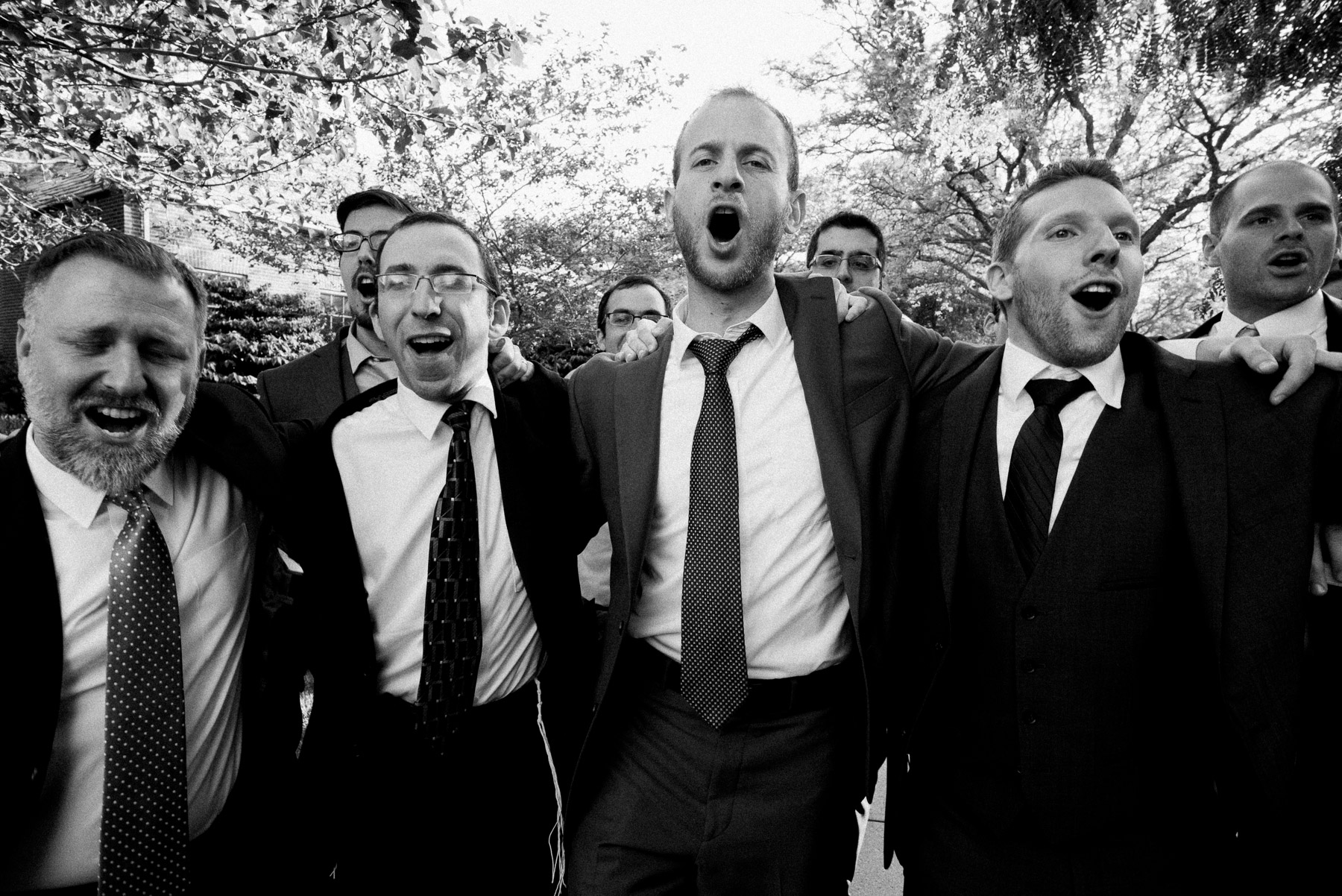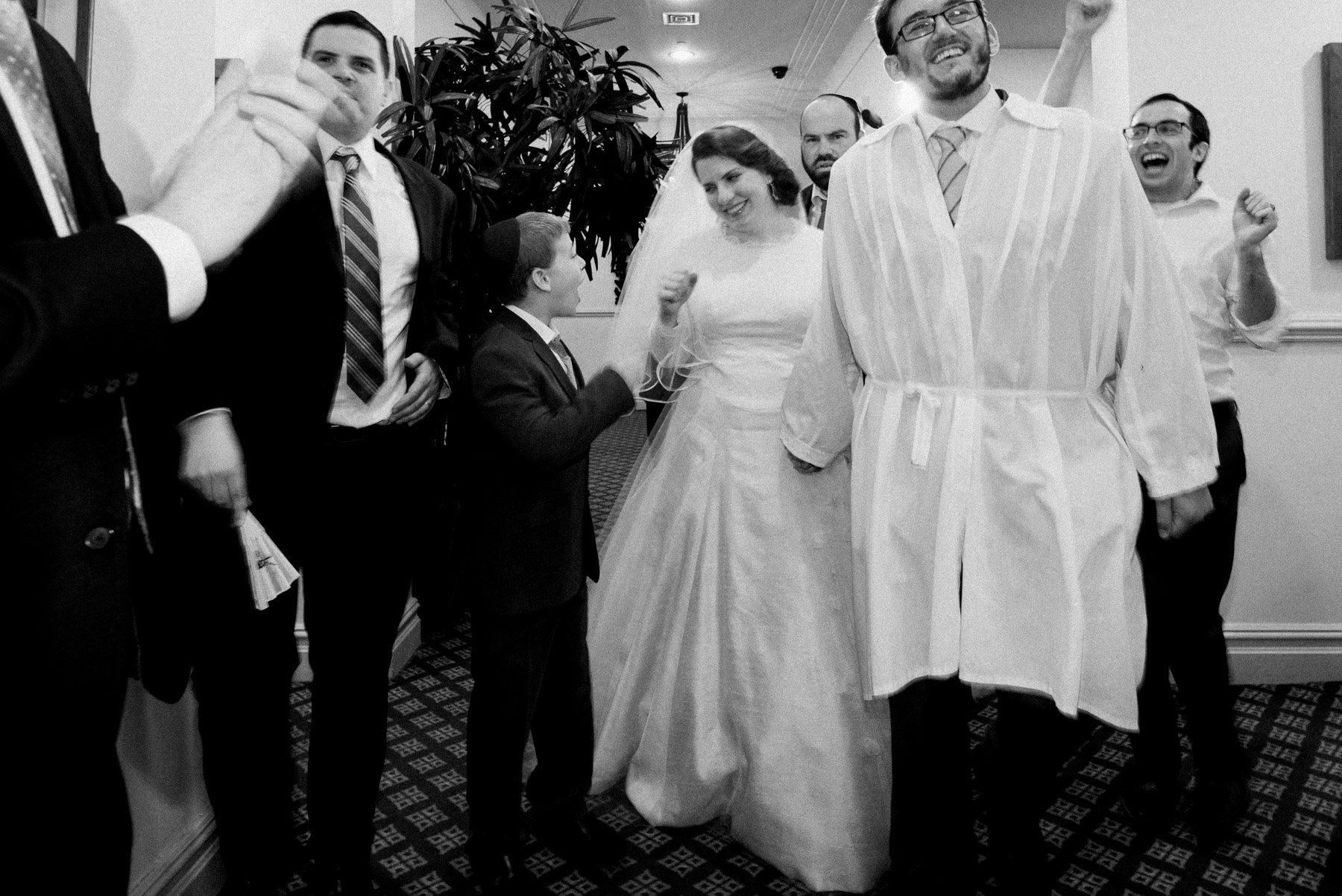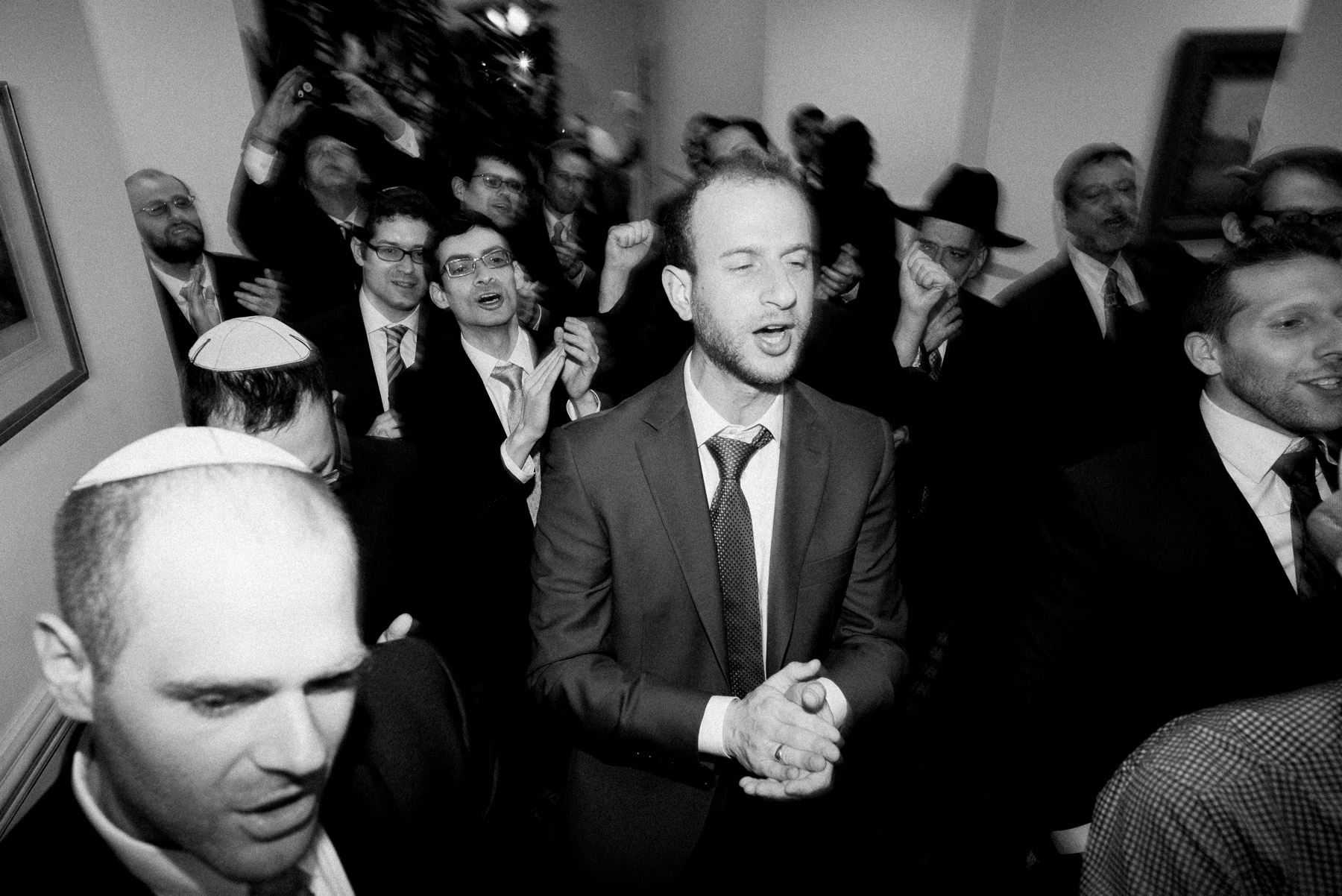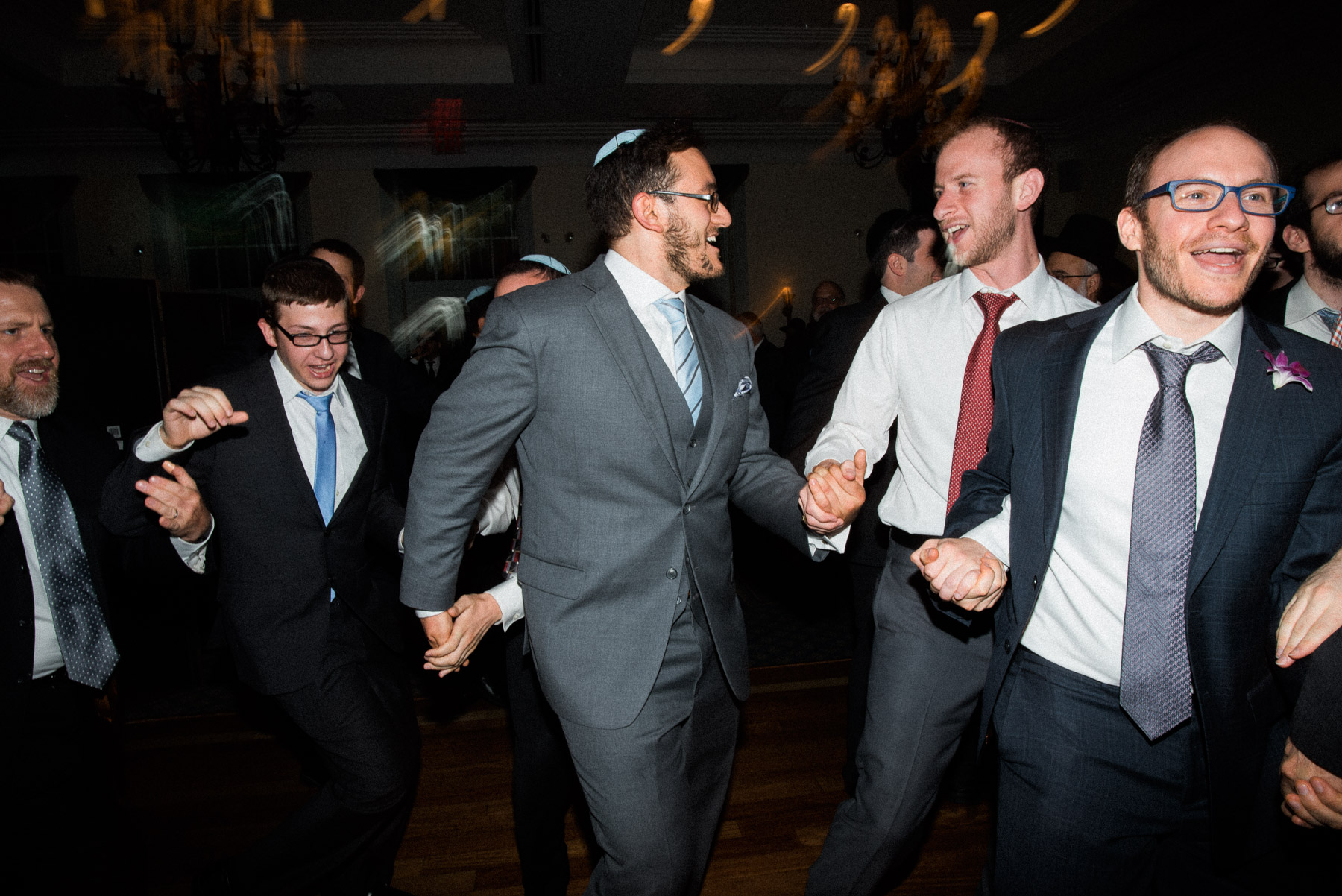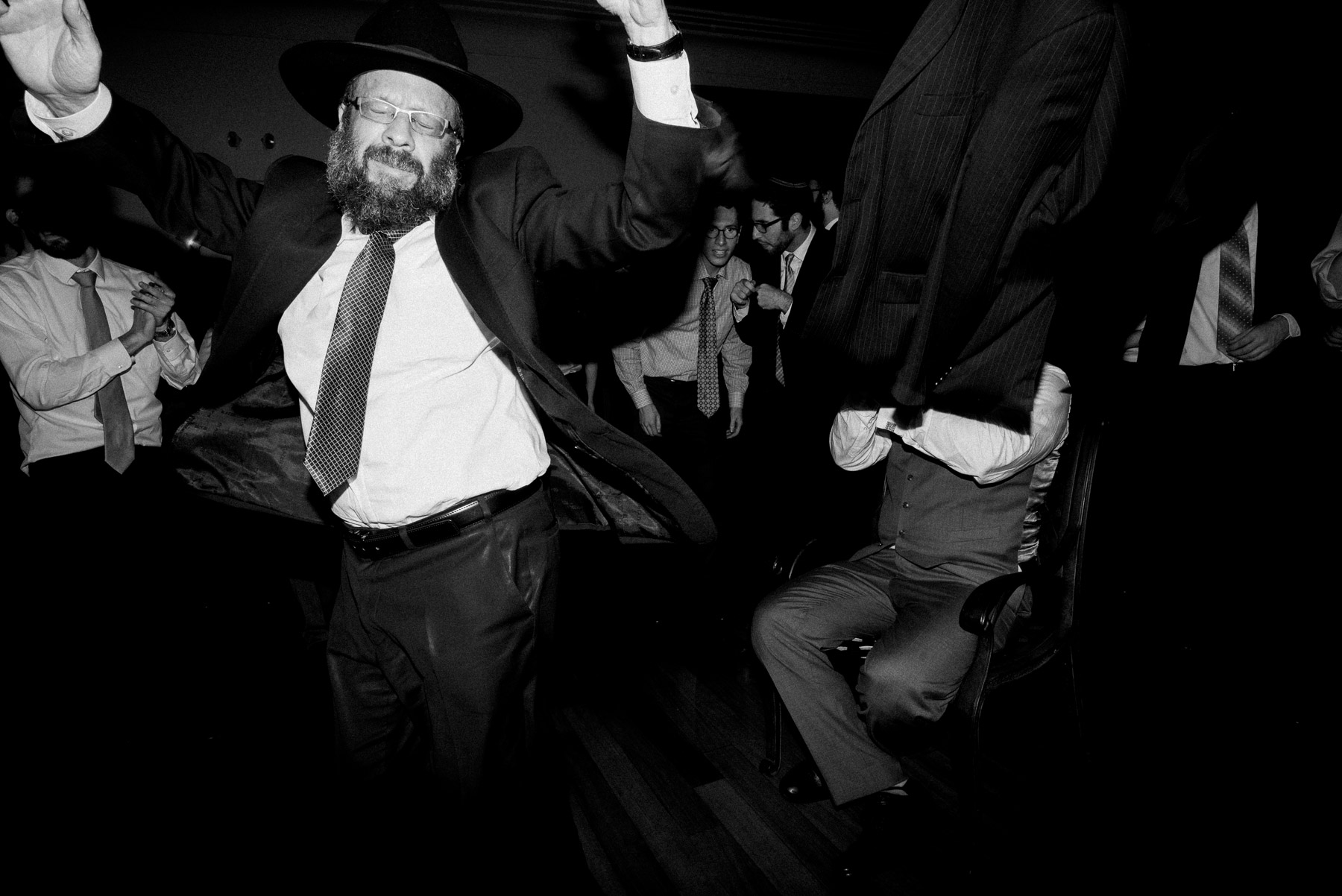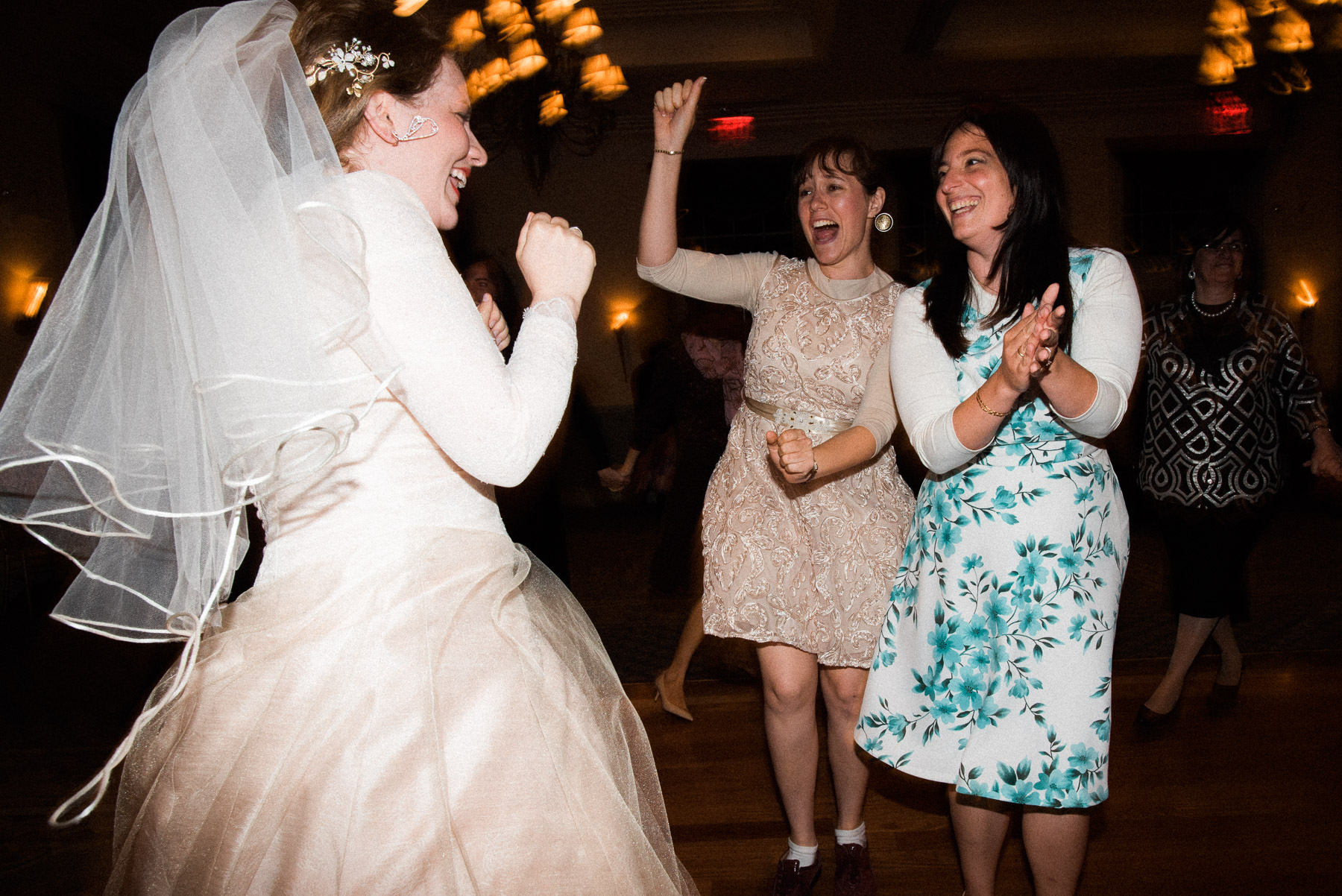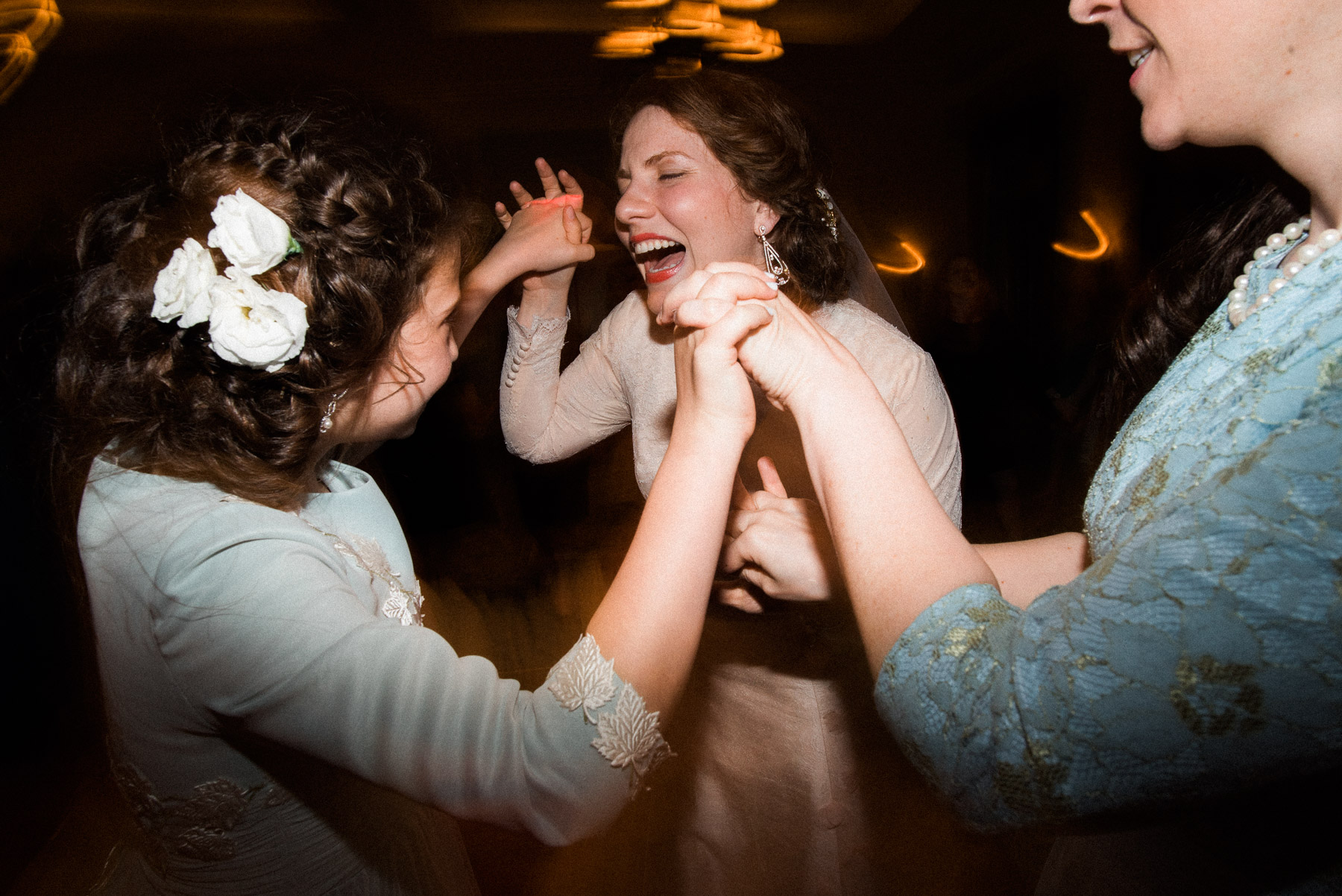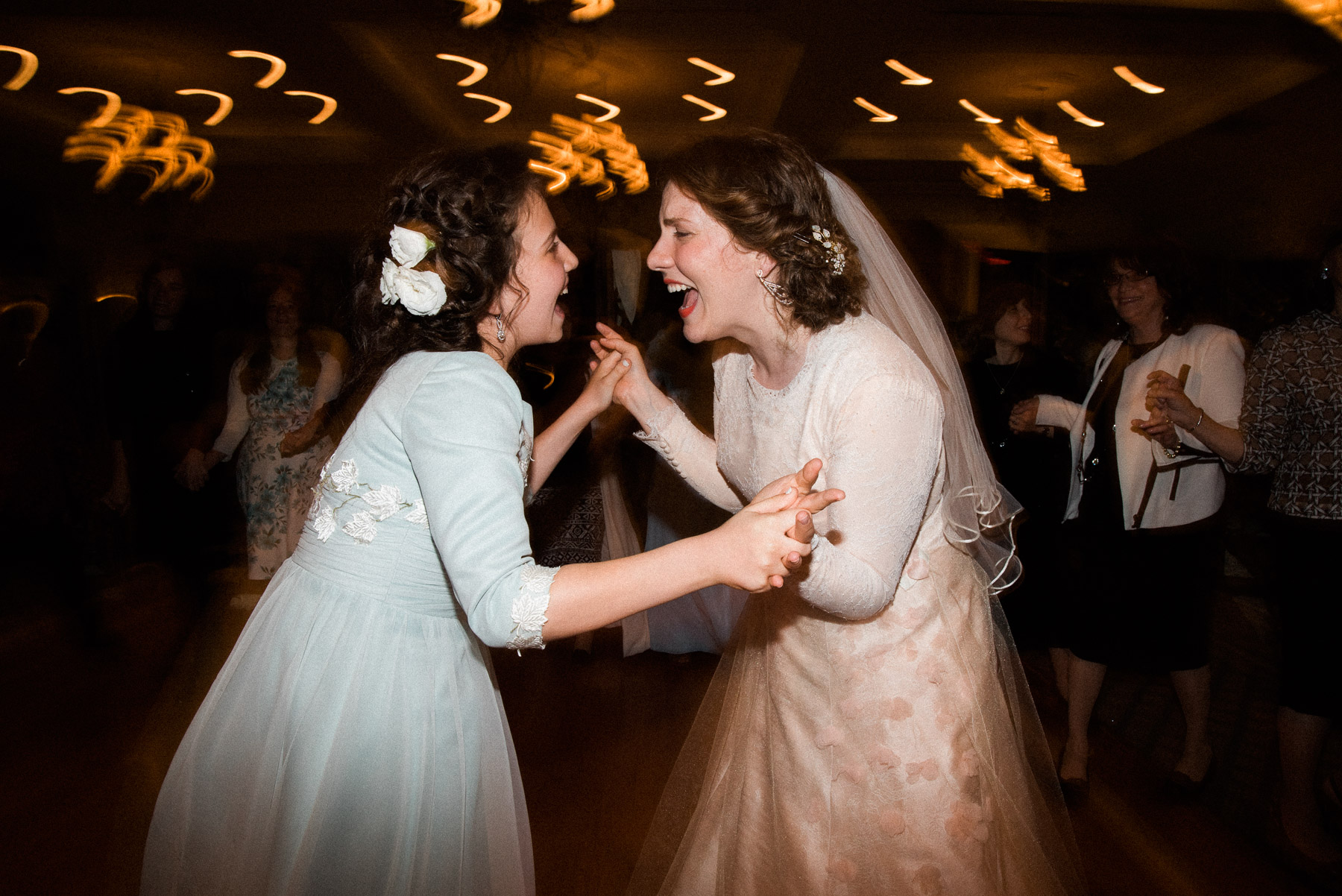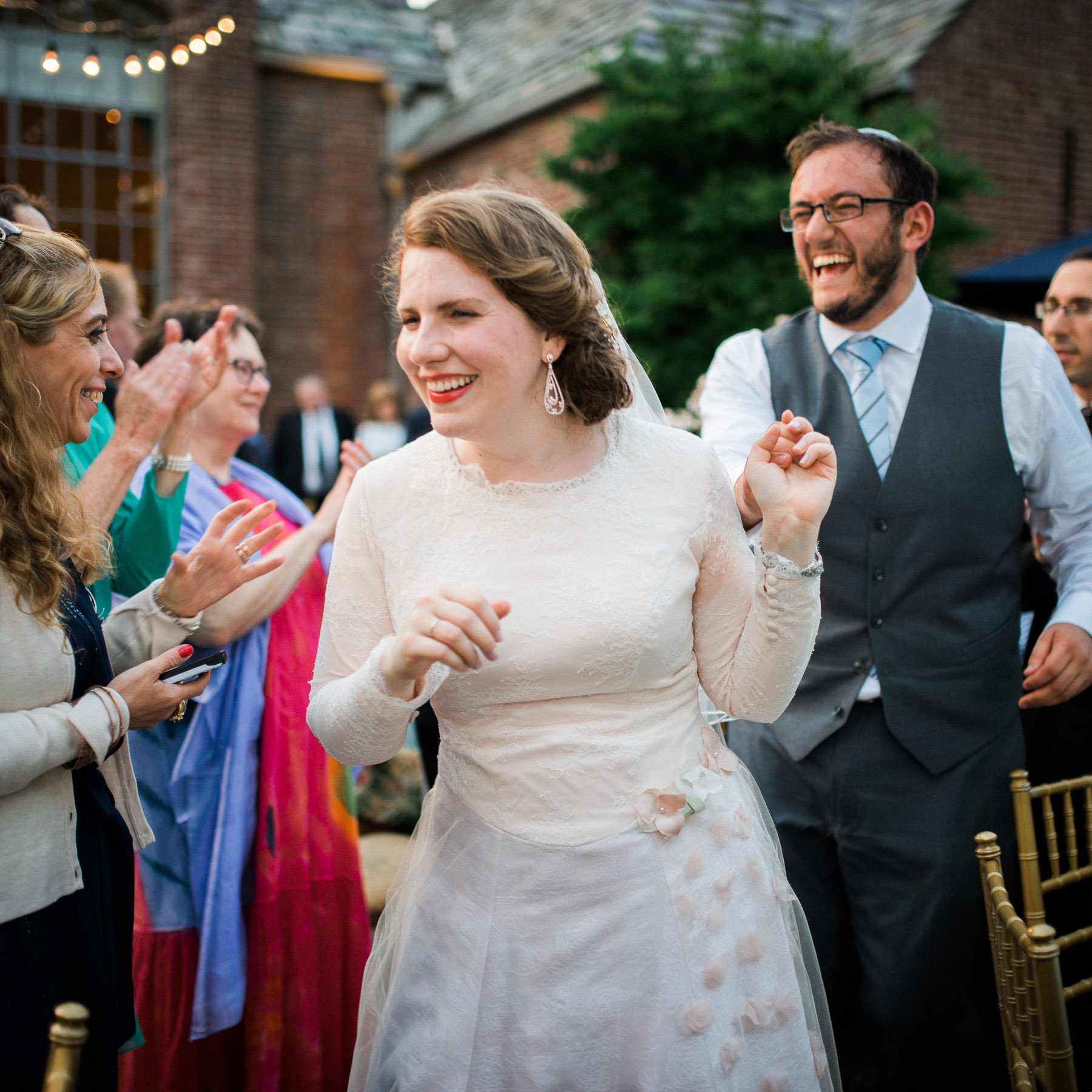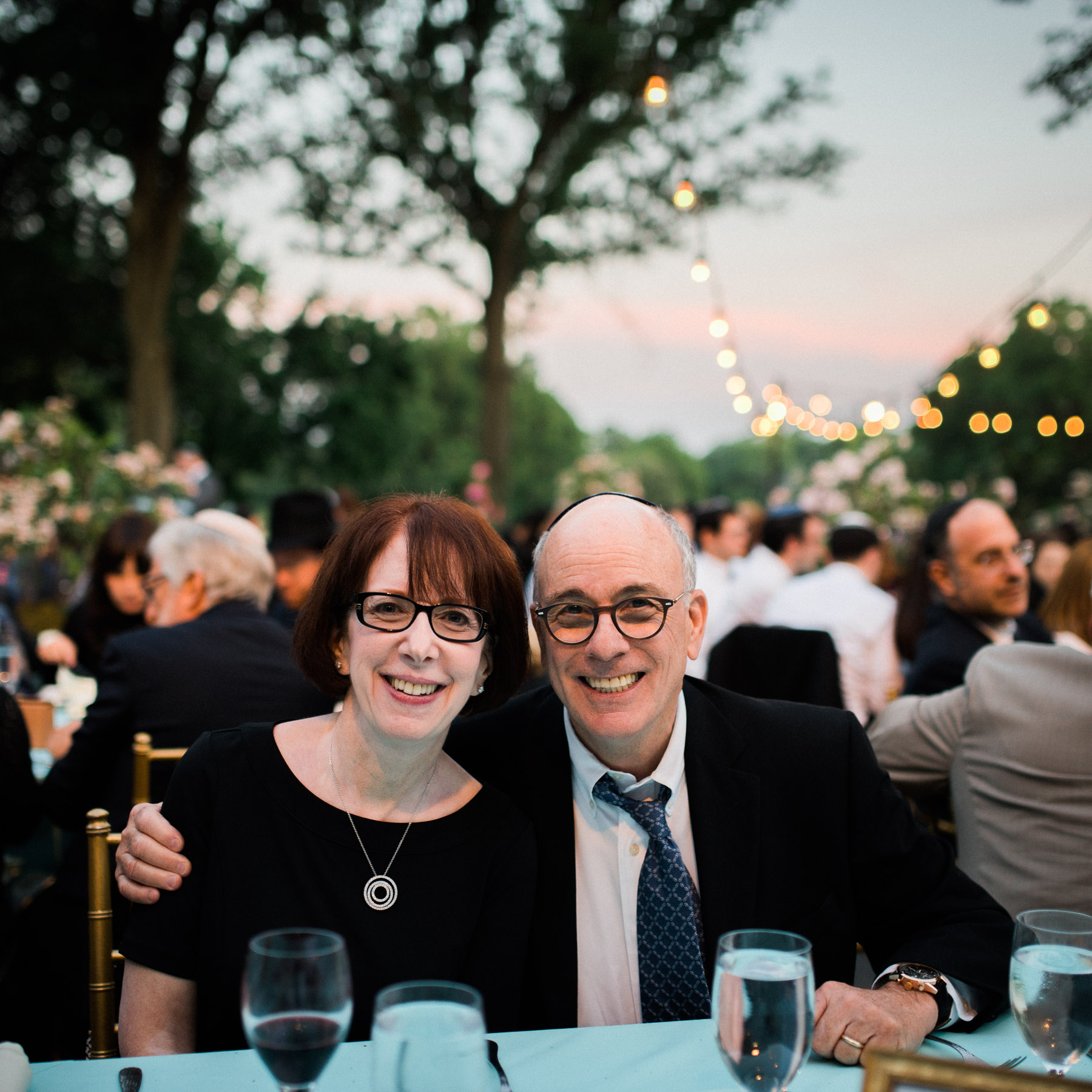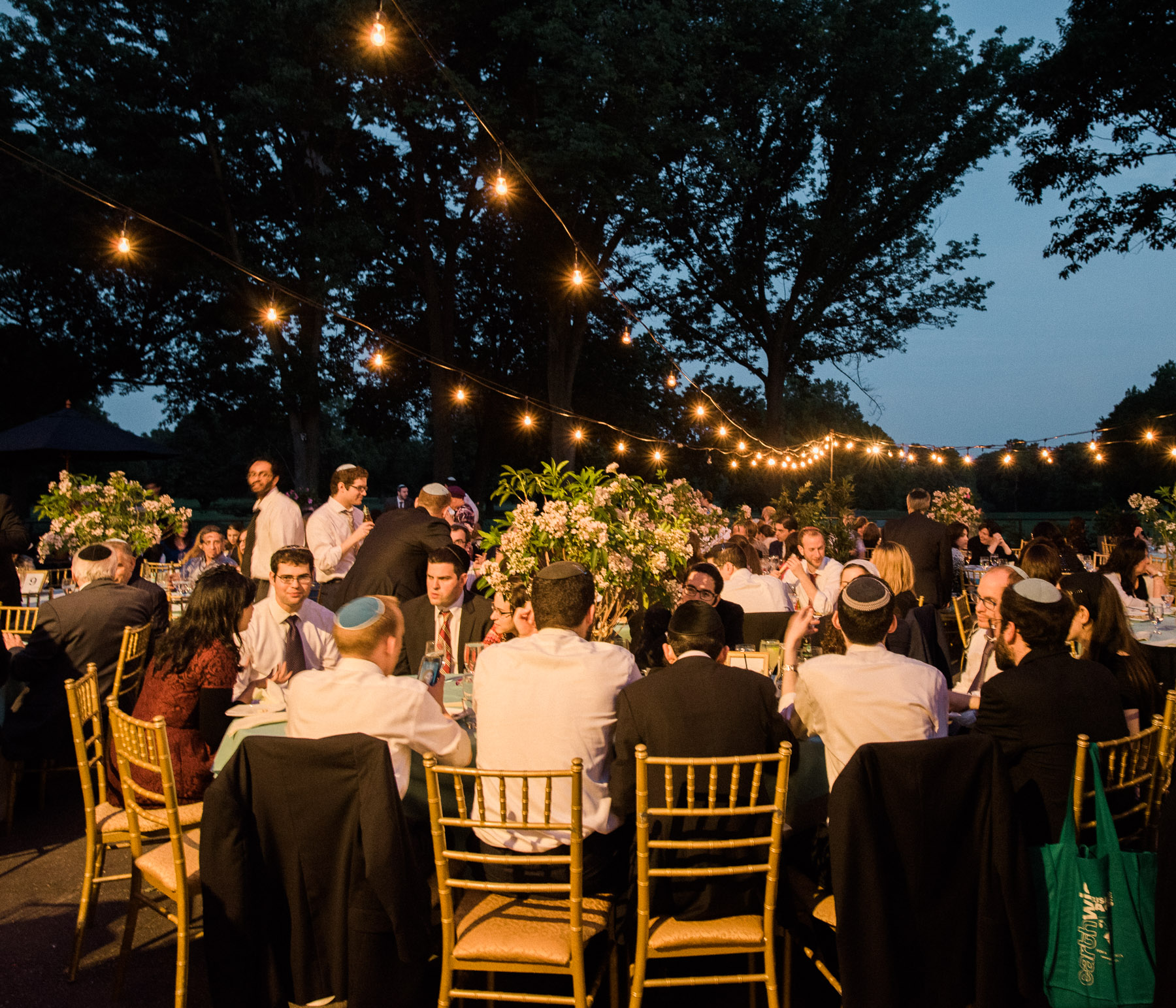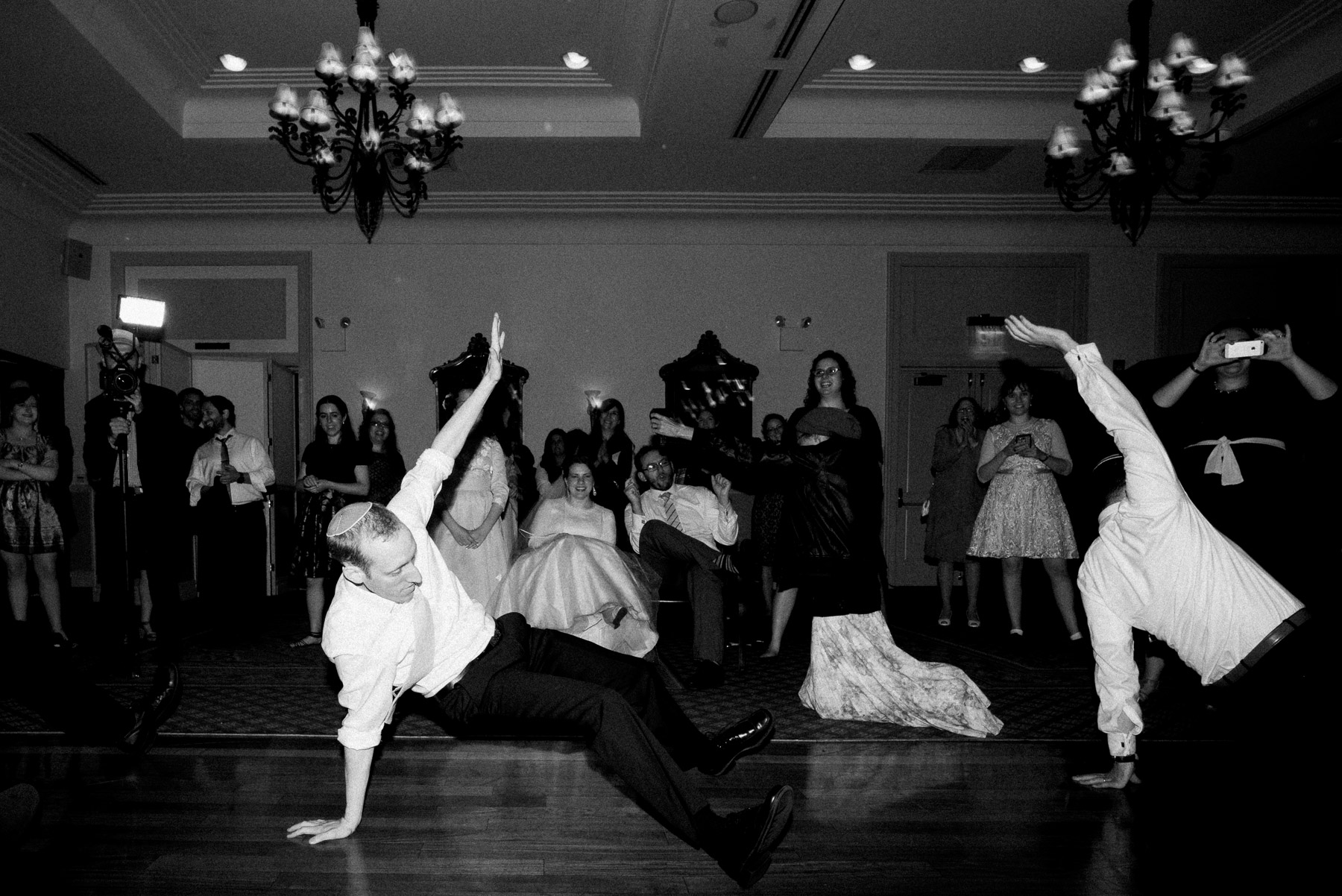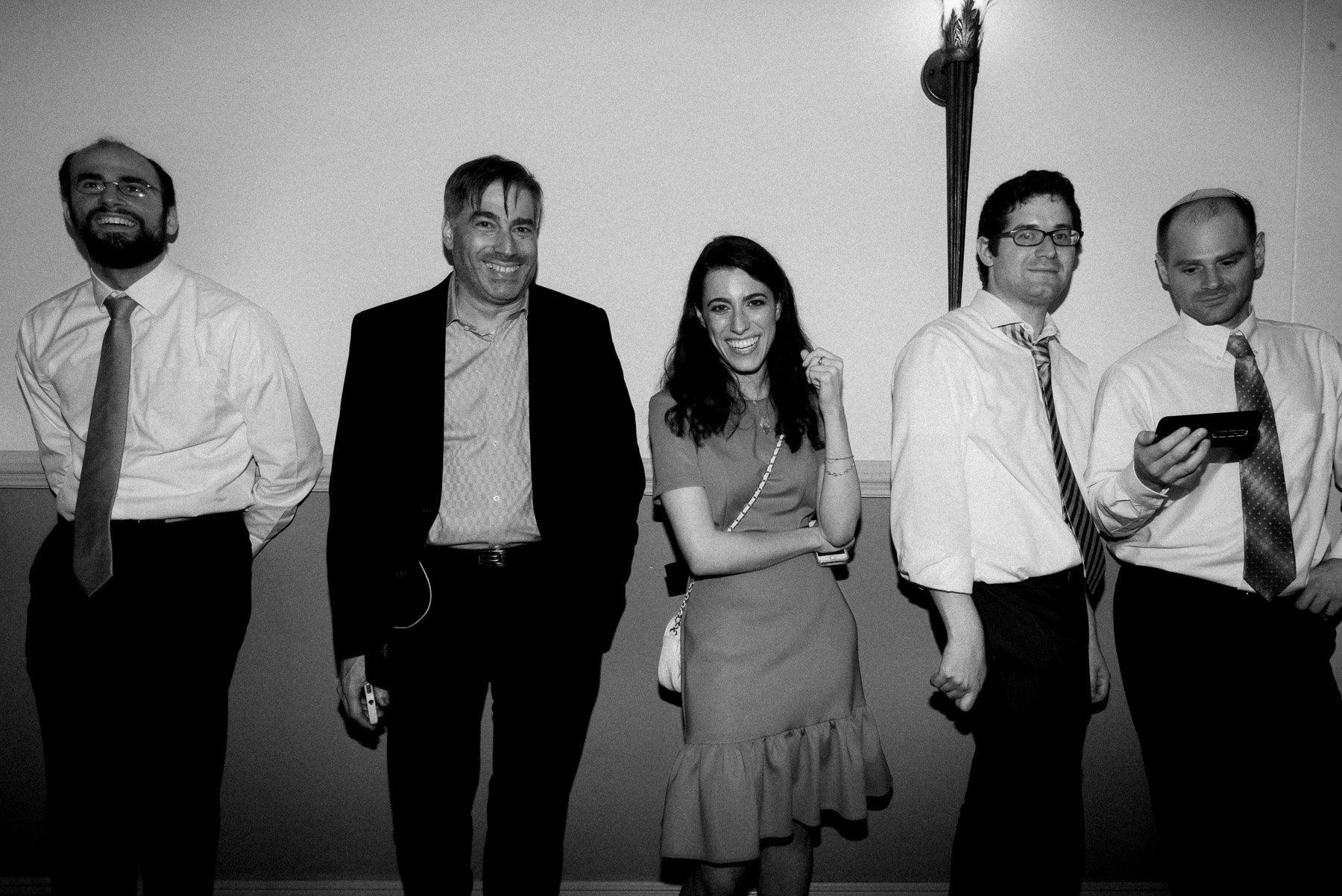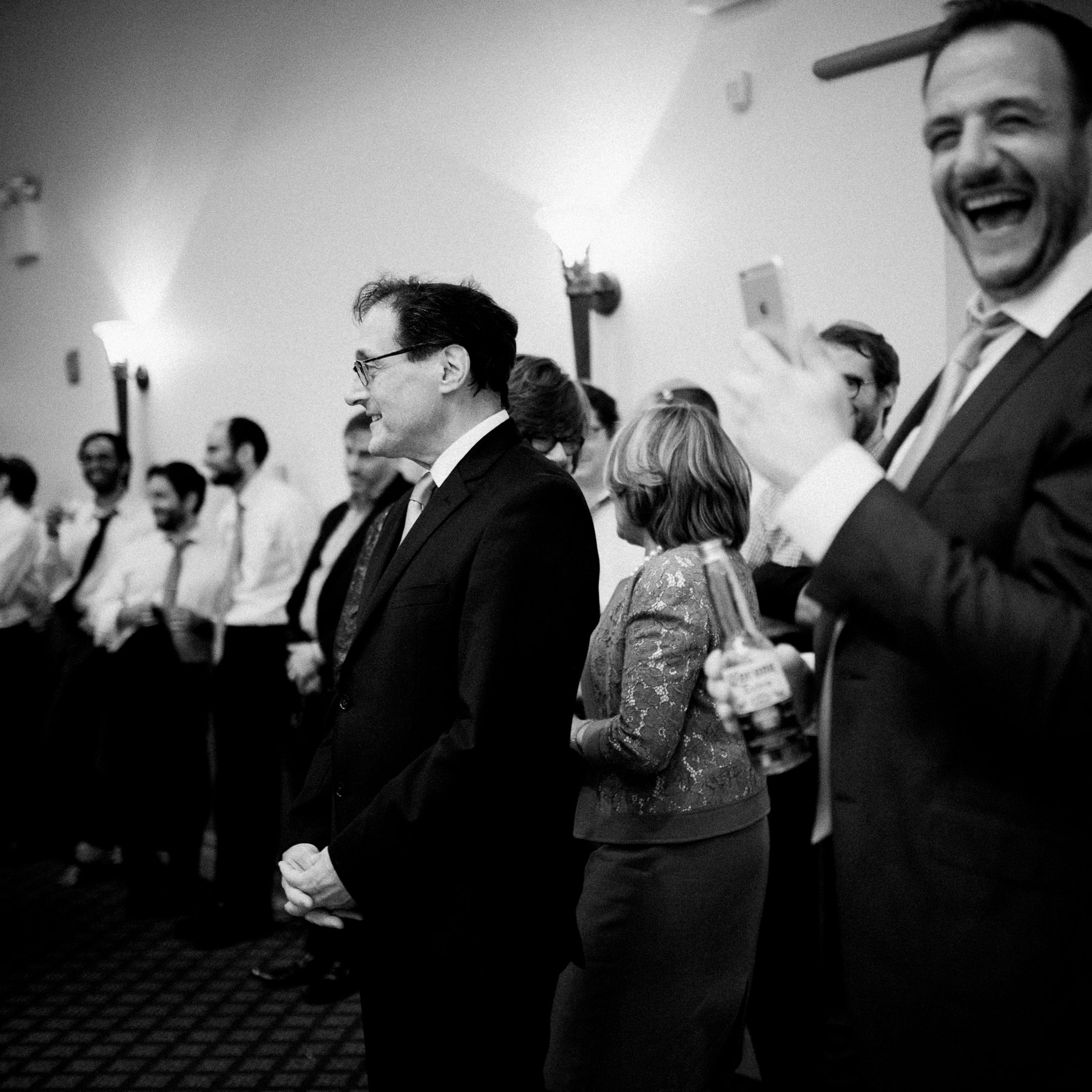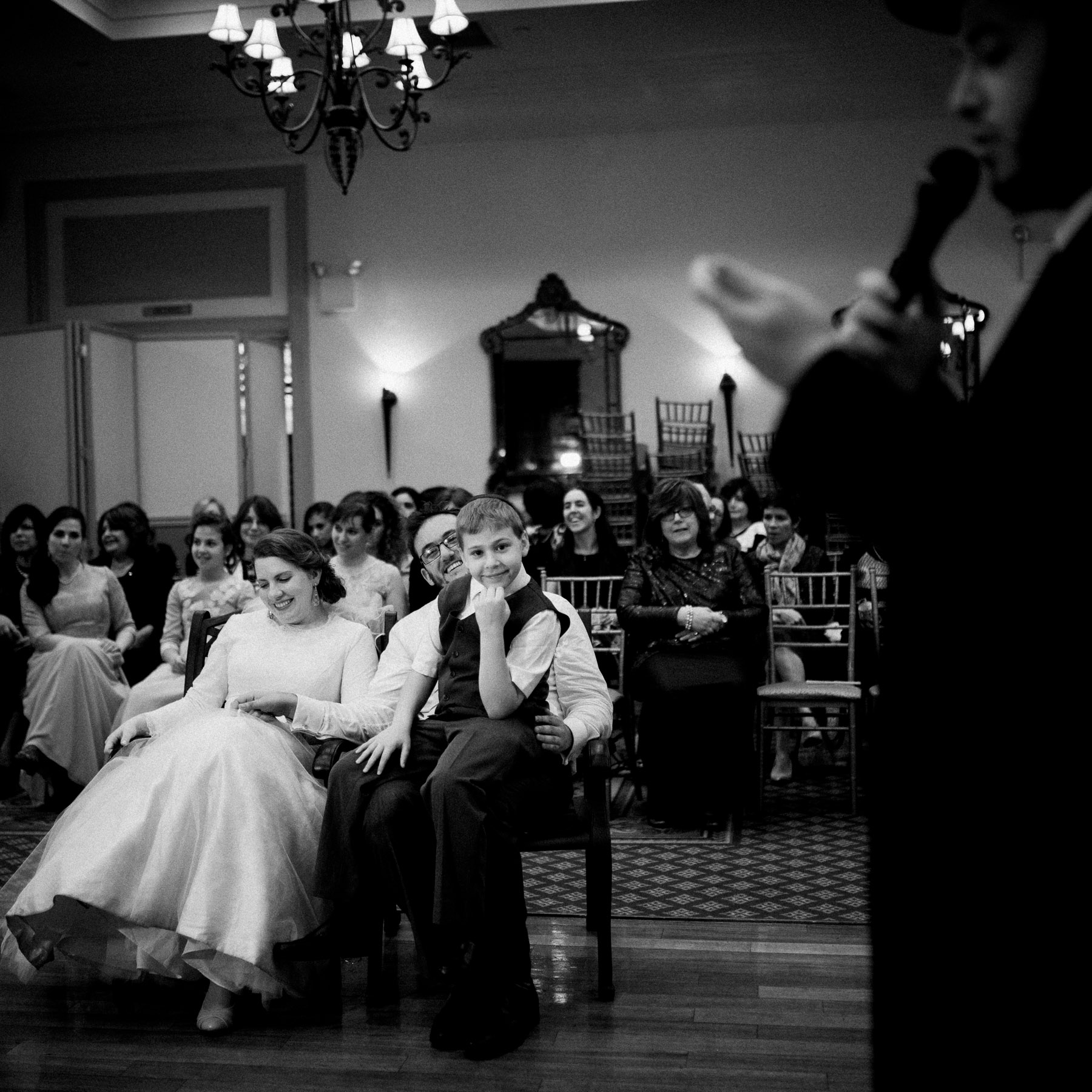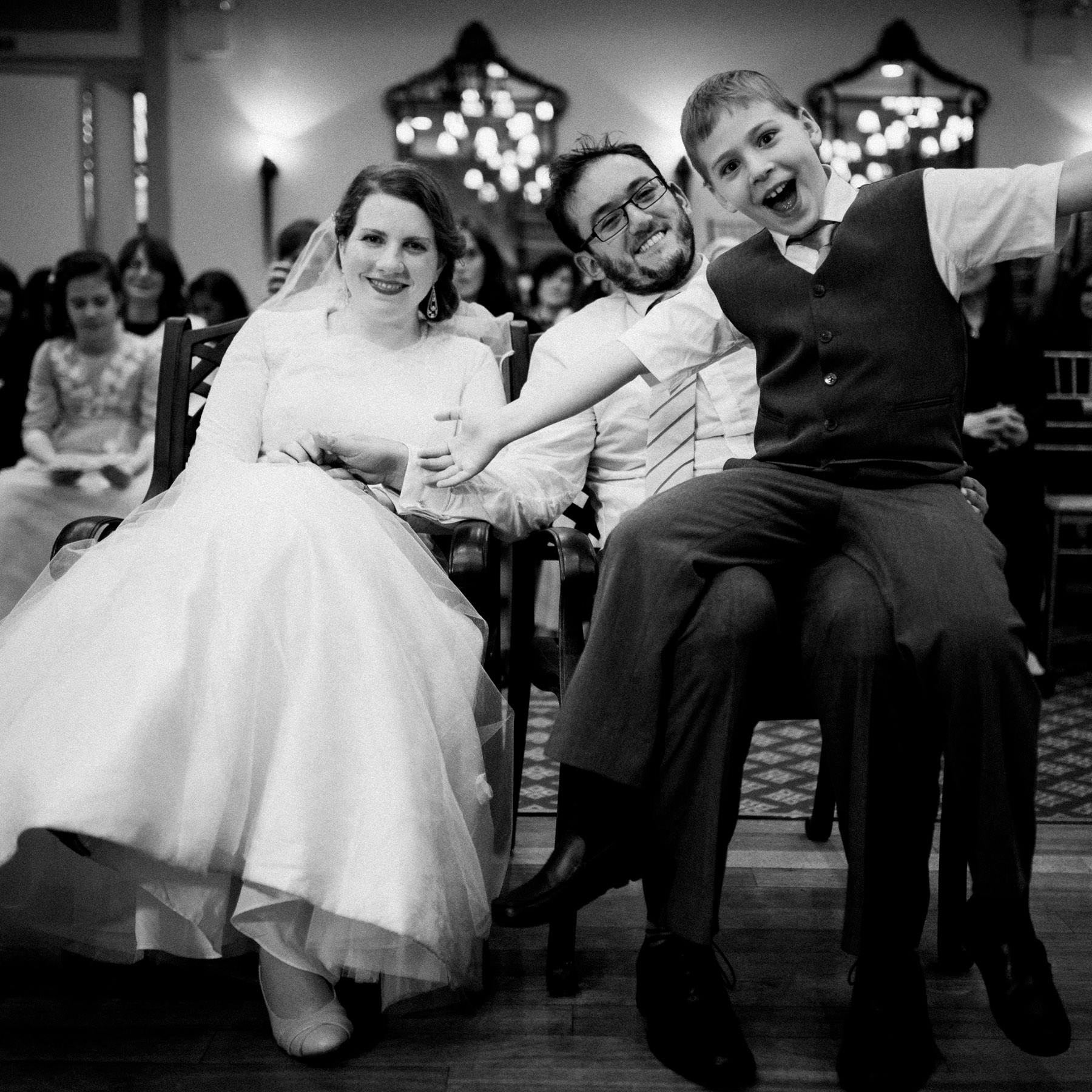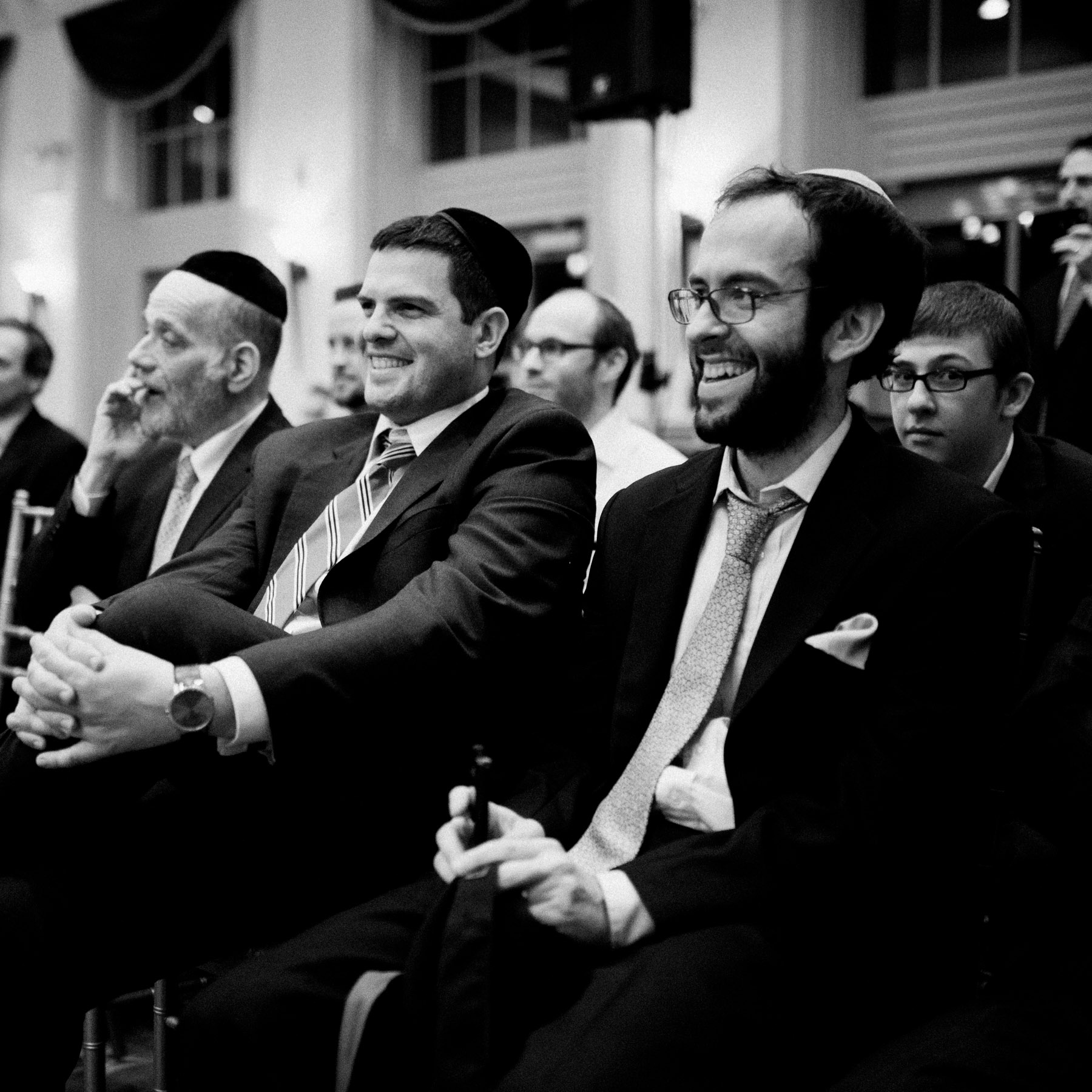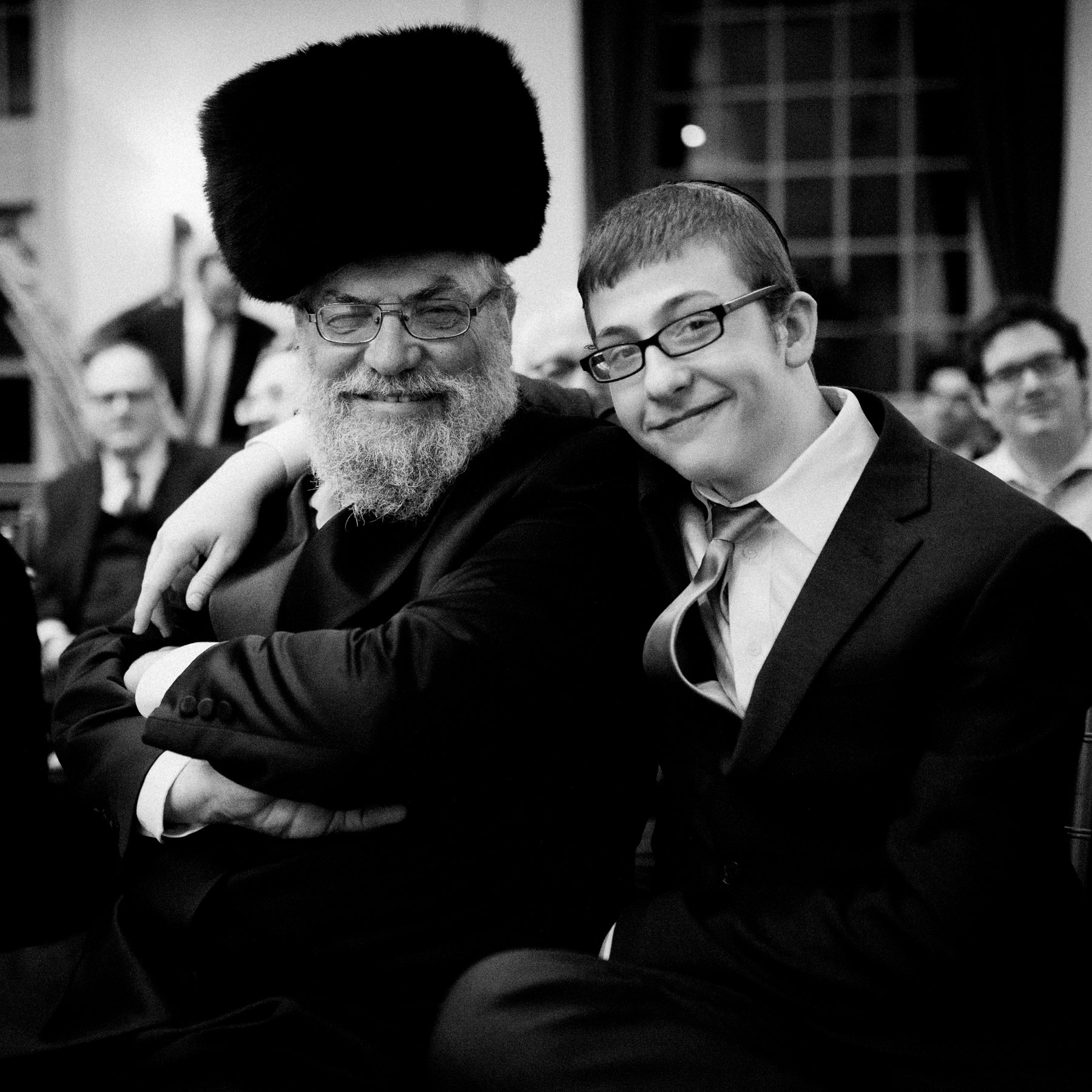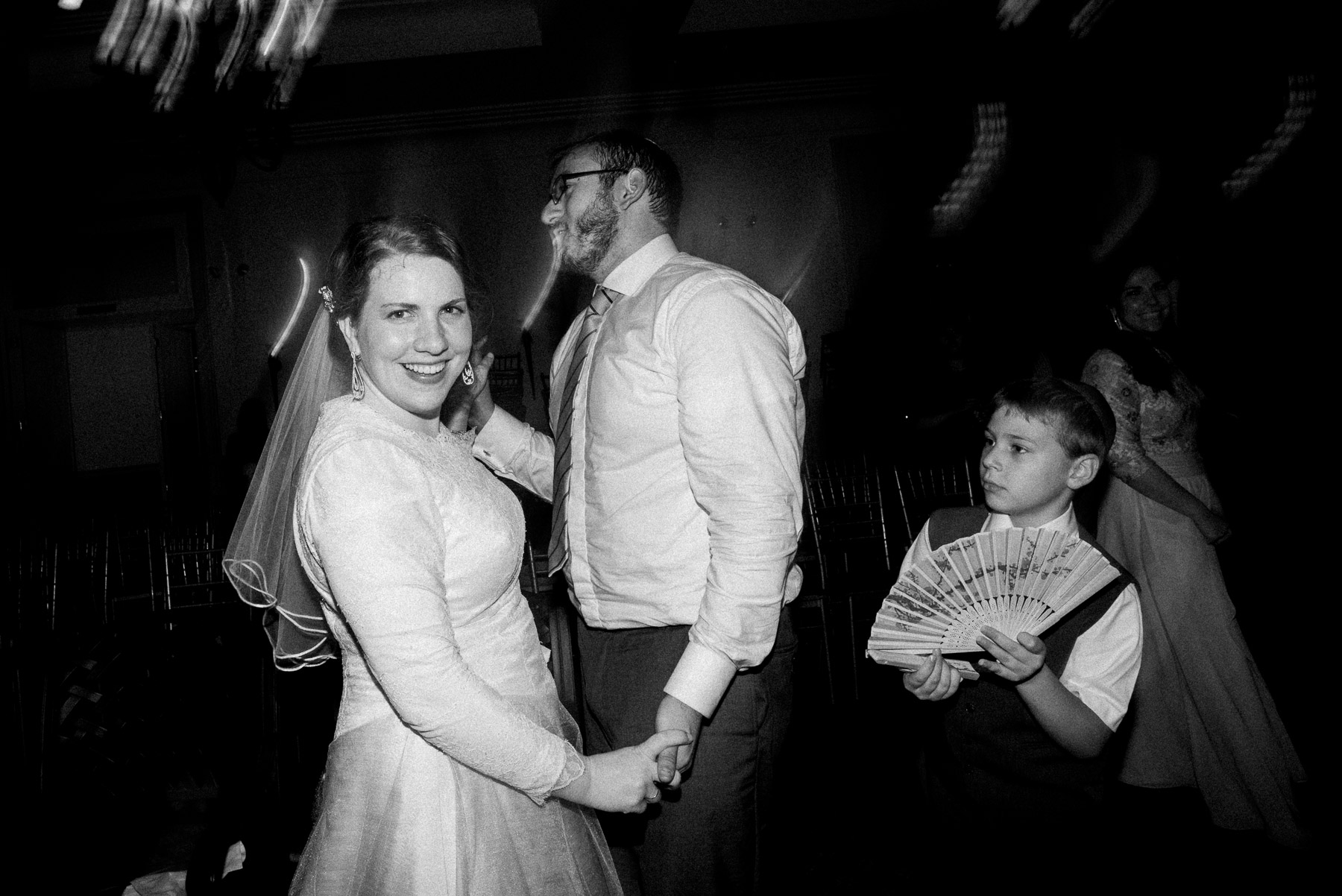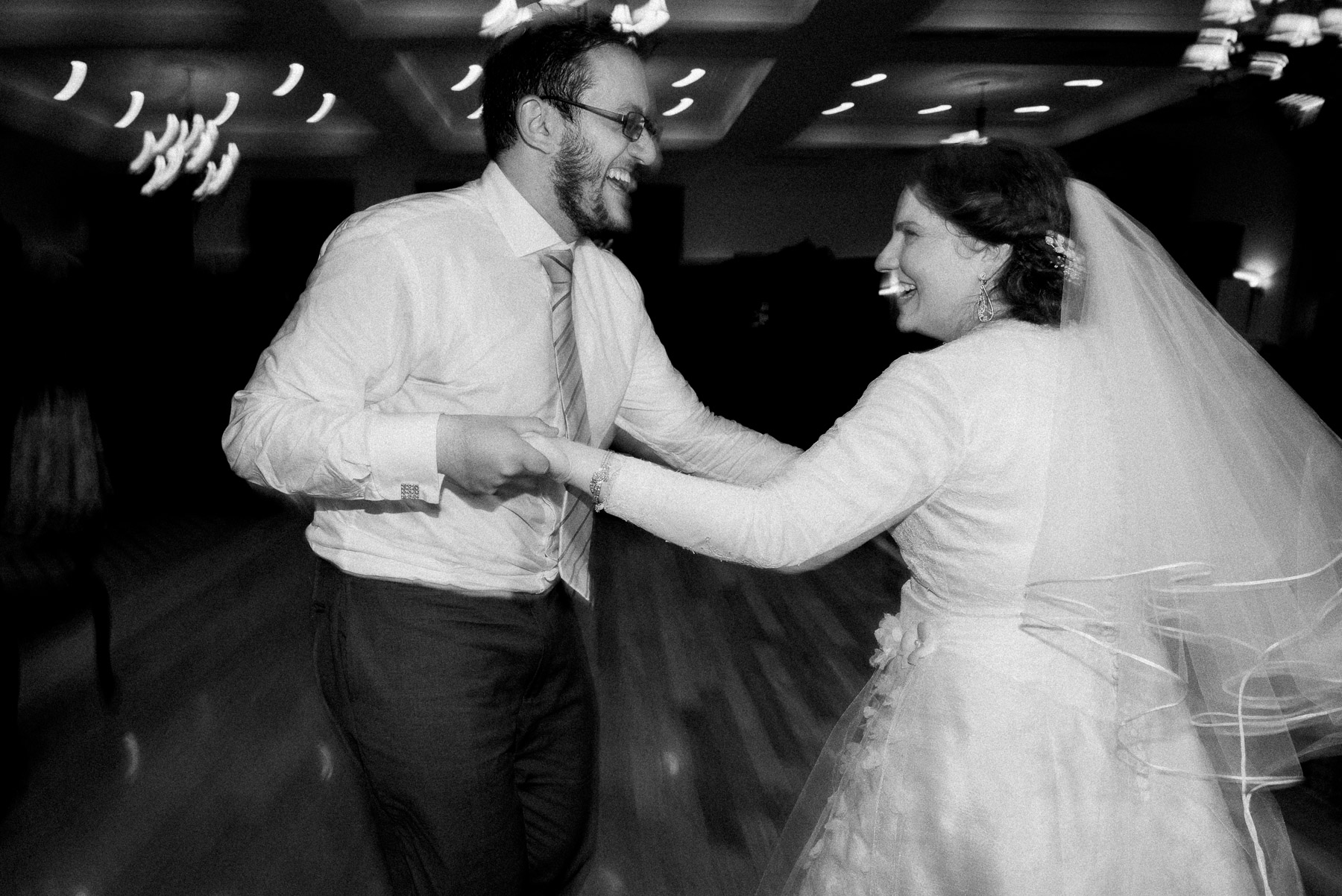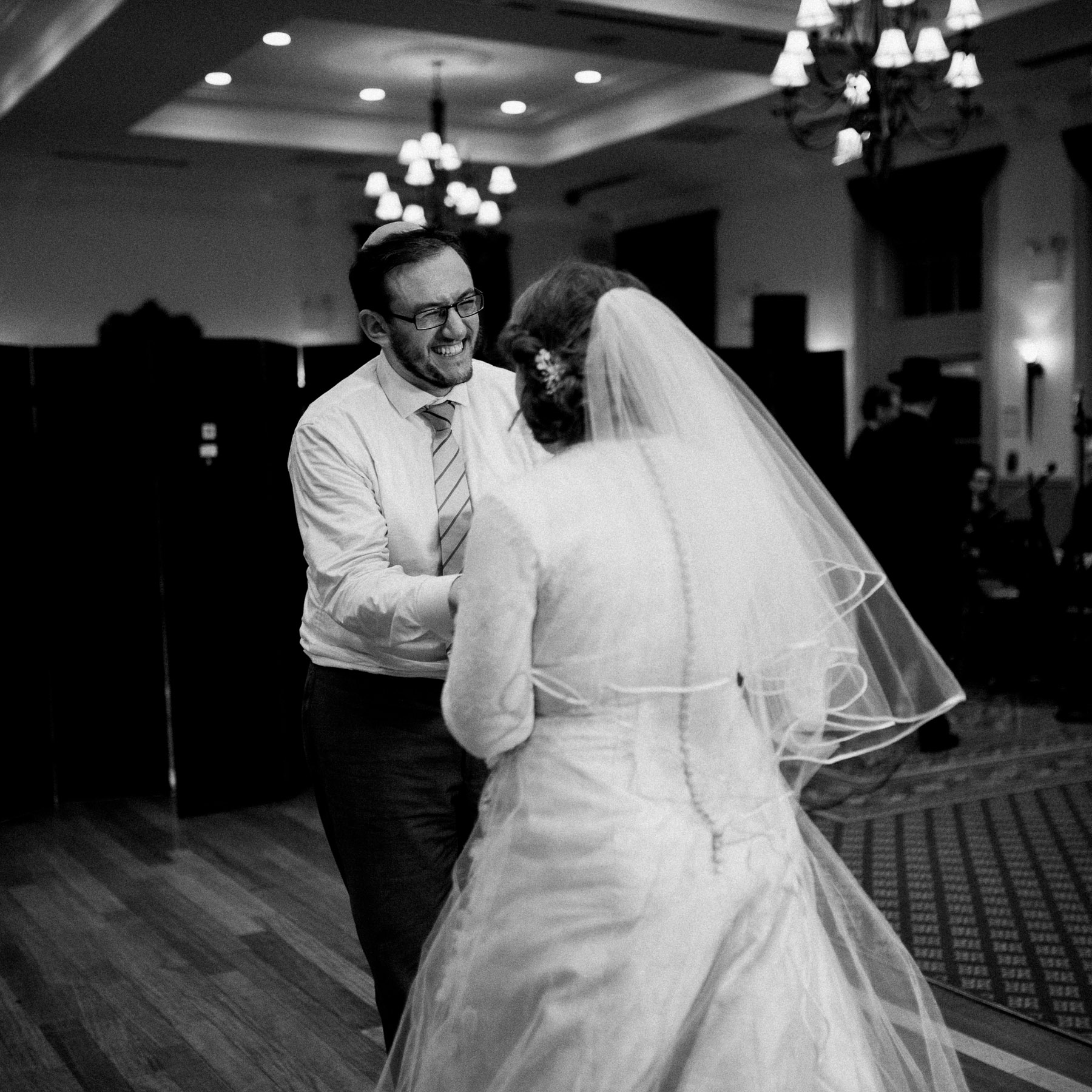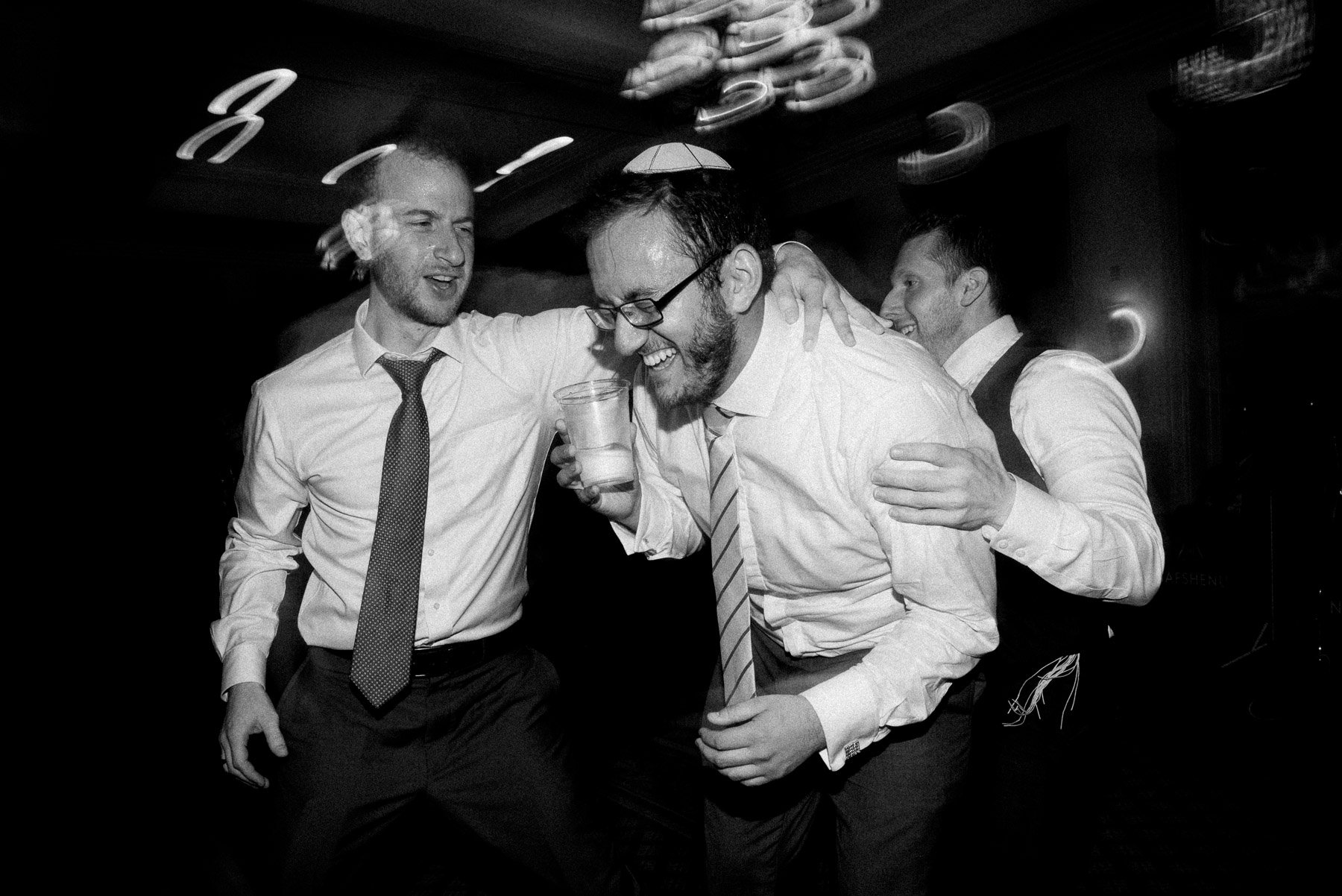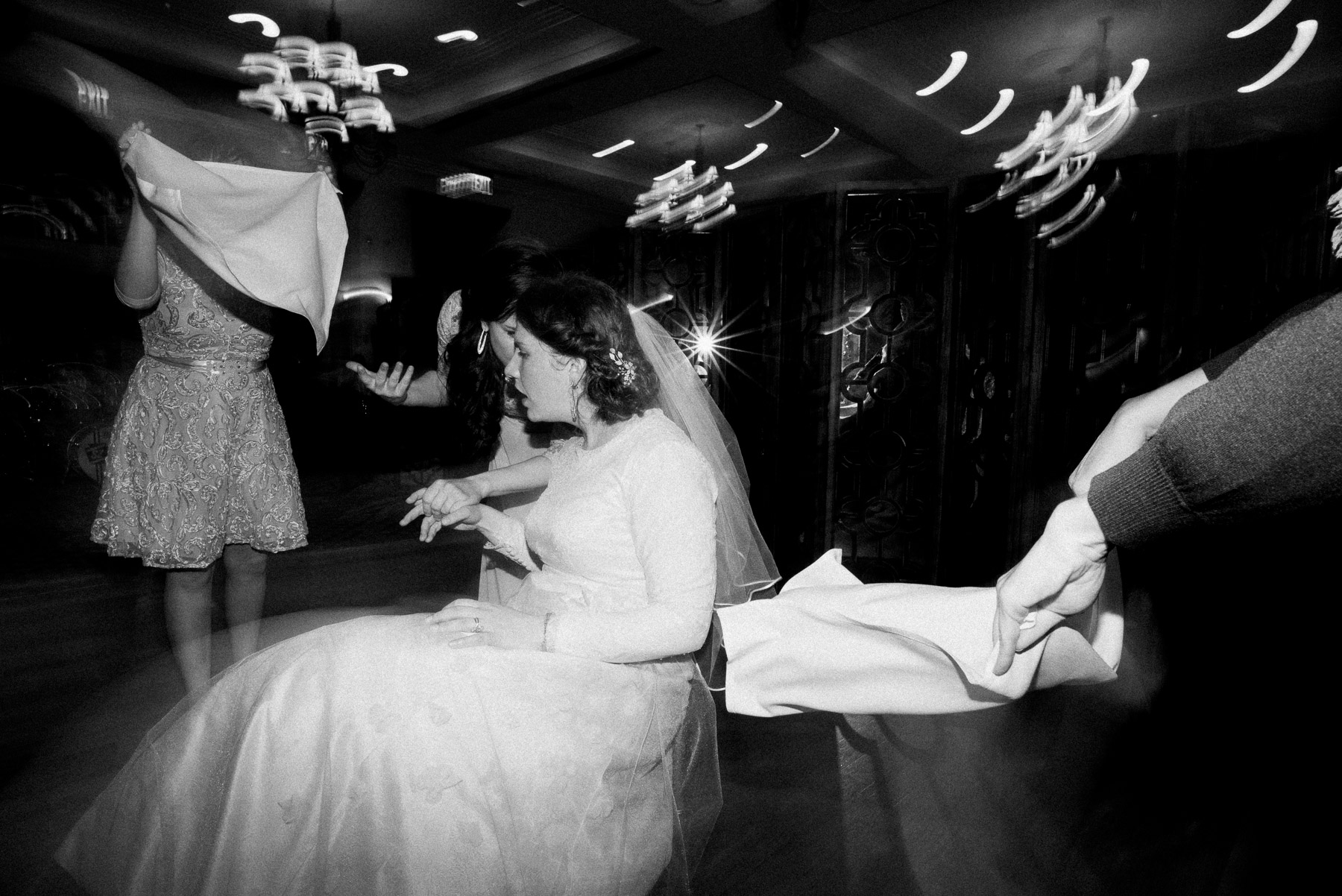Disclaimer number one: There are going to be a LOT of words under these words. Feel free to skip down to the photos if that’s your thing (but if you like Leonard Cohen, Judaism, G-d, spirituality, controversial thoughts, random stuff, and more random stuff, by all means, keep reading, I promise it’s an interesting one!).
A few weeks back I was photographing a lovely wedding somewhere in New Jersey (not this one) and I was scrambling a bit for a ride back to the city (which of course means Crown Heights, Brooklyn). I had this wedding confused with another (shut up) and where the other would have many people heading back to Crown Heights, this one, well, not so much.
I finally found ONE fellow heading back (now this shouldn’t come as a shocker, but spending so much time in Crown Heights growing up and in school I kind of figured it’s the, you know, center of all Jewish life in Brooklyn. Ha!), and convinced him to stick around long enough for me to wrap up.
(Dearest Google, sheine punim, omnipresent and ever knowing: this wedding of which I’m sharing (possibly too many) photos of, took place in Manhattan, just because I keep on writing “Crown Heights” doesn’t mean I want the SEO for that. Got it? Great, happy we had this talk.)
We got to talking (because that’s what you do when you get a ride with someone, unless it’s a ride share and you’re tired), and our talk meandered into music preferences. I mentioned that I love Leonard Cohen (a bit reluctantly as I’m (stupidly, I know) a bit embarrassed when I like popular things), and that totally set him off.
I think I met the only Crown Heightser who is a bigger Leonard Cohen fan than I am.
We spoke about him for a bit and the sad state of music in the frum (Yiddish term for the Jewish orthodox world), meandering from there to the general lack of spirituality and G-d prevalent in so many religious communities. How one can spend an entire day (week, month) with people without any mention or discussion of G-d or holiness or spirituality or anything real. I mean we’ll throw out mindless “thank G-d!”s and hundreds of blessings, and the occasional “dvar Torah”, but any real conversation is about politics or sports or business or fashion or whatever.
You know, solving the world’s problems, one complaining conversation at a time.
(I’d love to be able to exclude myself from such aspersions, but yeah, maybe one day.)
At some point I mentioned I was actually a bit disillusioned with Leonard. I had two recent heroes: Leonard Cohen, and Oliver Sacks. Both had recently passed away and I was a bit miffed at myself for not going out of my way to meet them.
Oliver wasn’t religious at all but his life was inspiring, while Leonard was deeply spiritual but it seemed to me (at the time) that he was a bit selfish. Maybe he had to be. I don’t know.
My gracious driver graciously disagreed and put on a speech that Leonard gave at a Symposium for English Language Jewish Writers symposium in Montreal in 1964.
It was soooo good. Brash, beautiful, strong, harsh, and deeply spiritual.
So good in fact I took the time to type most of it out (besides for some parts about Canada I didn’t really care to understand).
Disclaimer number two: I don’t agree with everything he says (and I think it silly that I even need this disclaimer) but it’s definitely a valid and much needed outlook. Things have changed since 1964, but much hasn’t. I also don’t pretend to understand much of what he said. But I did learn a few new words :)
Disclaimer number three: I did not listen to the previous speakers as I didn’t think to google it until after I wrote this and frankly I doubt it would be as interesting as Leonard’s responses and comments.
Edit: Okay, I just listened to the others, not nearly as interesting, back to regular programming.
You could listen here if you’re interested (it’s worth it).
///
Ladies and Gentlemen.
I stand at the summit of a very bad Jewish education, and a very bad secular education.
I do not have the luxury to indulge myself in a choice of language, since I only have one. I have learned French for political reasons and Greek so I could order groceries, but the language of my spirit, is English.
Mr. Ravitch (who spoke before yiddish and how any real Jewish writer must at least have a working knowledge of it, etc.) manifests an interesting nostalgia for Yiddish and Hebrew, but if he believes that the future of Jewish emotion and spirituality resides in those two languages, he must relegate the entire North American Jewish experience tot he outer limits. The fact is the Jewish experience, contemporary Jewish experience for the larger number of Jews today is English.
But it doesn’t matter anyhow because because Mr. Ravich is guilty, that’s too strong a word, he labors in the error that there is no spiritual content without language, and it is my primary contention that language only obscures spiritual content and is in the second realm of the encounter with divinity or the spirit
Mr. Ravitch is frightened that the entire jewish experience will degenerate to some obscure sect performing a ghostly ritual. I think that if that sect were composed of 36 men it might be worth the entire religious experience of the diaspora
I also, Mr. Ravitch, though I do not have anything approaching your background in European background, I would caution you to speak less casually about the Jewish eternity, because the jewish eternity is not in the had of the practitioners of one language or another but in higher hands who may choose an entire different method of communication to reveal his plan, so let us not jump too quickly to involve our destiny in any particular alphabet, I think our destiny transcends an alphabet.
…
The idea of a real jewish writer to me is on the par with those people that discuss which meat stores are really kosher, the important thing is nourishment, the label is secondary.
Where are the men of the spirit, if they exist among us and speak with their hands, we owe them our gratitude.
The world is hostile not only to the jewish writer, the world is hostile to the writer, to the poet, who world is hostile to any man who will hold up a mirror to the particular kind of mindless chaos to which we endure. That is the glory of the poet, that is the glory of the writer, that is the glory of the Jew. That he is despised, that he moves in this mirrored exile, covered with mirrors, and as he passes through the communities where he sojourns, he reflects their condition and his condition.
To me his destiny is exile and his vocation is to be despised.
…
Judaism is a secretion with which an eastern tribe surrounded a divine irritation, a direct confrontation with the absolute. That happened once in history and we still feel the warmth of that confrontation, divorced as we are from the terms of it. That happened a long time ago.
Today we covet the pearl but we are unwilling to support the irritation, the burning nucleus, and our spiritual life today has the exact consistency of an unclean oyster, and it stinks to heave.
We cannot face heaven, we have lost our genius for the vertical. Jewish novelists are sociologists, horizontalists, and the residue of energy left from that great vertical seizure we had 4000 years ago, that we turn towards ourselves.
We knock on our own doors and wonder when no one answers.
We create this insane Talmud of identity that must end in psychiatry or Zionism, but never in a prayer of praise. Perhaps our taste for the absolute was too intense, we could not bear the light. We could no support the annihilation of the world inherent the light.
Perhaps we lost the land because we no longer wished to posses it. The light made the cities and the temples irrelevant. Perhaps we can live every day, with the destruction of European Jewry in our hearts, because in some unassailable quarter of psyche we know the exile had become meaningless, just as our exile in Canada has become meaningless.
Now it is not easy for me to say this or to think it, and I accept the censure of those of you who have suffered, which you must direct to one such as myself who has not suffered anything but a small spiritual anxiety, and that among comfortable circumstances. But the emptiness of our exile in Canada has driven me into arrogance and scalpel thrusts.
There is an awful truth which no Jewish writer investigates today, which no Jewish poet articulates. It is a truth that the synagogues and the cultural establishment cannot efface, and it is this truth:
We no longer believe we are holy.
This is the declaration that I wait to hear going out from synagogues and from the lips of cultural Jews and ethical Jews. This is the confession without which we cannot begin to raise our eyes. The absence of G-d in our midst. And it’s interesting that in two symposia that I have been to within the Jewish community within the past few month, no one has mentioned the word G-d.
And I am laboring under the misapprehension that the Jewish people represents that testimony on Earth, and that without that testimony informing its actions, Jewish survival is nominal and no more important to me than Armenina survival or Greek survival.
The absence of G-d in our midst is a deep rotten cavity that has killed the nerve of the people. We are ready to accept psychiatric solutions for our suffering. We are ready to accept ethics instead of sanctity, and we will die very badly for our choice. And our monuments will be new parochial schools and the state of Israel and a militant anti defamation league and maybe a Jewish president of the United Staes. Well to hell with these mausoleums! The architecture, look at it! of our new city synagogues, speaks of their hideous obsession with safety.
Now before we begin, we much face that despair that none of us dares articulate: that we no longer feel we are holy. And our writers will continue to be sociologists and cataloguers, there will be no psalms, there will be no light, there will be no illumination, until we can confess the position in which we have decayed.
Each generation of man, must continue the ancient and holy dialogue between the material, secular, artificial, ethnocentric on the one hand; and other the spiritual, ascetic, natural experiential. Certainly we have built too much on the other side, the balance has hit the ground.
Let us refuse the title “Jew” to any man who is not obsessed by G-d. Let that become the sole qualification of Jewish identity. Let us encourage young men to go into the deserts of their heart and burn the praise of perfection. Let us do it with drudge, with whips, with sex, or blasphemy, or fasting. But let men begin to feel the perfection of the universe.
Let us declare a moratorium on all religious services until someone reports a vision or breaks his mind on the infinite.
Jews without G-d are Lillies that fester. Let us discard the mentality of the minyan, the danger which it was meant to shield us from, lonely self annihilation of the spirit, is unfortunately no longer a danger.
Let us make it a danger.
Let us see Jewish monasteries, our families are strong enough to support the dialects. We need our dirty saints and monstrous hermits. Let us create a tradition for them, for they like the world.
Question: “I thought that Mr. Cohen has criticized the prophetic tradition in the Jewish writing and to my amusement and dismay, he proved himself to be a prophet of something else at the end. And therefore I would like to ask him what his definition of G-d and holy and how can man relate to these identities.”
Leonard: Look, I would not blaspheme the name by giving him a definition at this particular symposium. If your apparatus of comprehending the numinous has collapsed to the degree that you ask me for a definition of the word G-d, then you are beyond my therapy.”
Q. “For my sake will you just define the efficacy and superior spiritual efficacy of whips and drugs and stuff, not G-d.”
L. I would say categorically at this moment that in any junky’s kitchen there is a greater contact with the spiritual world than any given synagogue on the North American continent.
Q: “I want to remind you that literature is an art, and no one mentioned that tonight, an artist touch is universal, and I think the problem of the identification of the English writer and his identification as a Jewish writer, that problem is a very limited one. Because a writer has to identify only with himself, be honest with himself, and through himself identify with man in general with mankind in general. And it’s not important whether he’s a Jew or non-Jew, and in art the contents is universal. Art speaks and has to speak to everyone and because of what we lived through, what we passed. Because of the great tragedy, we should realize that the writer has the duty to throw down everything which divides him with other people. That language shouldn’t be a barrier, that he should strive through his language to speak to everybody, and his ears should be open to the whole world.”
L. I think that’s a very pleasant piece of literary propaganda, but unfortunately the mere declaration of the dogma “art is universal” and “we should take down the barriers”, is of very little significance really. Because art to be universal has to be particular. There is no good play set in Ambrosia. A play to be great, an idea to be great, has to be located and chained to a particular human circumstance. And the fact is that Jews are different from other people. And implied in your remark is the fact that there is a great universal spirit of art , and all one has to do is climb up the ladder of art and one leaves one’s heritage, ones gene, ones blood behind, and joins the divine company of angelic interpreters.
Very wrong. Very wrong. The Jew has a particular kind of vocation, it was his blood that apprehended a particular kind of divinity. It is that kind of apprehension that keeps the people alive. Without the exercise of that apprehension he becomes nothing but a mere consumer of the world’s goods.
Q. “… also I’d like to protest the romanticization of people like junkies. If you ever had much to do with them, they haven’t had a quarters fingernail Wirth of experience int he spiritual realm. Believe me I’ve been there when they’ve been washed out.,I’ve been there when they’ve been in and out, and they are not the proper people to stand for the kind of prophecy which you, very rightly, would like to see.”
A. I don’t intend to debate the advantages of the psychedelic experiences with you. I can only say this, that I have had personal experience with almost all the drugs going and I know the narcotic situation very intimately in this country, the United States and the Middle East. And I can tell you that the addicts that you’ve seen are heroin addicts or the victims of a particular mafia police conspiracy and the drugs are not confined to that p[articual kind of experience. And I would say that any jew from a synagogue having an experience with mescaline or lcd, I’m not advising this, but in view of the morass, of the swamp, of the miasma, of the dampness, of the Jewish spiritual state today, a state that nothing could ignite, save through the scalpel, or through the whip, or through a drastic alteration of the senses through narcotics. And that’s the only point I’m making. I do not suggest that everyone shoot themselves with junk. You don’t have the veins for it, most of it. What I am suggesting, is that crucial life experience, which is romantic, which is Apollonian and Dionysian together. Crucial life experience is not the dull, dead, totalitarian center. It’s not the nice things. Crucial life experience is romantic, and the only point I’m making is that that does not flourish in the synagogues today.
Q. “Yeah, but if you cannot get close to G-d without taking a pill, I was not just talking about heroin addicts as a matter a fact, taking a pill, chewing a cut, or anything like that, man, you are spiritual pretty weak to start with.
L. No.
Q. “I have the impression that the whole question tonight, may be beside the point (Leonard mumbles, “probably”) one element that has not been brought about is the tremendous rate of change in which we live. We’ve gone through, most of us, a tremendous catastrophe. Jewish life is not the same as it was 50 years ago. It’s not the same as it was in Poland 100 years ago in the Shtetl and it’s not the same experience we had when we were young. I think most Jews refuse to be merely Jews. They consider themselves as human beings who are a part of a greater community, be it their city, their country, or the whole humanity…
And every writer has the right to portray any personality as he sees them, that is the part of art. And I have the impression that the idea that Jews are a prophetic people, as Mr. Cohen has said. I want to think of this impression that he likes it very much. But I just don’t think that Jews nowadays are any more prophetic than any other people (Leonard mumbling, “no no”).
Jews recognize more and more that they have the same problems as all other people. (L. They don’t, they don’t.) and to a certain extent they are different. But the fact that they are different does not mean necessarily that they have to enclose themselves in the ghettos as they do, and not go out to the broader world. And that’s why I agree with my wife that the universal values are those that are important to each one of us, Jews and non-Jews.”
L. Look, this is the dull, liberal, humanistic center. That everybody is the same, everybody is good, everyone is equal. The point is this, that peoples, races, bloods, have vocations. That people have geniuses. If you don’t believe it then you wipe out the variety and beauty of the world.
Because, “let me renew myself”, as the poet said. “Let me renew myself in the midst all the things of the world that cannot be connected”. Do not connect things too easily. Do not connect with human intelligence. Do not make a huge broad sweep and include everything under the same wing. People are different, minds are different. Minds and peoples soar into different directions. People have different destinies, constellations abut for different kinds of actives. And if you want to eliminate the variety of man, then you are a spokesmen, not for humanity, not for equality, but for dead totalitarianism.
Look, 4000 years ago, the world was idolatrous, and I small Eastern tribe repudiated the experience of the world to develop a difficult idea that has burnt the people for 4000 years.
That is what I mean by variety, of course the world is idolatrous, today, that’s why the Jews have a particular vocation. That’s why we’re here tonight examining a special unspoken kind of anguish about our identity because we are not fulfilling it.
There was a time when all of Judas neighbors were idolators, and some madman smashed the images and turned himself into light.
Now that is the challenge of Jews in every generation, whether it’s a ghetto or its a metropolis, is whether they are burnt or whether they are citizens.
Q. (Unclear) “Are you saying that the Jews have a special duty to save the world?”
L. The Jews have a special duty to save G-d. In the world.
Q. “Where is G-d?”
Look, as I said before. If the apparatus in each of you who snickered right now, if the apparatus in each of you has so withered that you cannot apprehend holiness, the numinous, then you are indeed right for the humanistic society.
Q. (Hard to hear, but audience grumbles and groans)
L. Look, my friend, there is such antagonism and hostility in your question, that I am reminded of Emerson’s remark, (pause) which I’ve forgotten (audience laughs). Here it is “what you are speaks so loudly, I cannot hear what you are saying.” In other words, the reality of your question can never distract me from the words you used. You’re not asking me about my relationship with the Jewish people, you are trying to censure my relationship with the Jewish people.
Now if you want to really know what I think about the Jewish people, I have 3 books and forthcoming one in which you can examine my relationship with the Jewish people. If you think my relationship is antagonistic I suggest you read closer.
Q. “And I think (someone) and Erich Fromm… that although they do not crop from synagogues and they do not come from churches, are greater prophets nowadays because they are concerned with the reality of living. And that this idea of something that has to be transcendental, somewhere beyond, does not have to necessarily be something we look for in holy. And to that extent we may agree, although the terminology is a question of semantics.”
L. No, I disagree. Basically, transcendentalism without G-d is sociology and politics.
Q… You have not given a definition of what this is.
L. You’re nourished by definitions, I’m nourished by the Almighty.
Q. (Inaudible)
L. The question was would I explore the differences that are innate in the Jews and I could not do that while standing on one foot. It’s a matter of the knowledge that each person int his room has. There’s a time you know when we must discarding definitions, start discarding the problem which we create for ourselves. We know what G-d means, we know what the word means, we don’t need a definition. We know what the word Jew means we don’t need a definition. There comes a time when the definition only obscured the human reality. Now let us return to the human reality. We know how we feel in the world. Jews know how they feel in the world. All I ask is for some allegiance to that feeling. If other people feel the same way, I praise the variety of the universe. That’s exactly what I wish for each person. For each race, for each blood, for each city, for each street, for each tree, to feel different. So that the individuality so the oneness of each thing can express itself, and not obscure itself in this dead center of acceptance and definition and clarification. Let us refuse to clarify, let us only follow the allegiance that we know we owe.
I would like to thank the gentleman who so eloquently courted me my charm. And I would like to say one thing:
It is just that kind of cynicism. The kind of cynicism that says. “Ah yes let them have their ideas, let them have their romance, let them have their dreams. We know the world is run by bankers and politicians and generals and statesmen.”
Because that cynicism eventually results in the idea of G-d becoming a charming idea. And that is precisely, I’m happy it was articulated at the end of this meeting, that is exactly where the Jewish people are today. We hold G-d like a little bauble, like a little charm. And that’s our special little identification mark, that 4000 years ago we had a special encounter. Well let me endure and flourish in my naivety. I believe the world goes on strange and mysterious plans and that the statesmen and bankers and warriors and generals and IBM manipulators are charming.
///
I feel like there needs to be a pause here.
The next day I went to a Leonard Cohen exhibit at the Jewish Museum in Manhattan with my grandmother. It was my first time spending some real one on one time with my grandmother in, well, in forever. And it was quite enjoyable from that end.
But walking through the exhibit, and the museum as a whole, was so weird. Leonard would have hated the exhibit and the whole idea of a Jewish museum.
His exhibit had very little to do with judaism or what drove him (and in general it’s hard to put up a three floor exhibit to a poet and singer), and the museum in general was full of Jewish artifacts and art by Jews. It kind of felt like a museum of the Aztecs. A bunch of people walking through gawking at a Judaism that got left behind in Europe (as the fetishization of the shtetl goes). No G-d. No spirituality. No holiness. Just bodies of art long emptied of their soul.
Okay, that was depressing.
(I’m also curious to know how his views may have shifted or evolved over the years as he was only 30 at this time.)
///
What does this have to do with the wedding I’m posting below?
Well not much, I just really wanted to share.
But.
Things, thank G-d, have changed much since 1964. I’m not enough of a historian to know rightly the causes. But spirituality and G-d are much more in vogue in the Jewish world than it has been (though of course far behind what it should be). The incorporation of Chassidus into mainstream Judaism and the Carlebachification of the synagogues has definitely made their imprint.
This wedding, these people, this family.
When I think of vibrant, real, G-d infused Judaism, all these come to mind.
The pure joy, not separate, but incorporated with and by their spirituality and G-d awareness, was not just a pleasure, but a relief.
Mr. Cohen, I’m not sure if you read wherever you are, and I doubt you’d ever come across this lowly blog, but I think you’d approve of the Jewish world that these lovelies personify.
Bodies of art, made such by their soul.
Anyways, if you made it this far, I applaud your efforts and am grateful for your time.
Now feast your eyes on this celebration of love!
Behold the joy of the living!
(also, Shira is part of the Wonder Media Nework, which is, in their words, “a pioneering audio-first media company that uses stories to inspire action, to promote equality and justice, and to introduce empathy into politics, business, and culture.” My favorite is “Women Belong in the House” about all the women running for congress)





